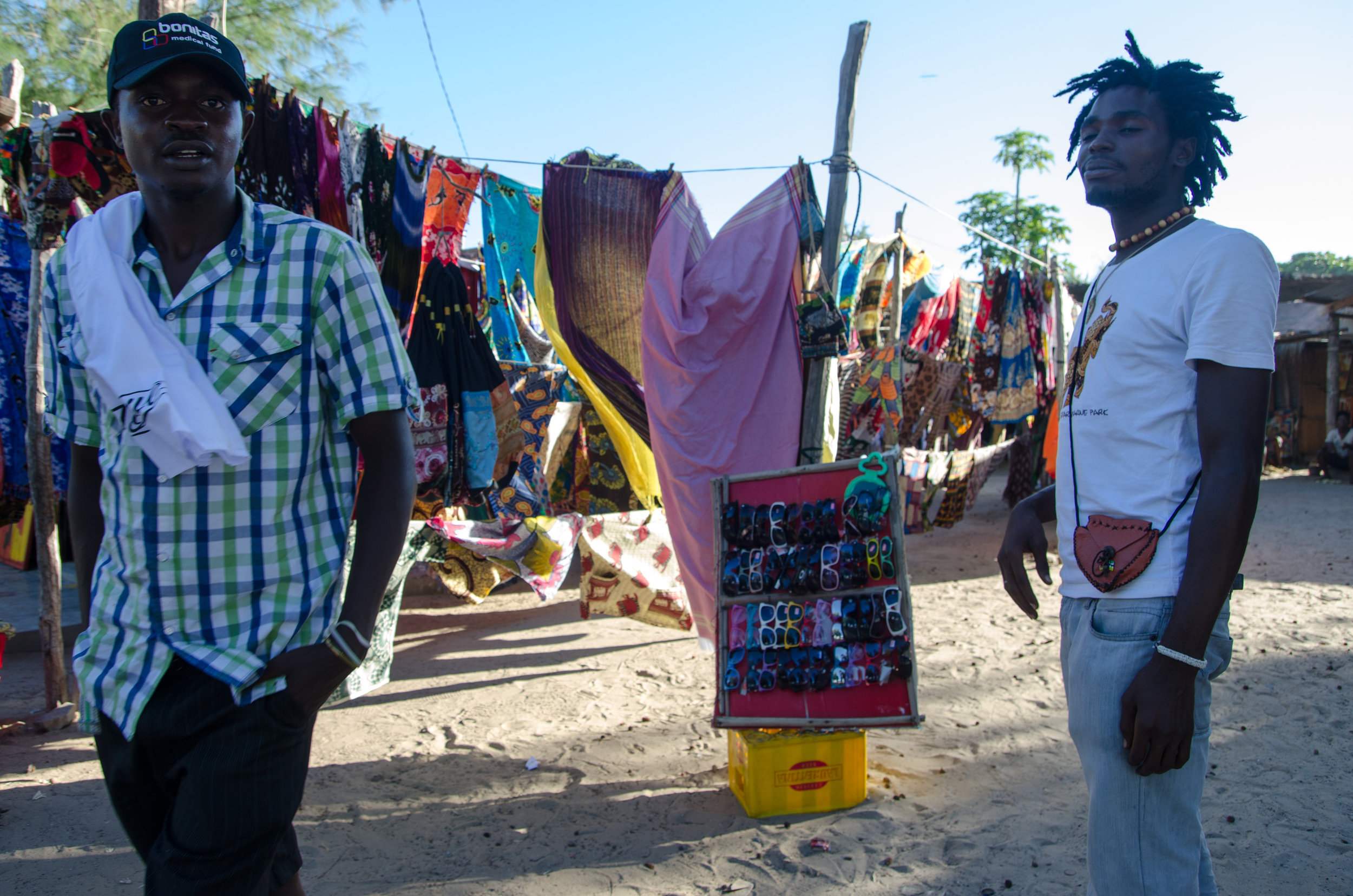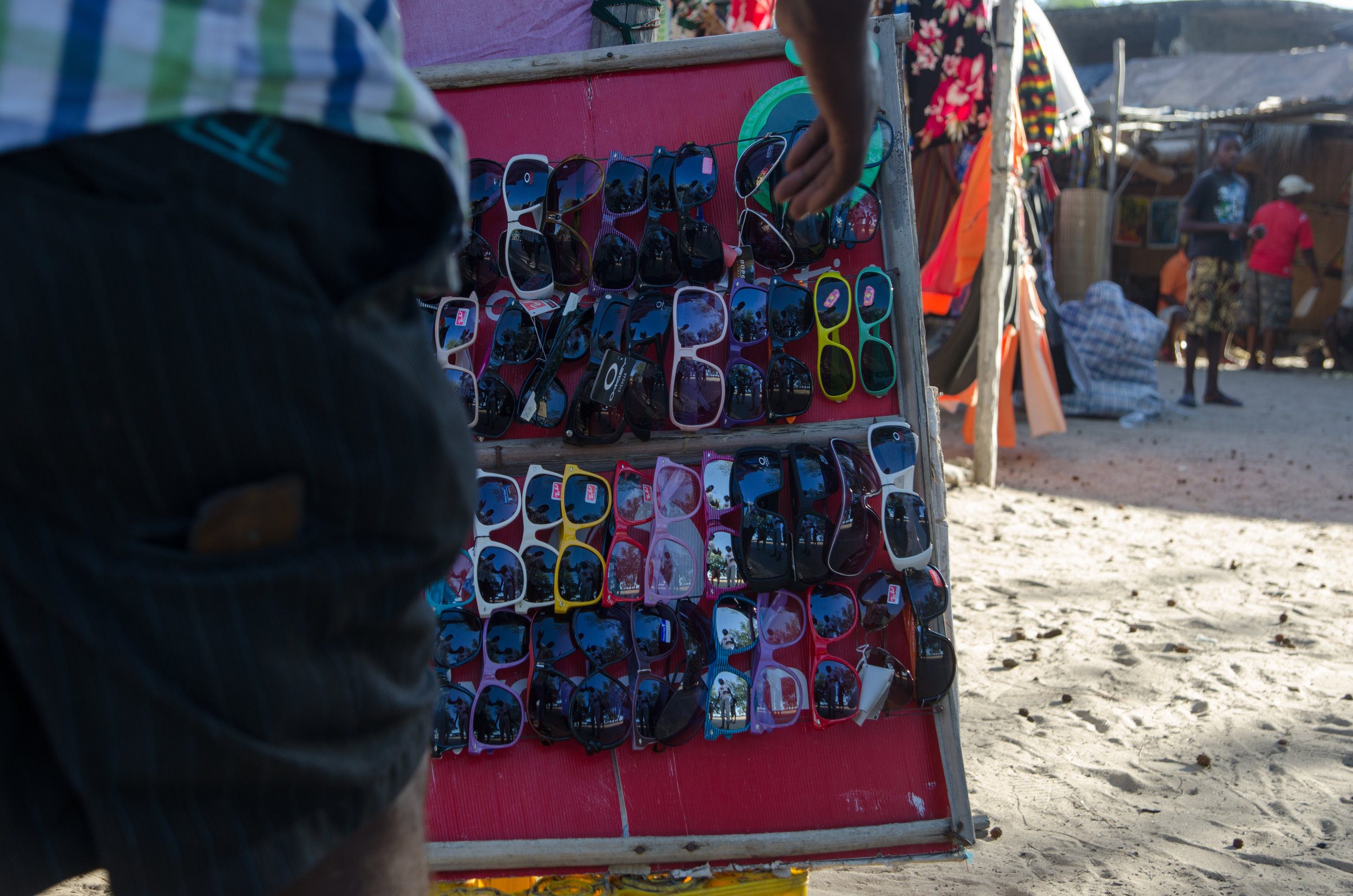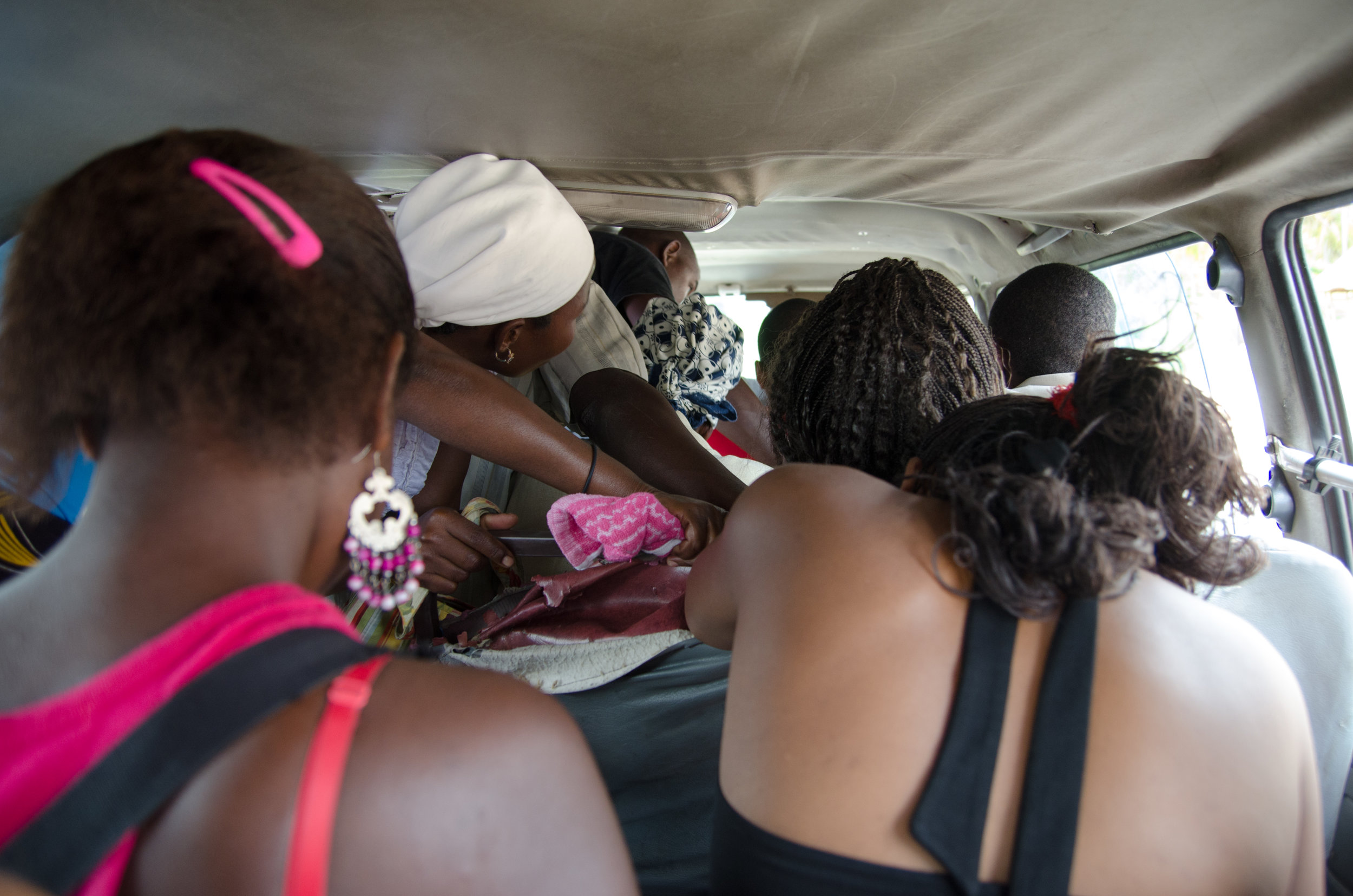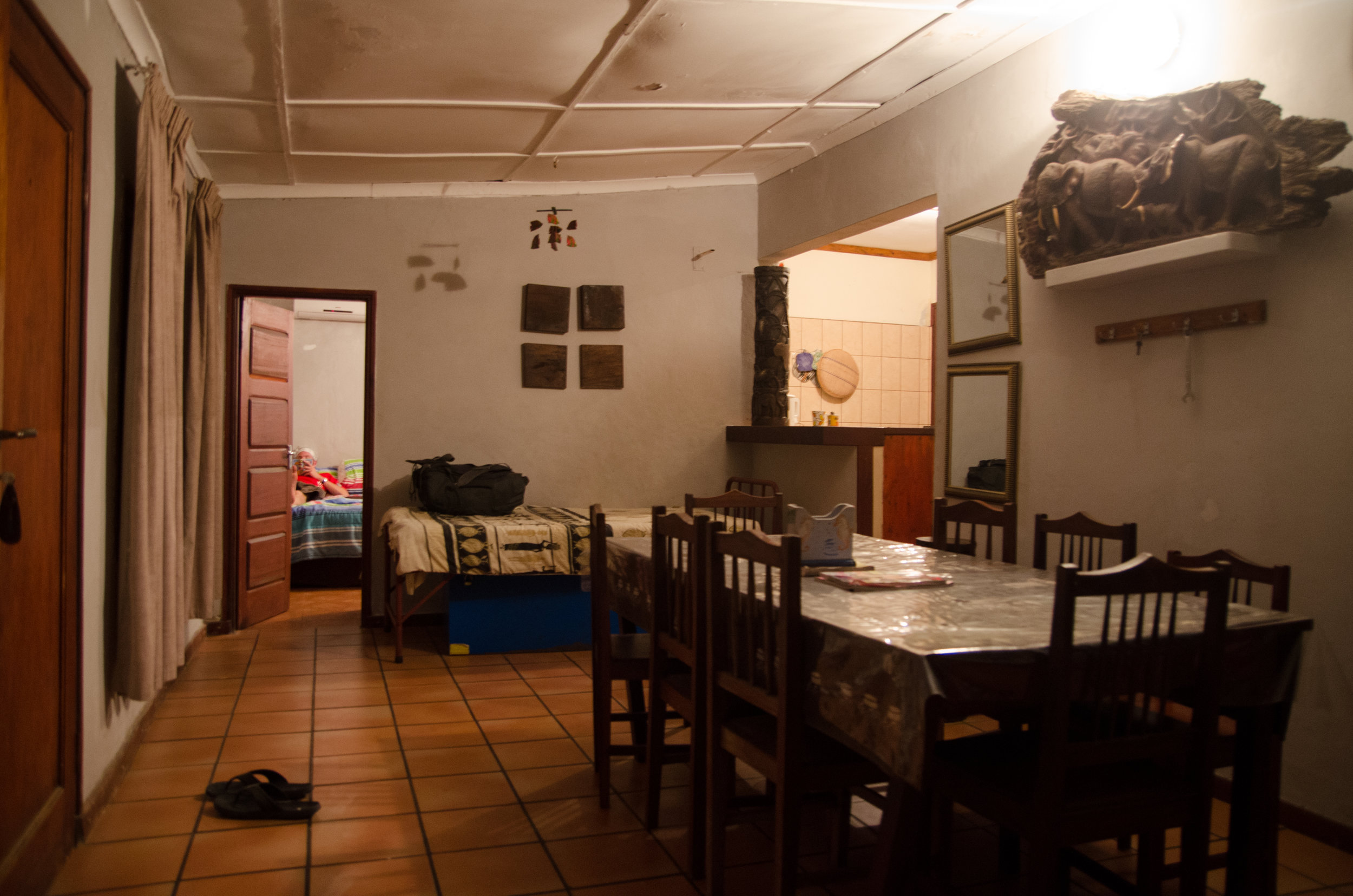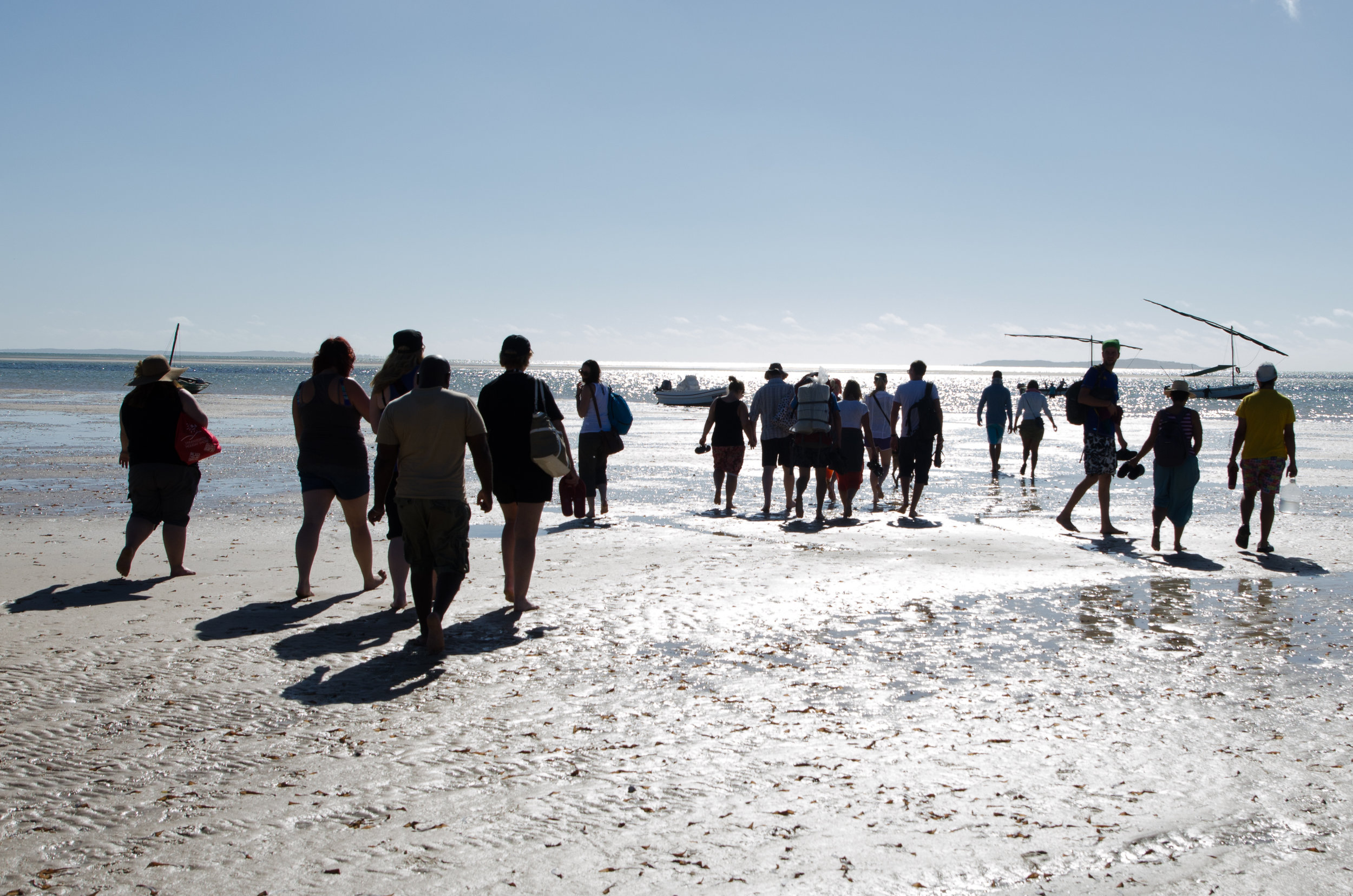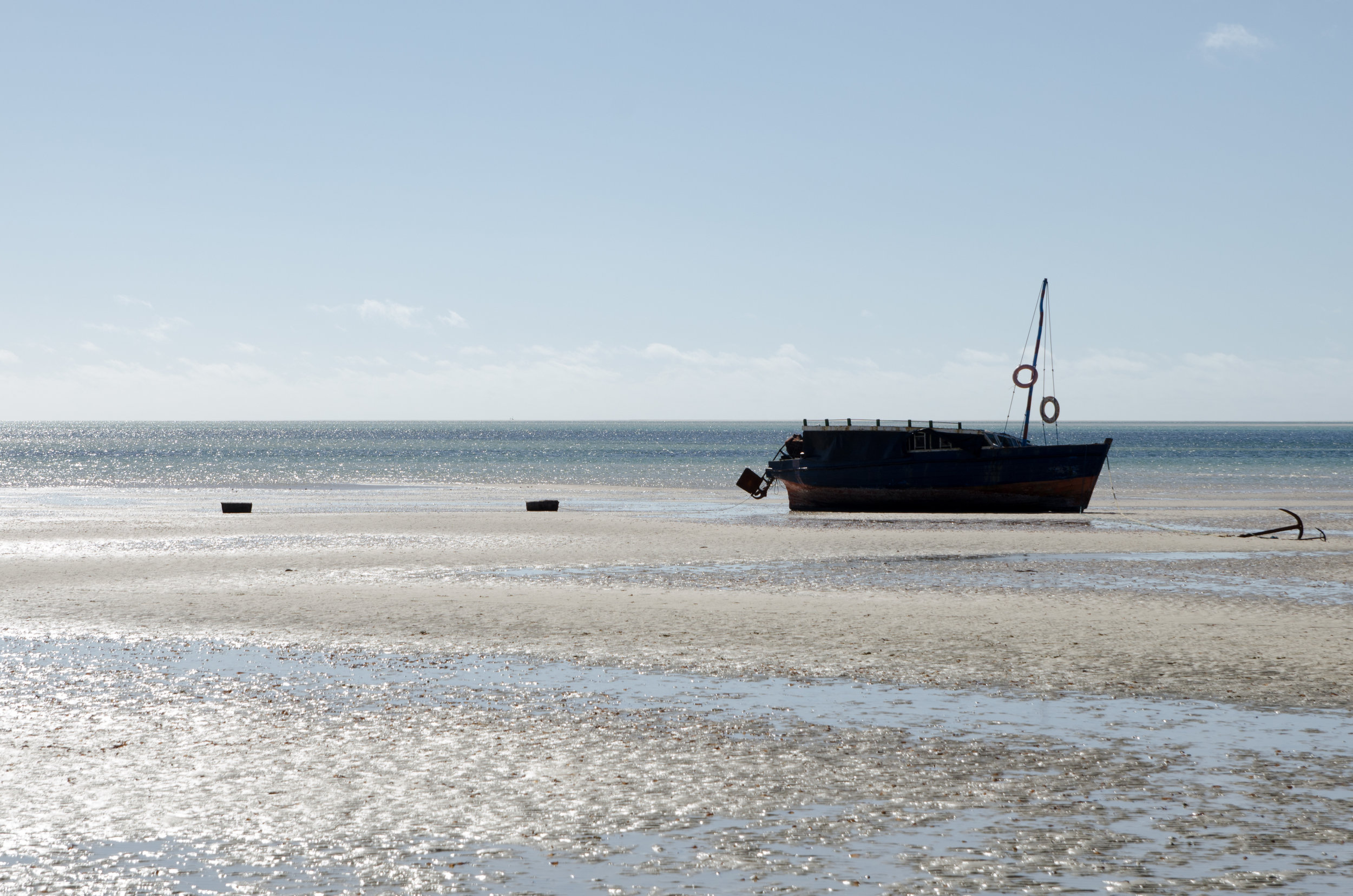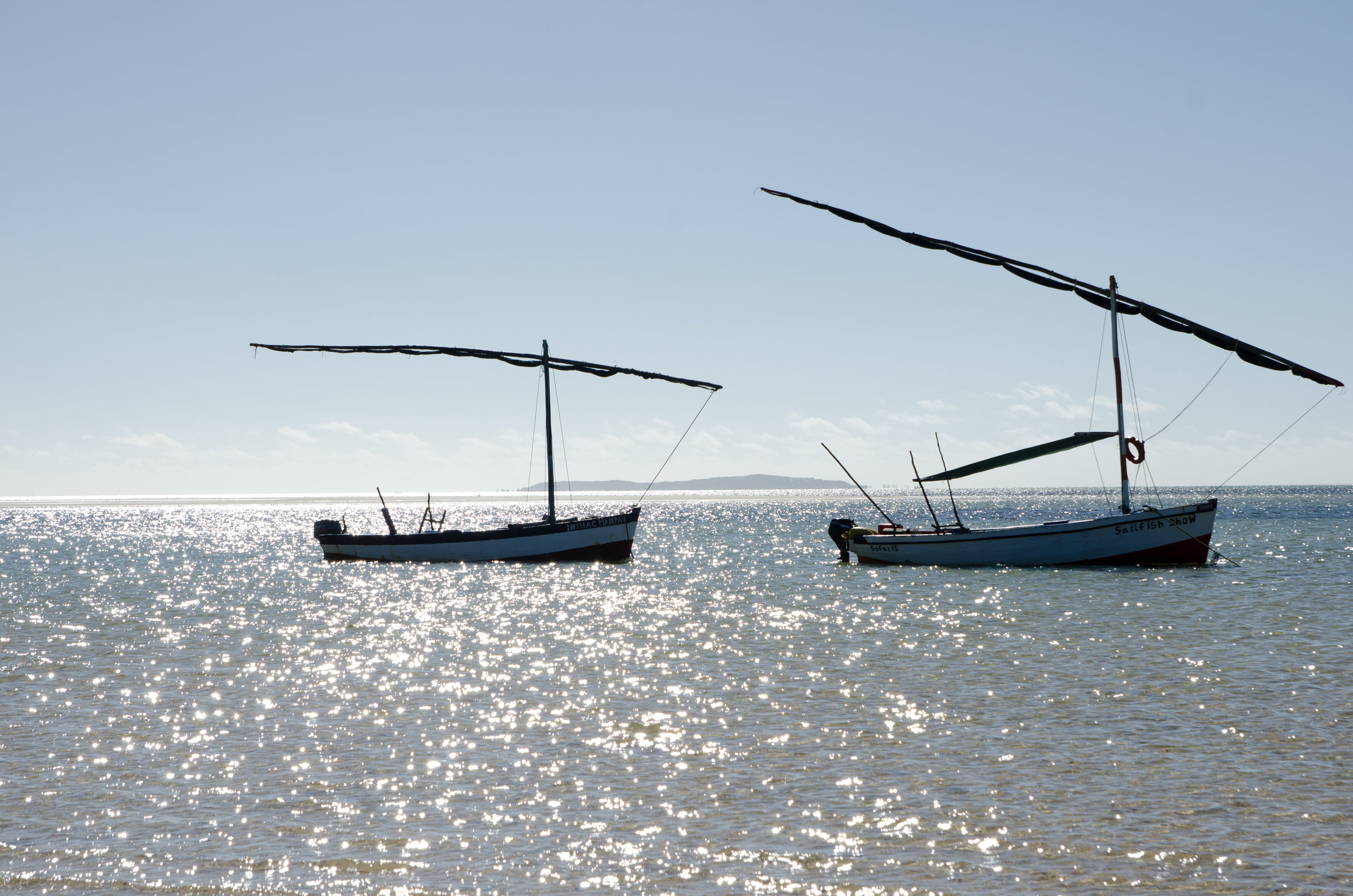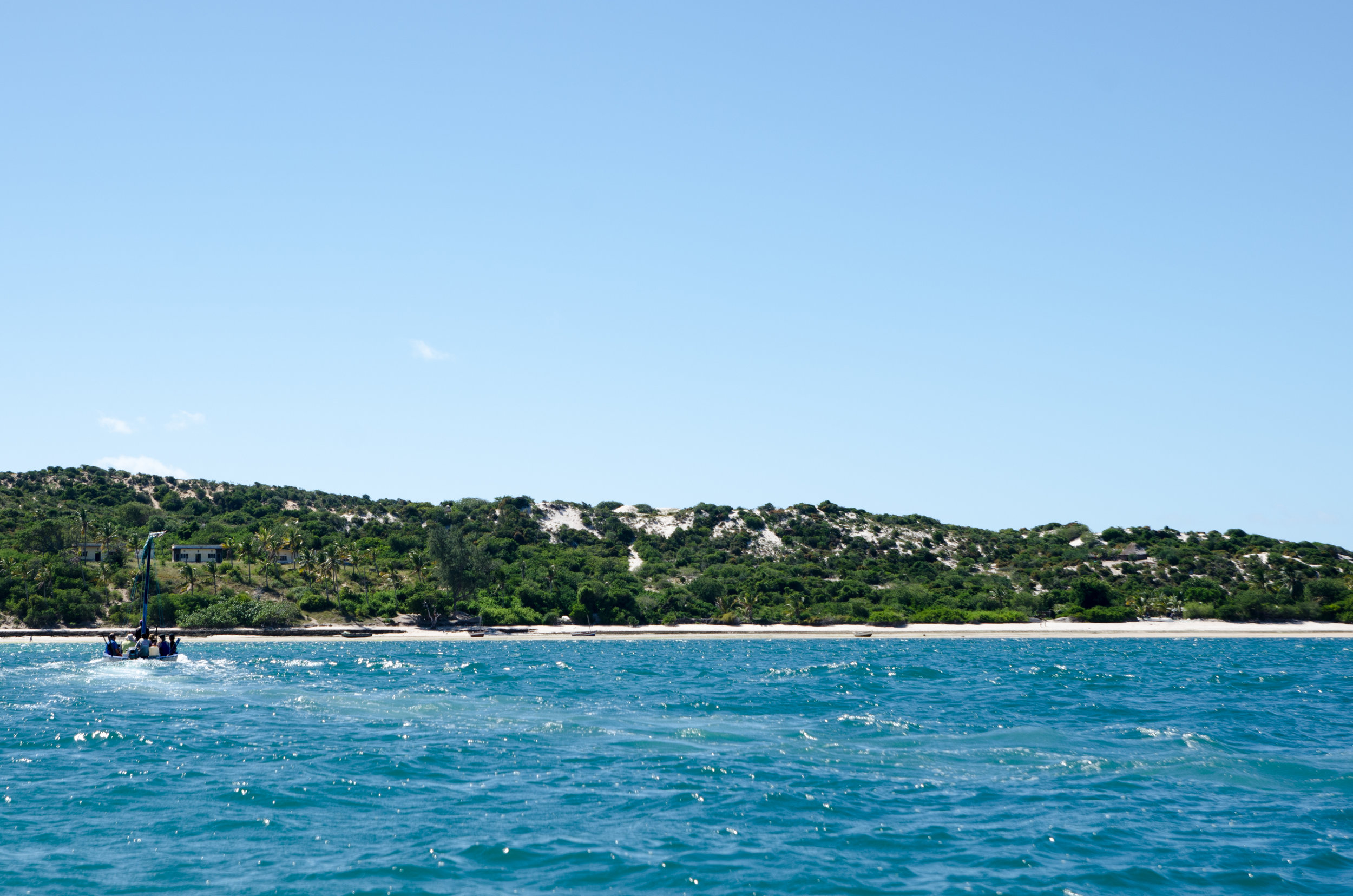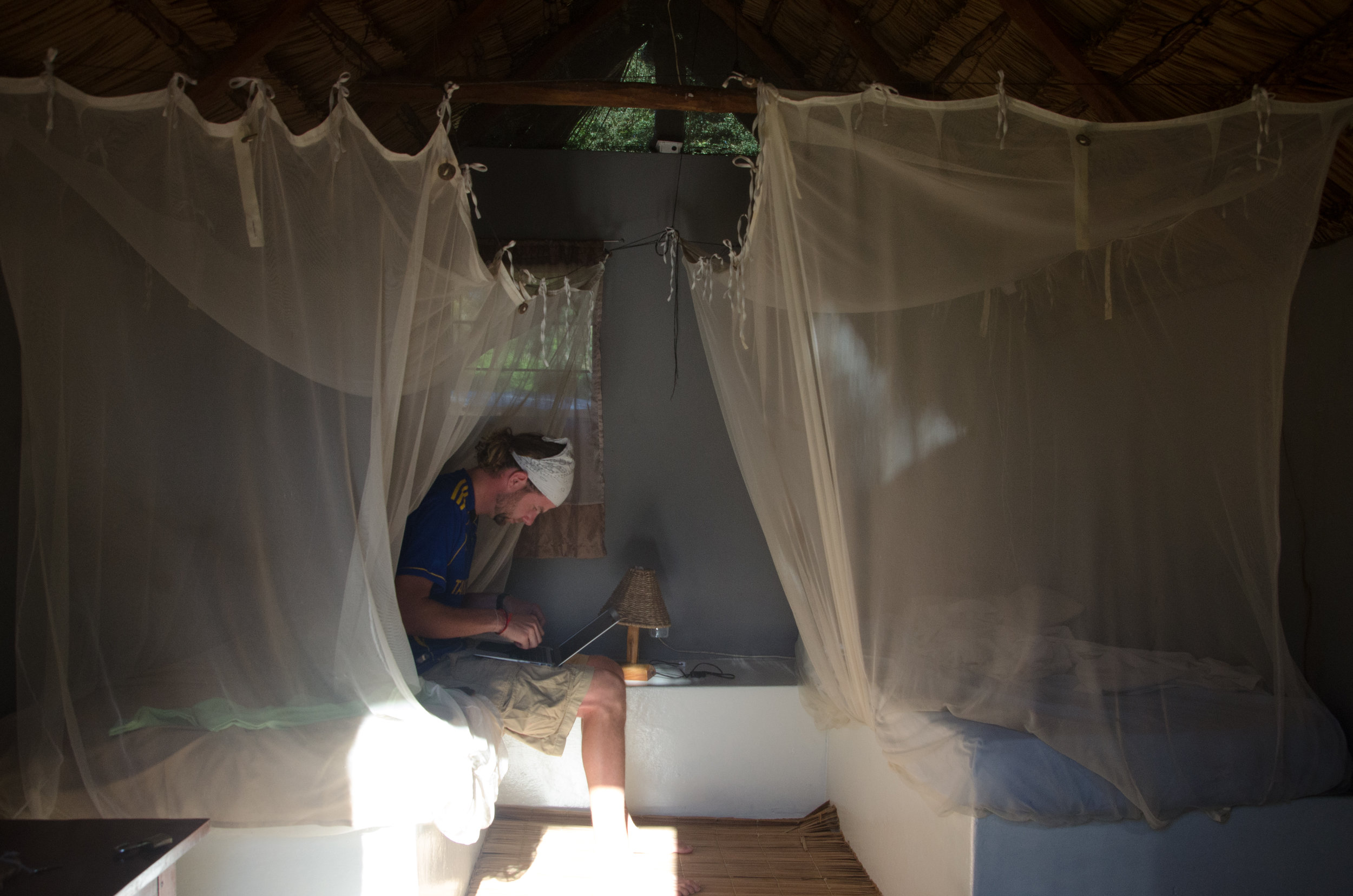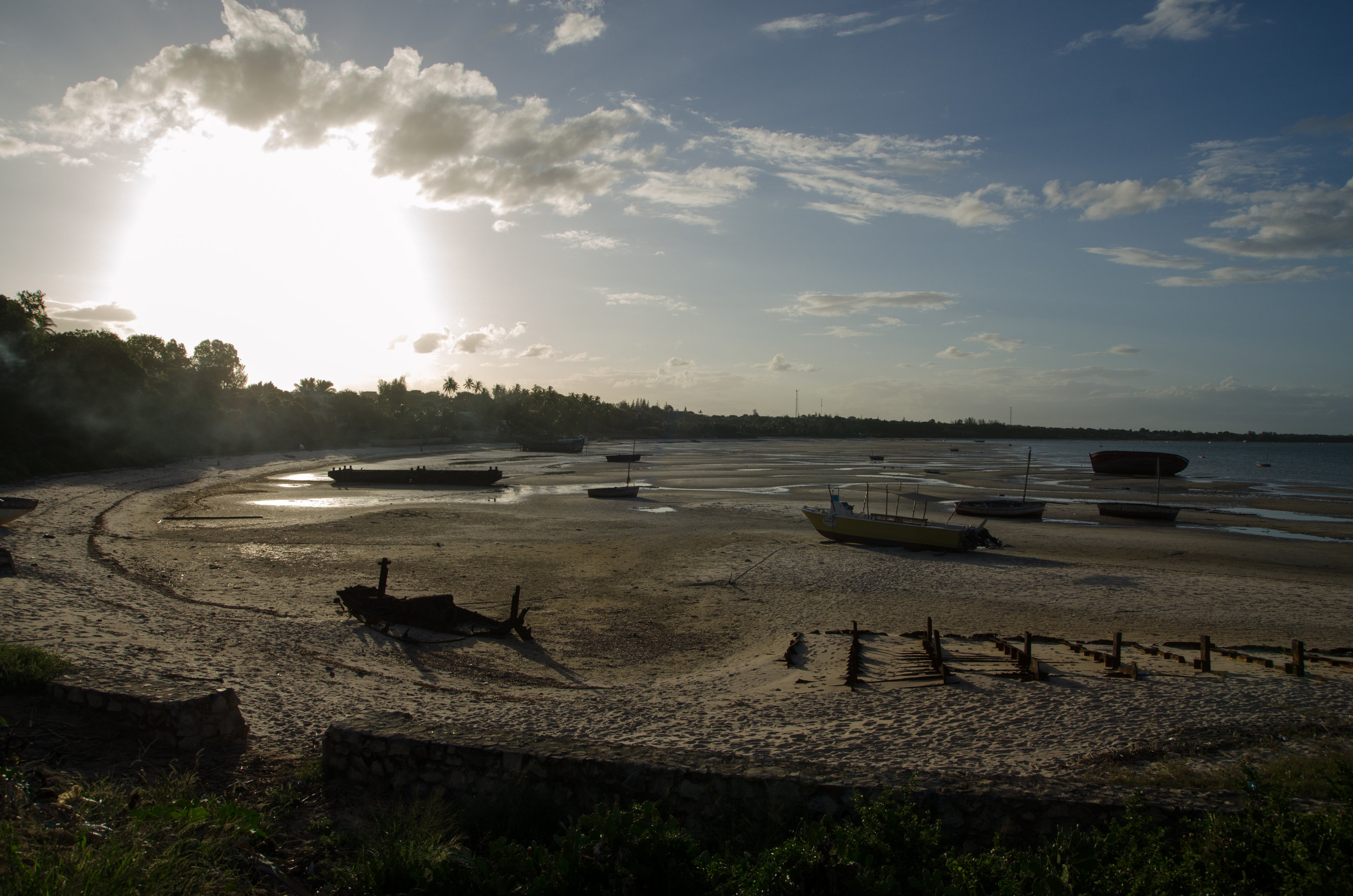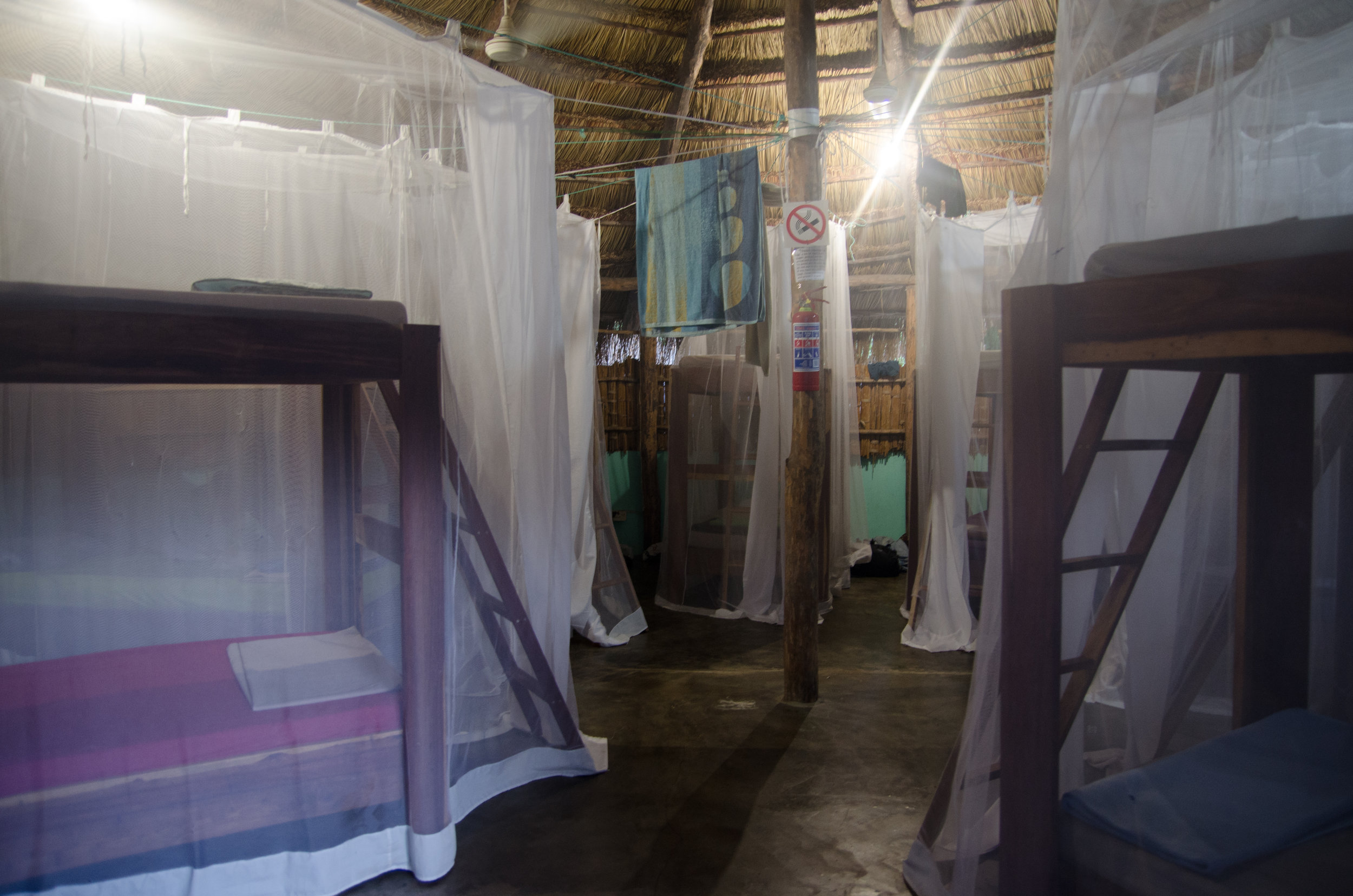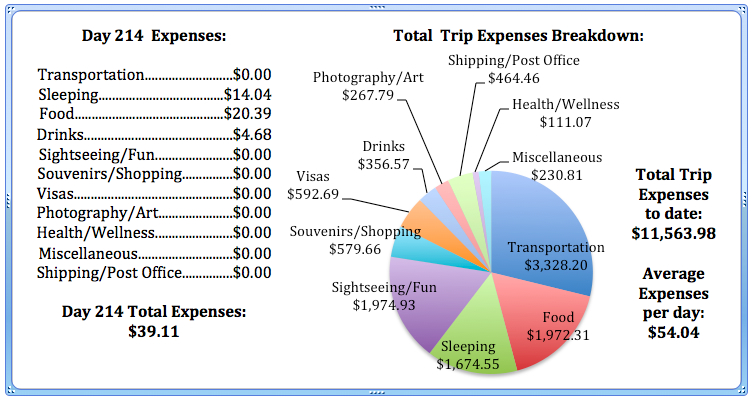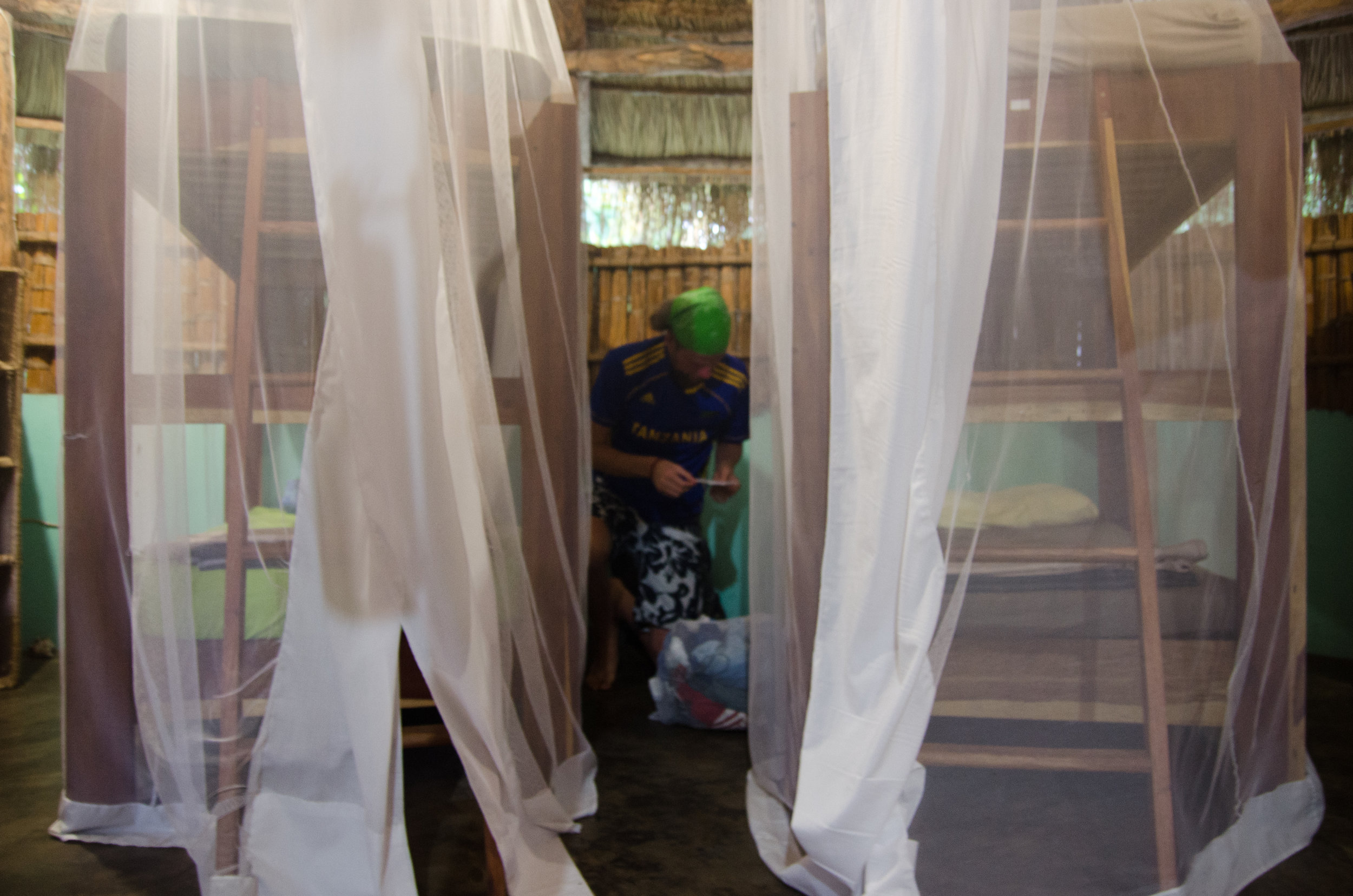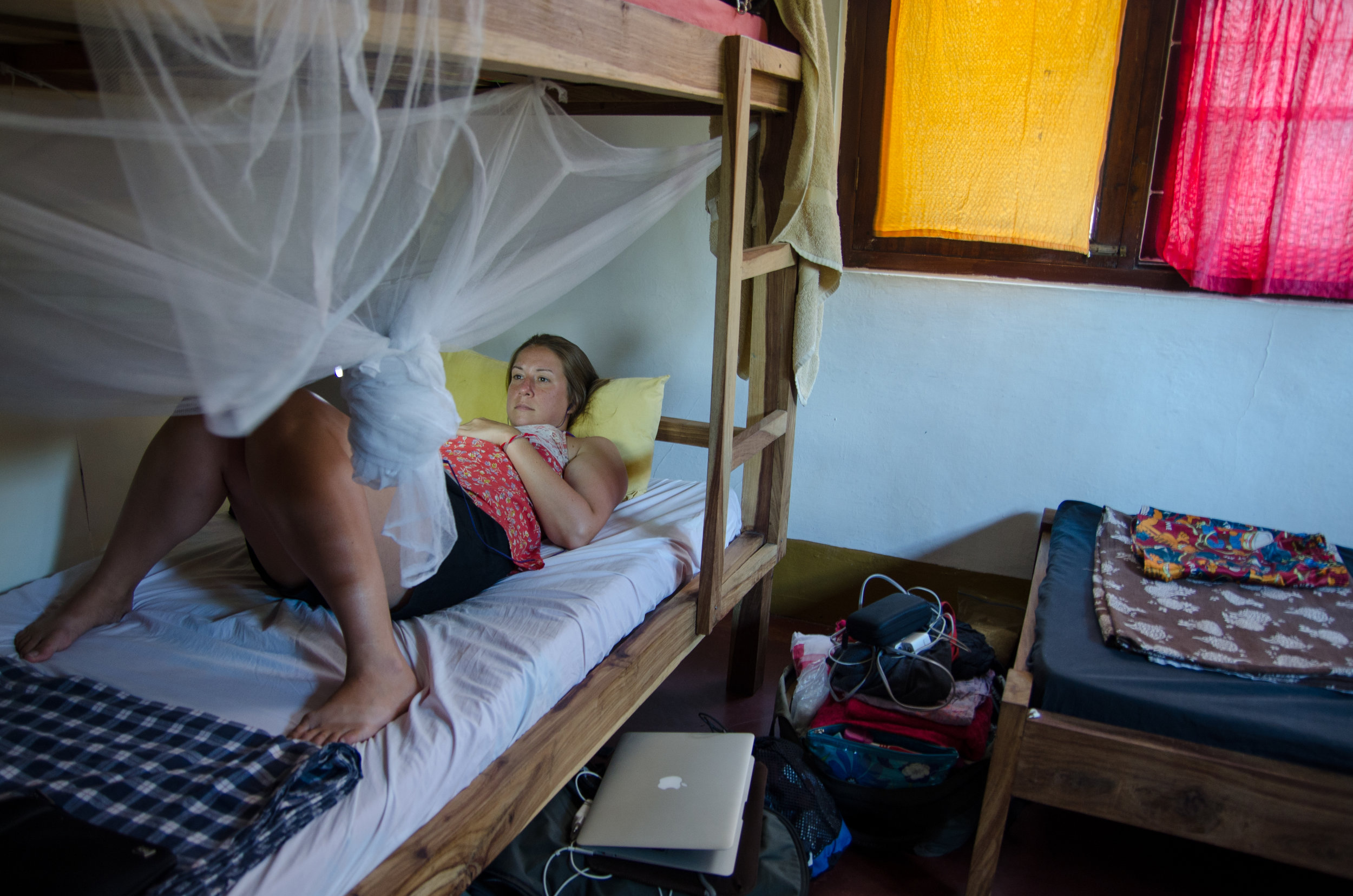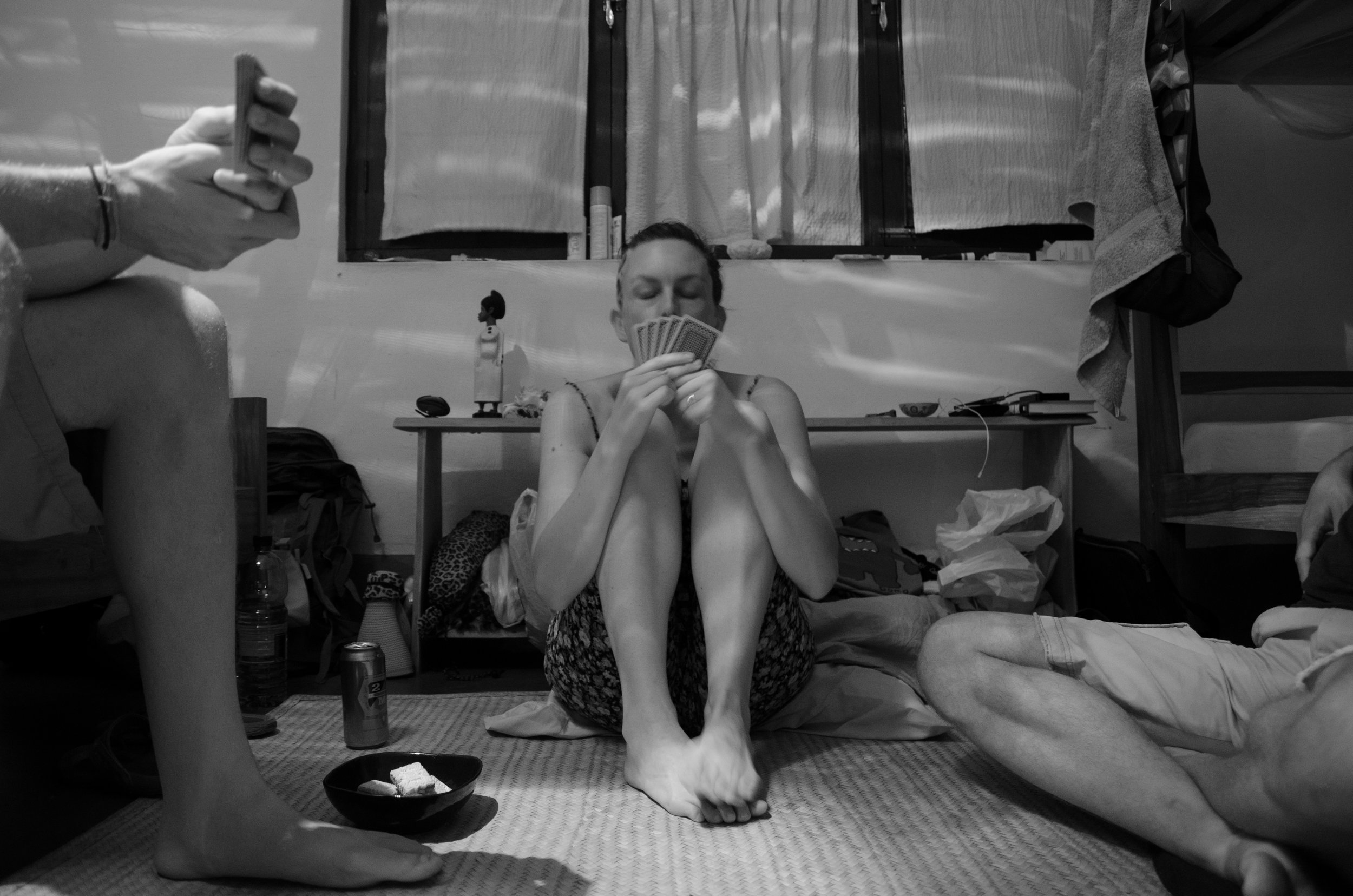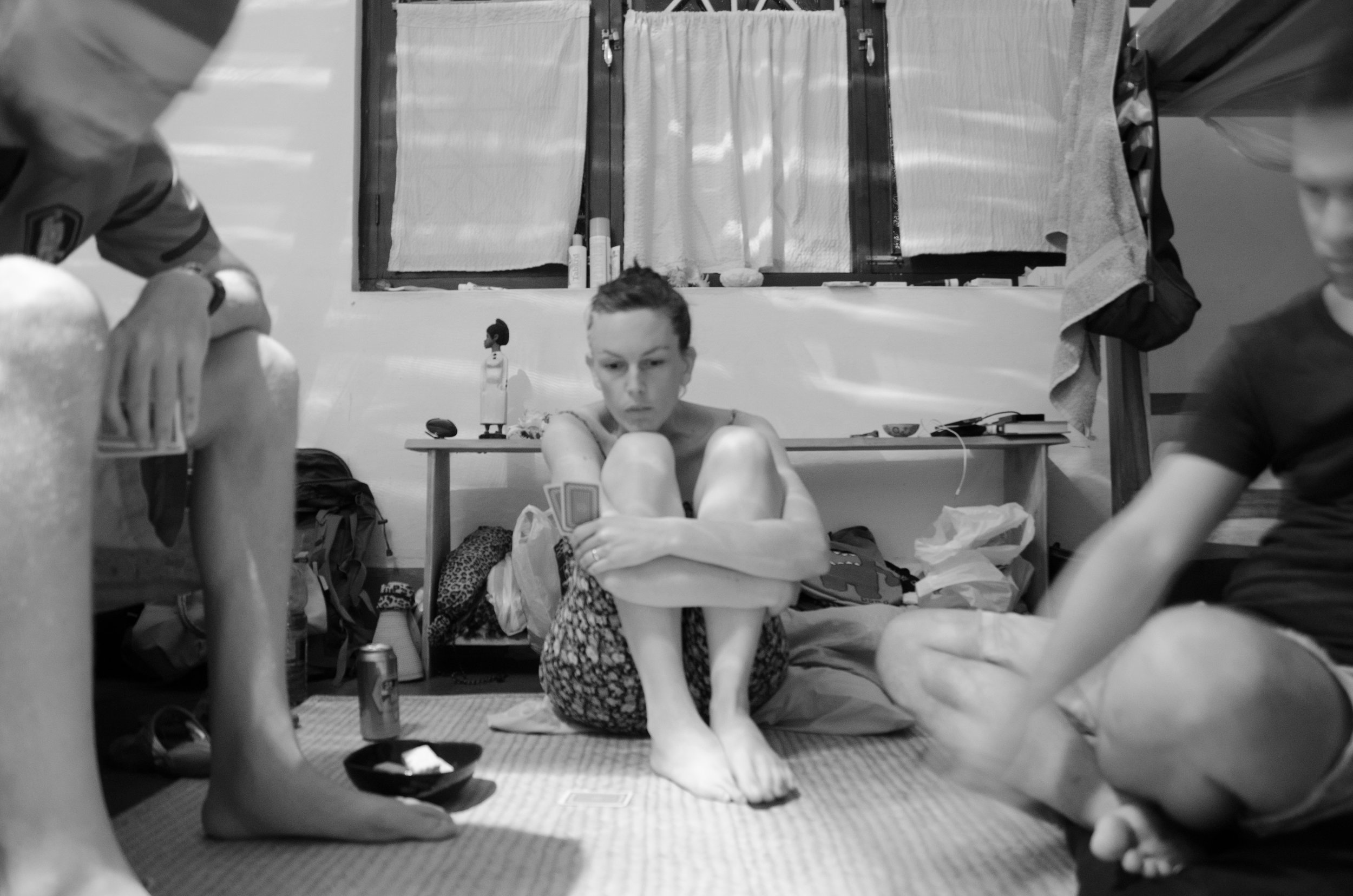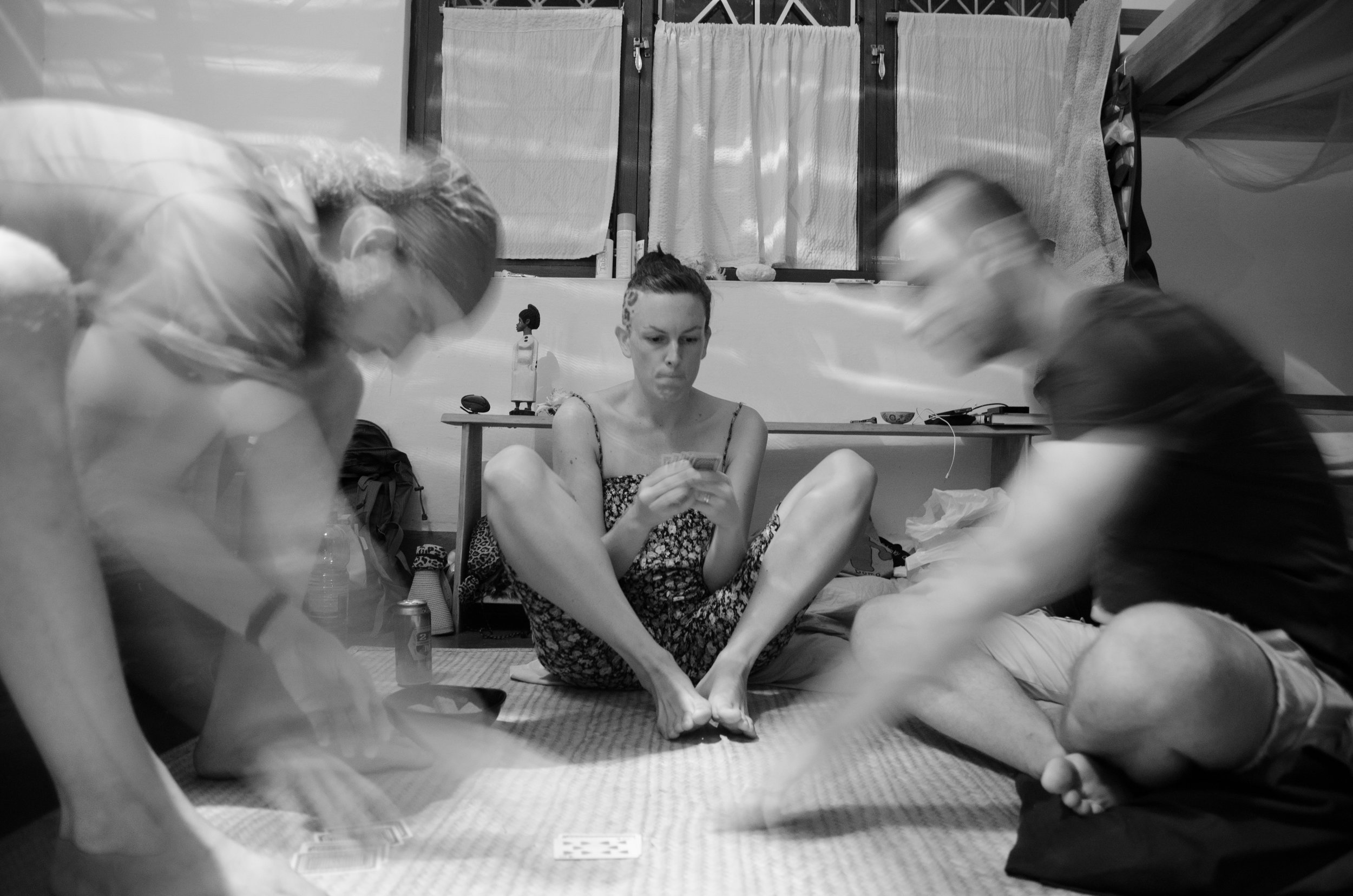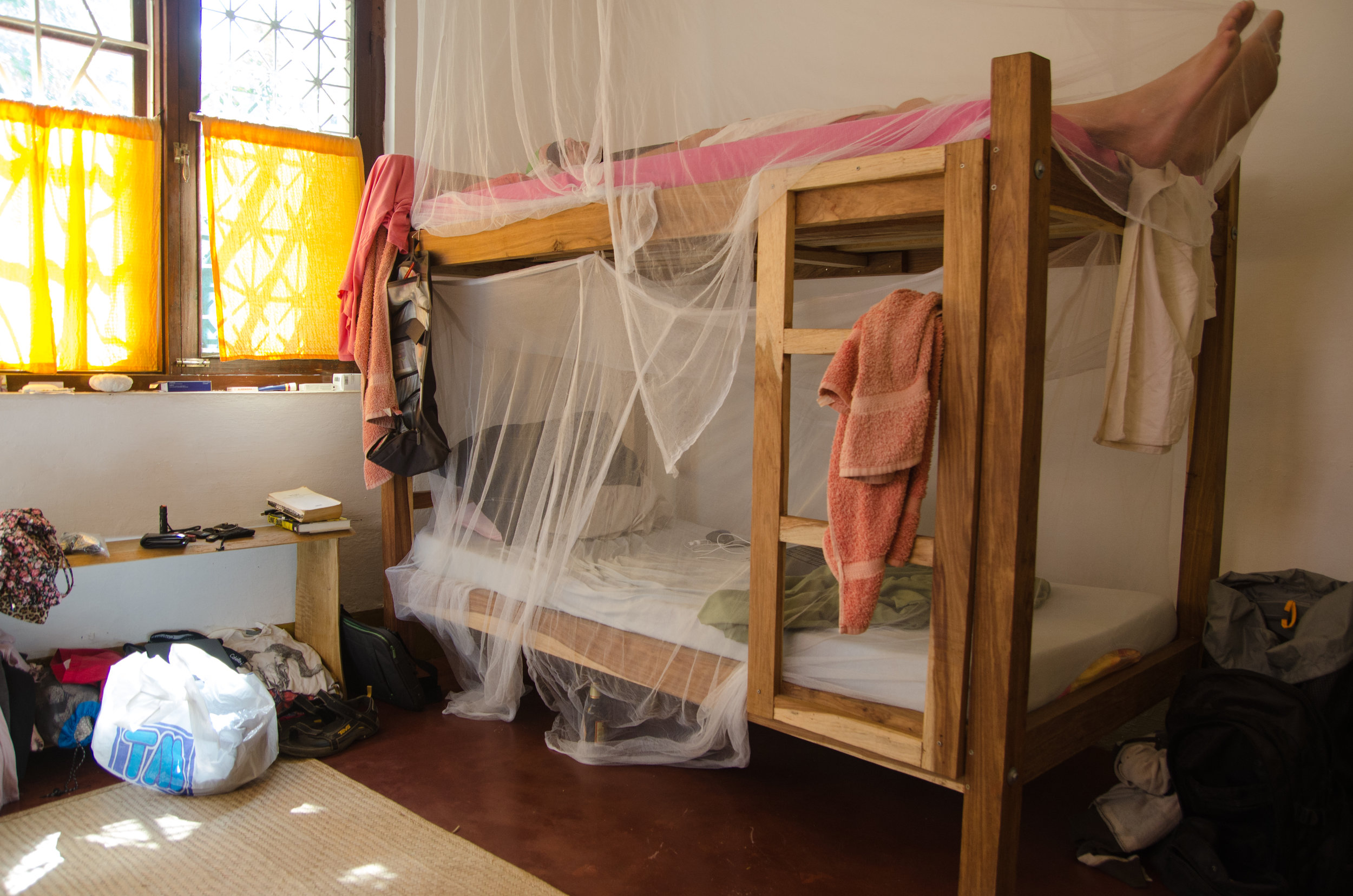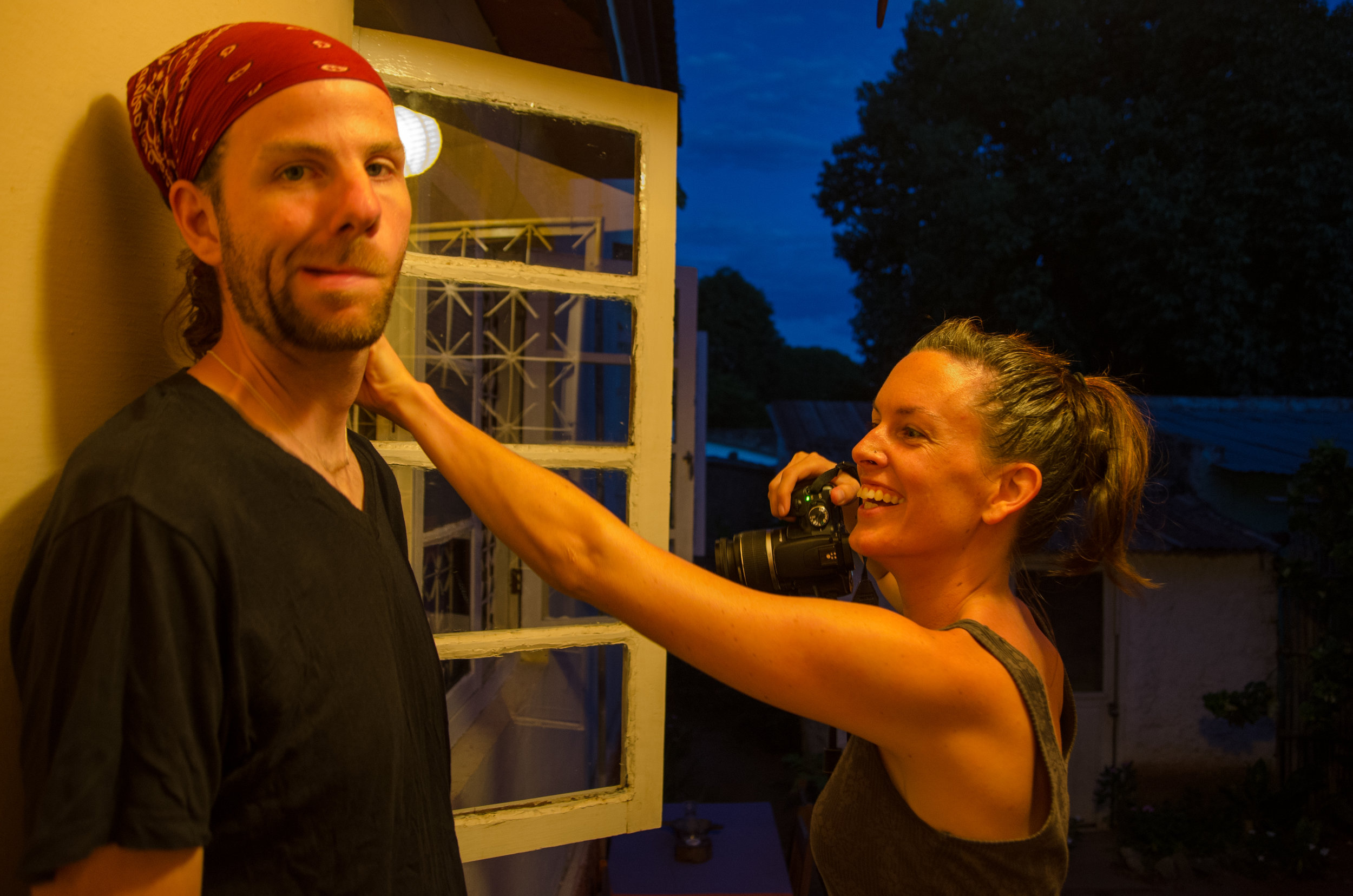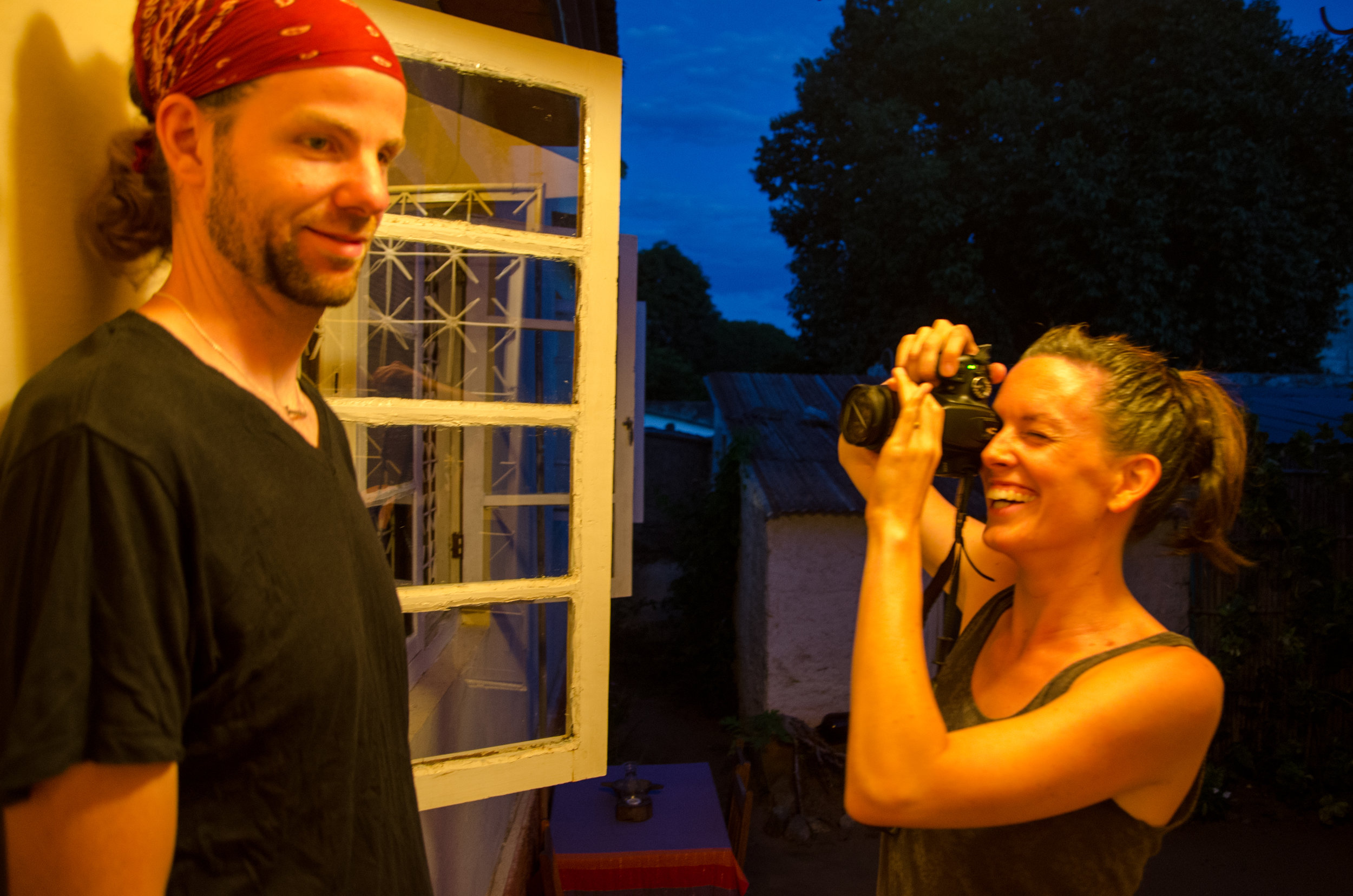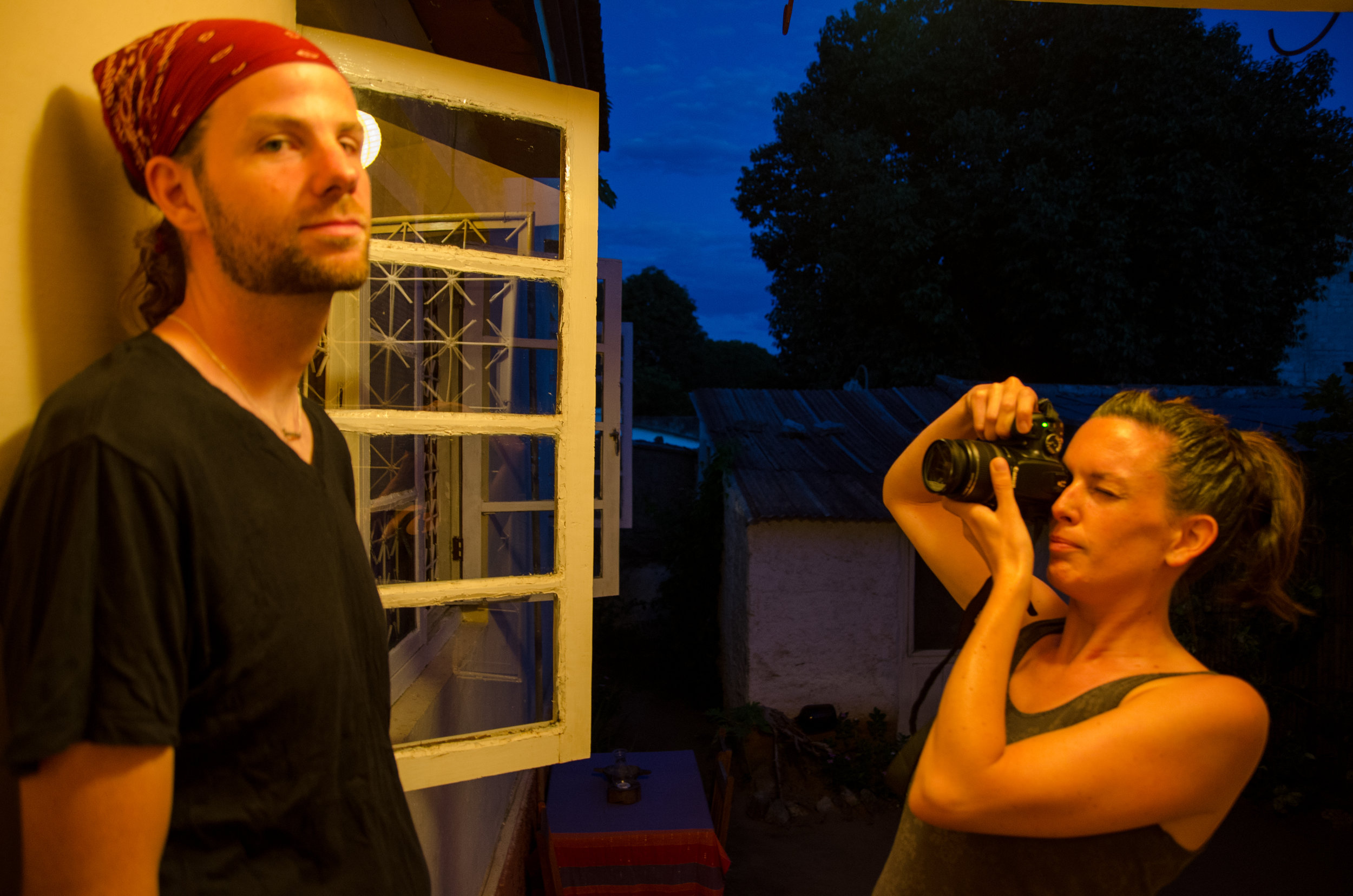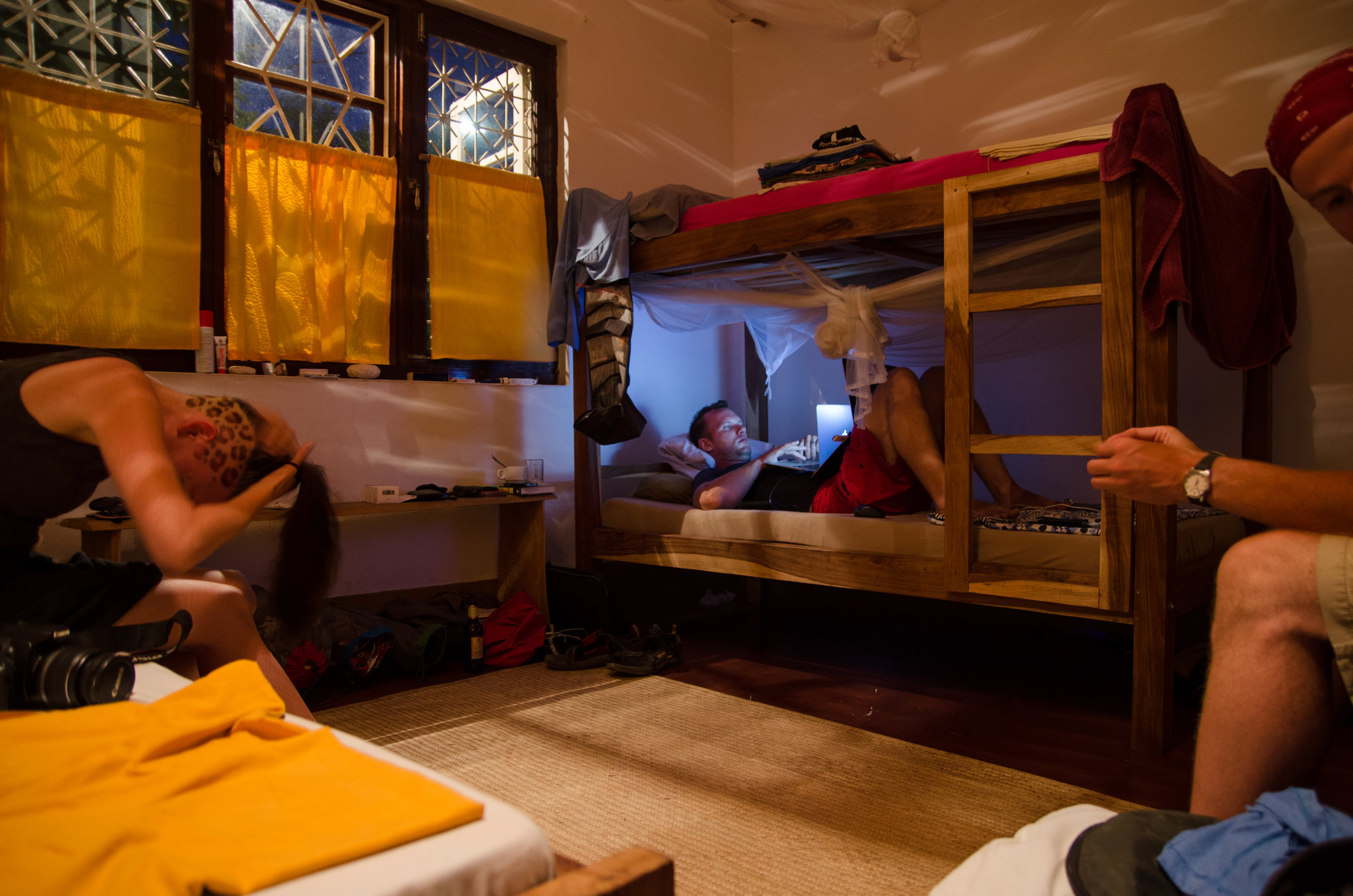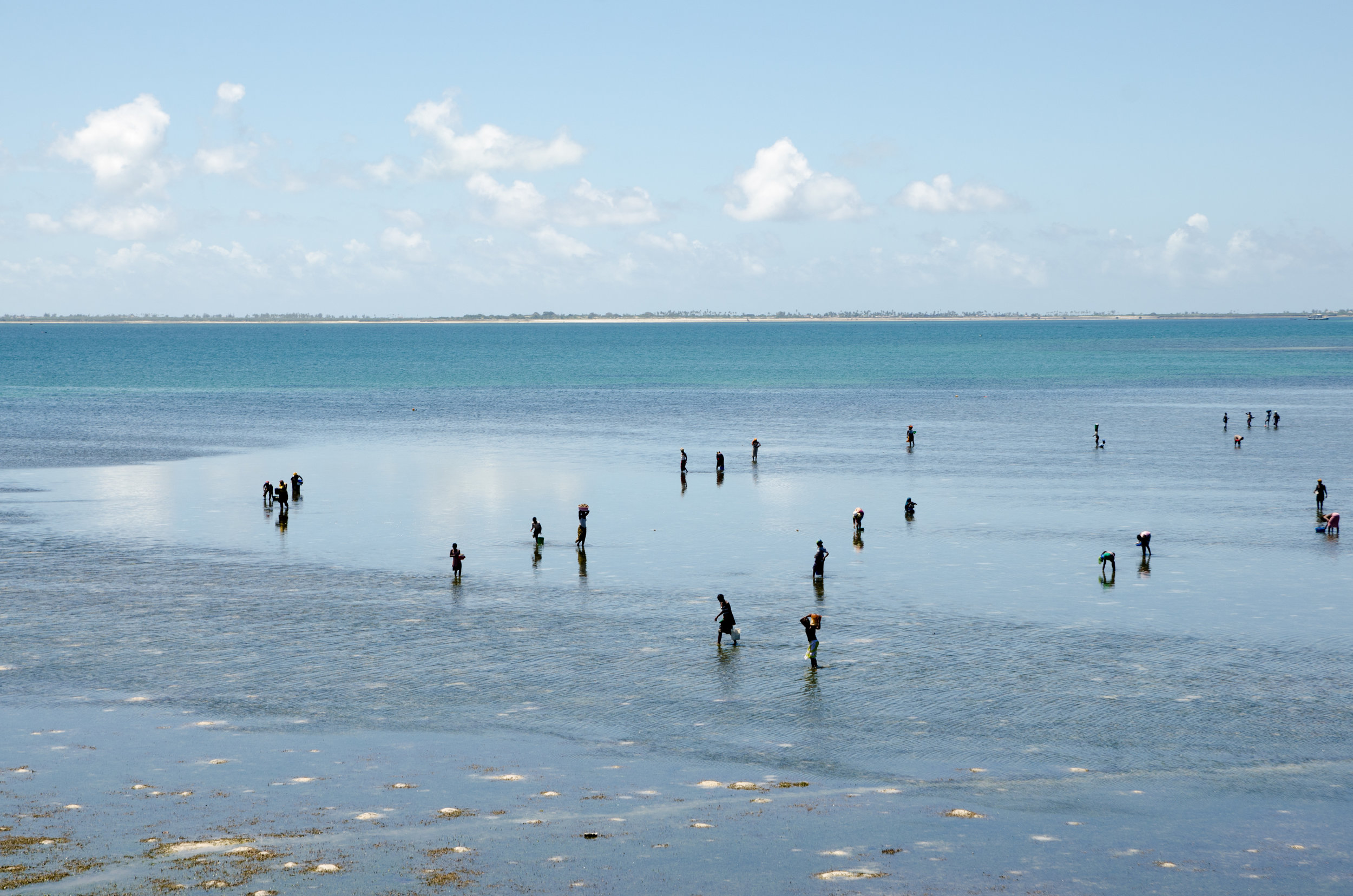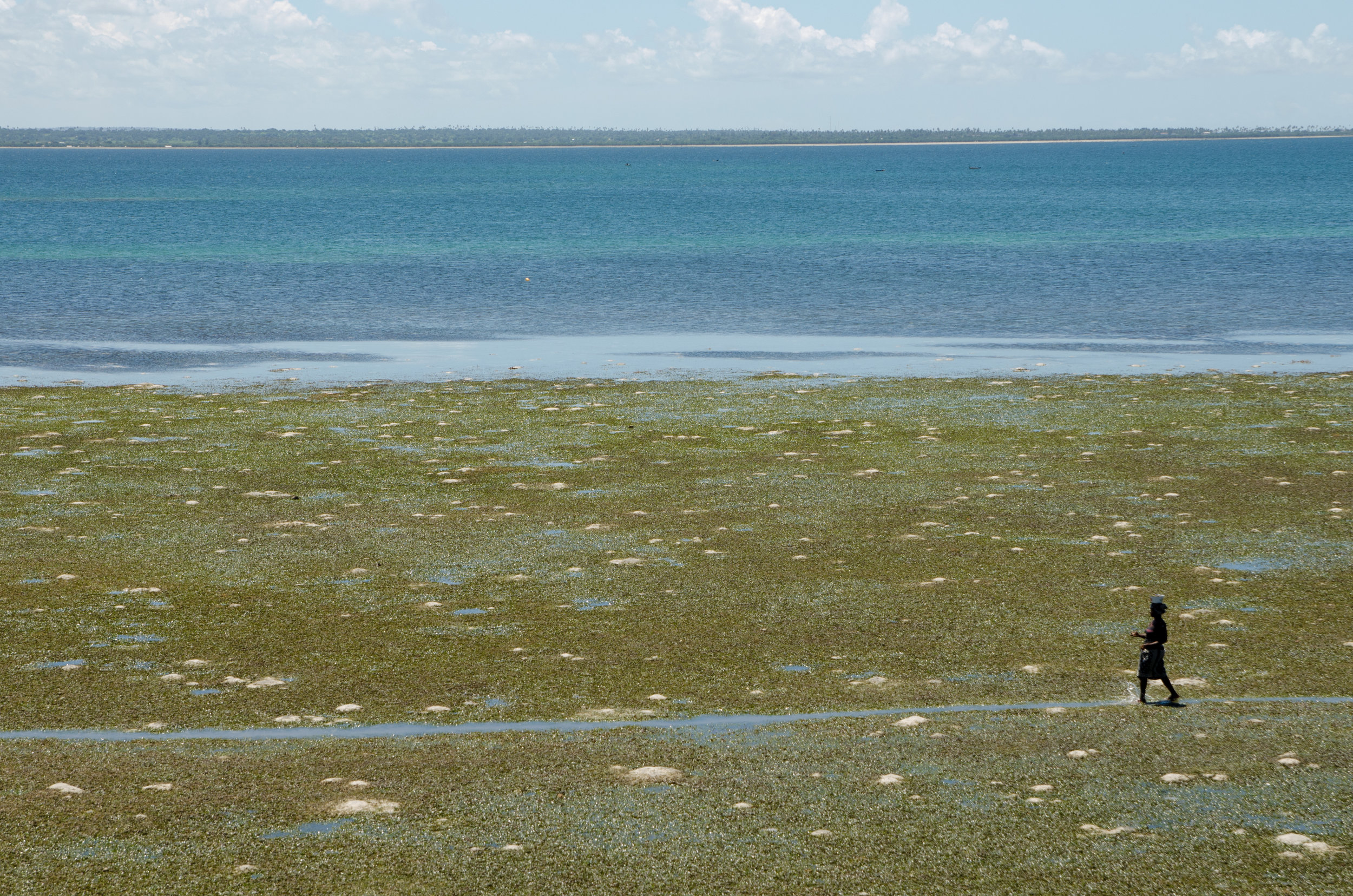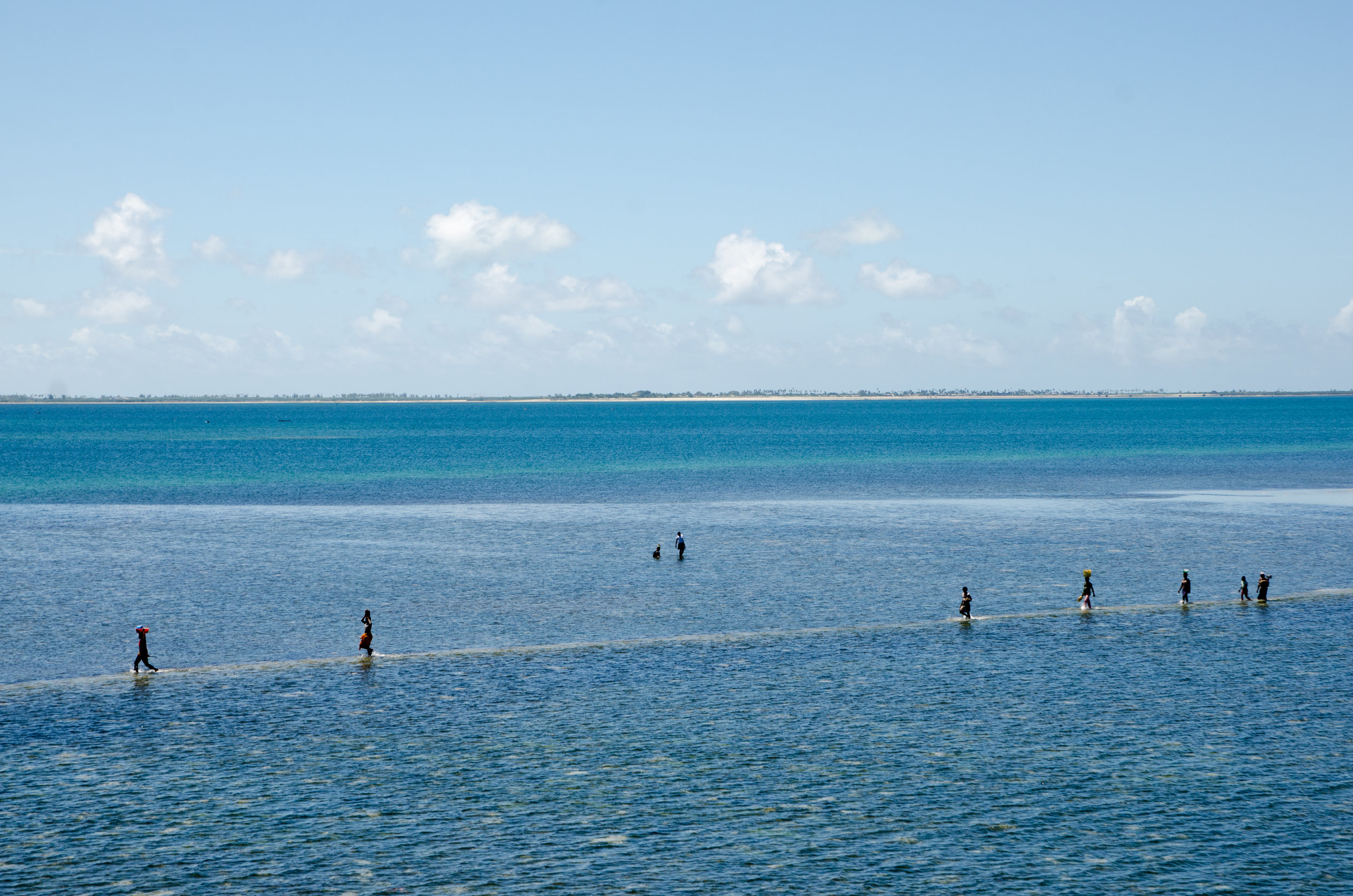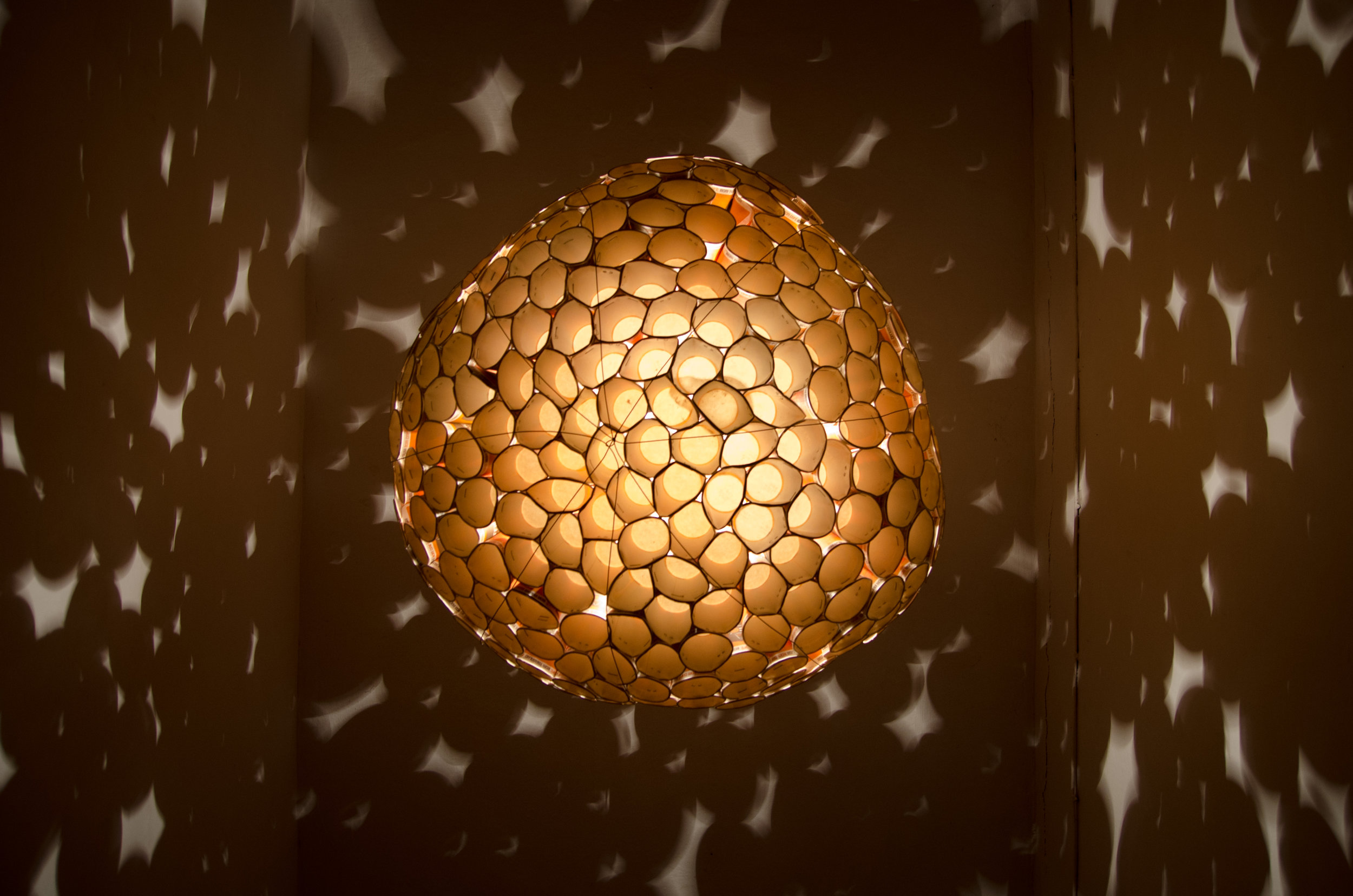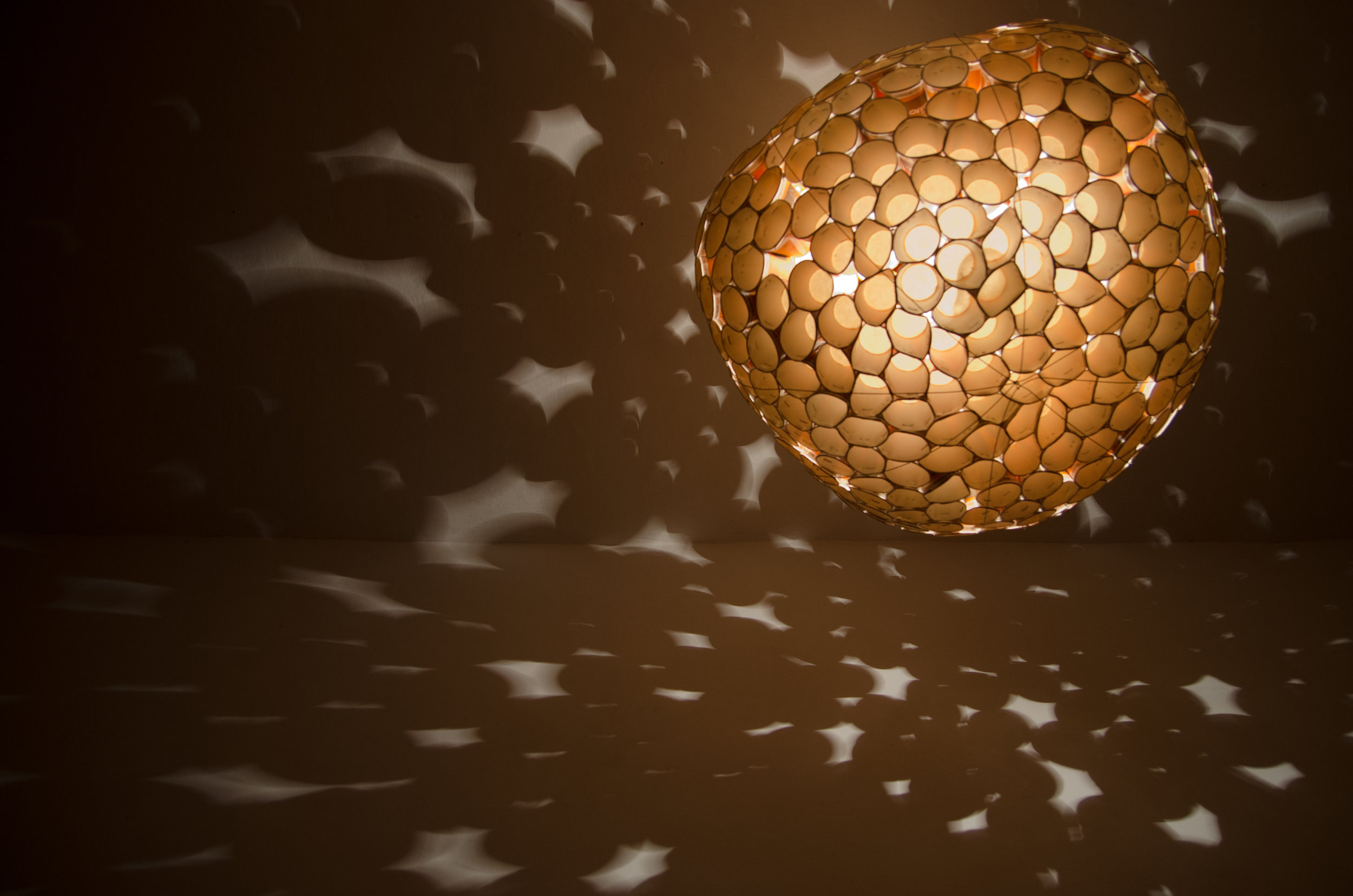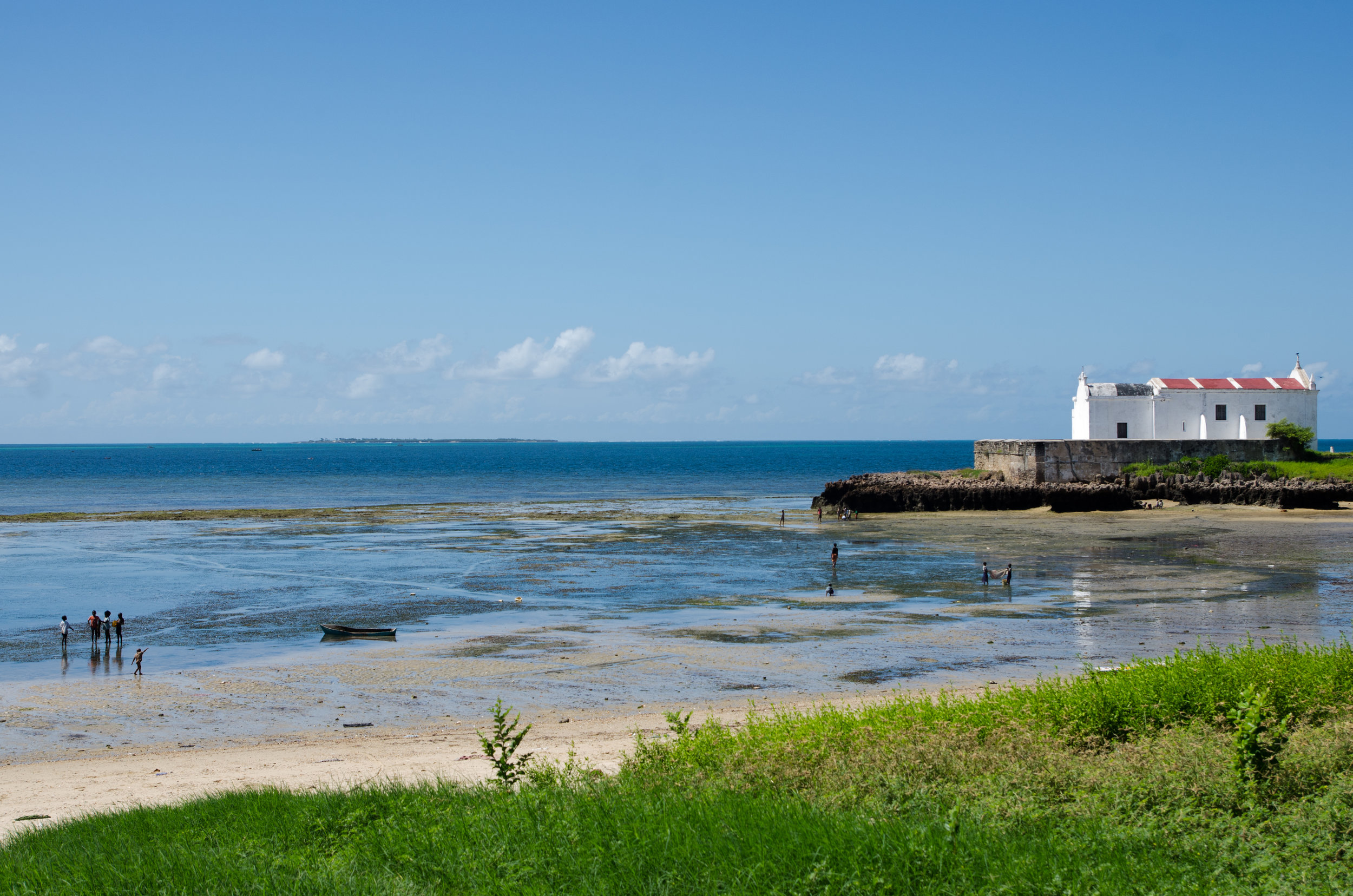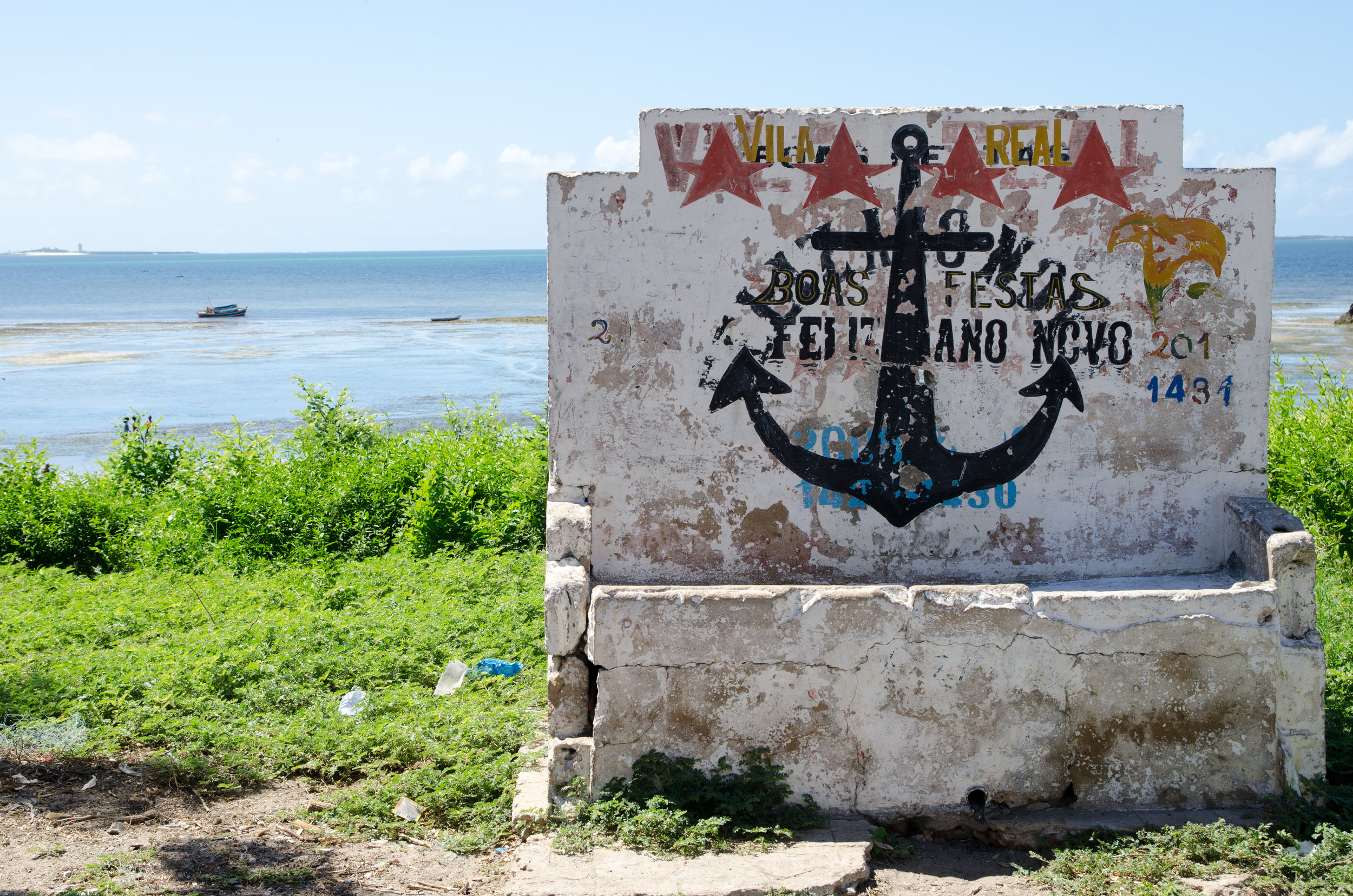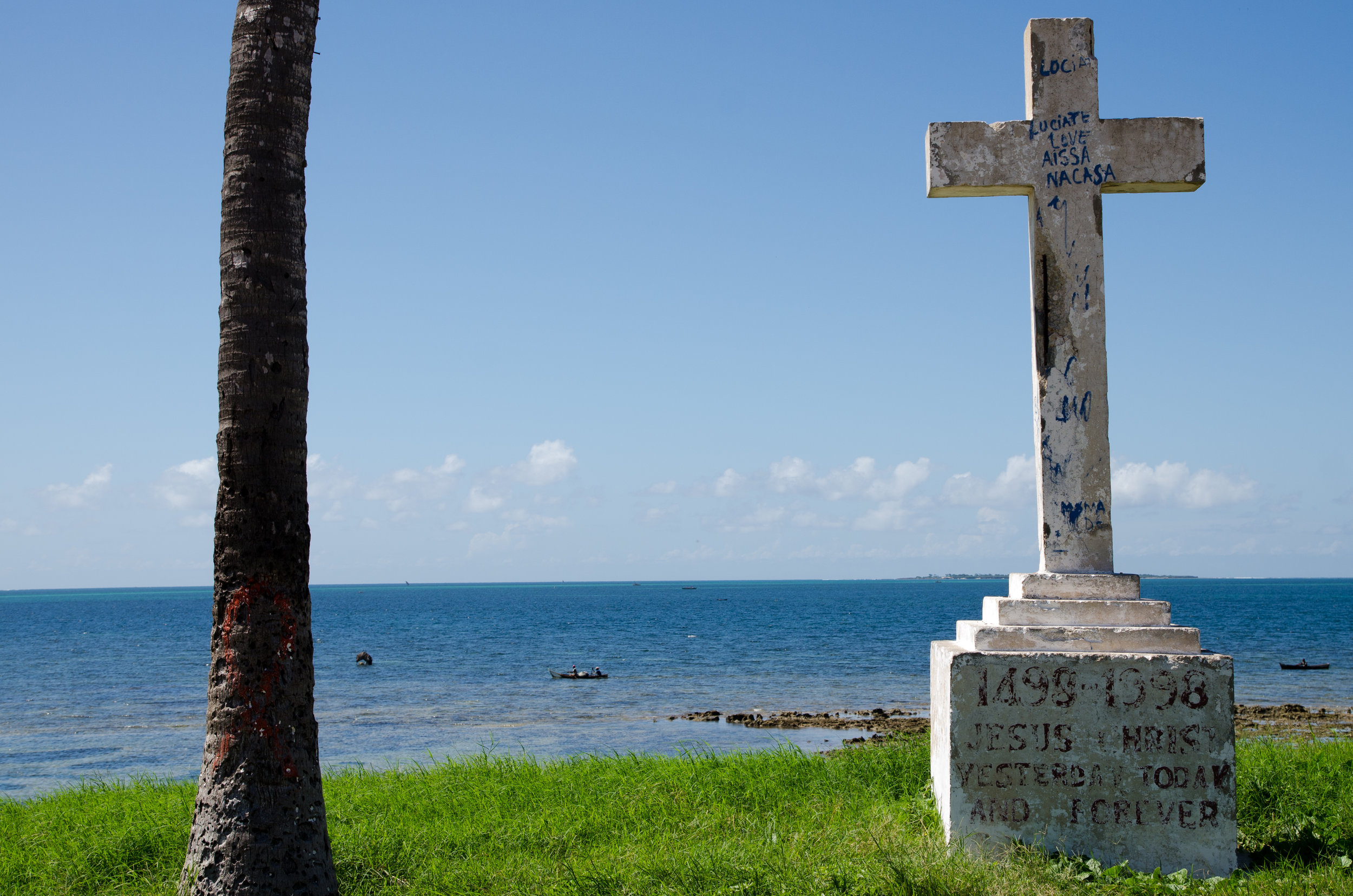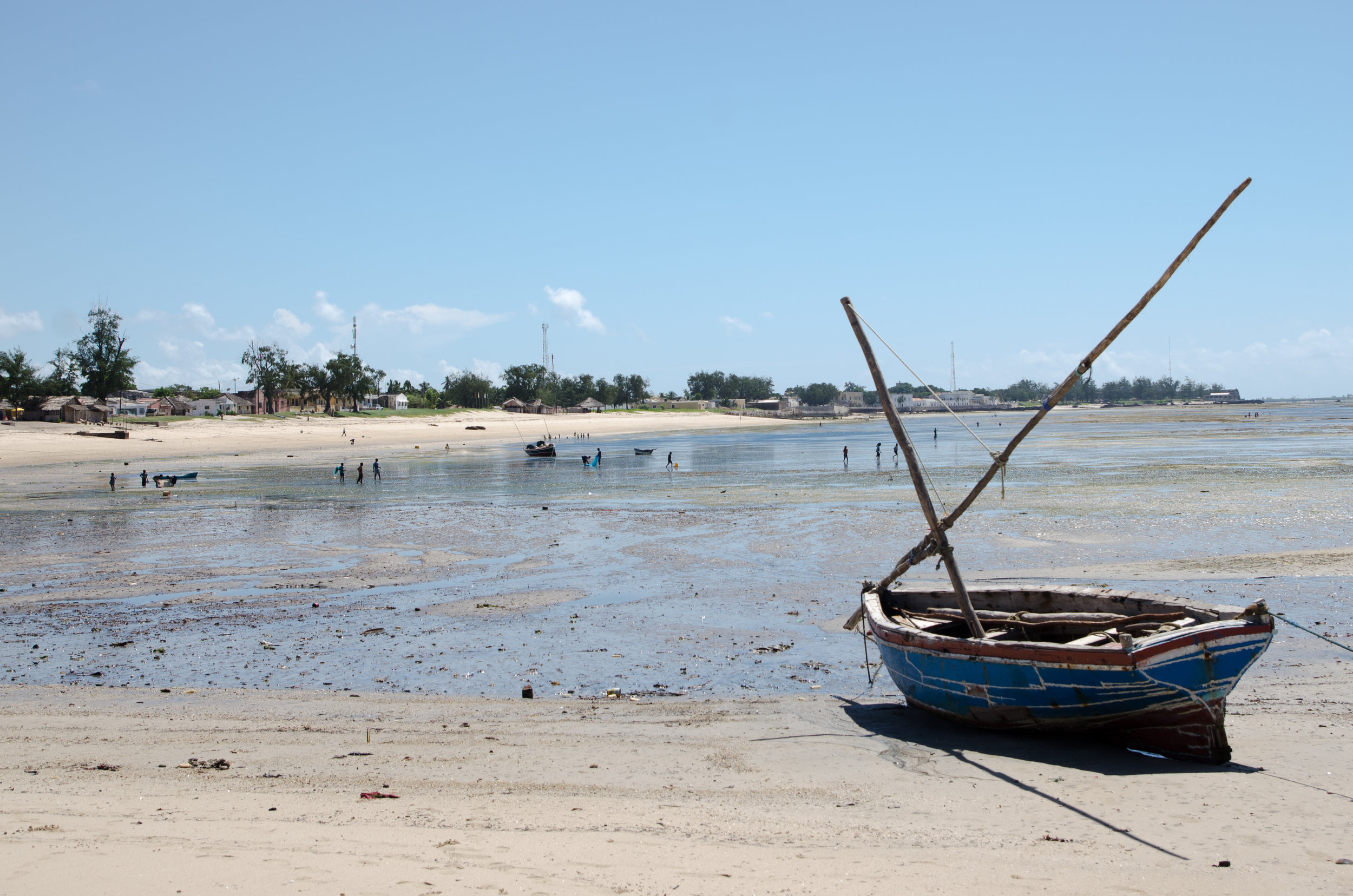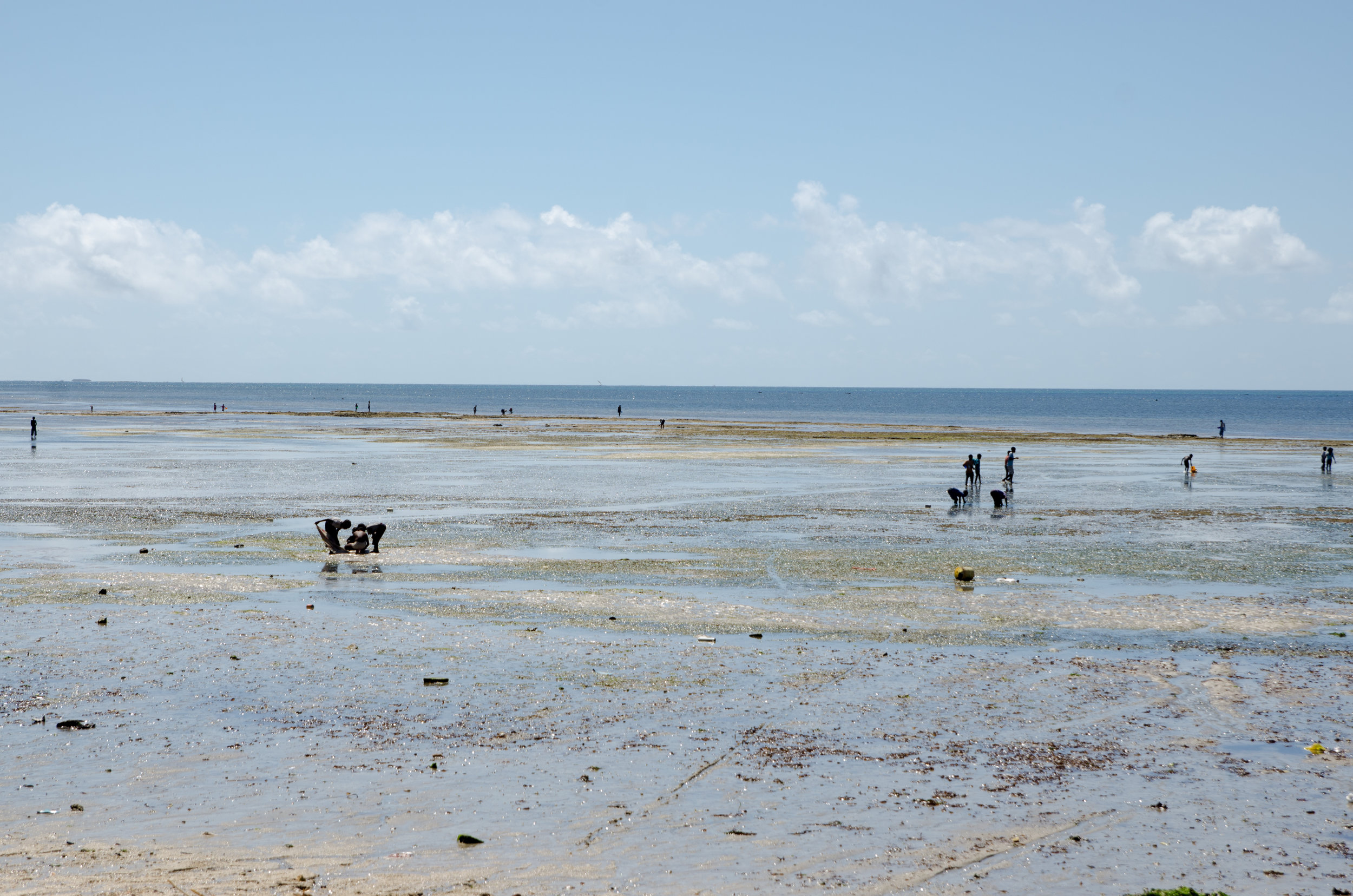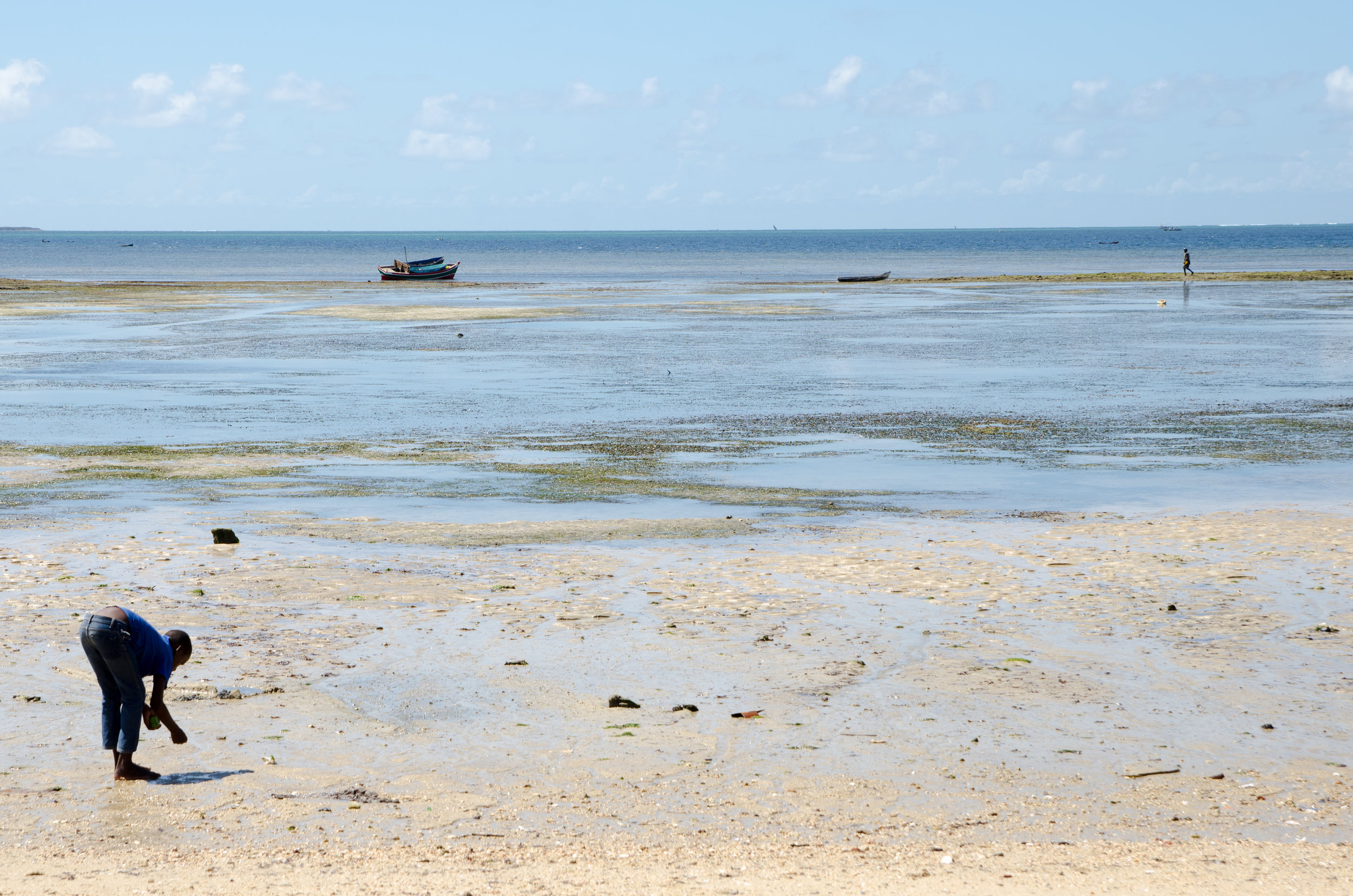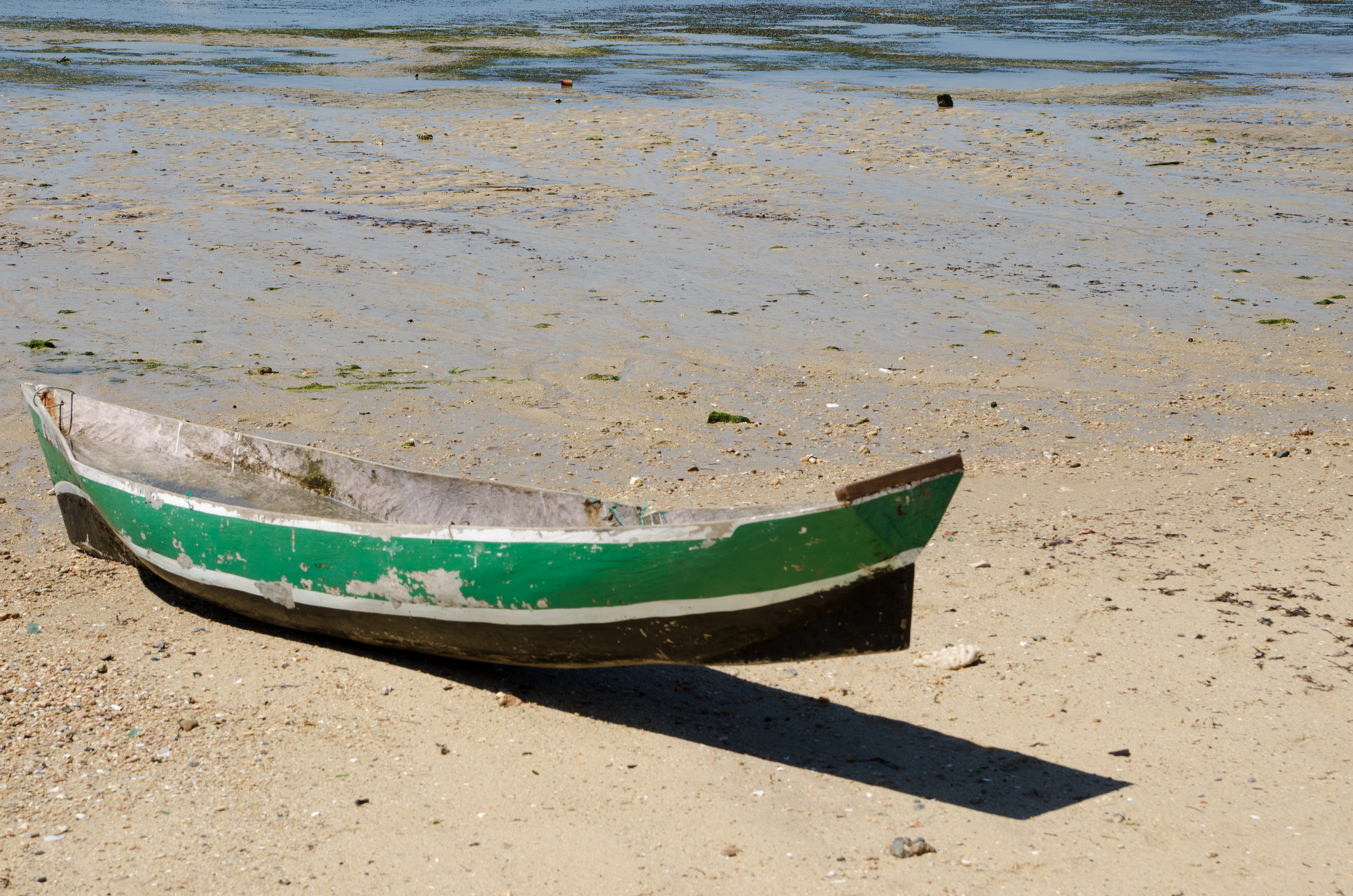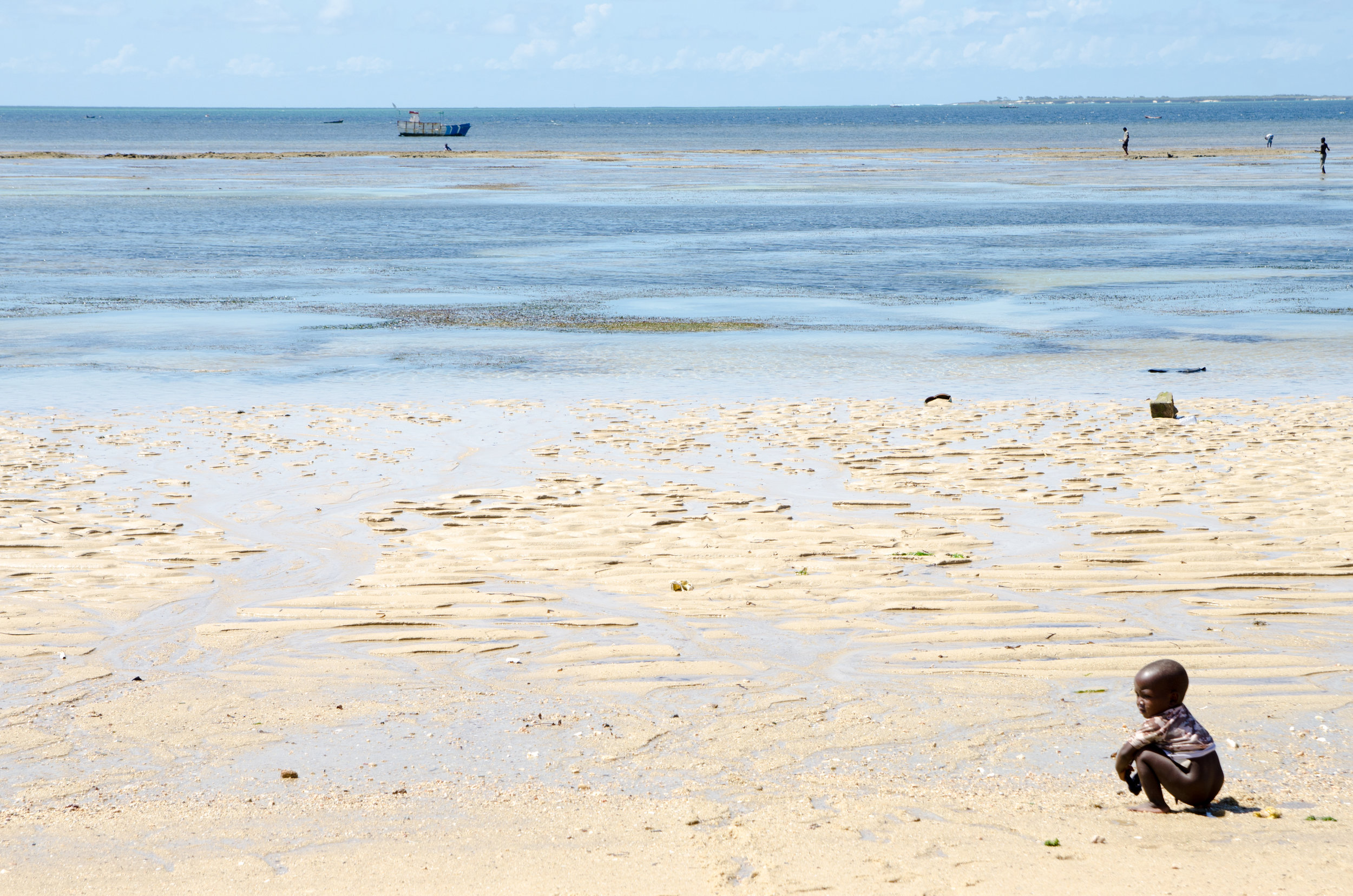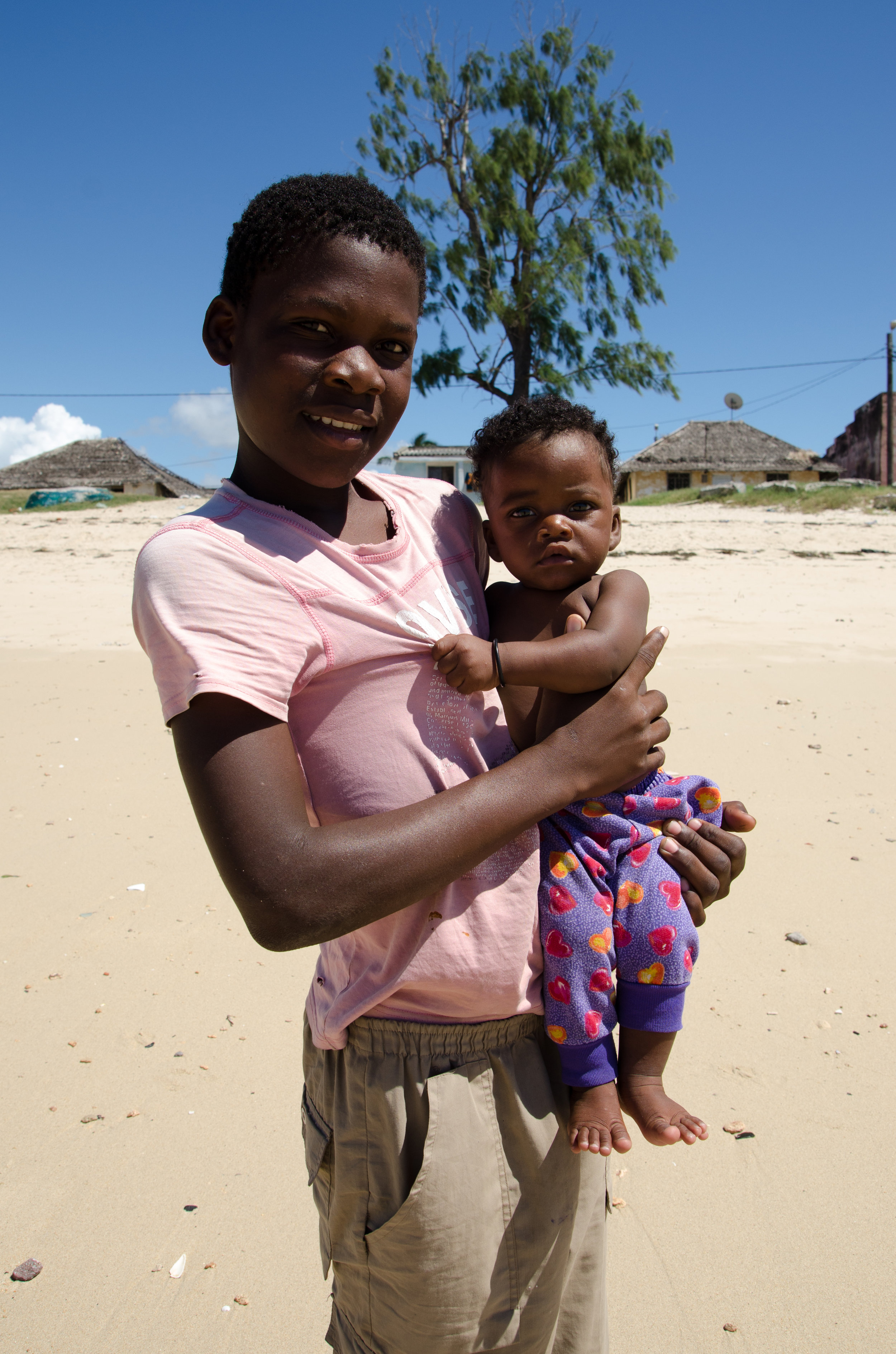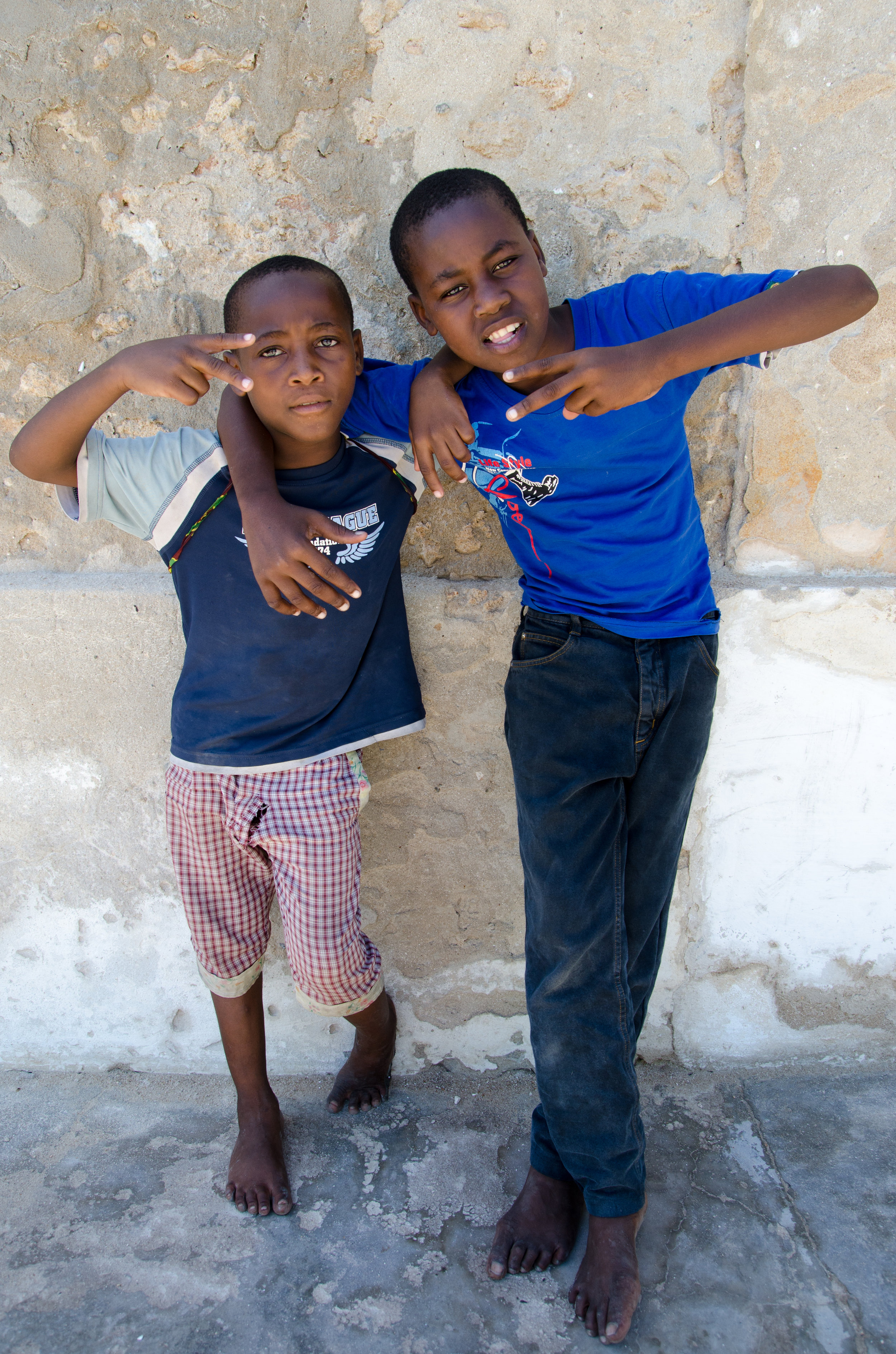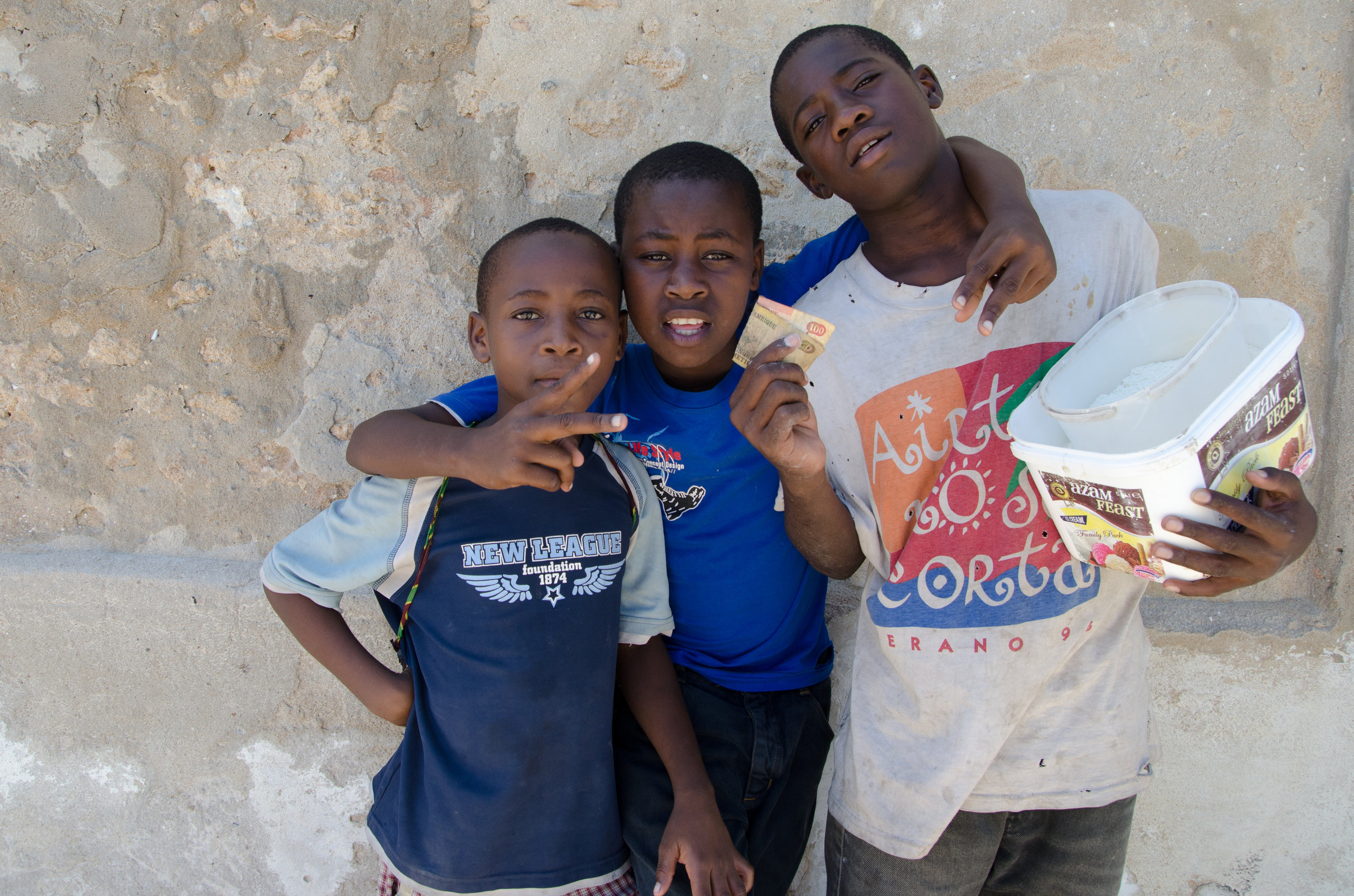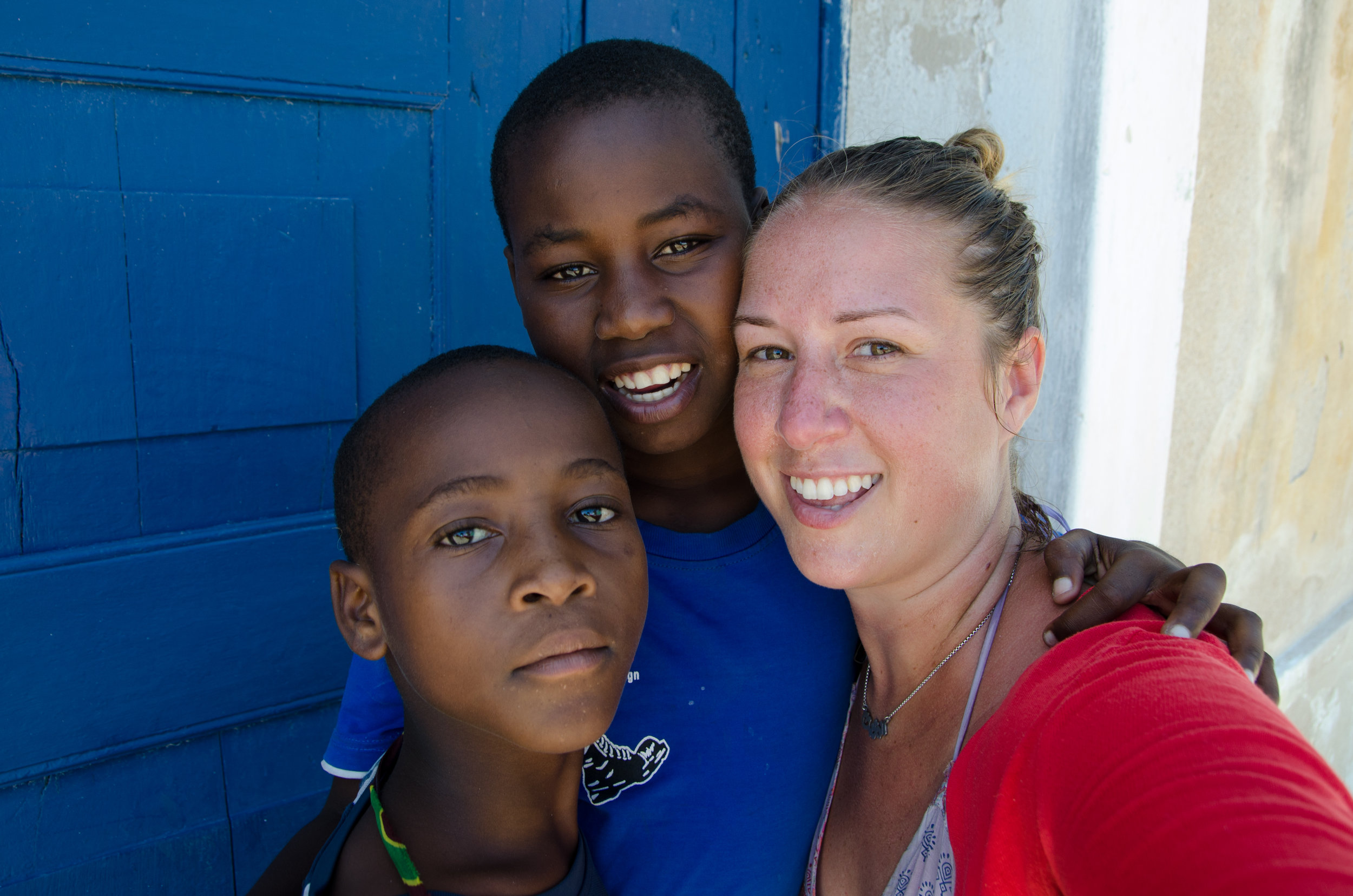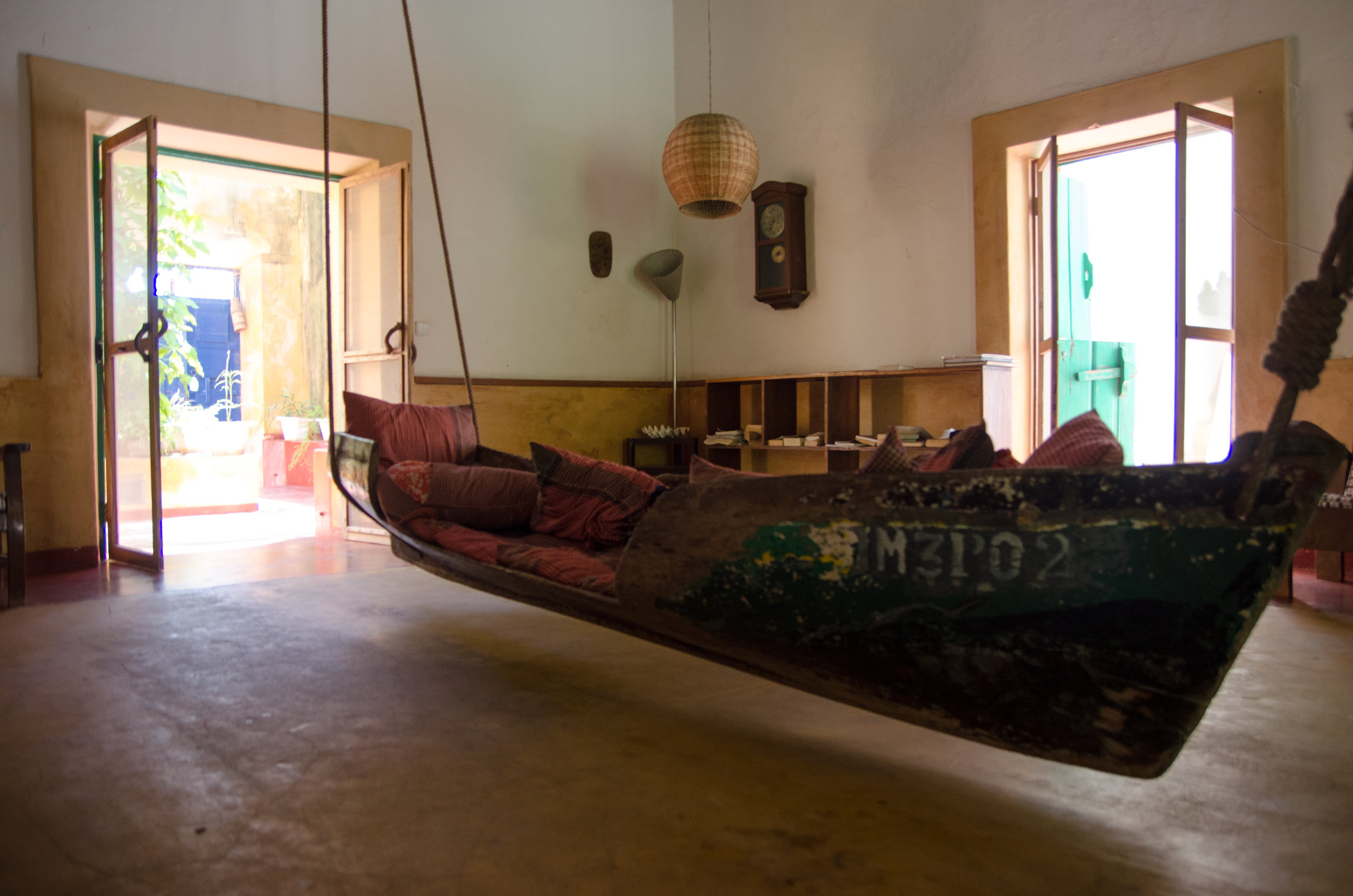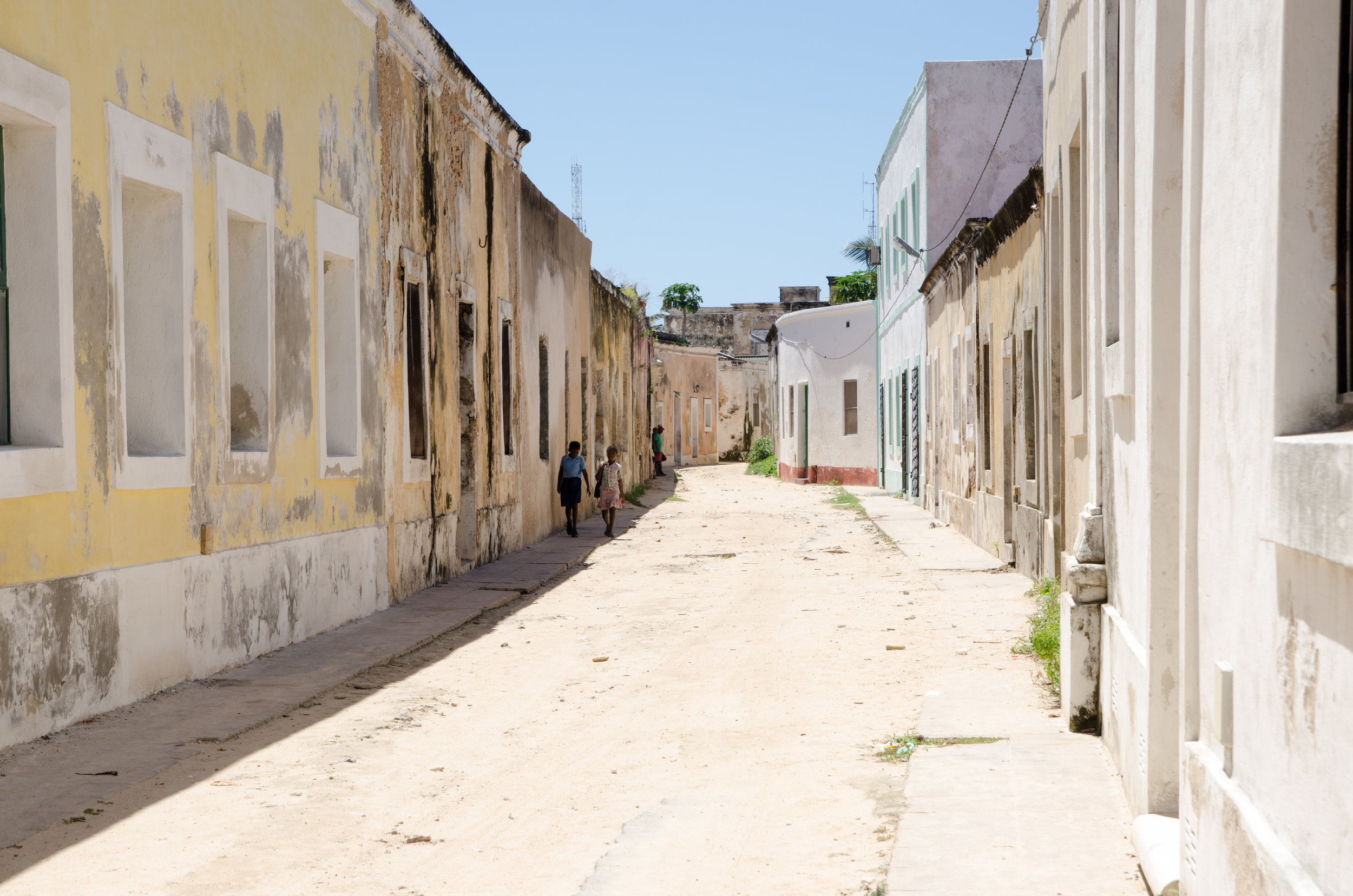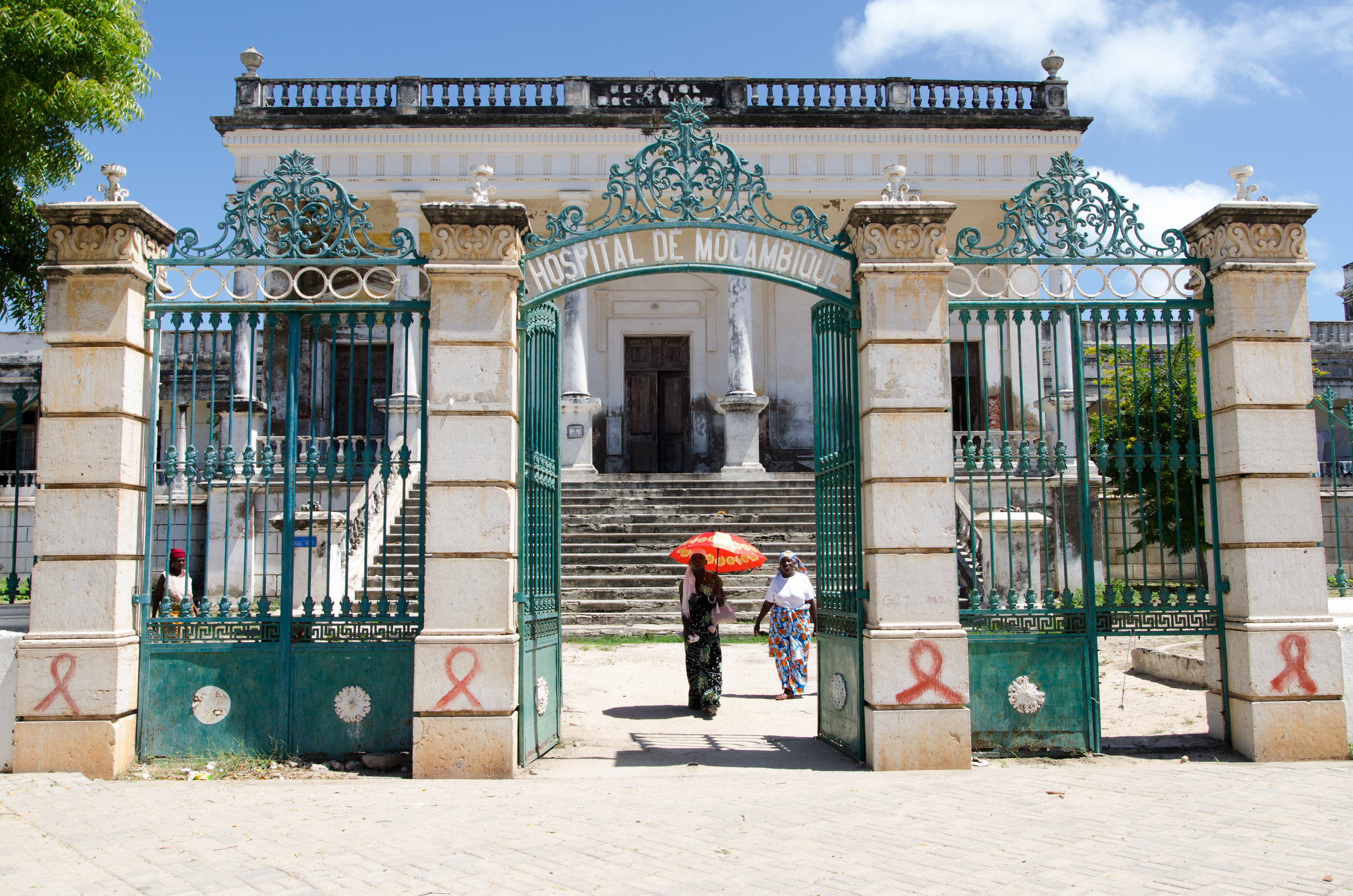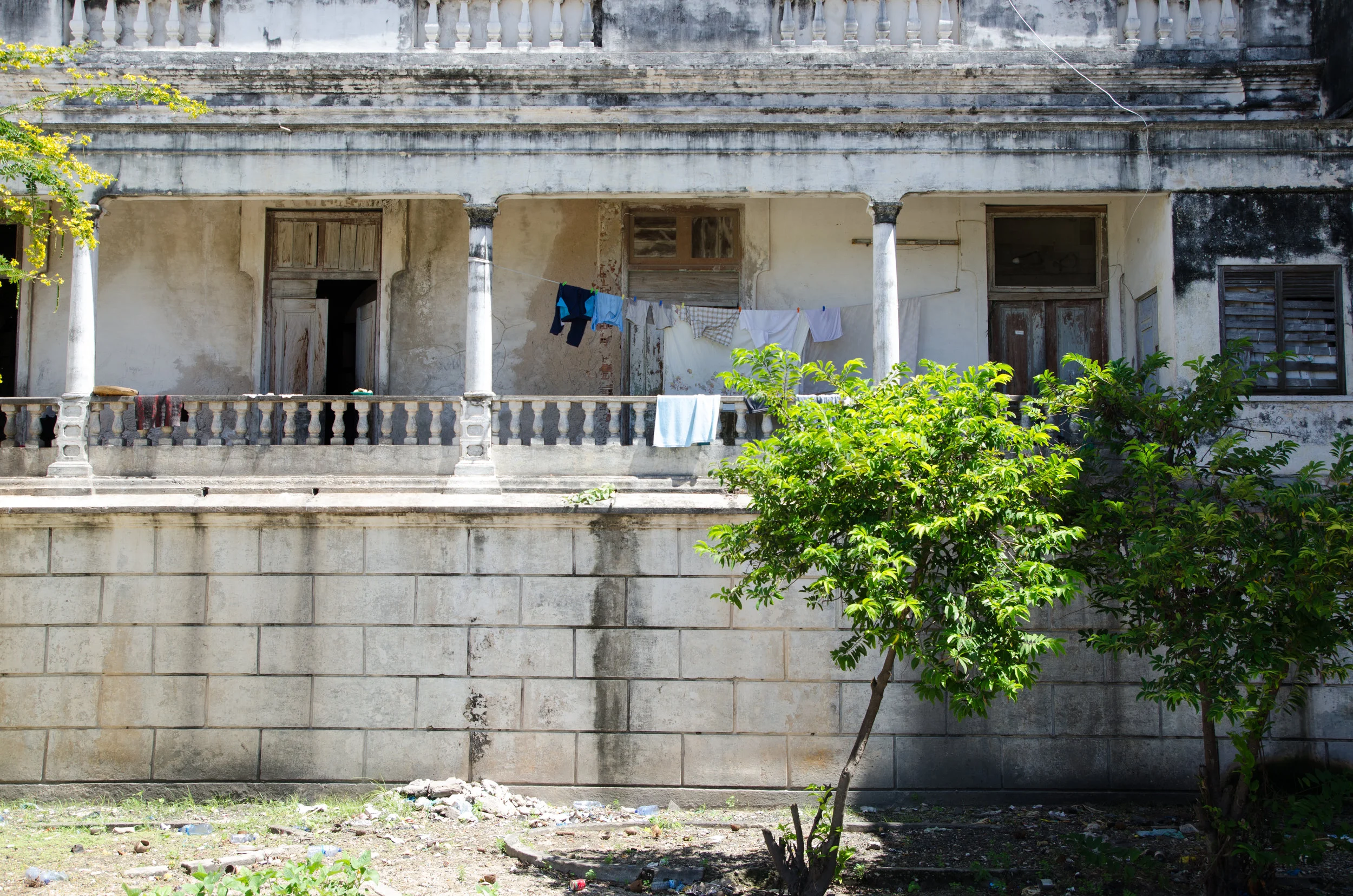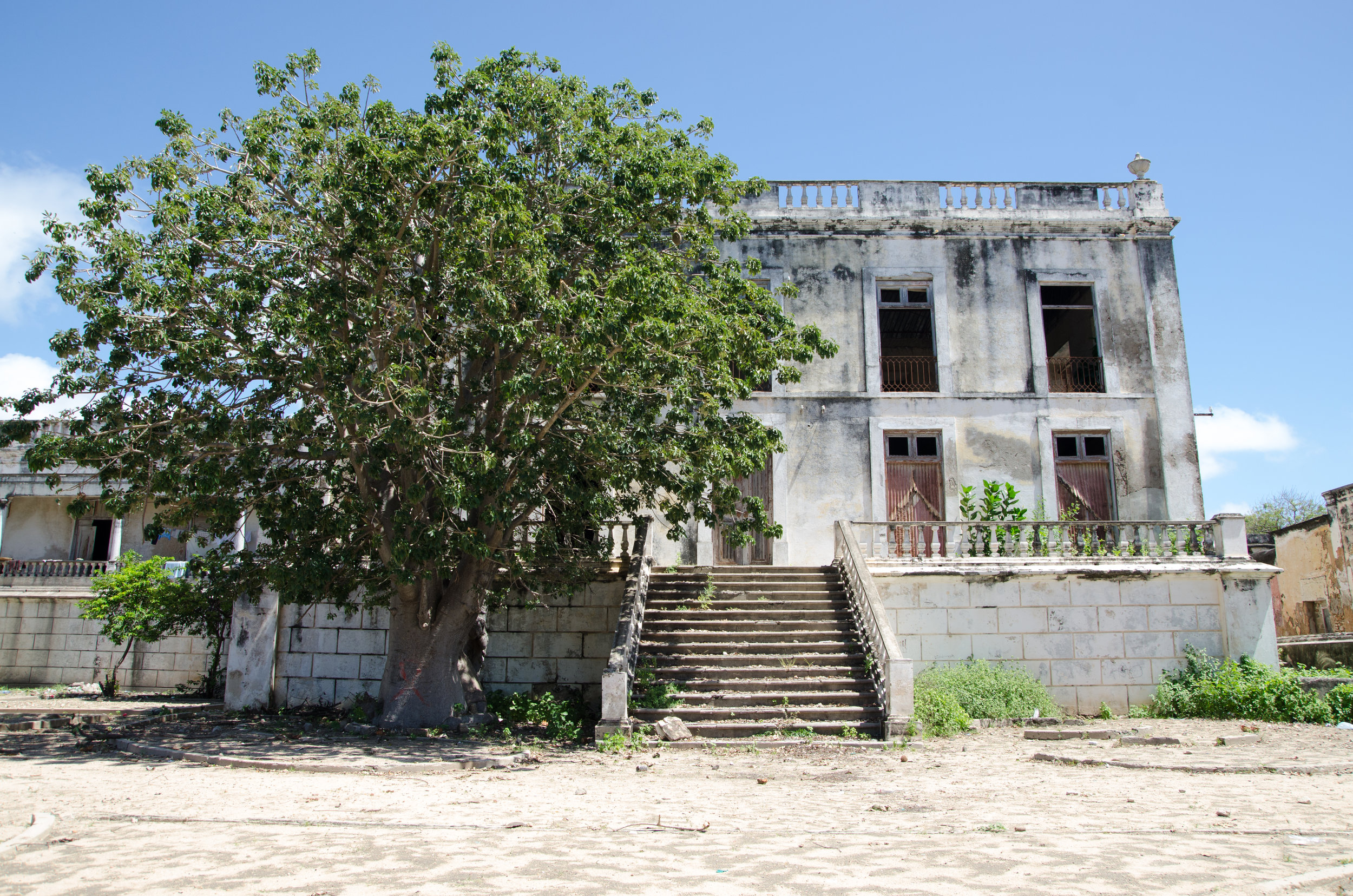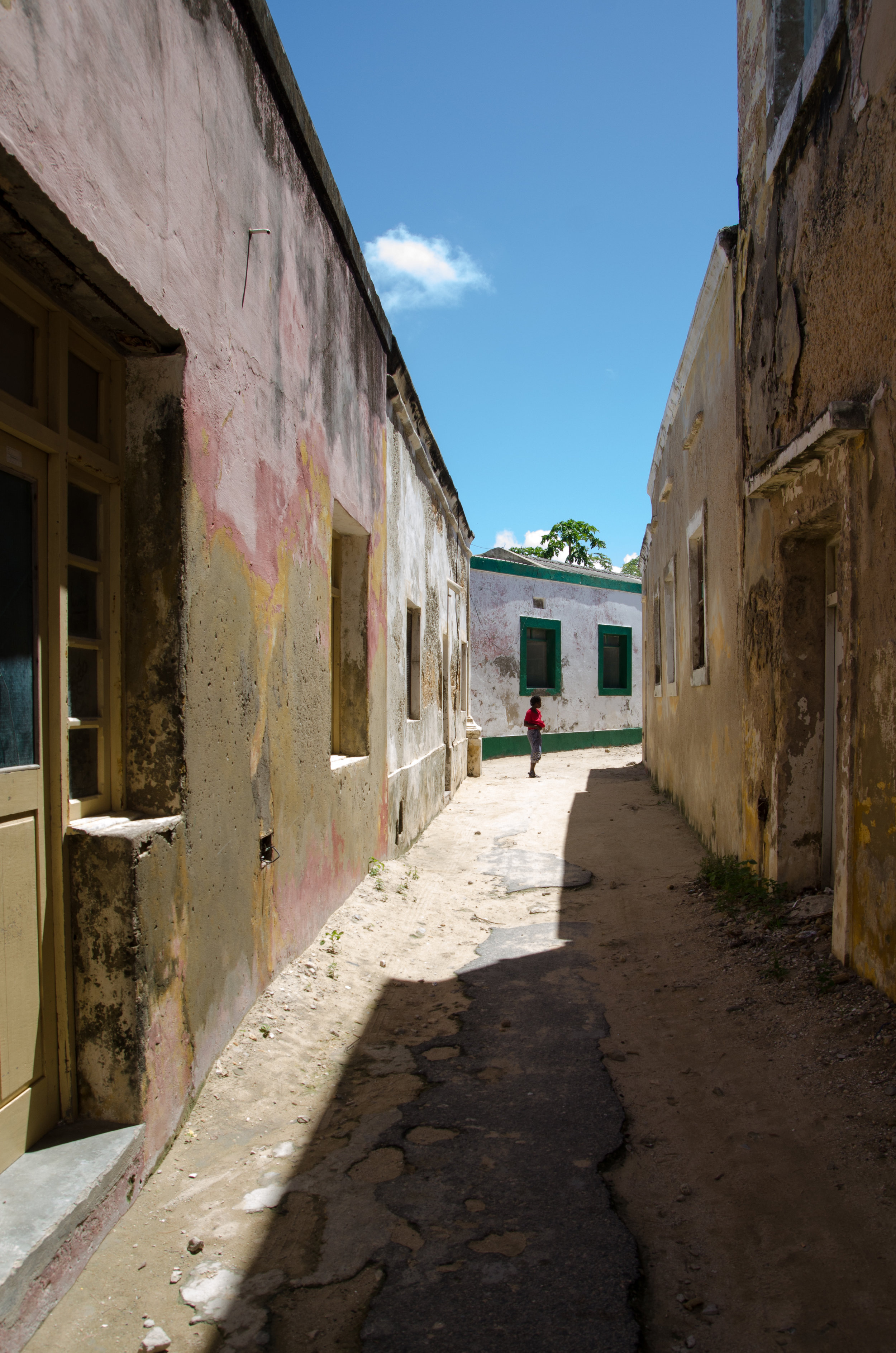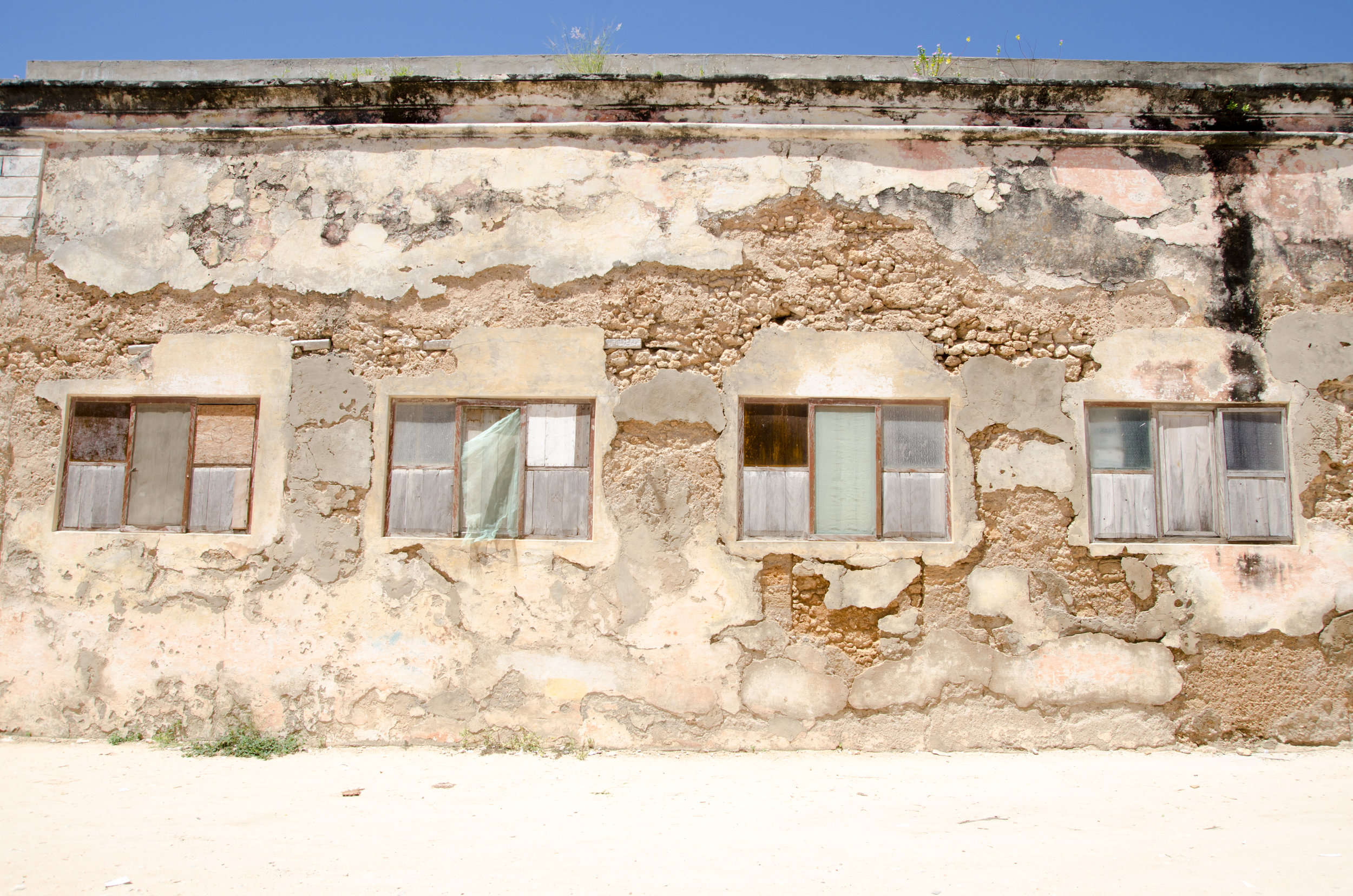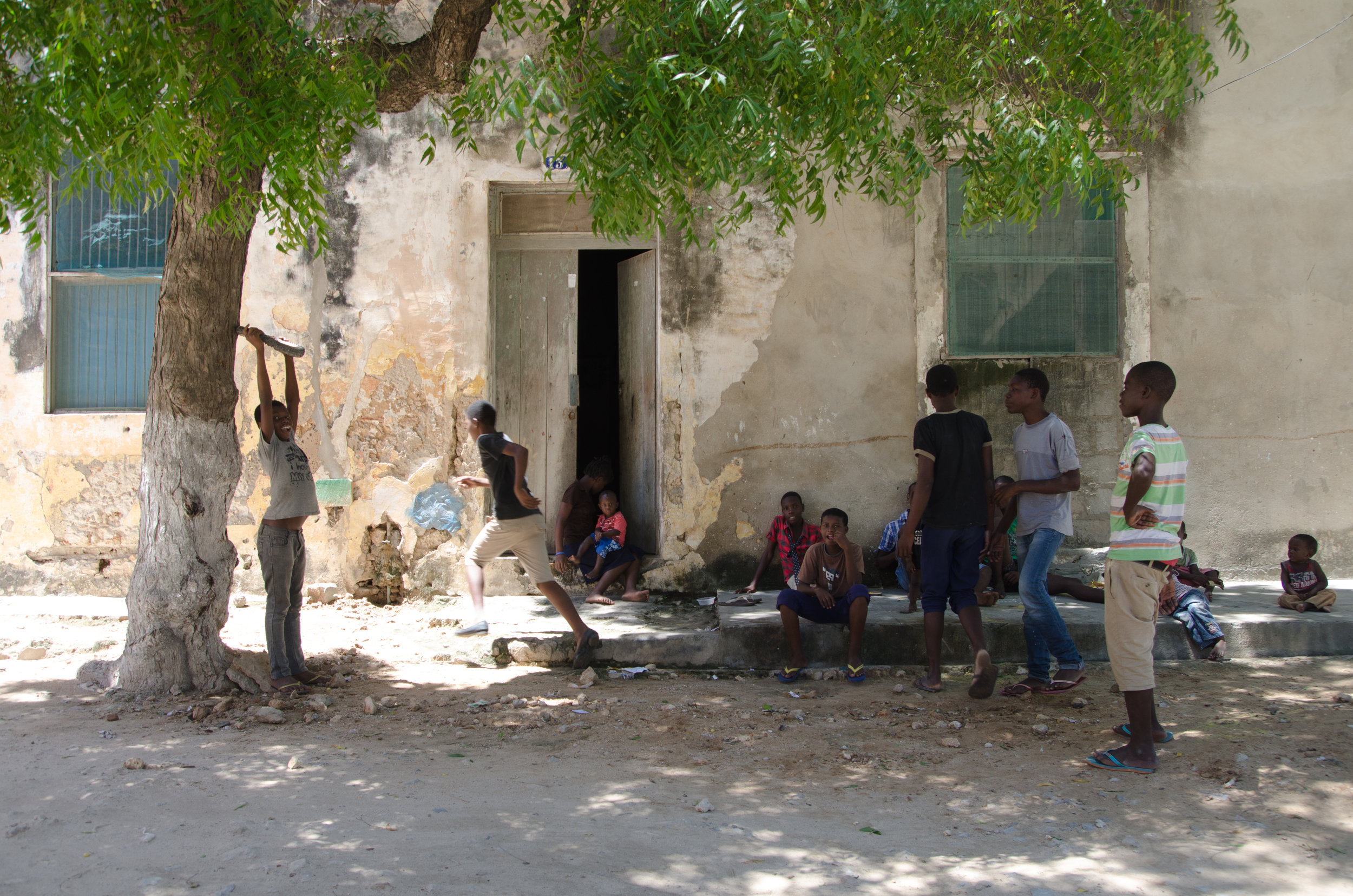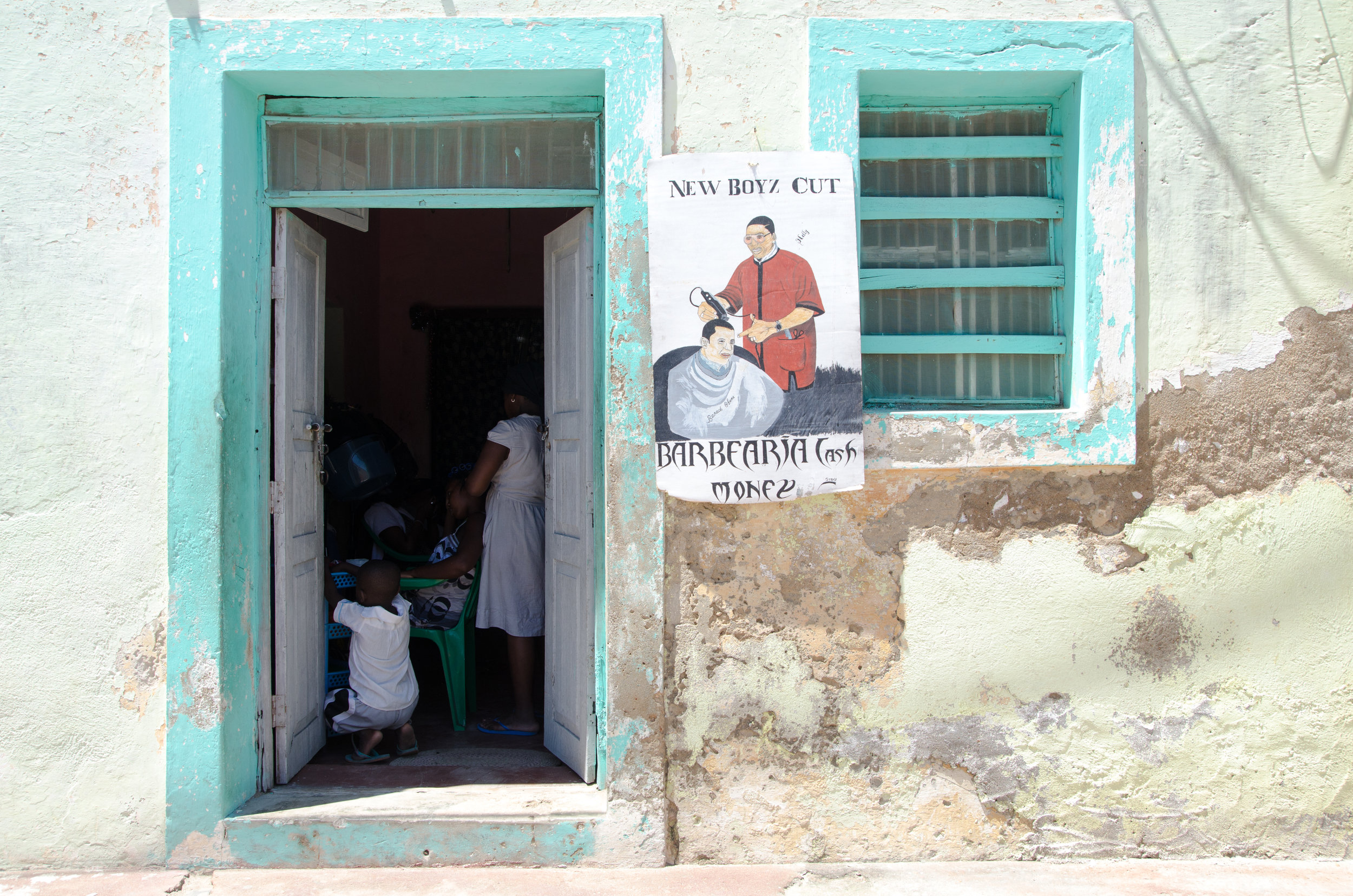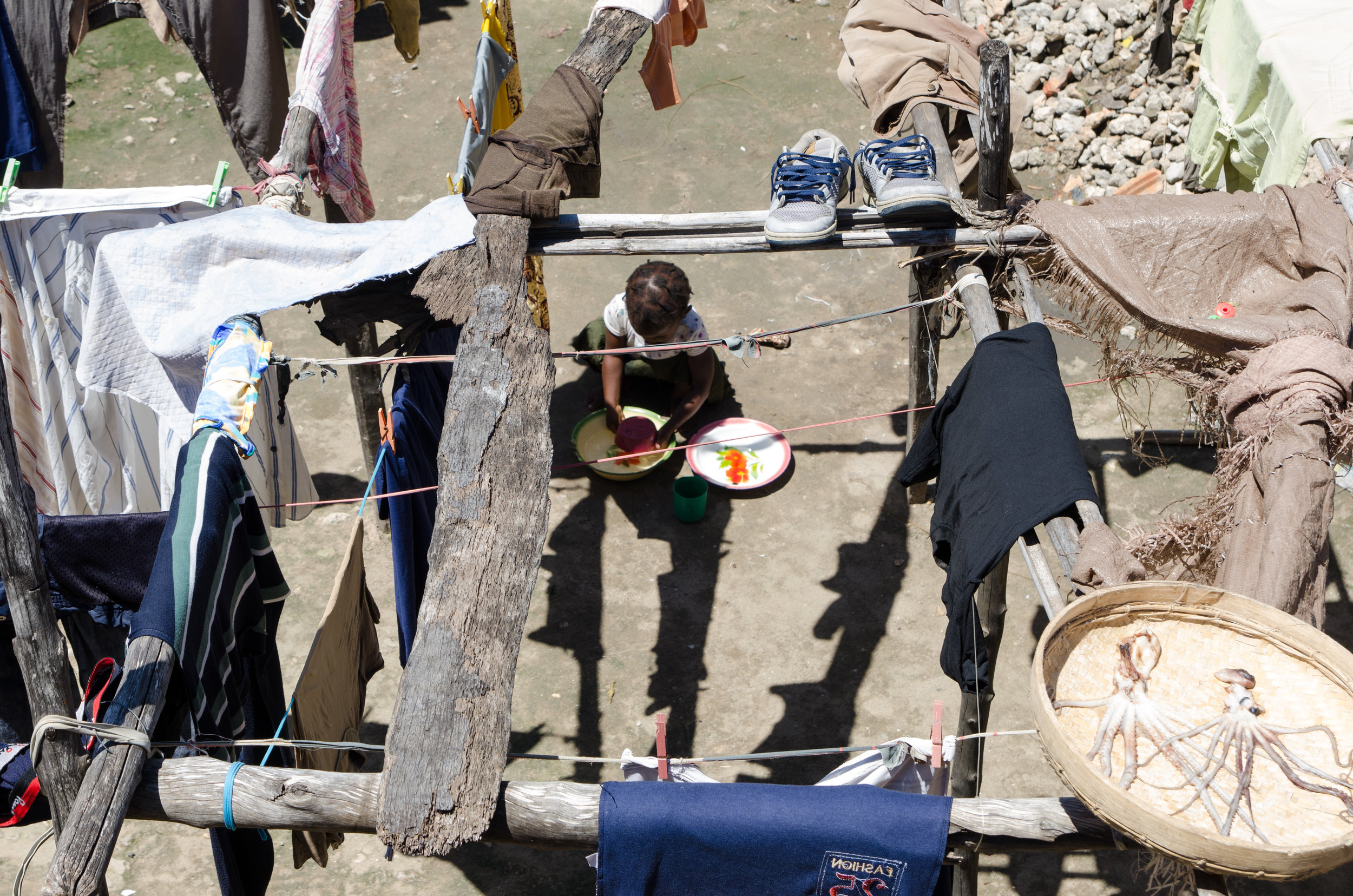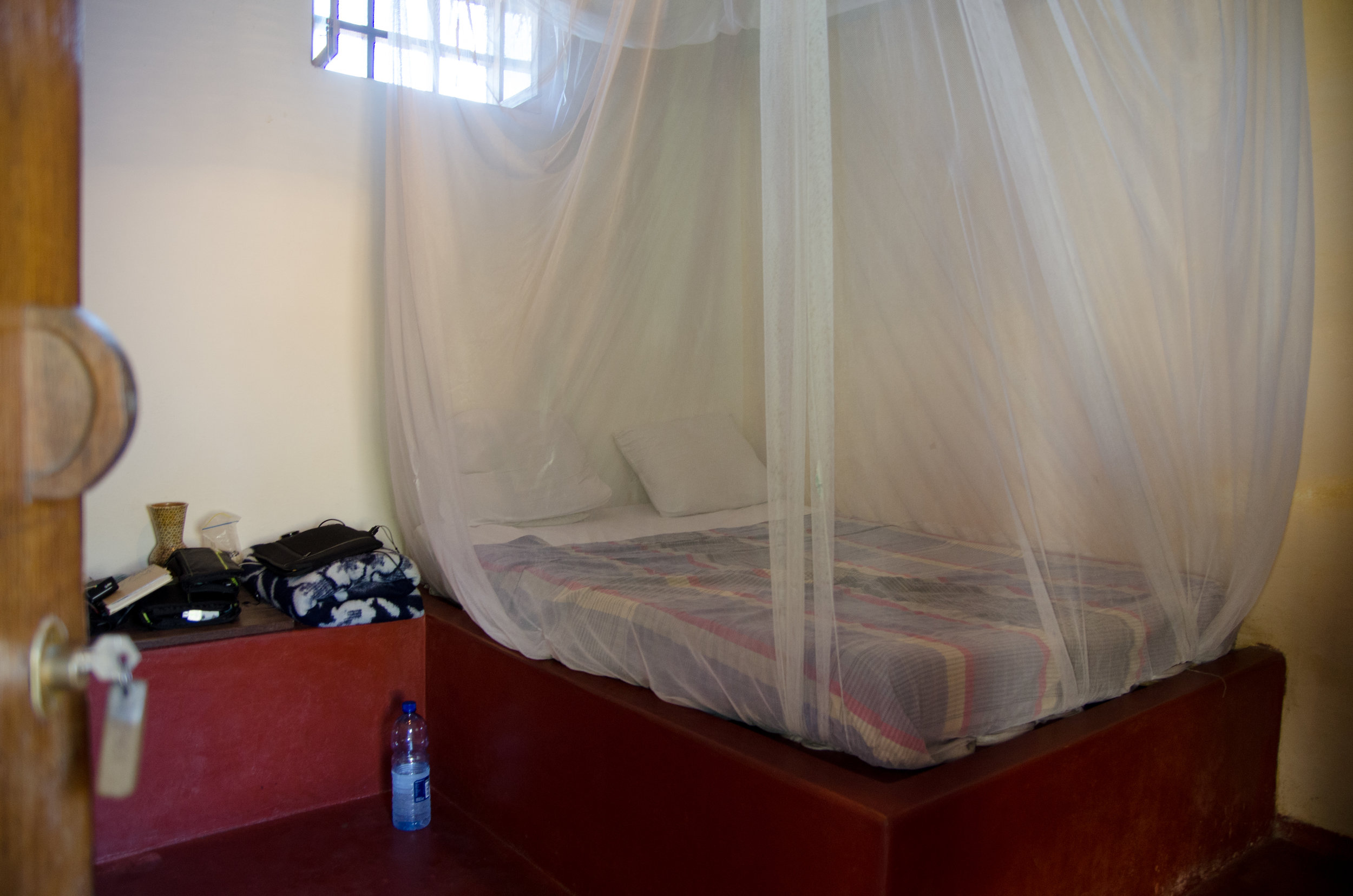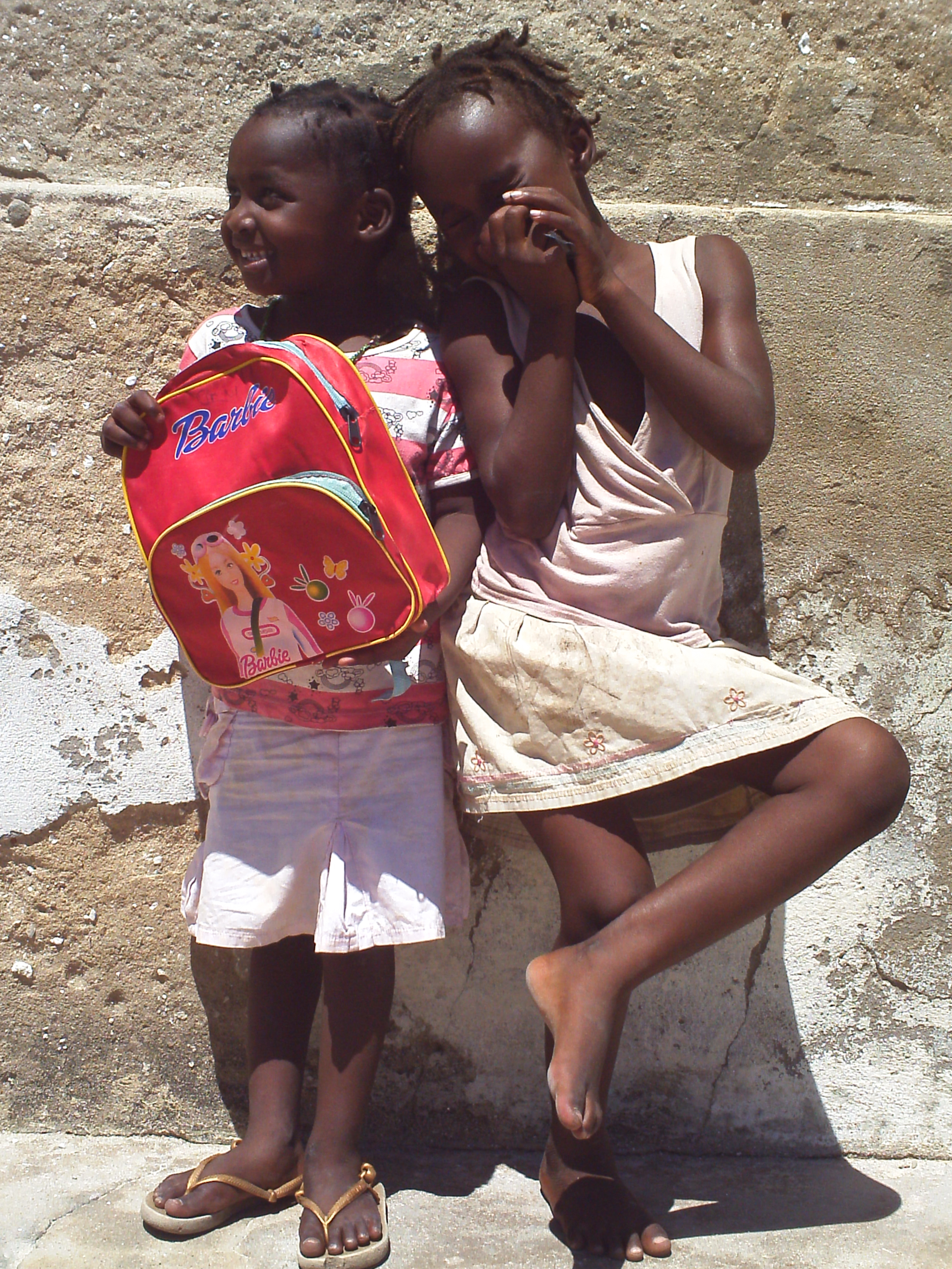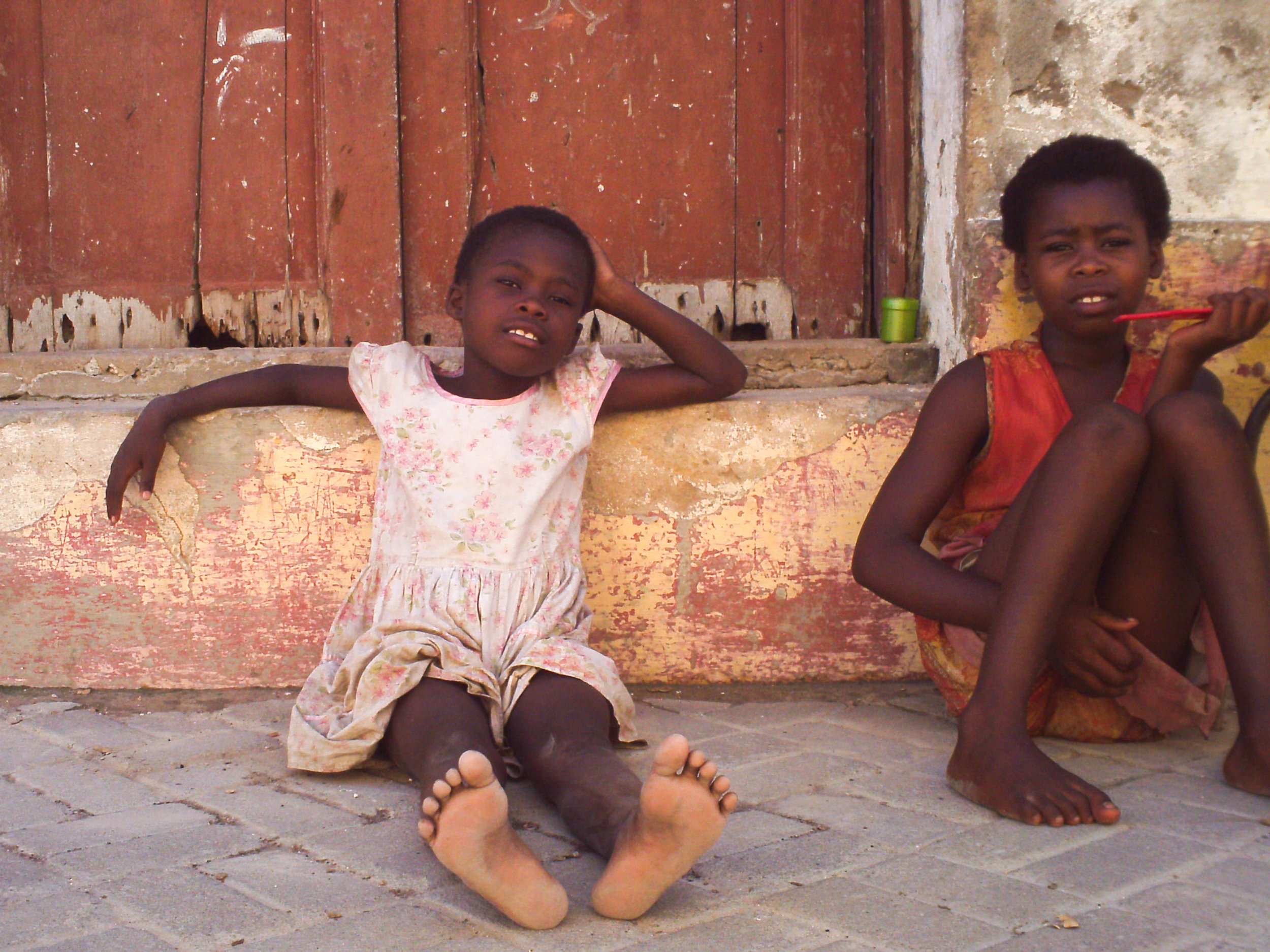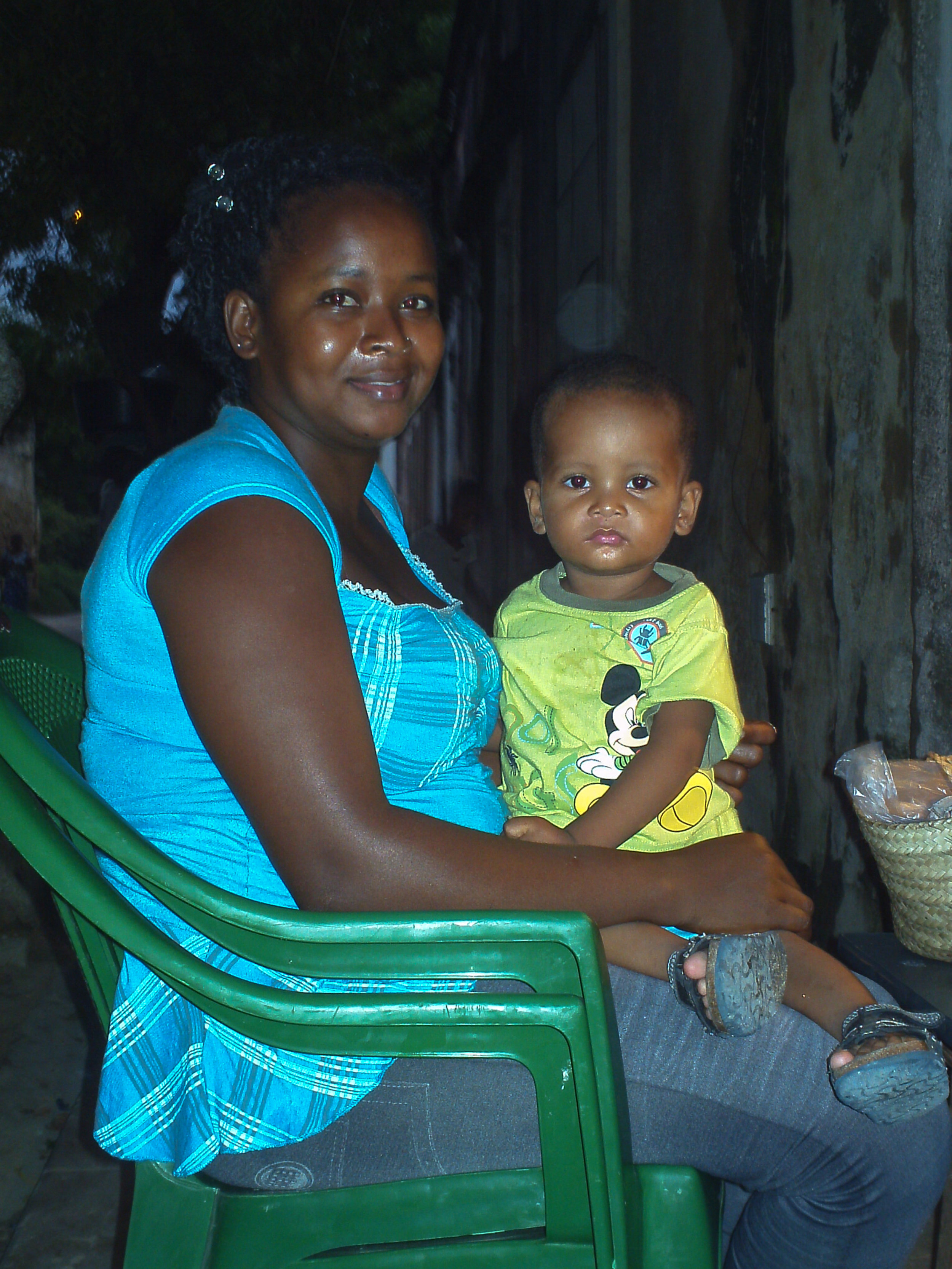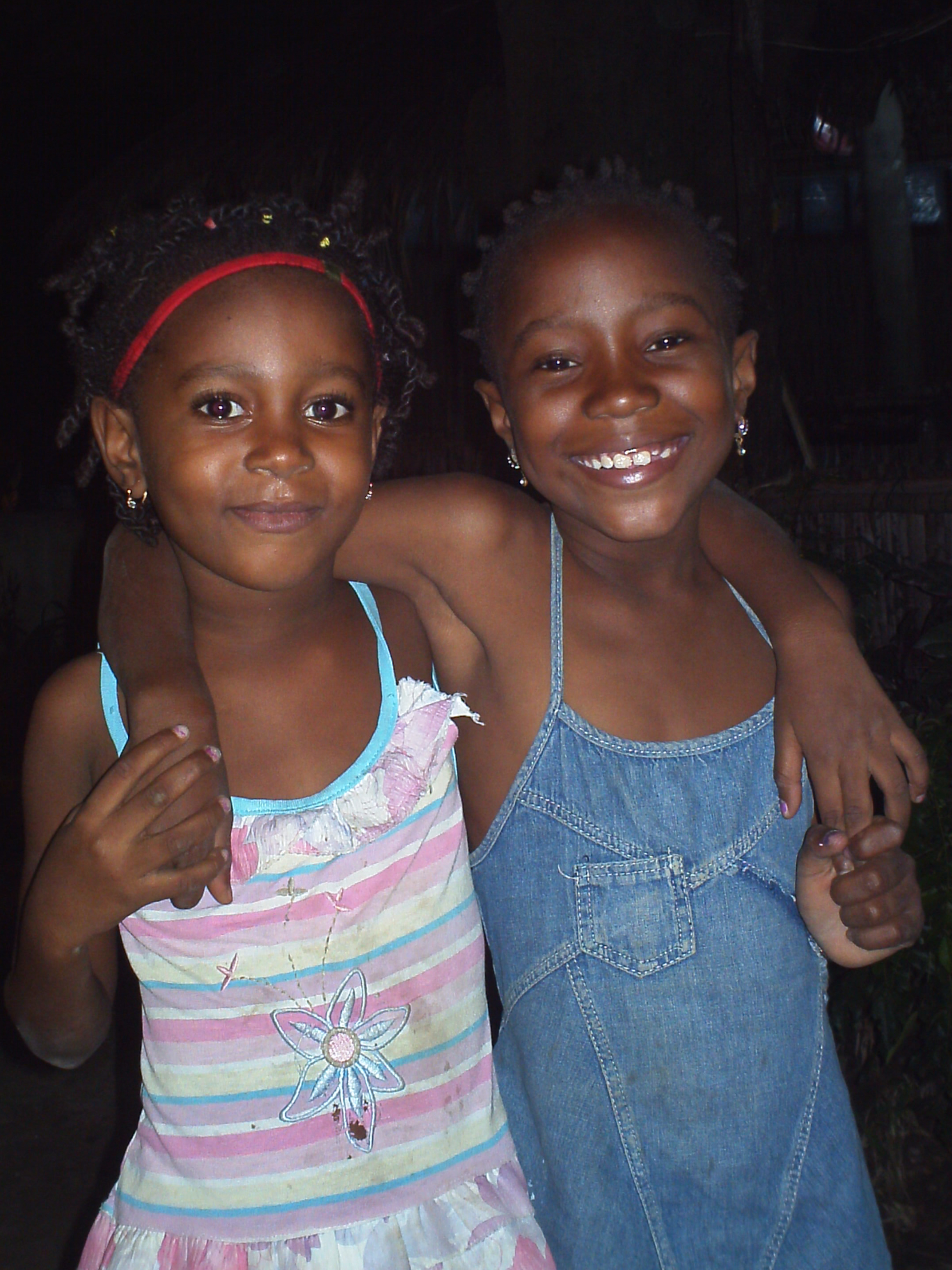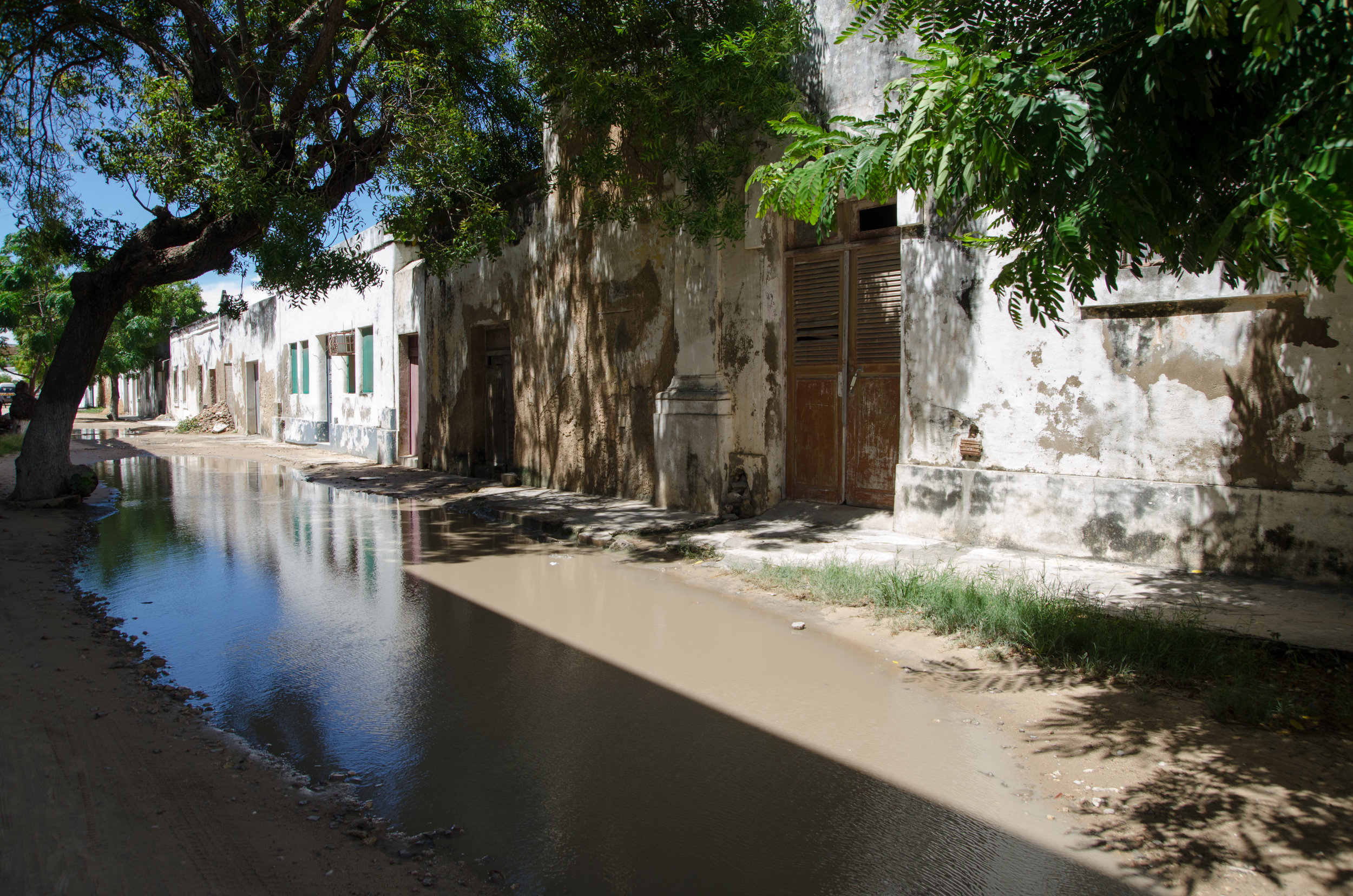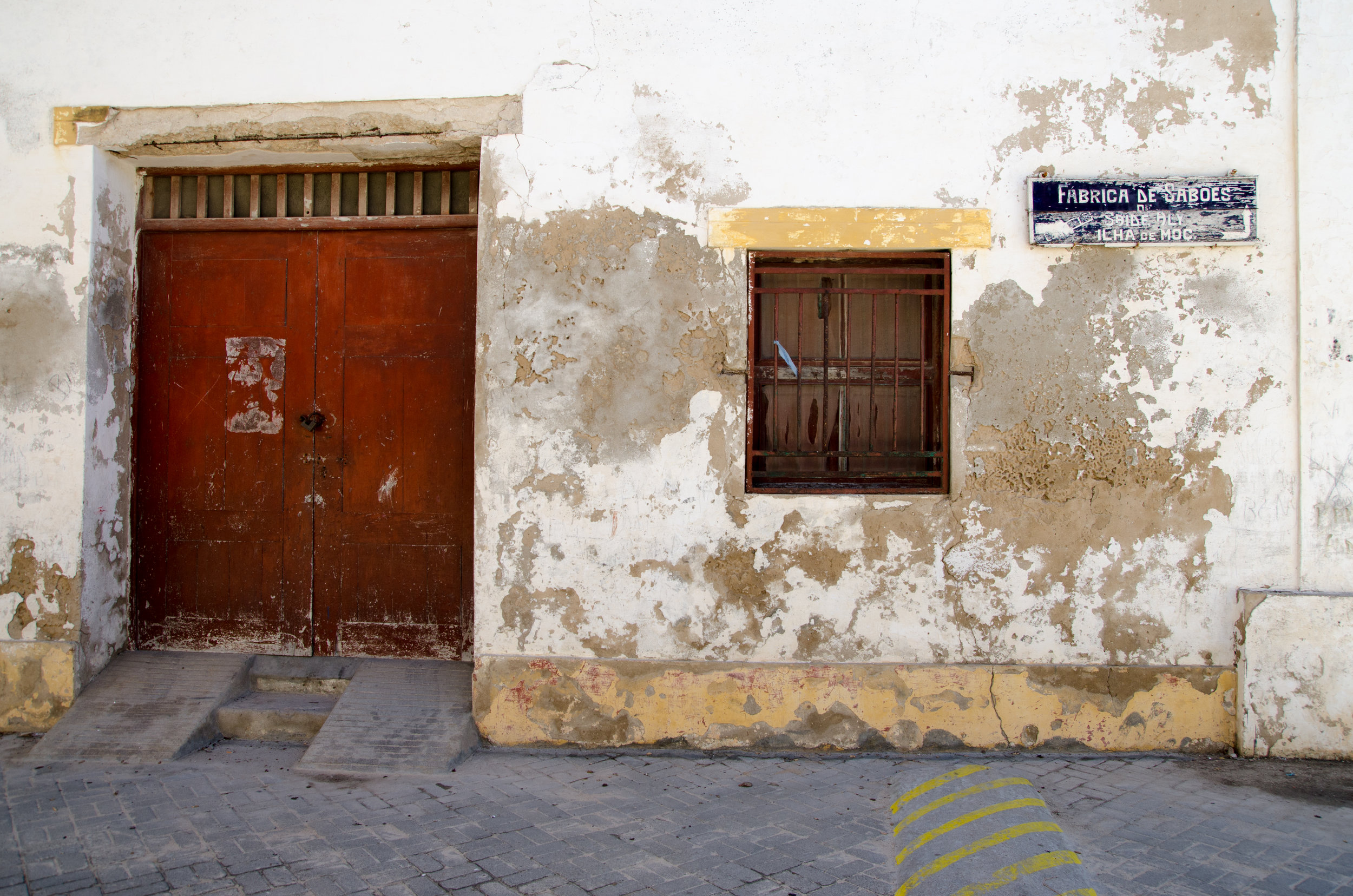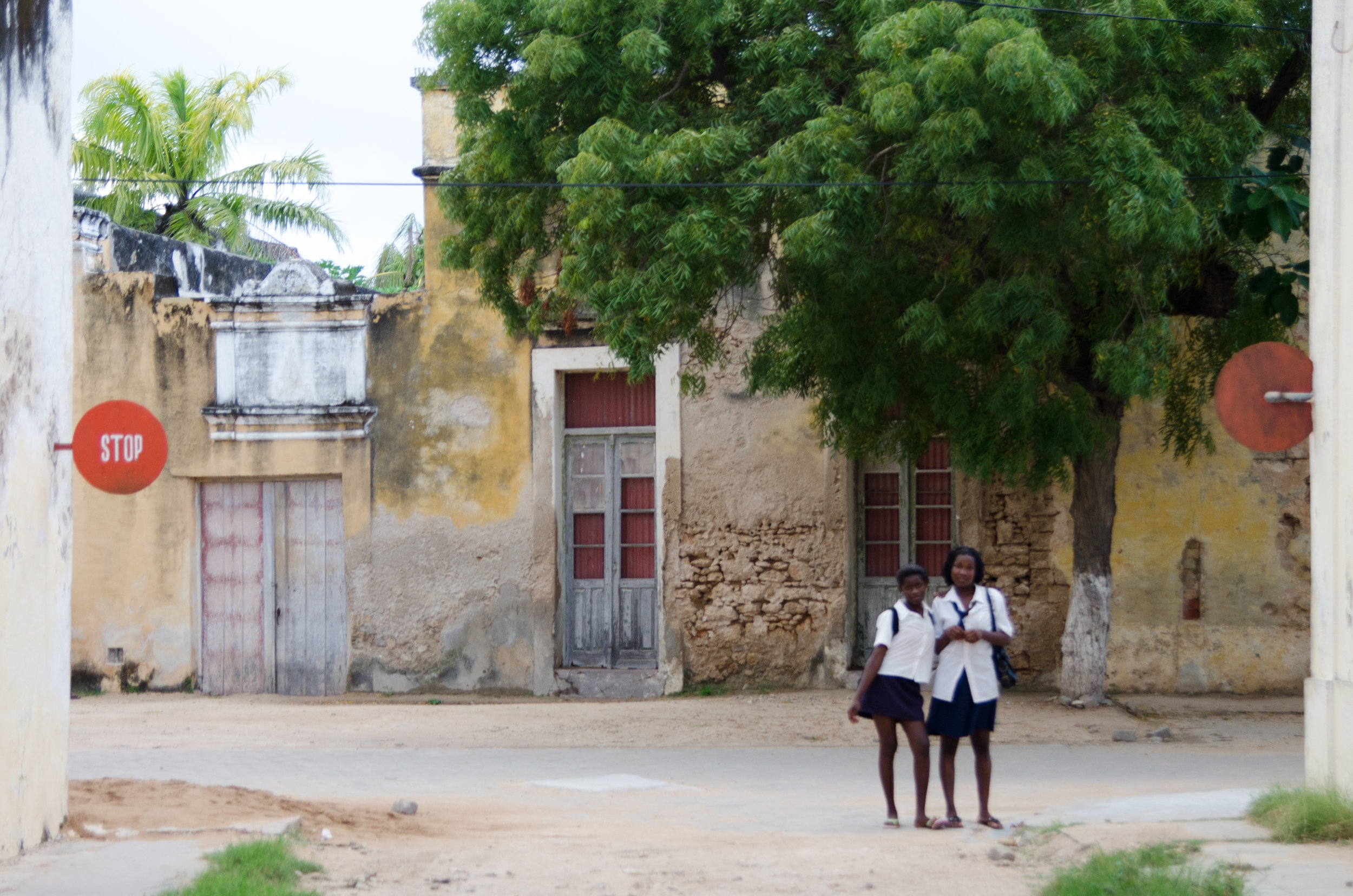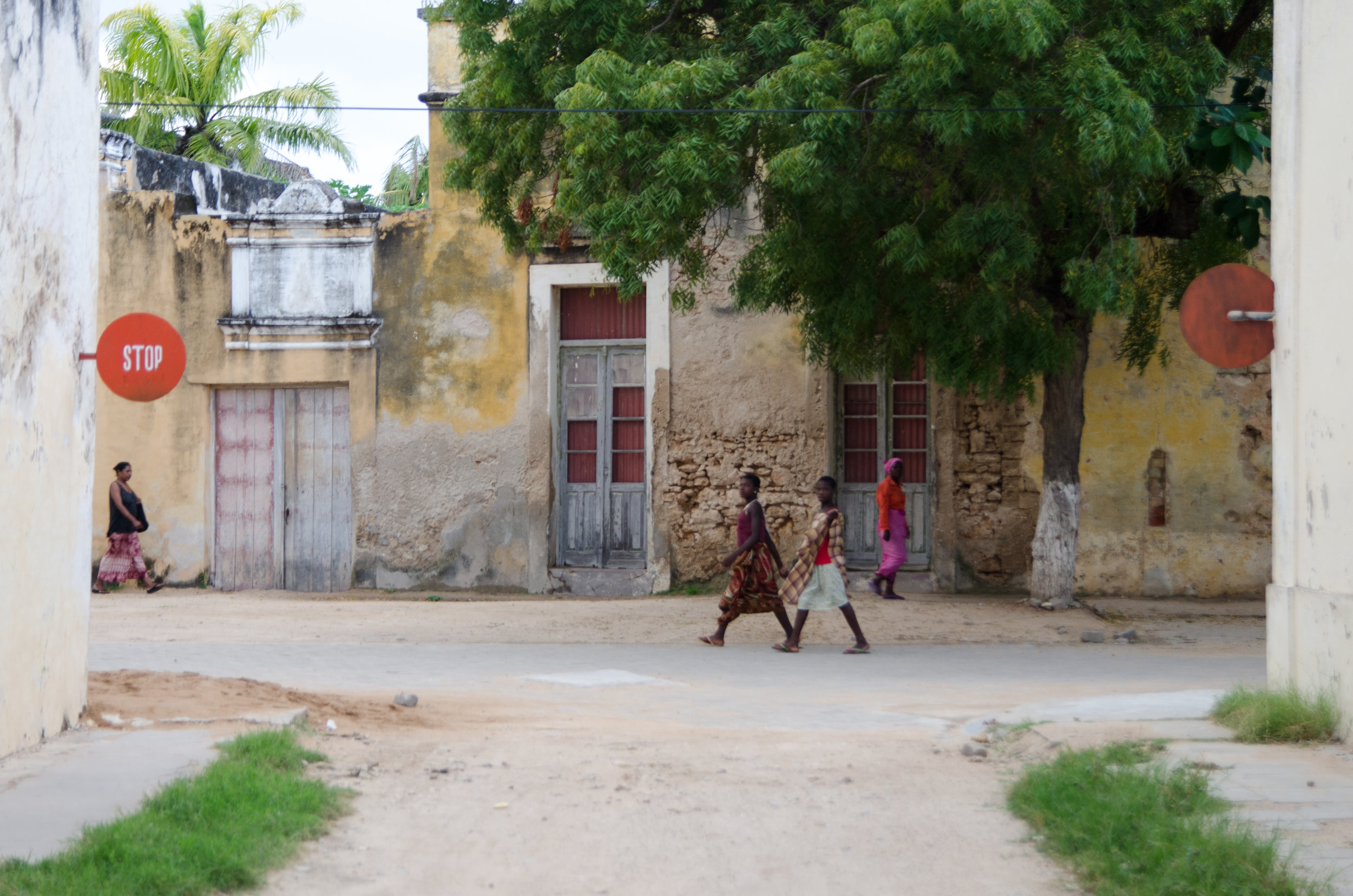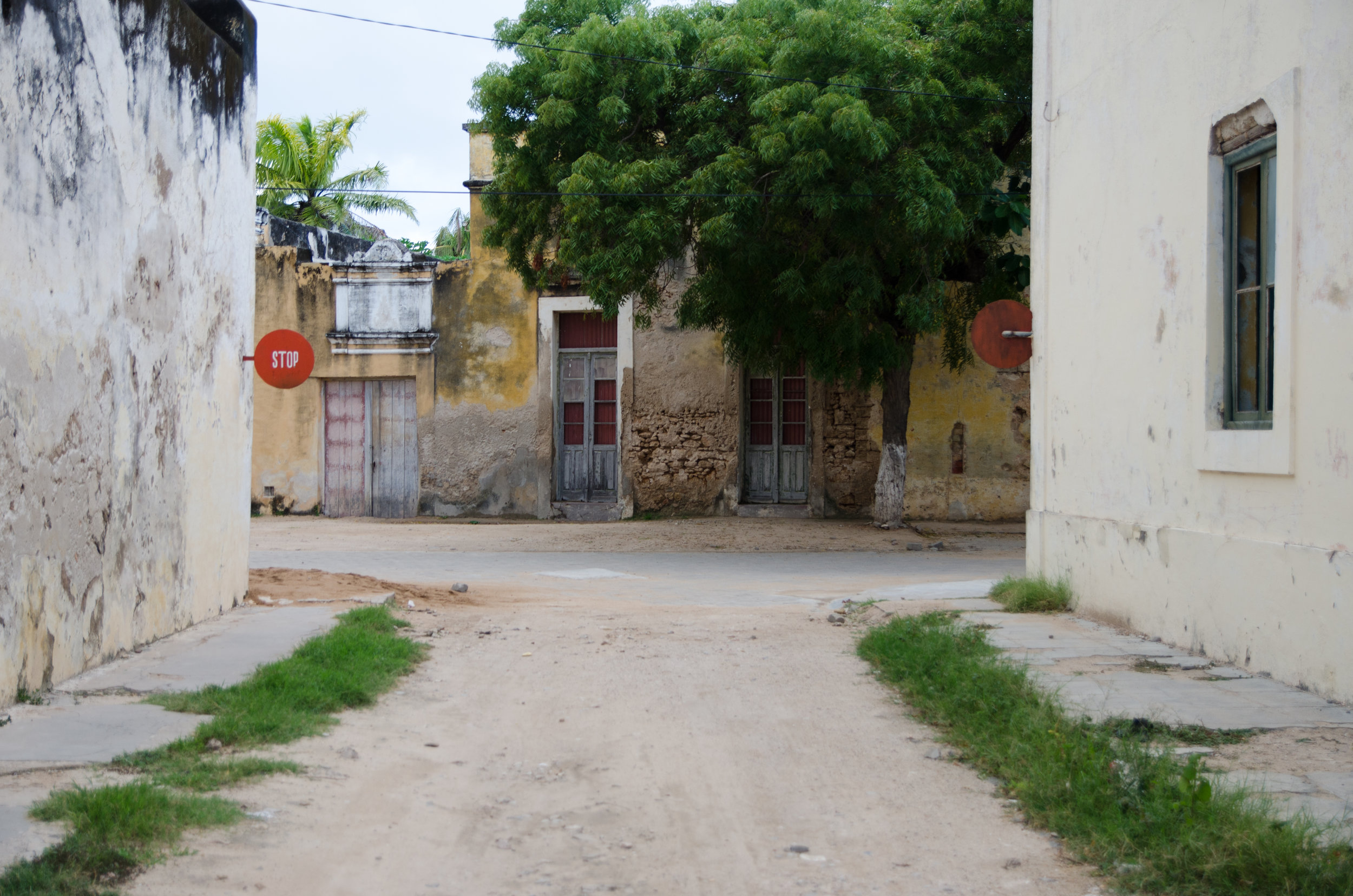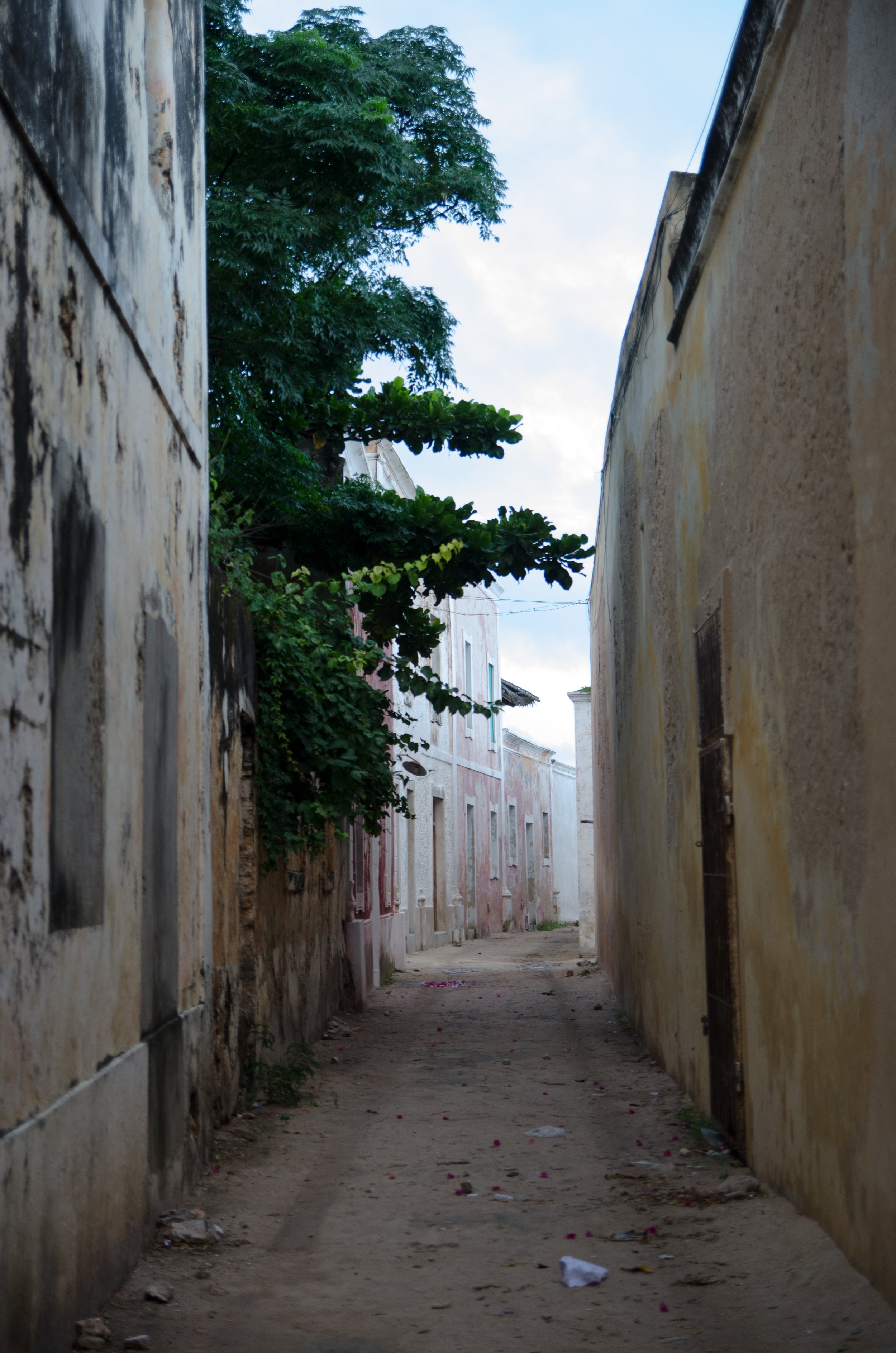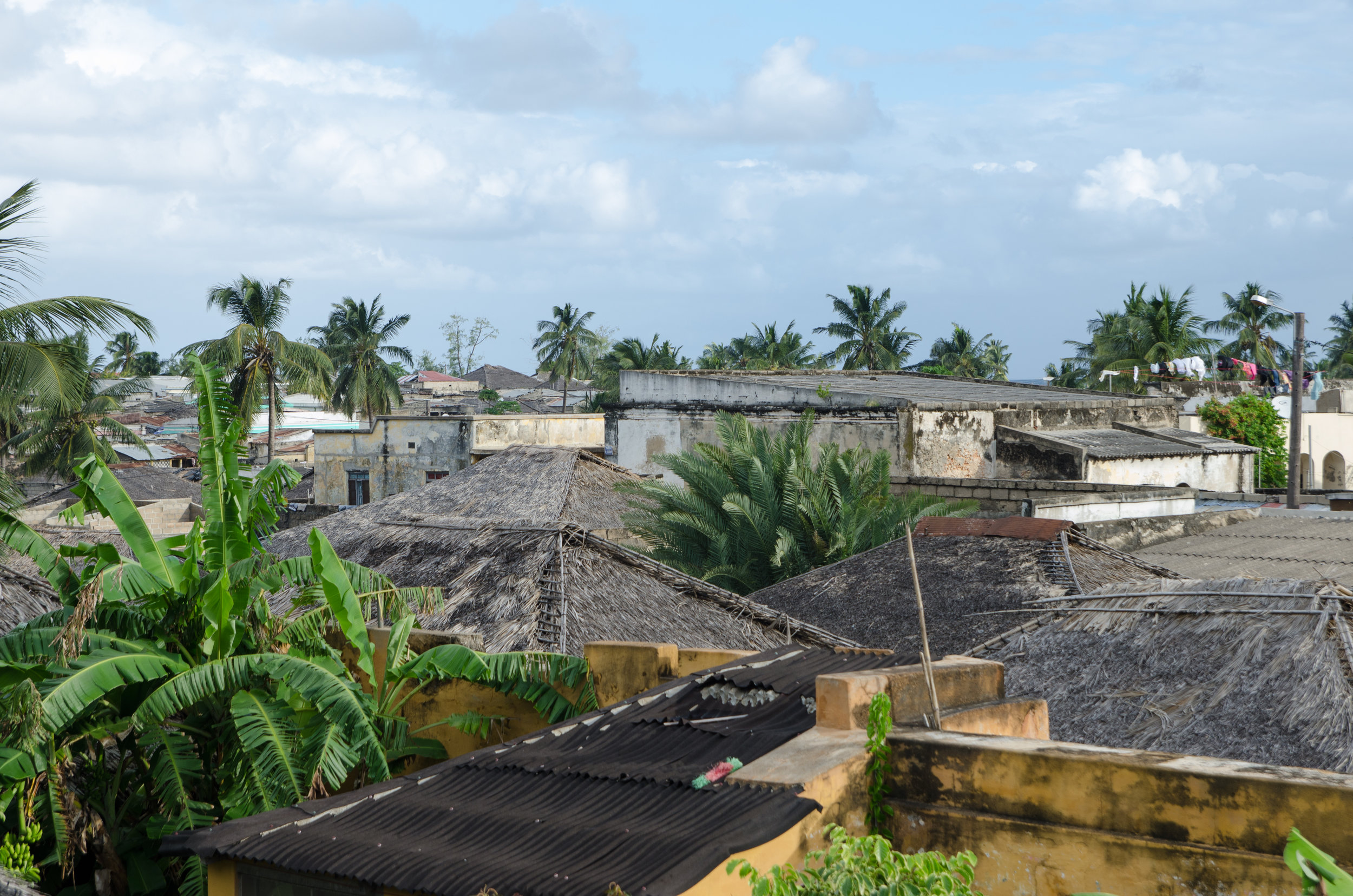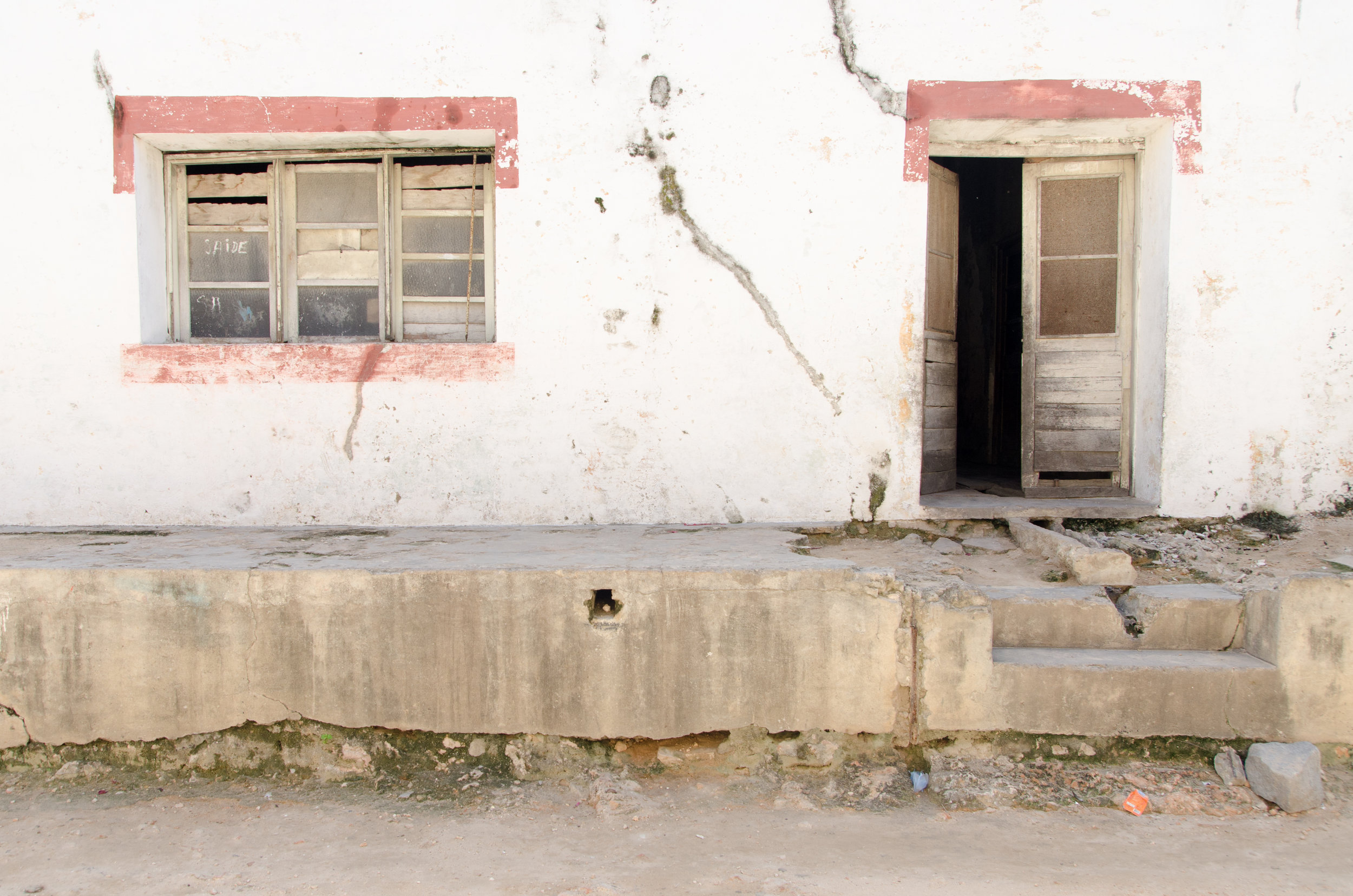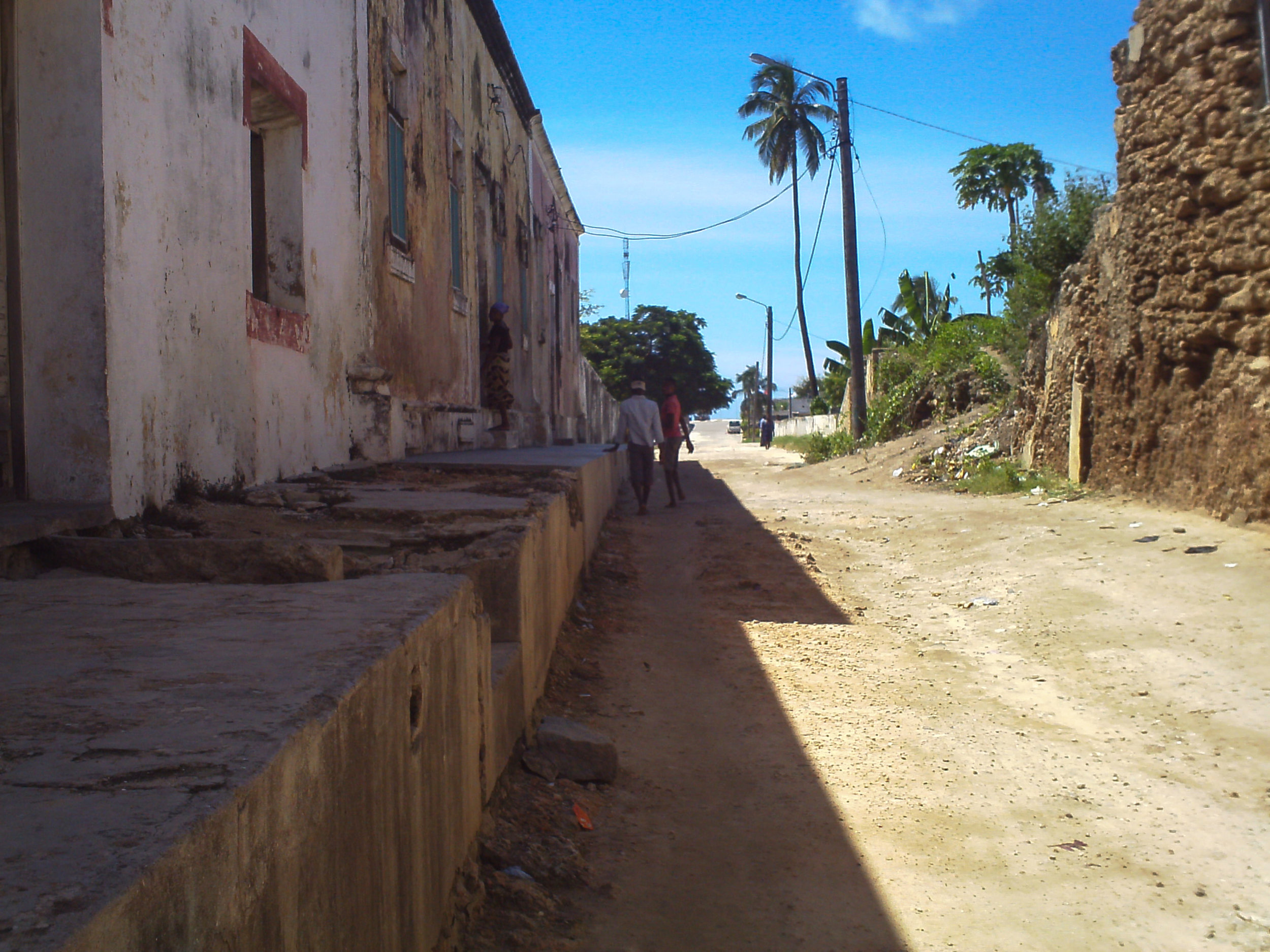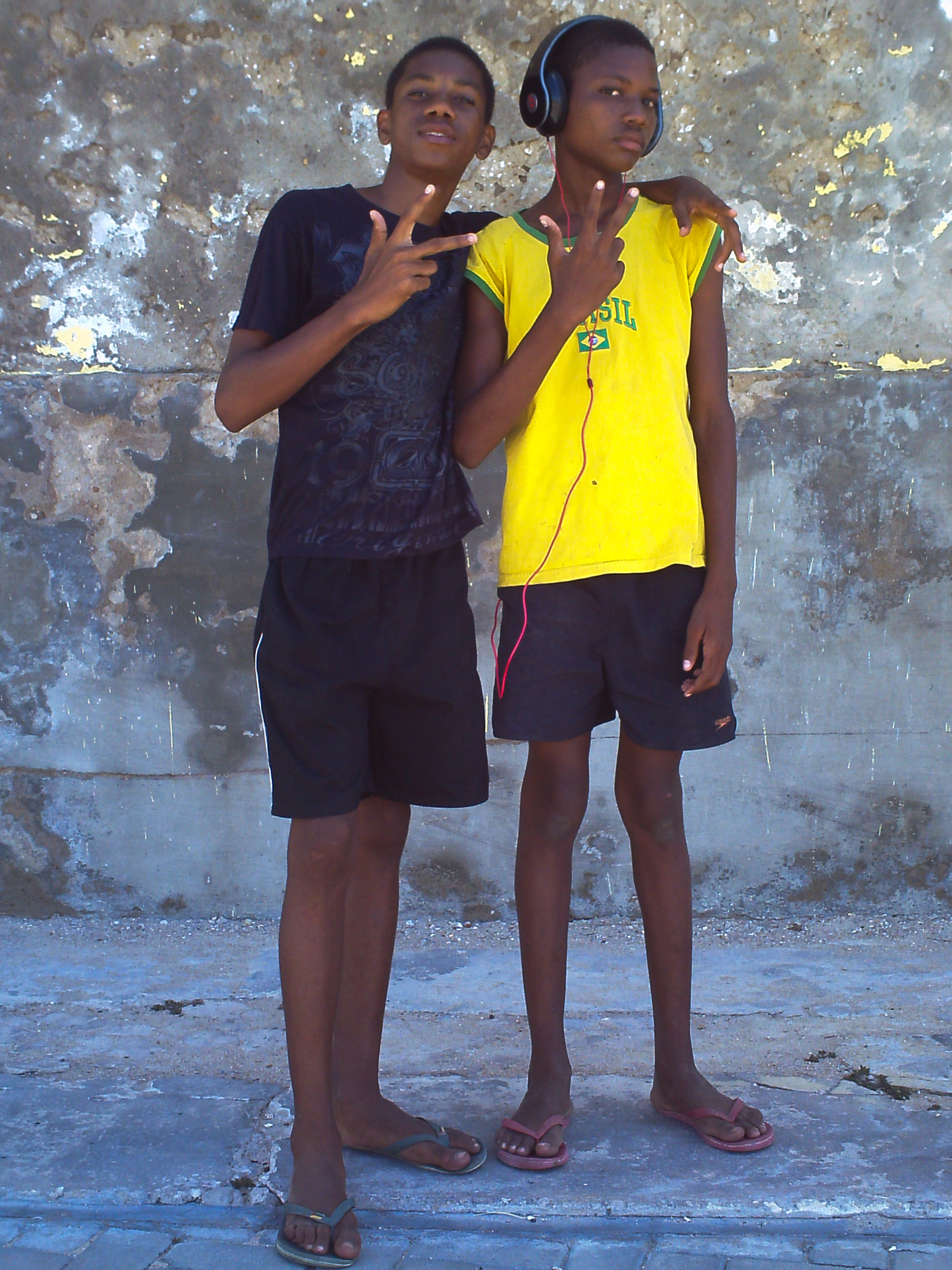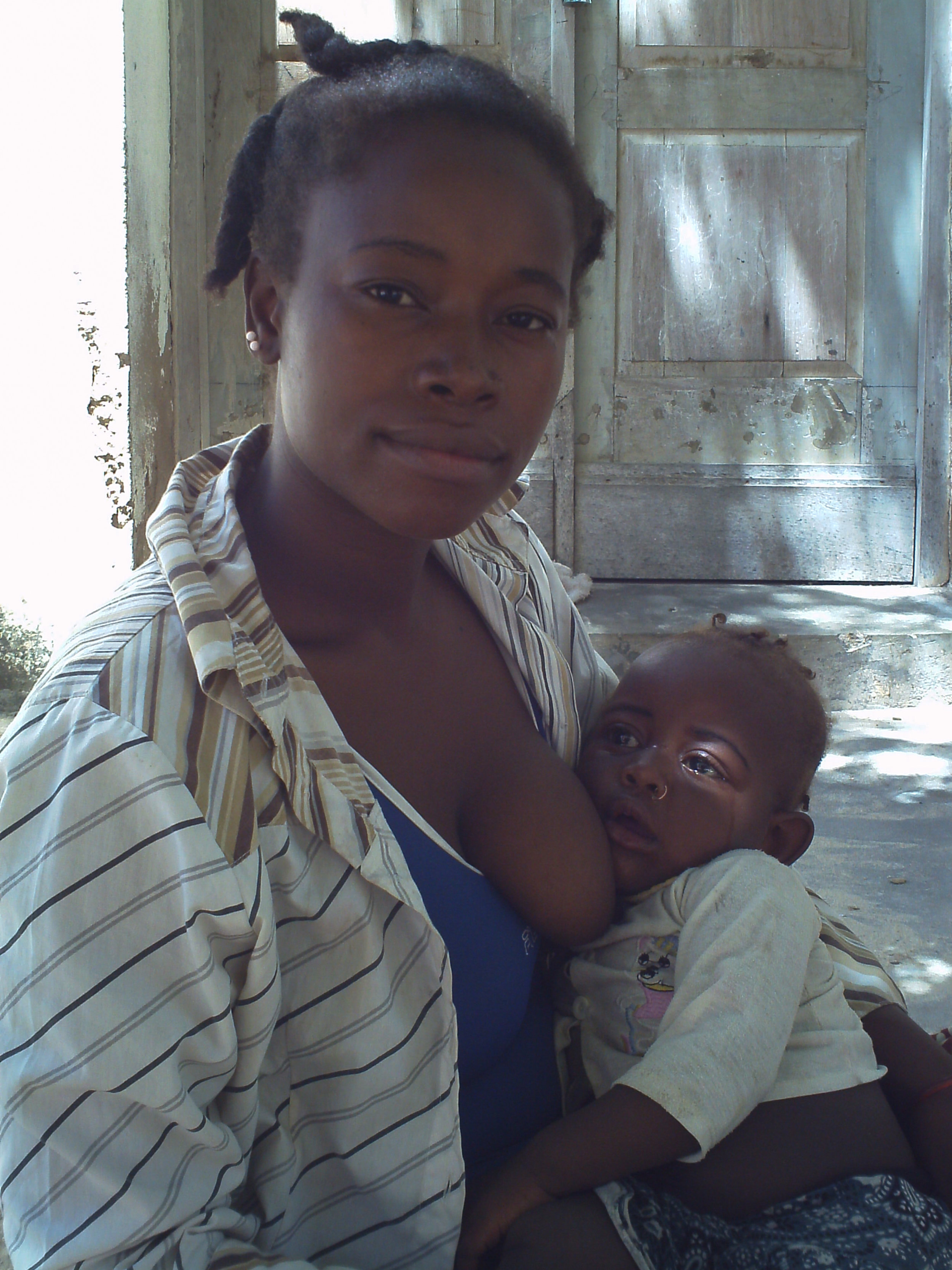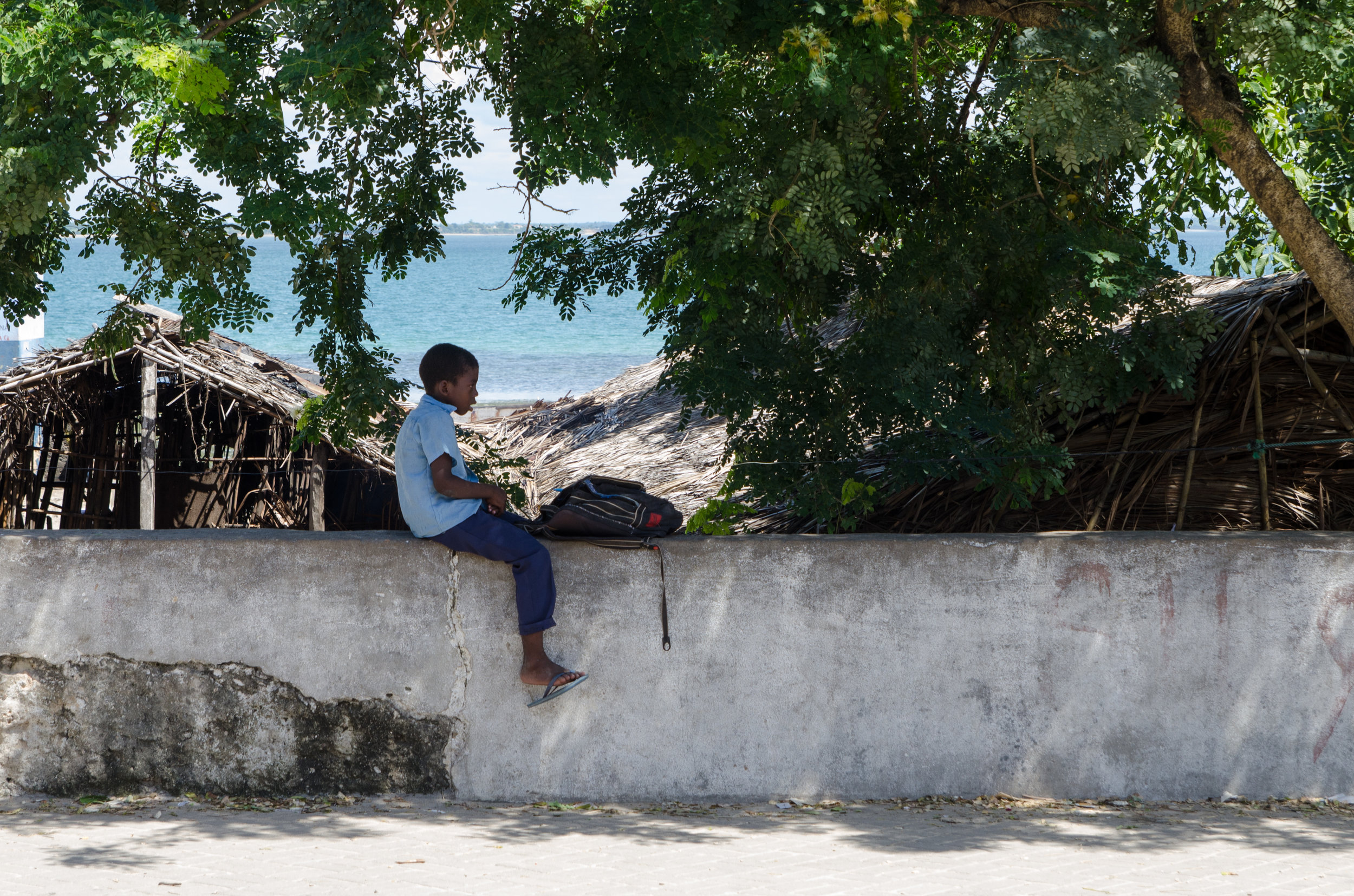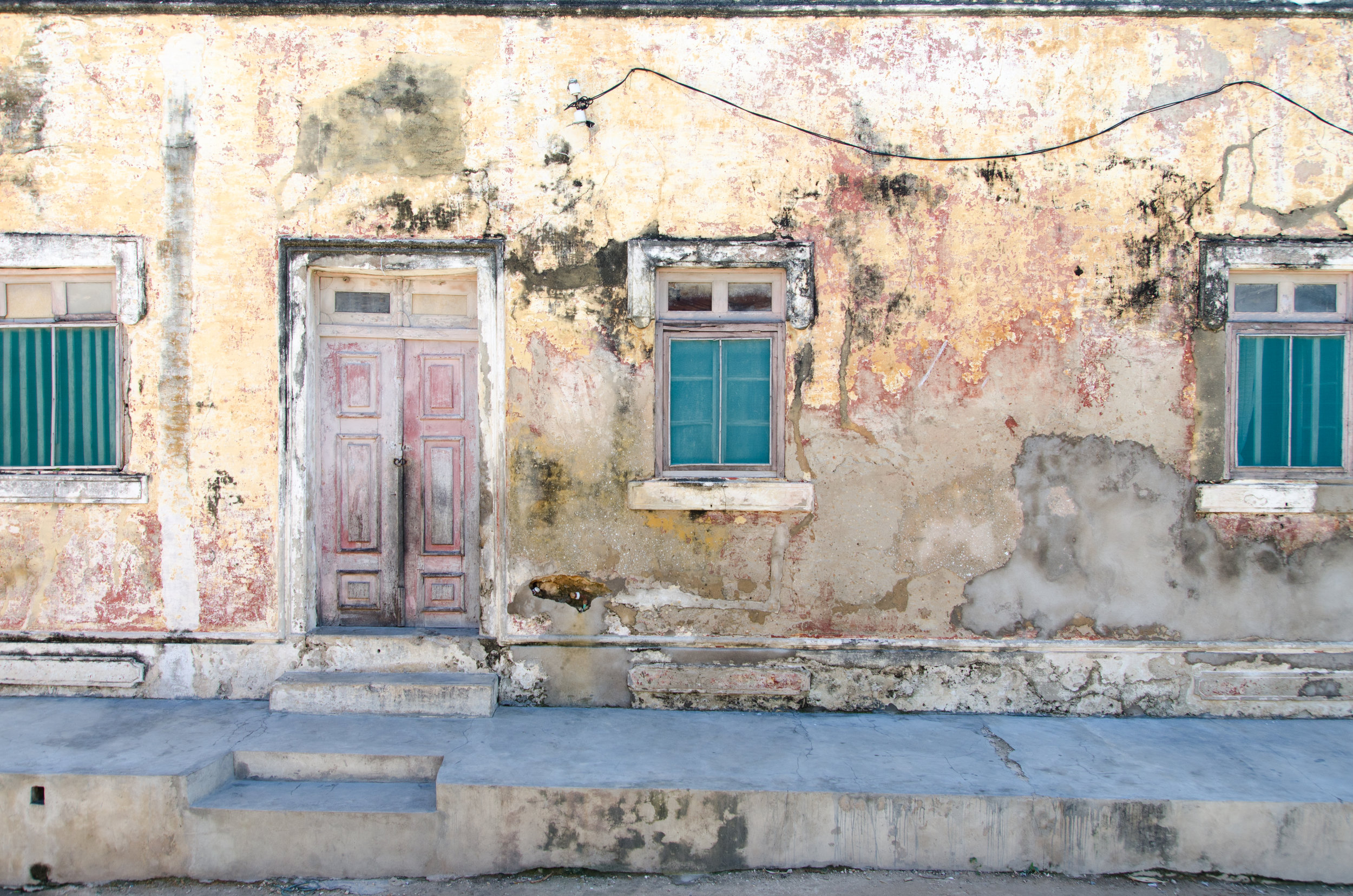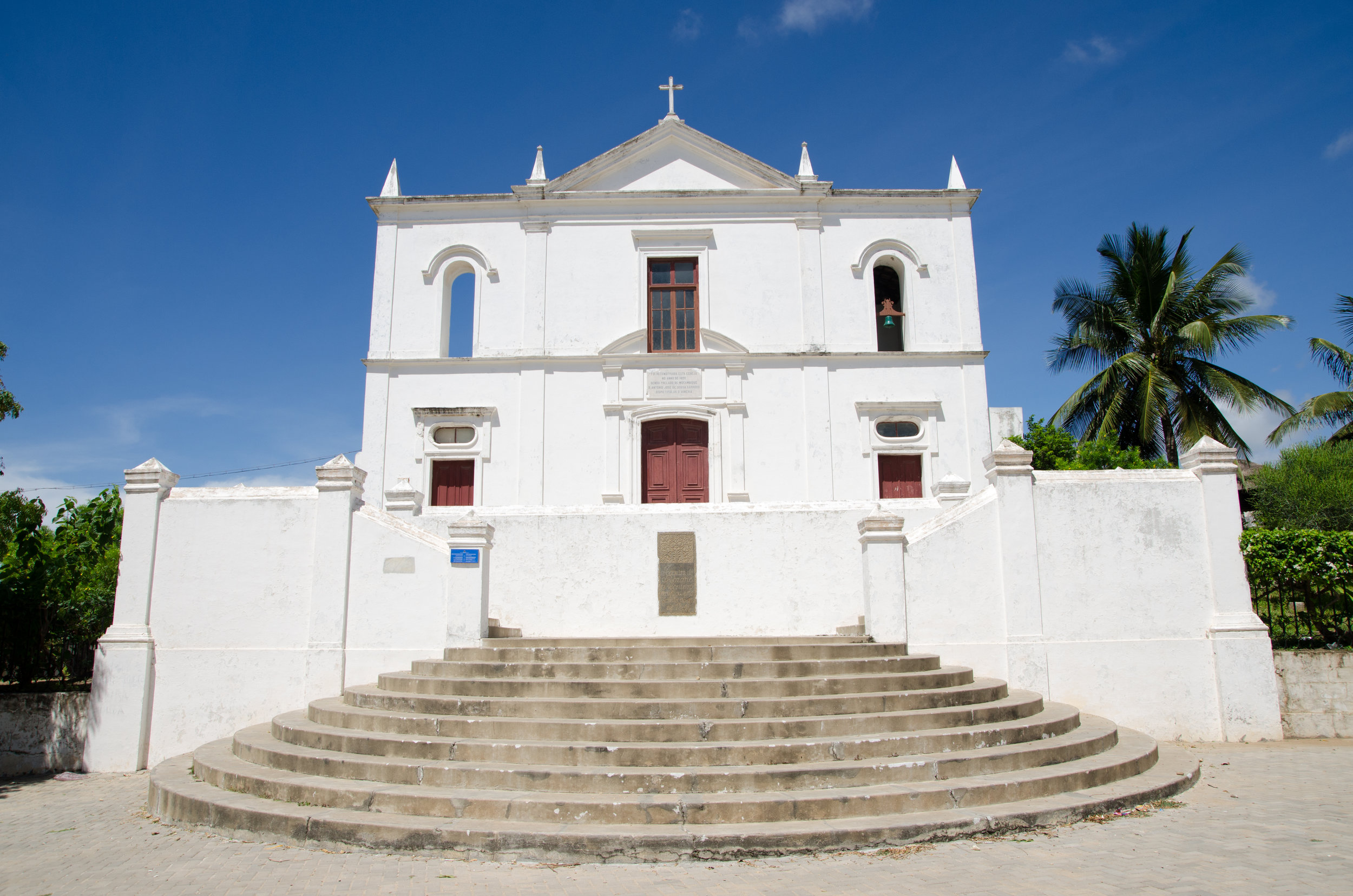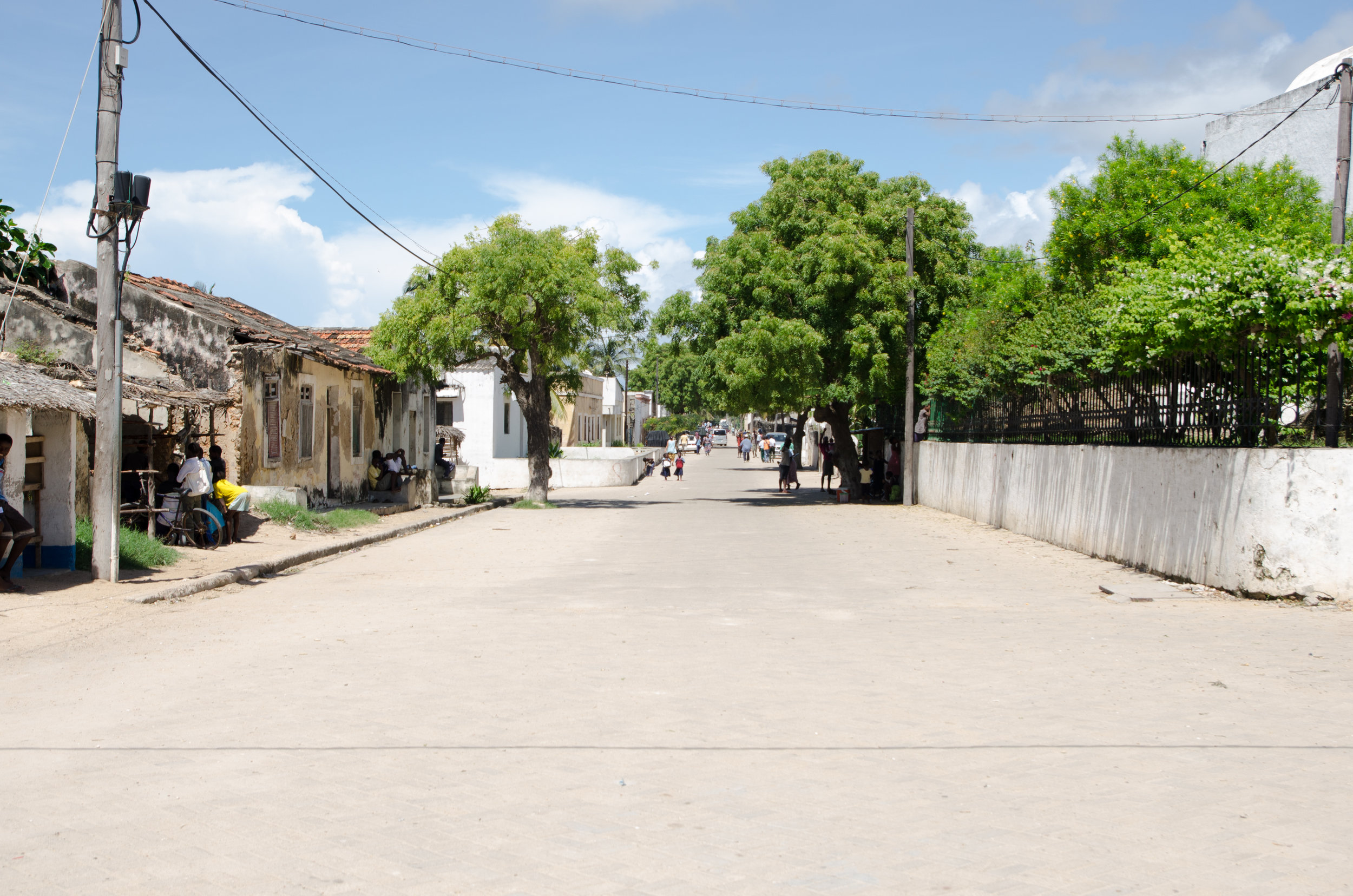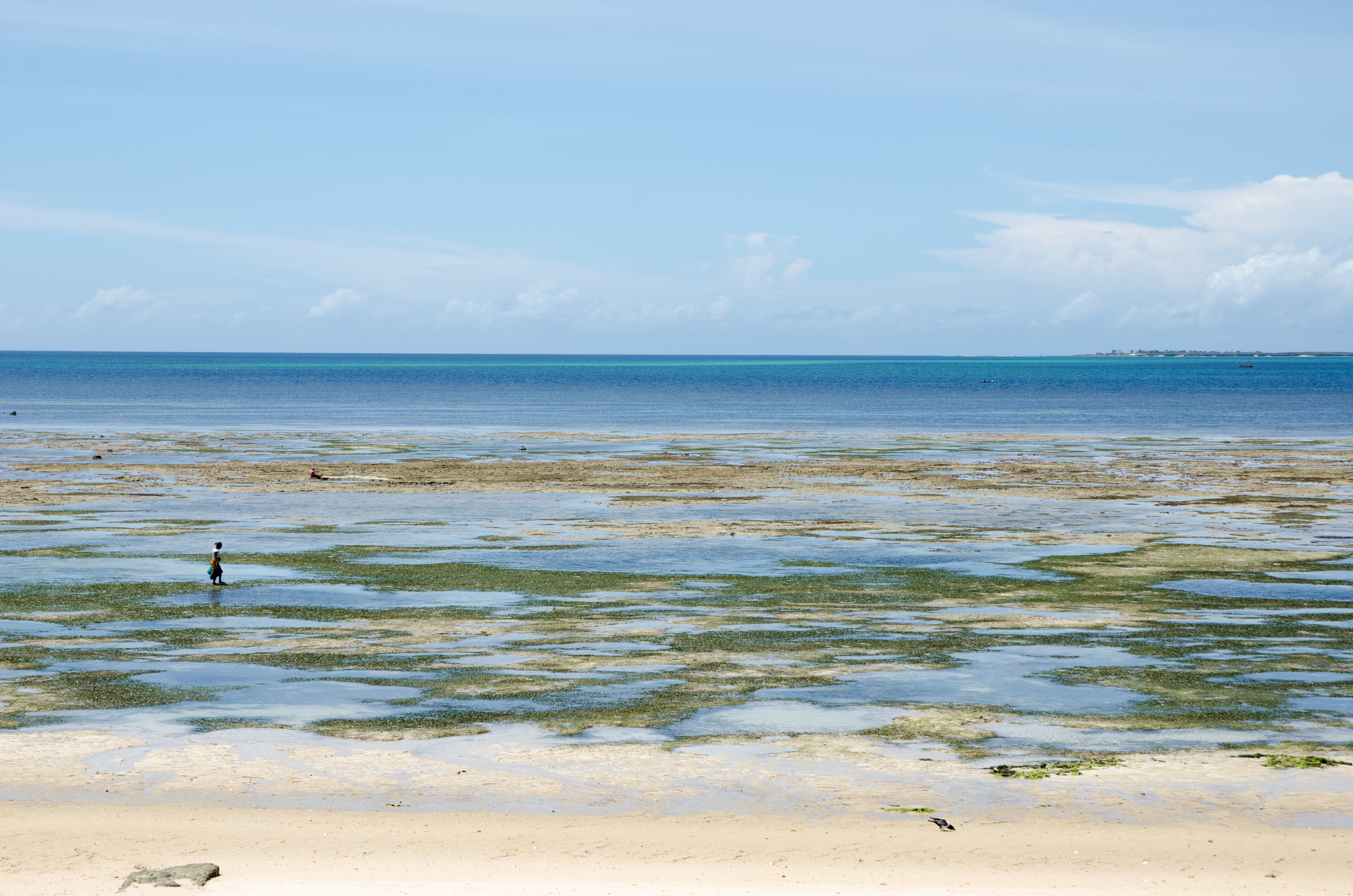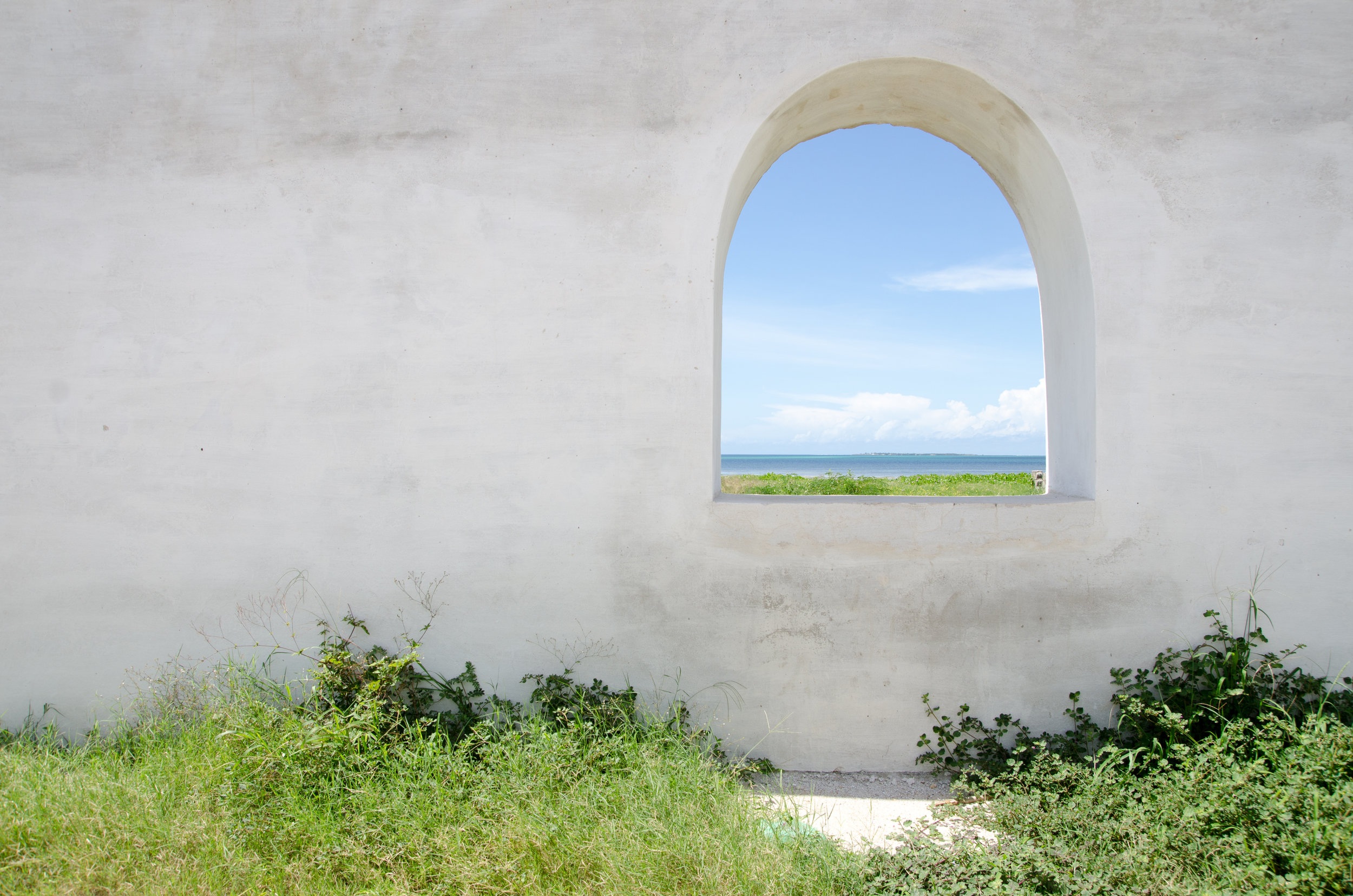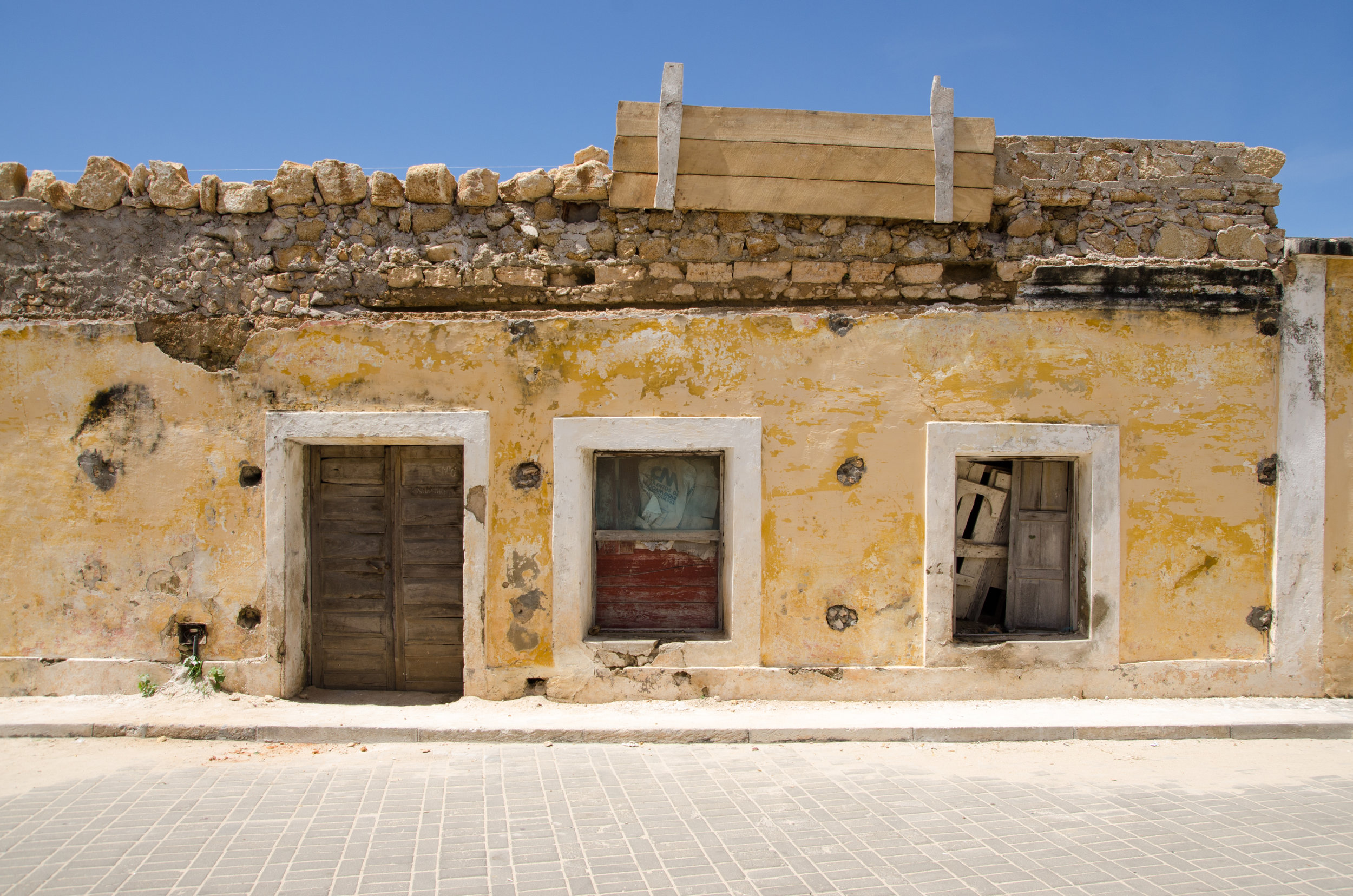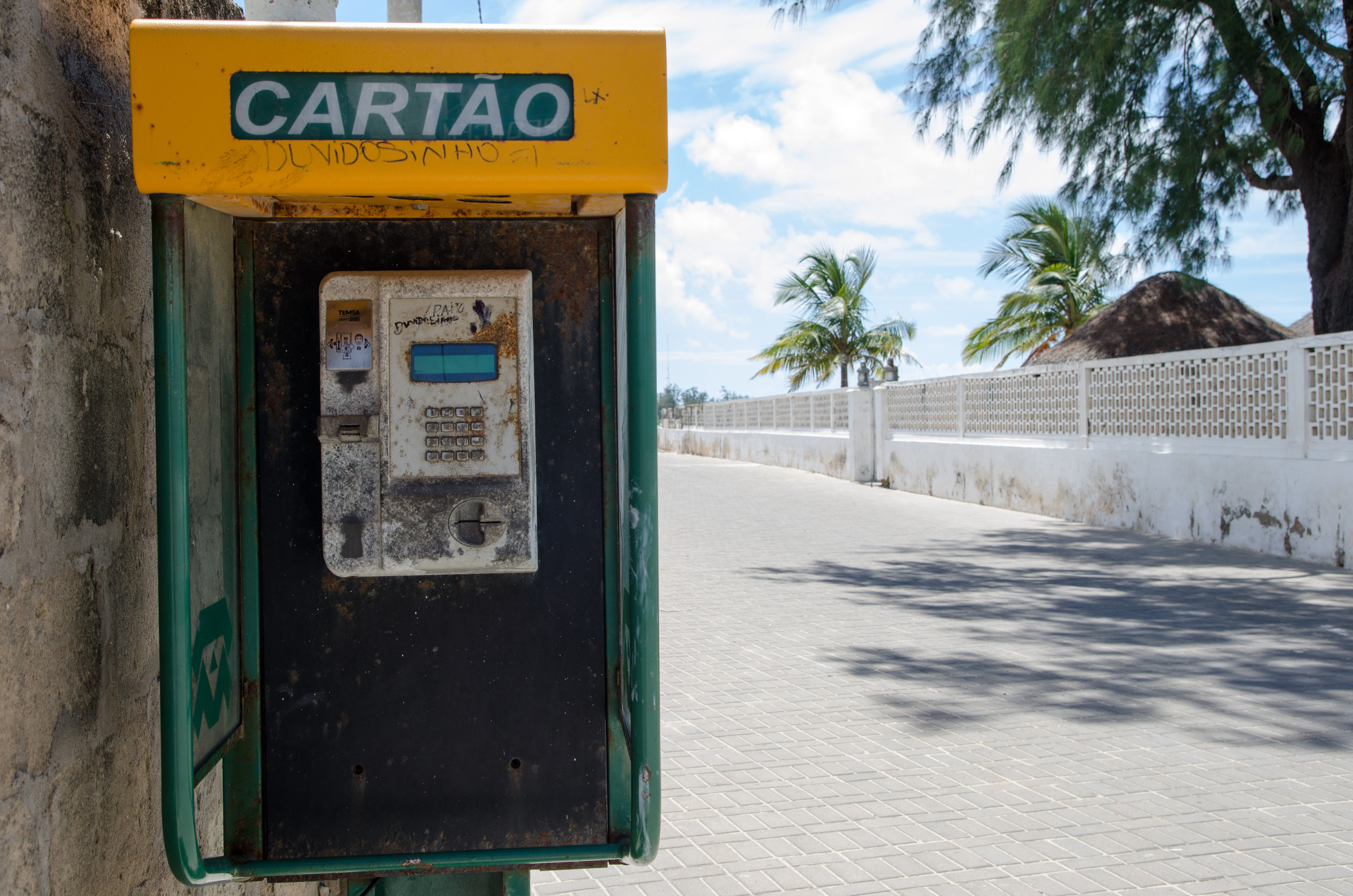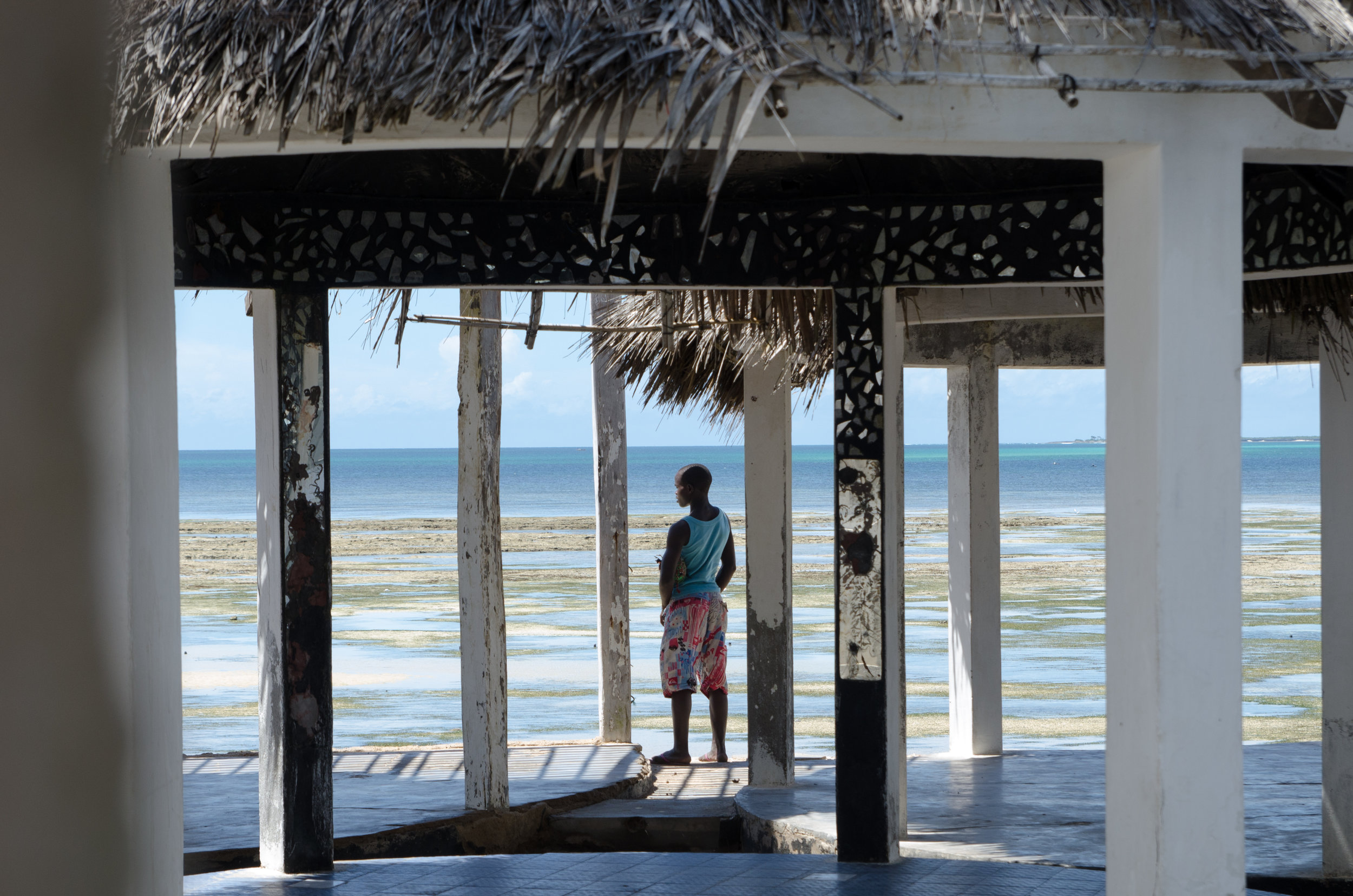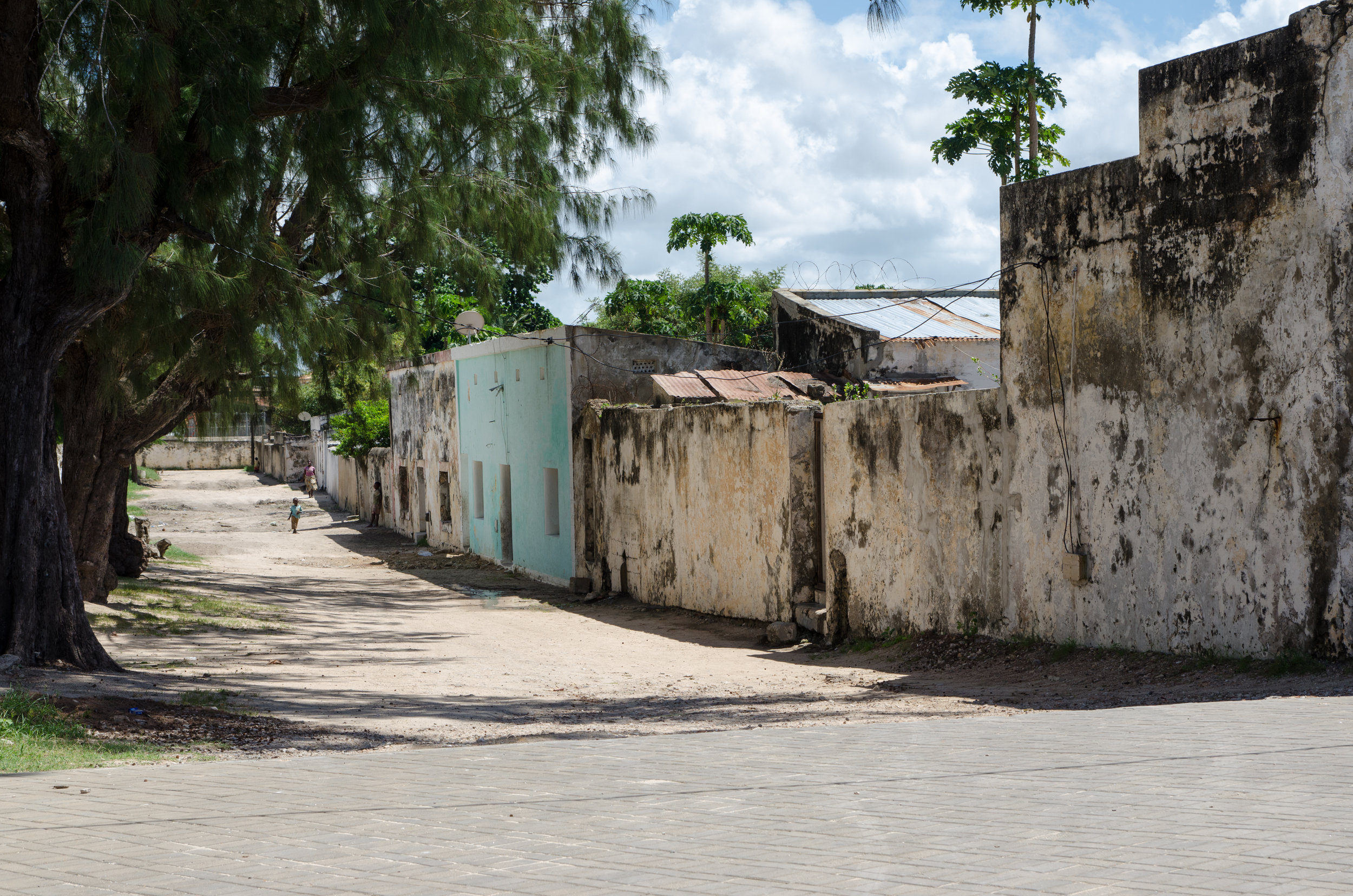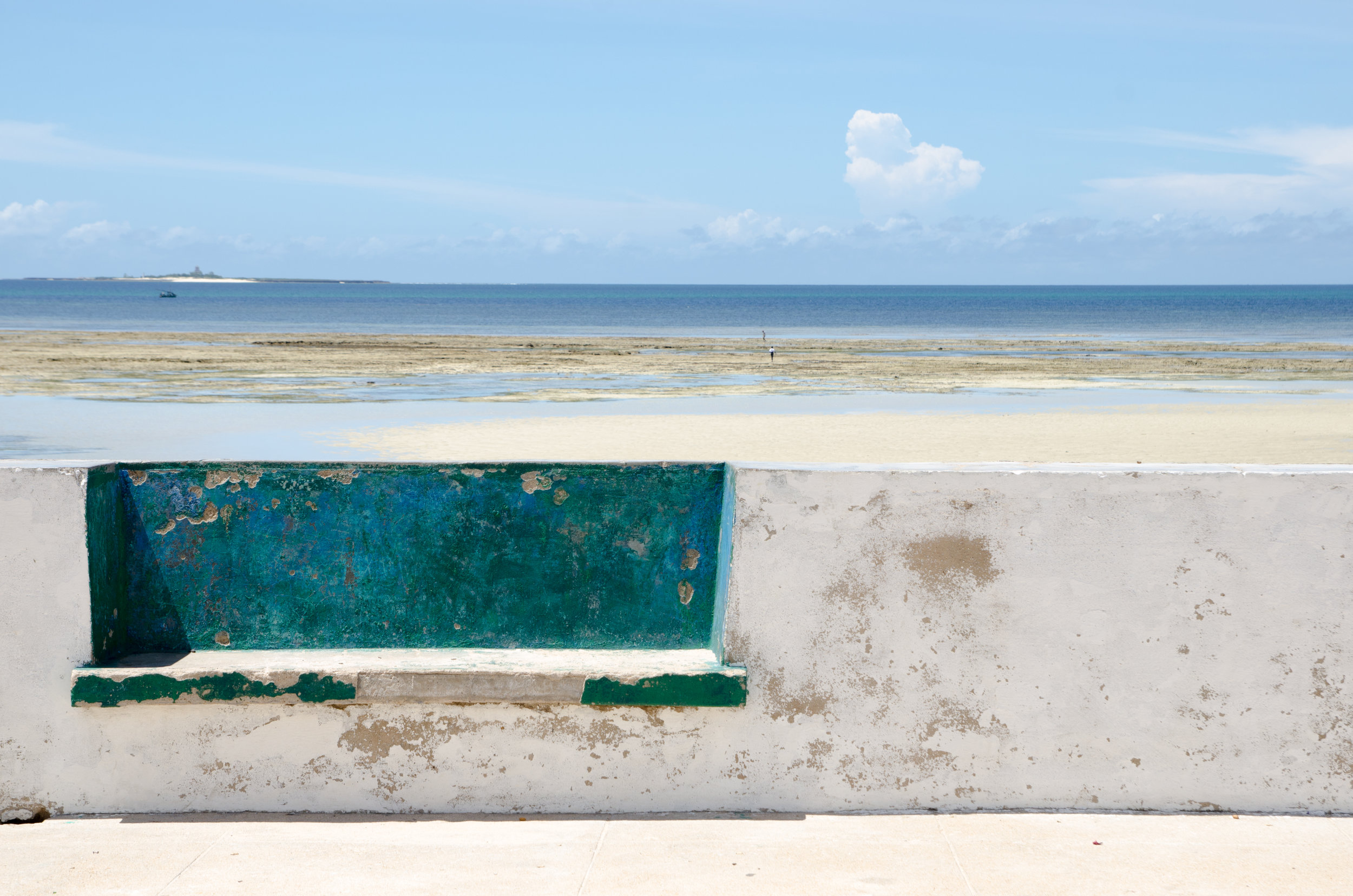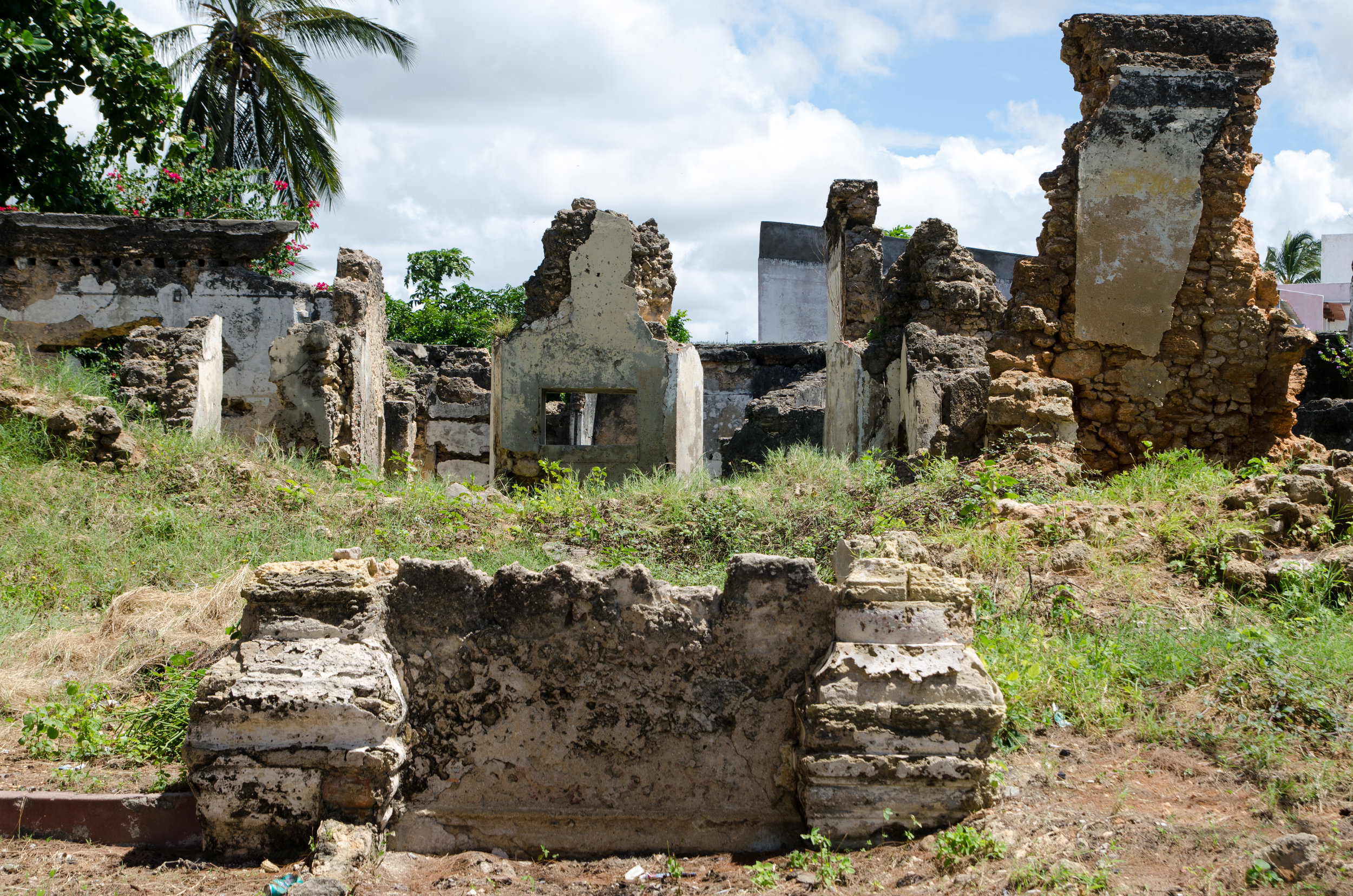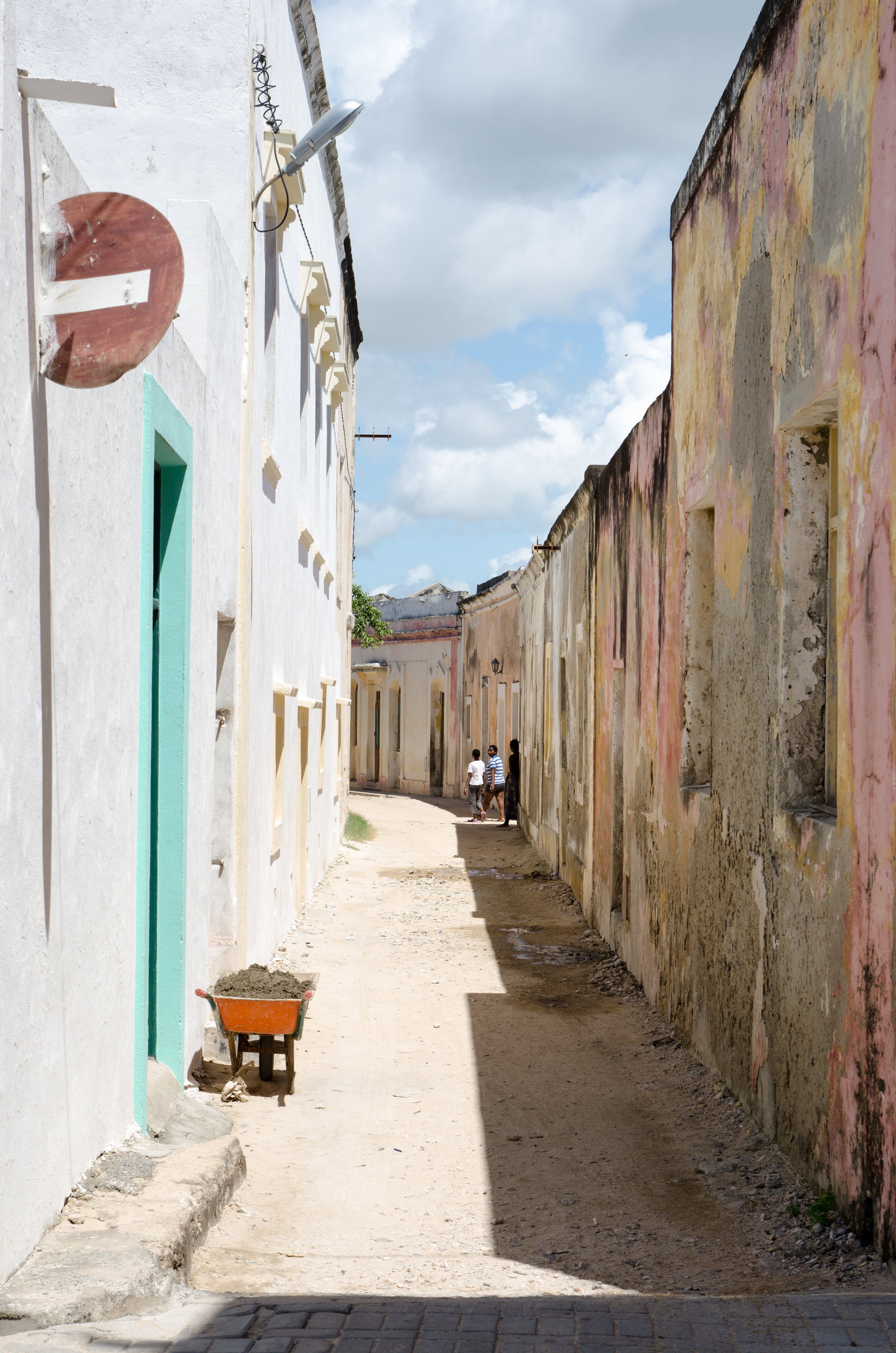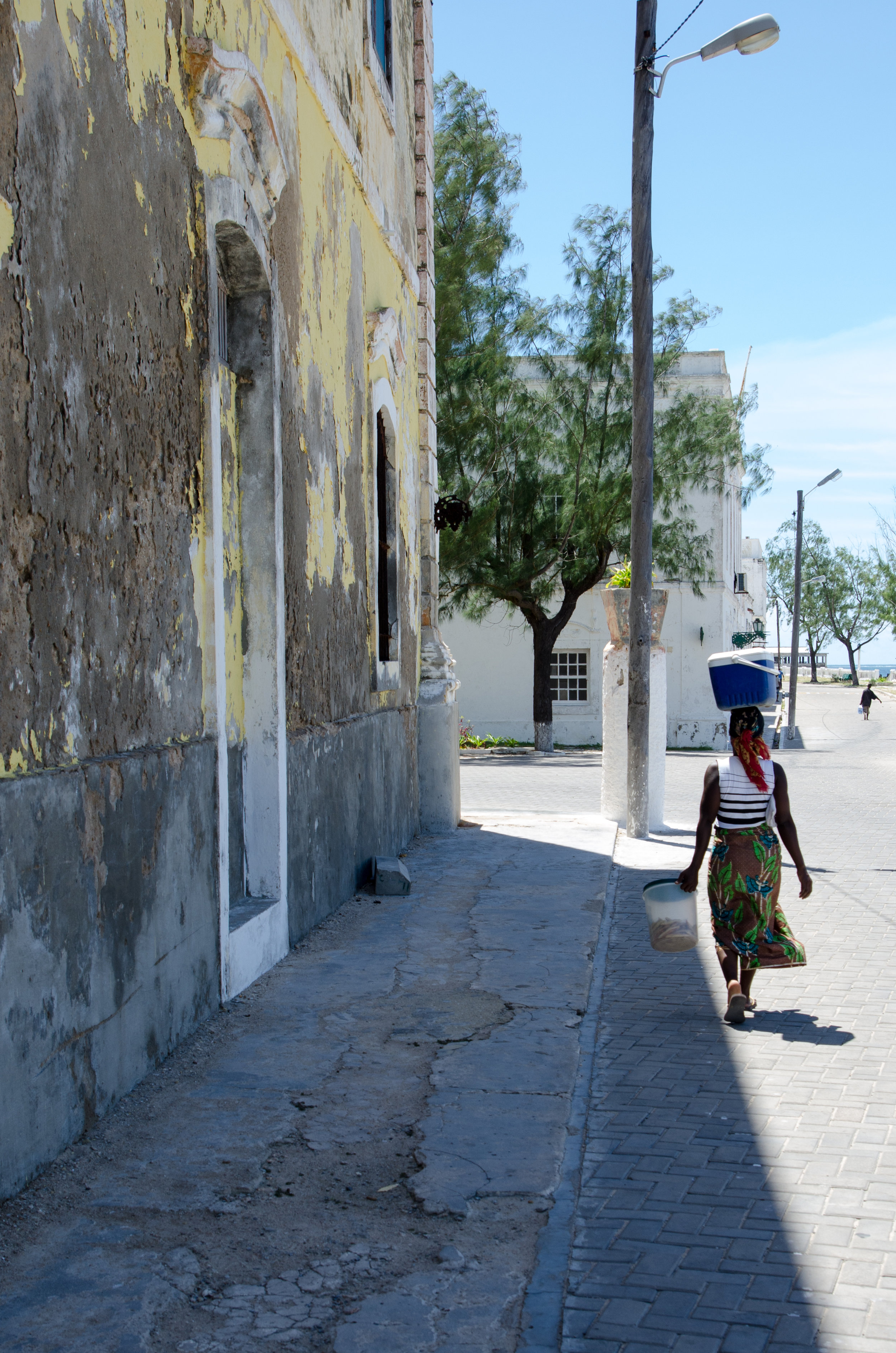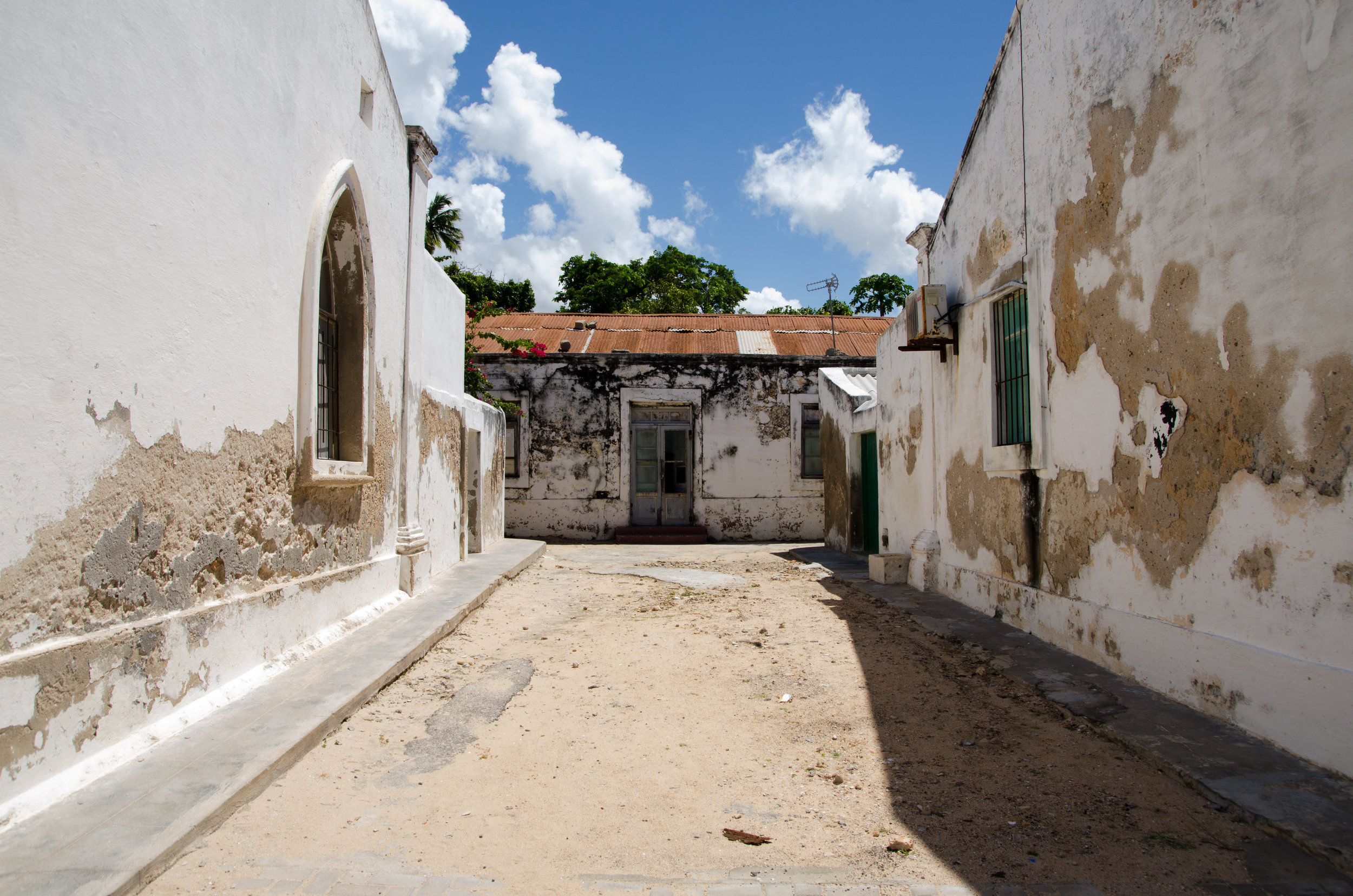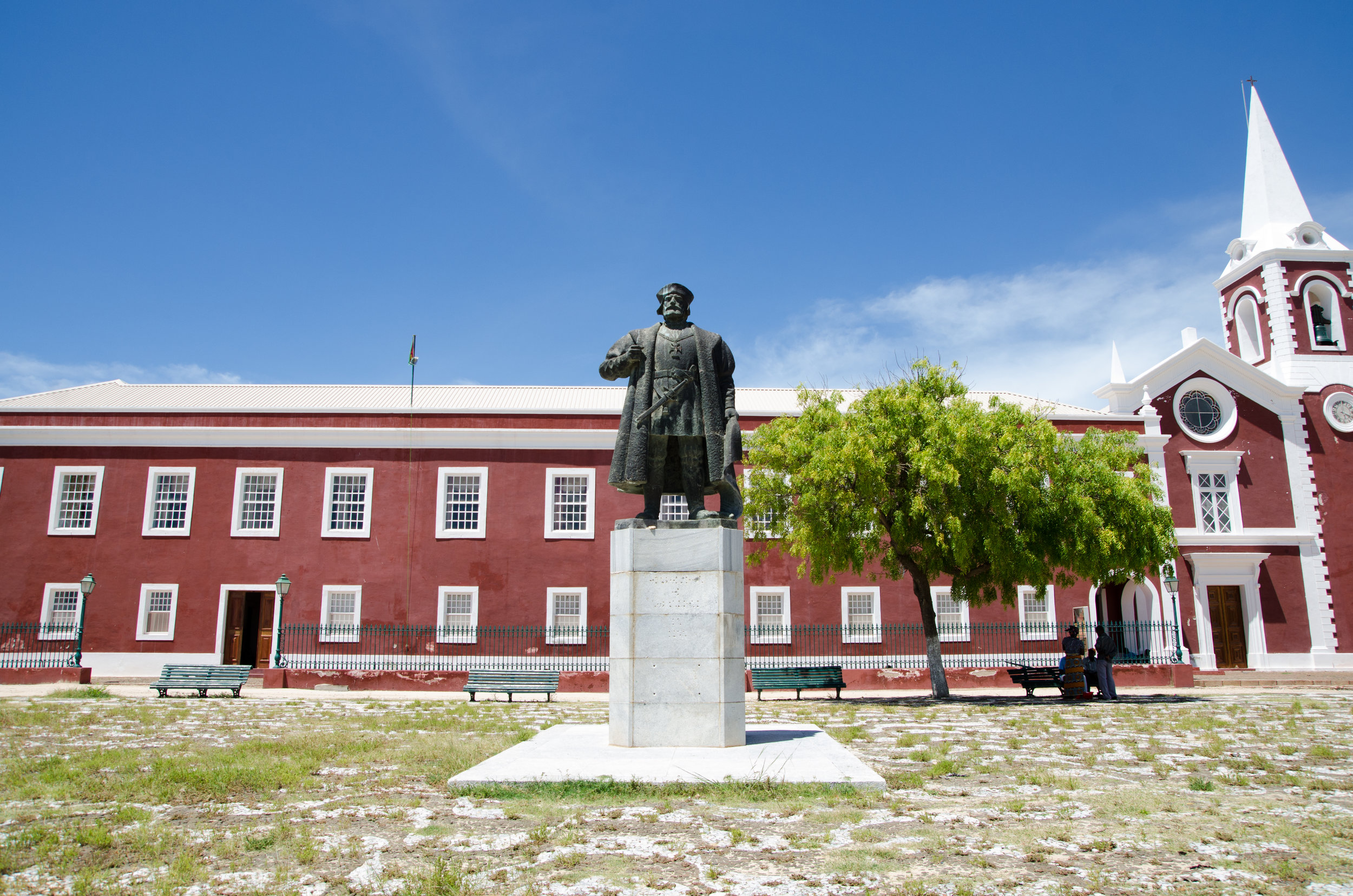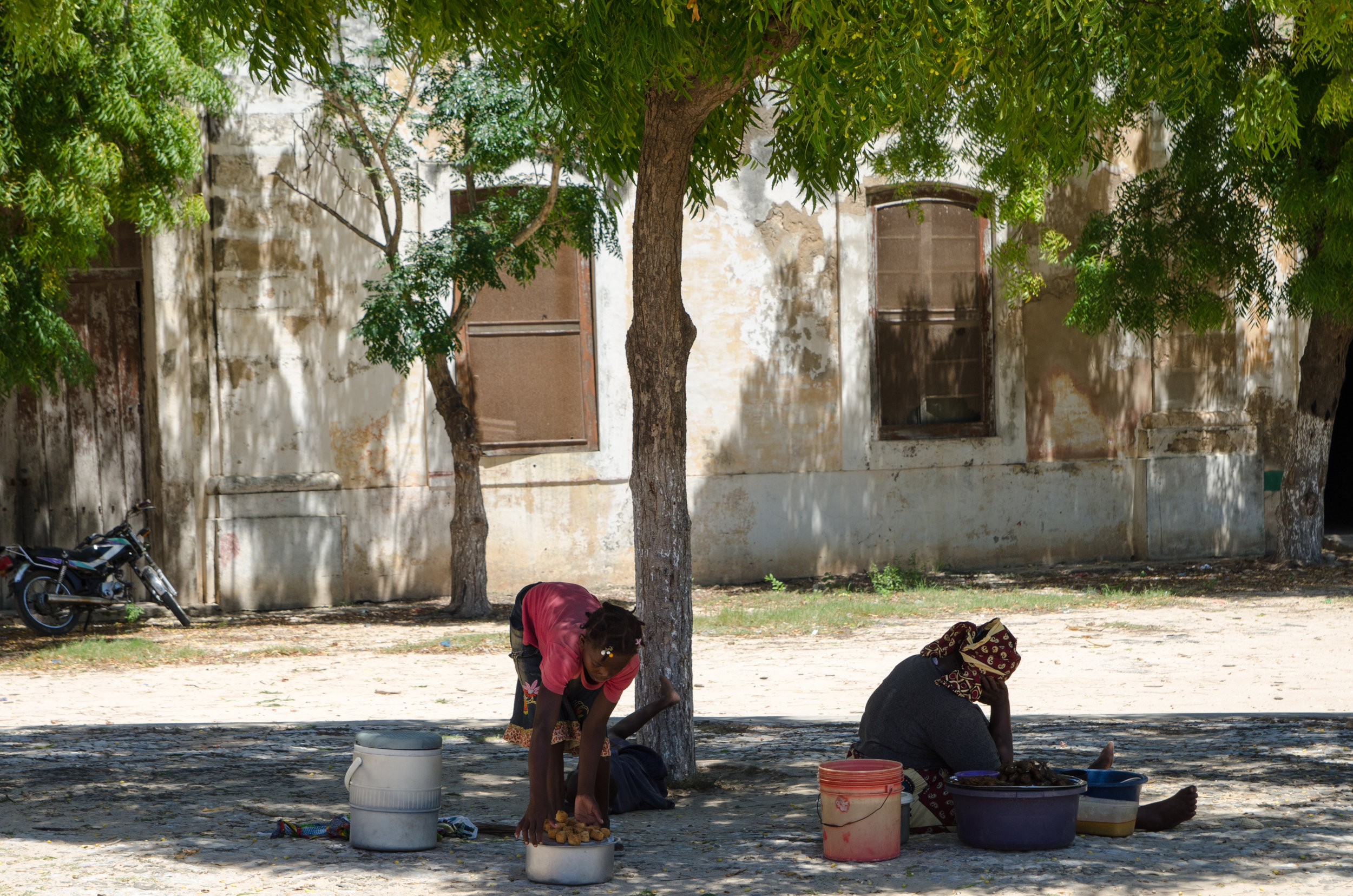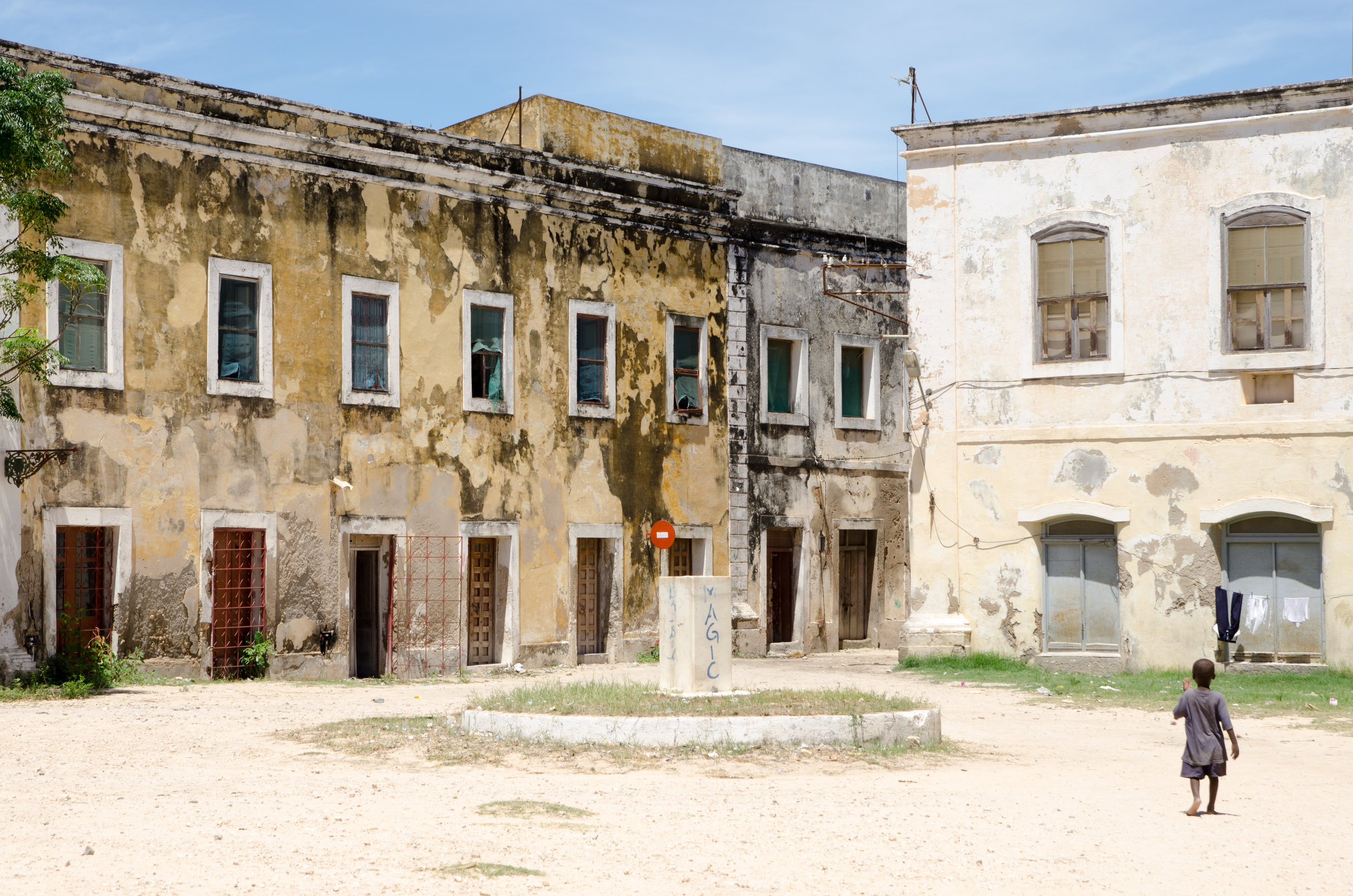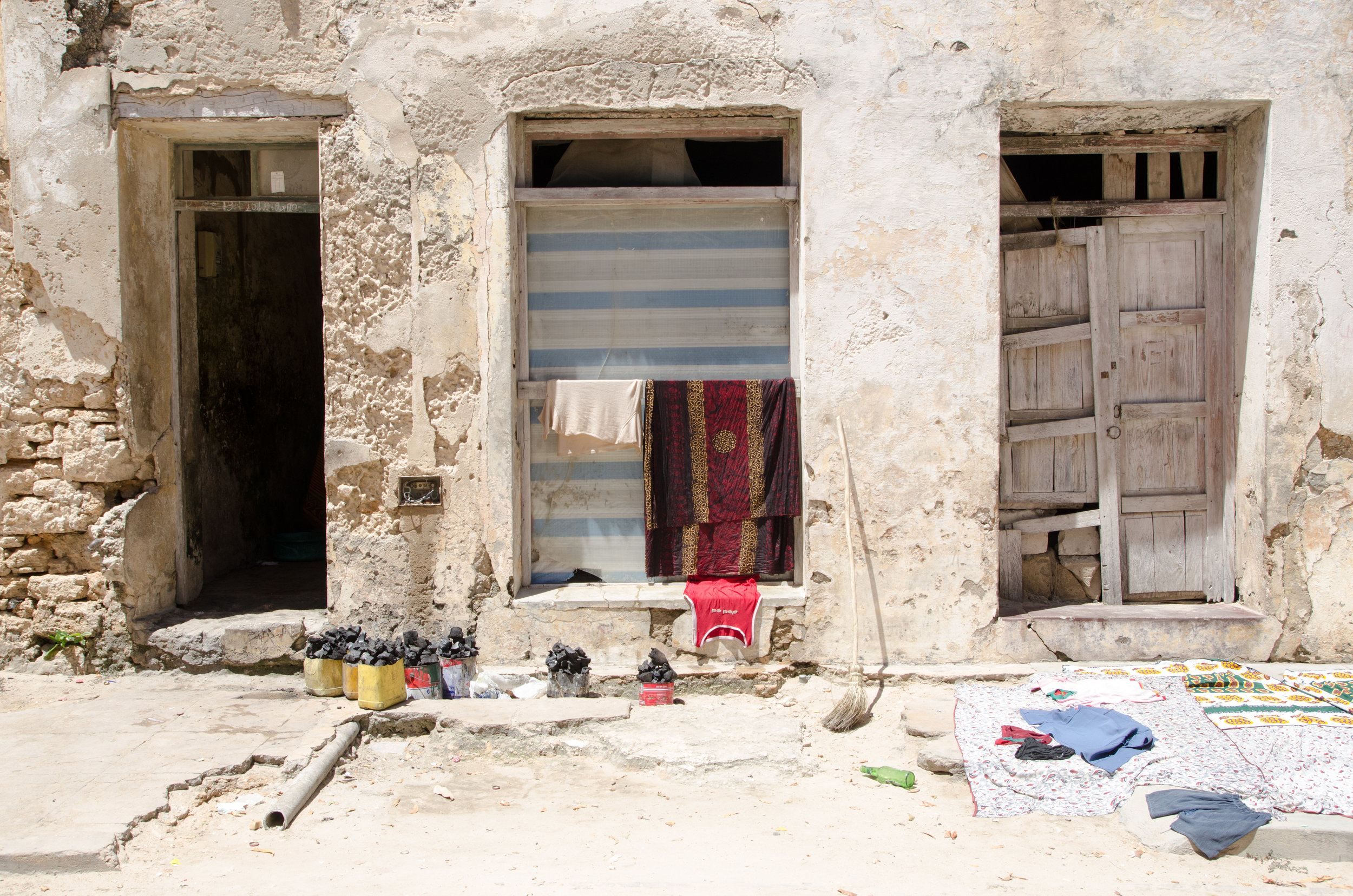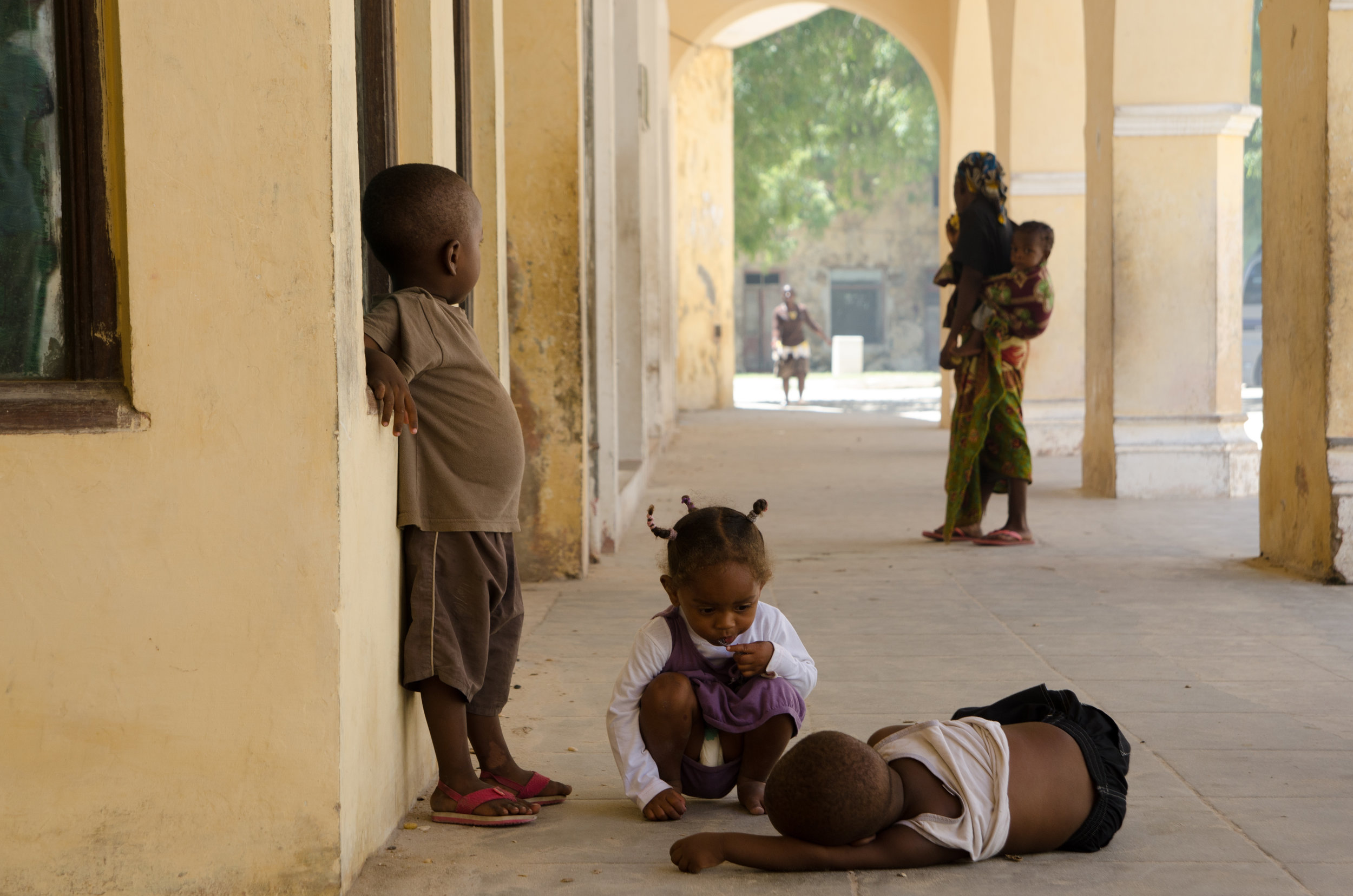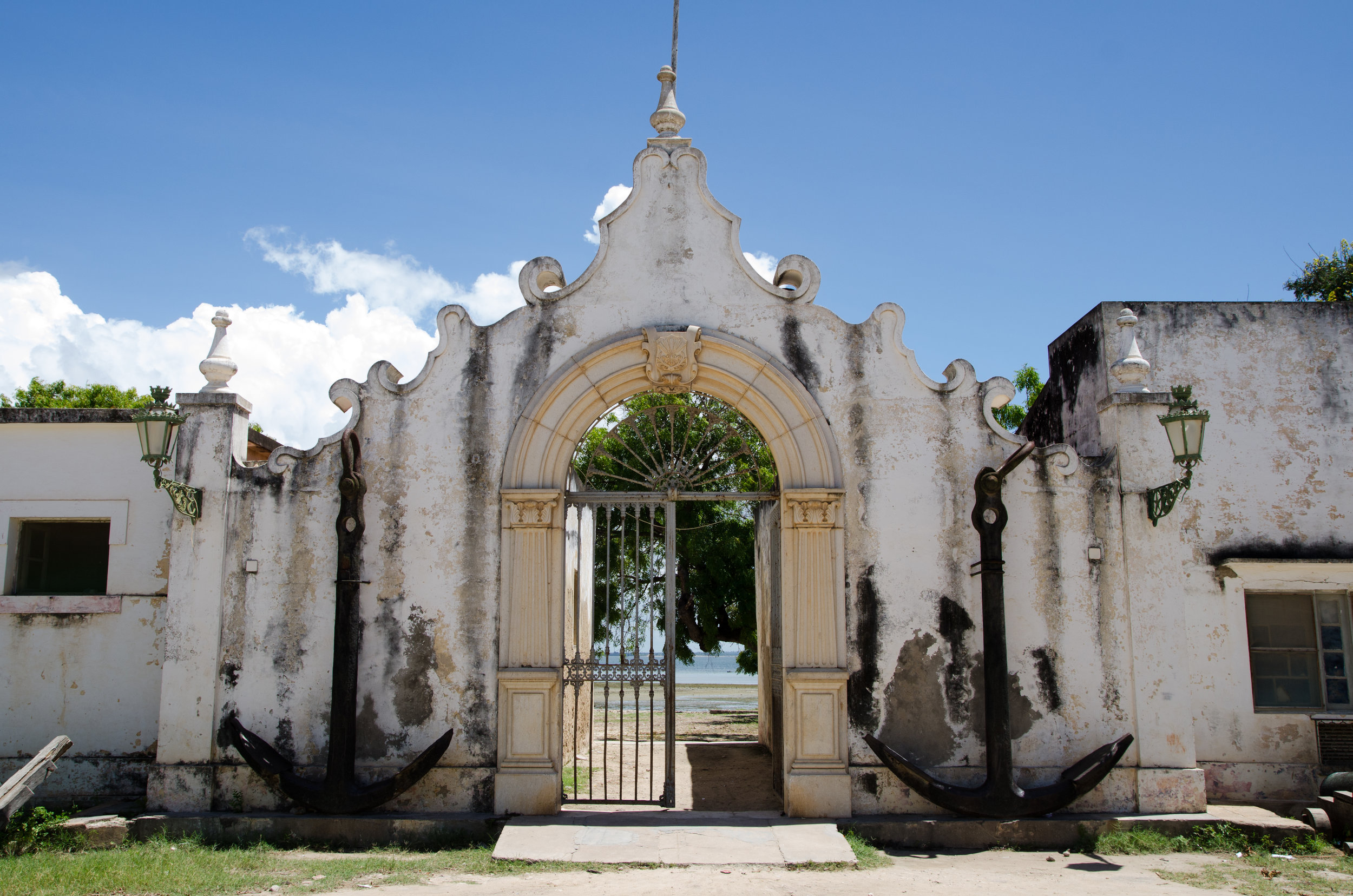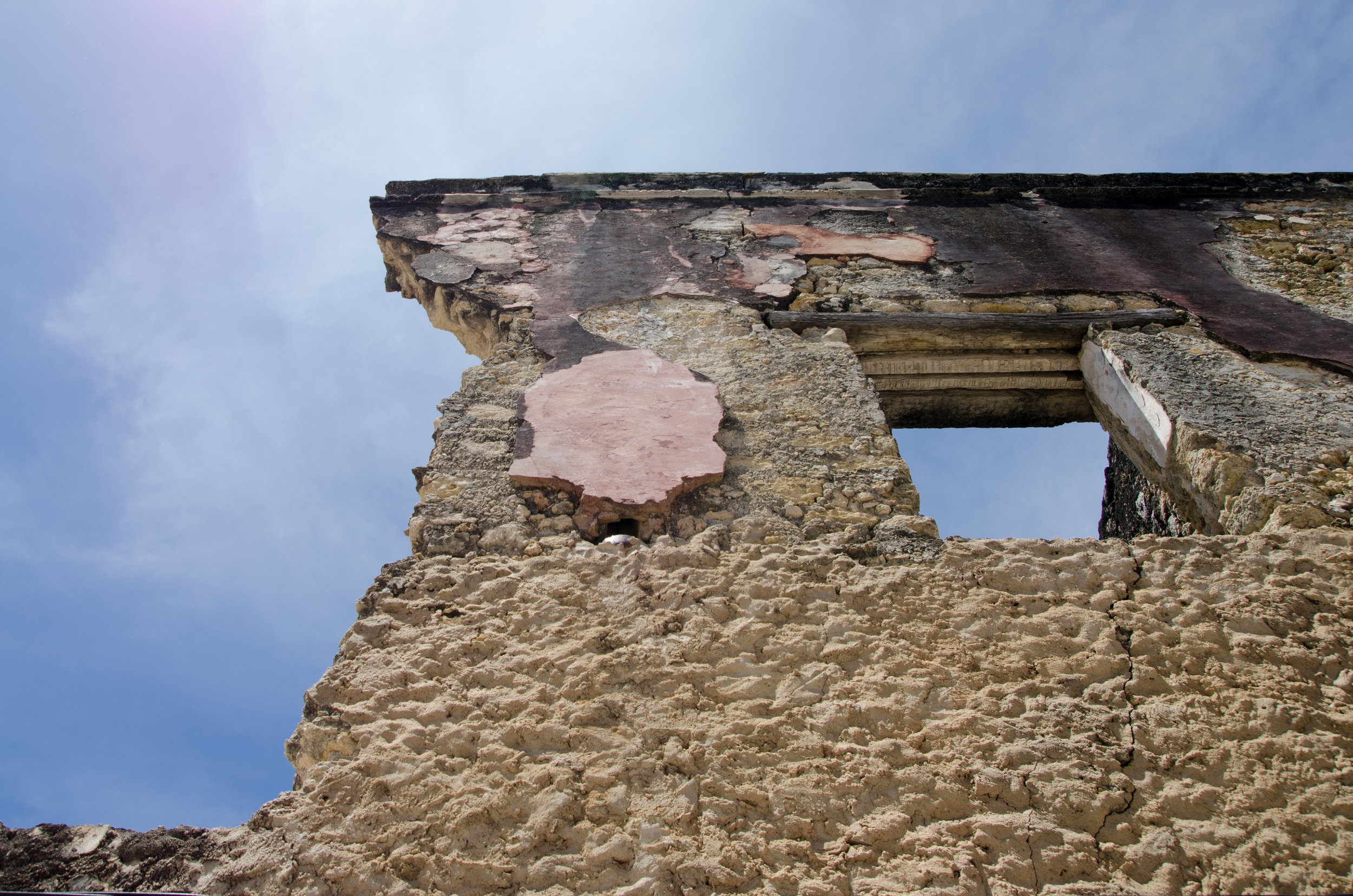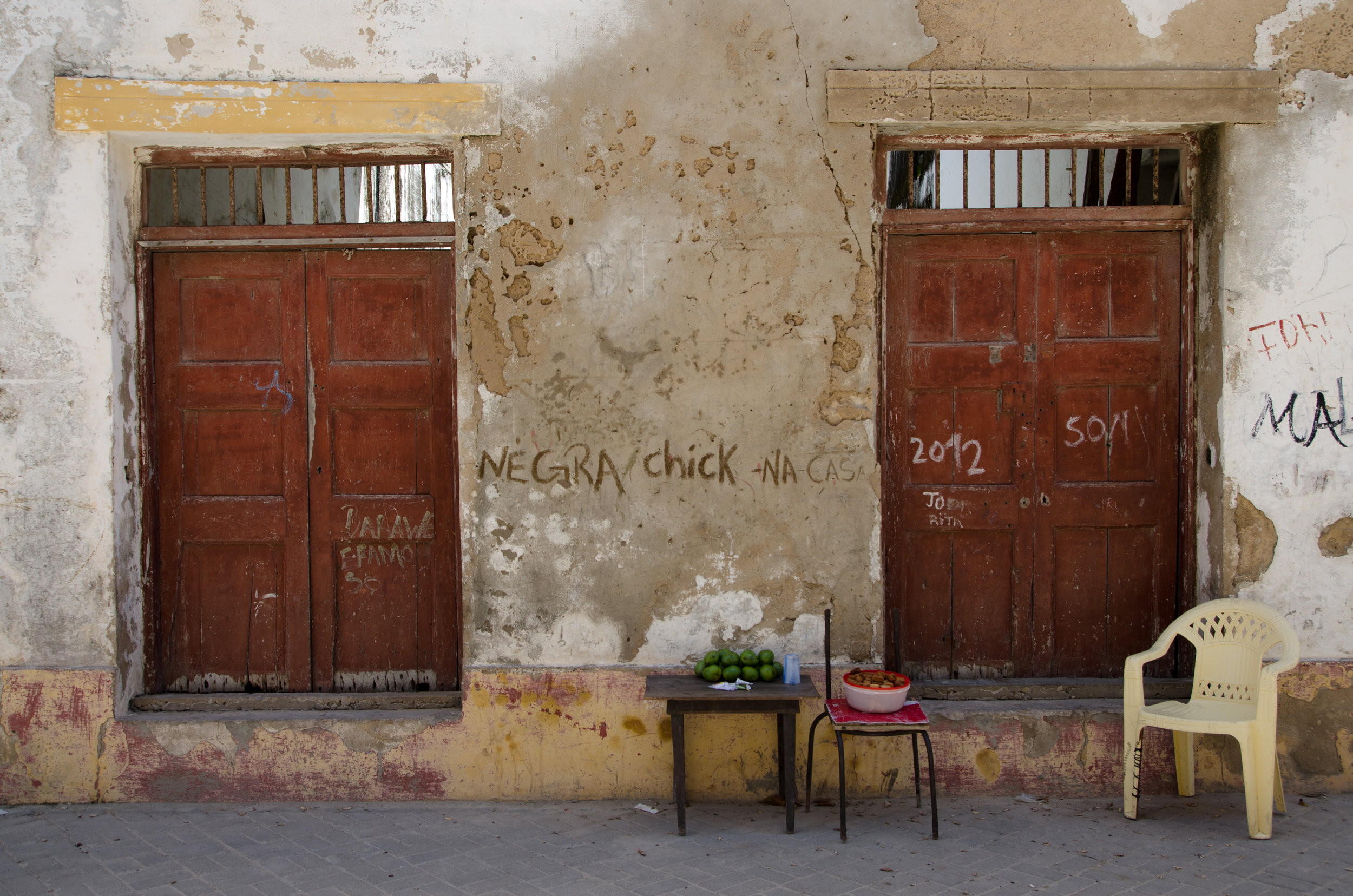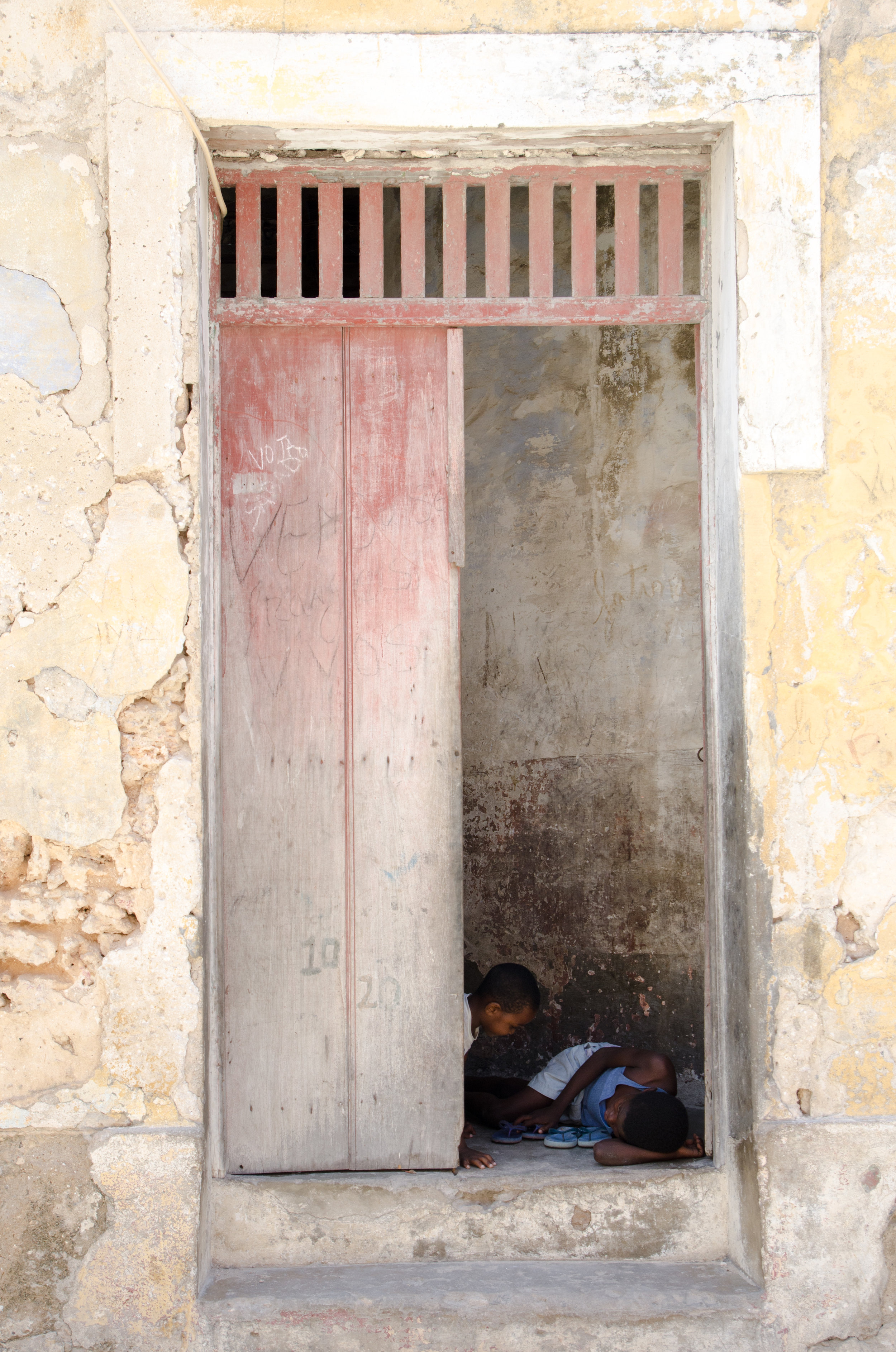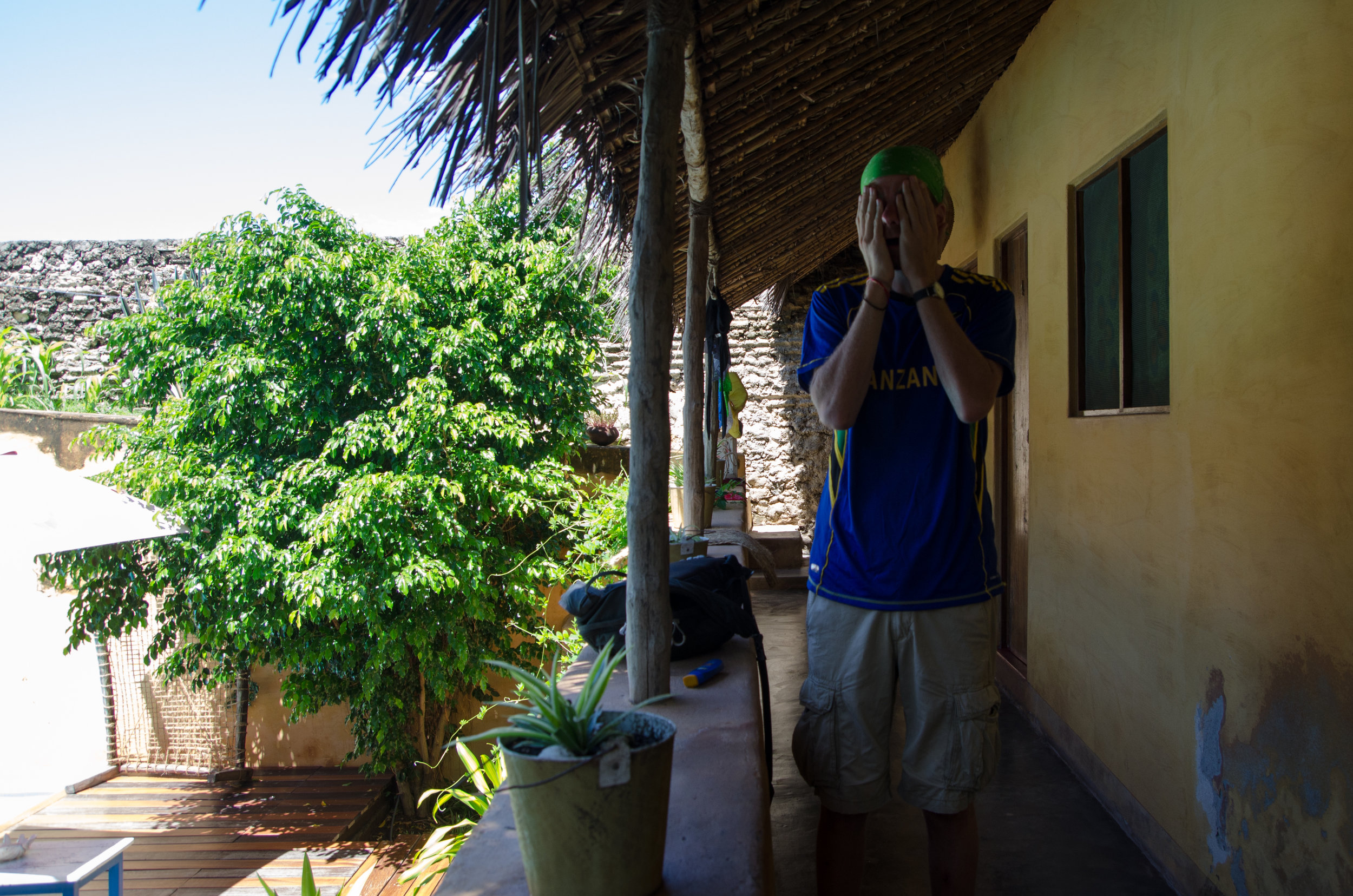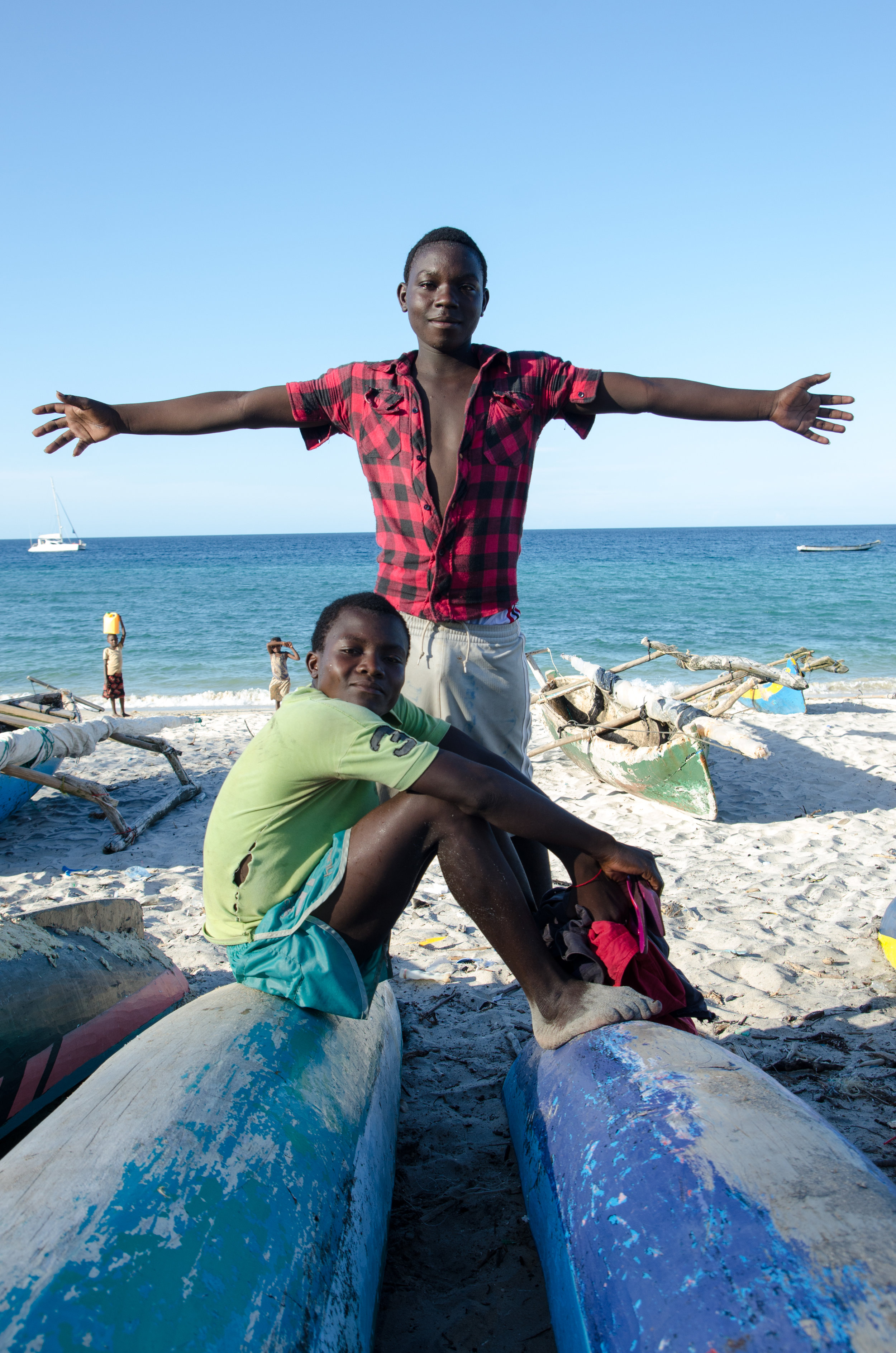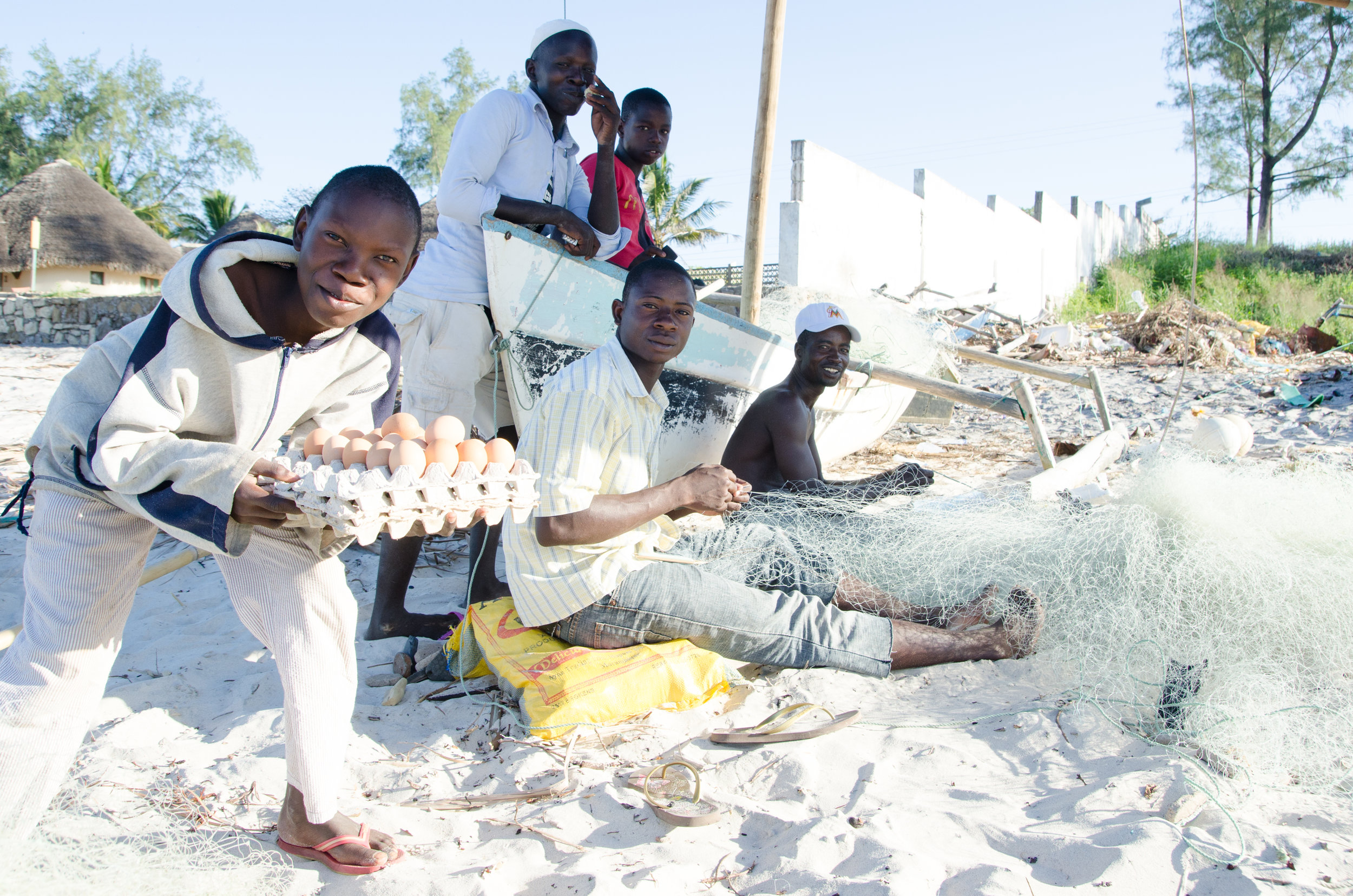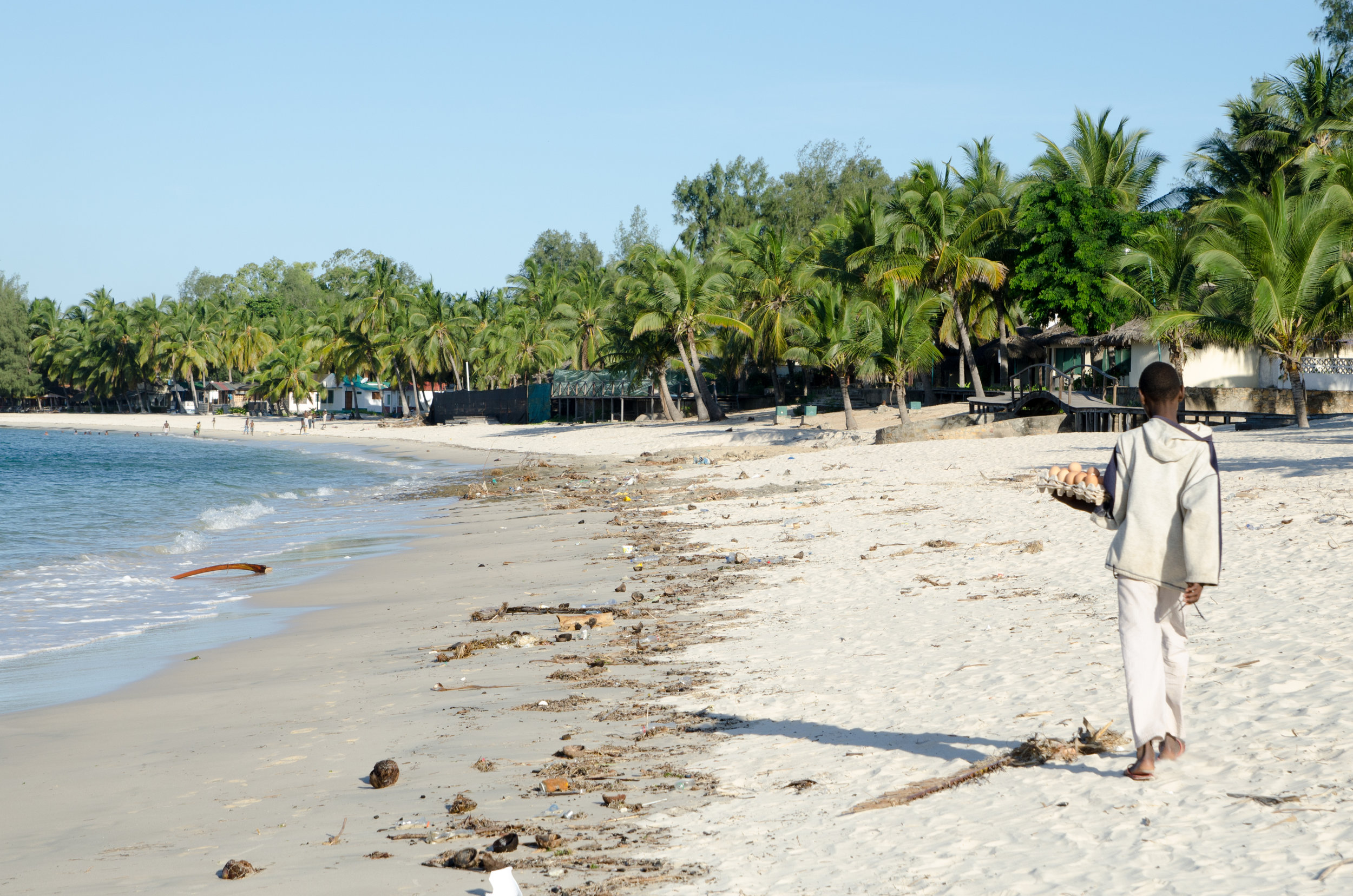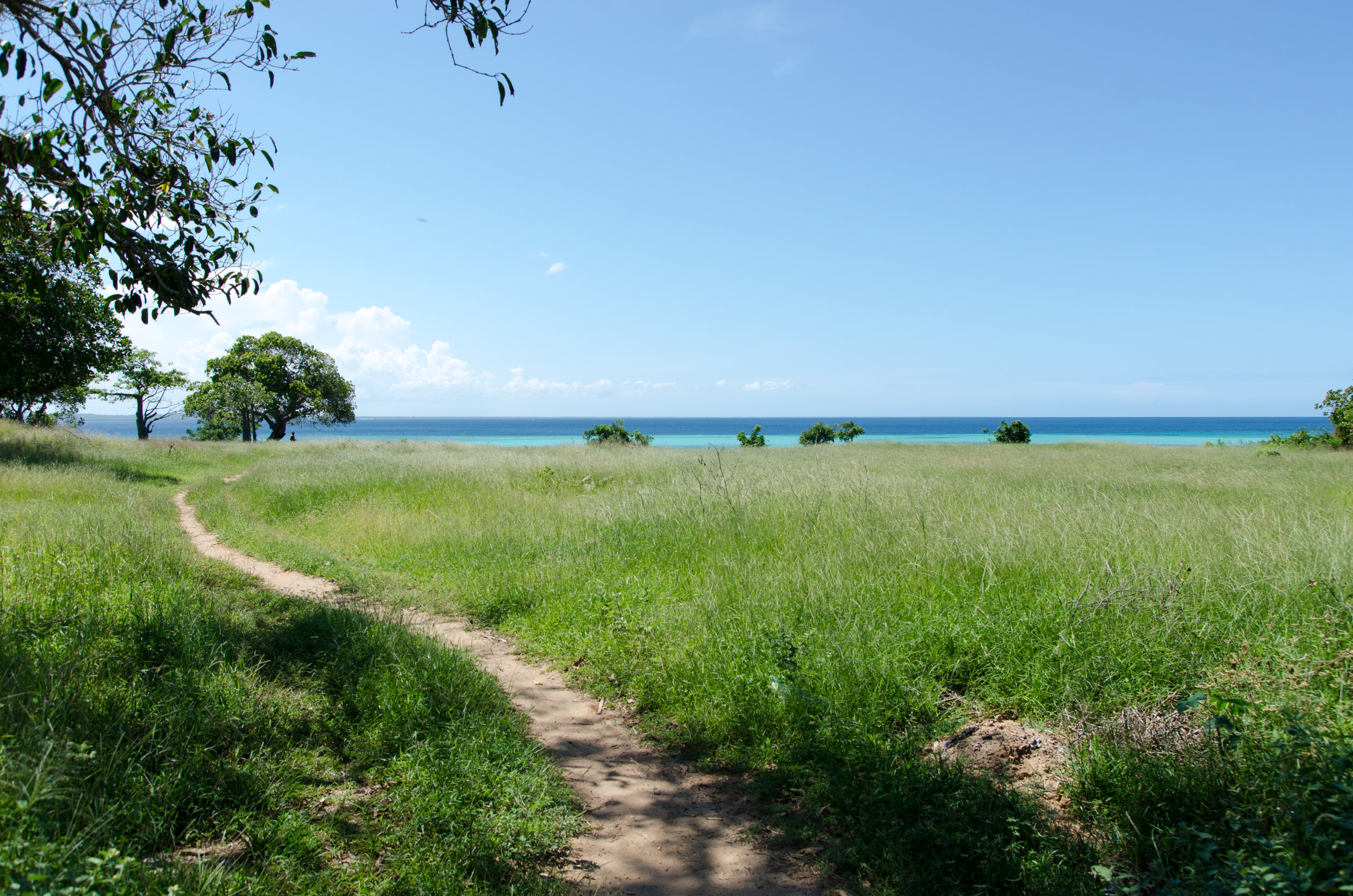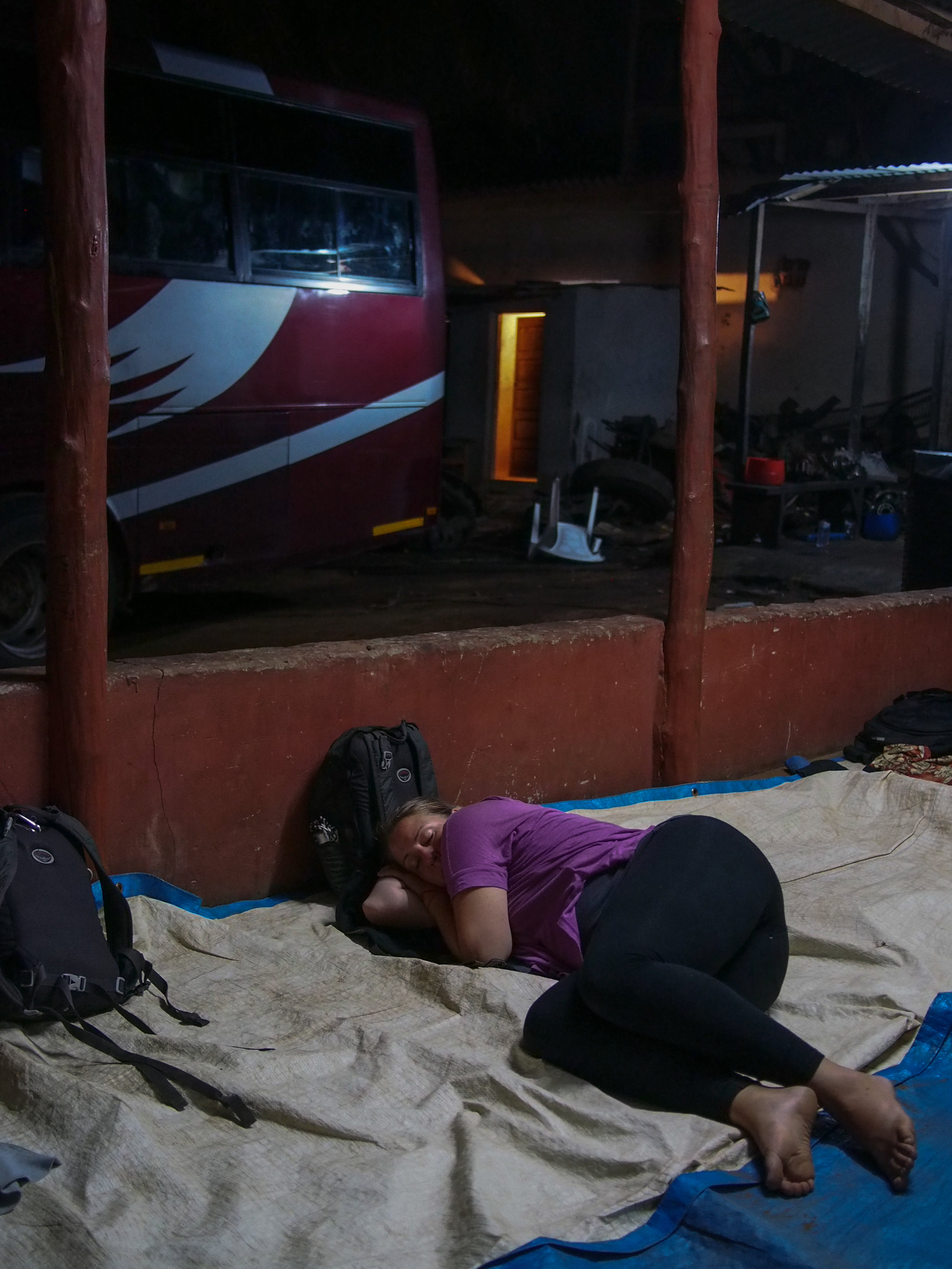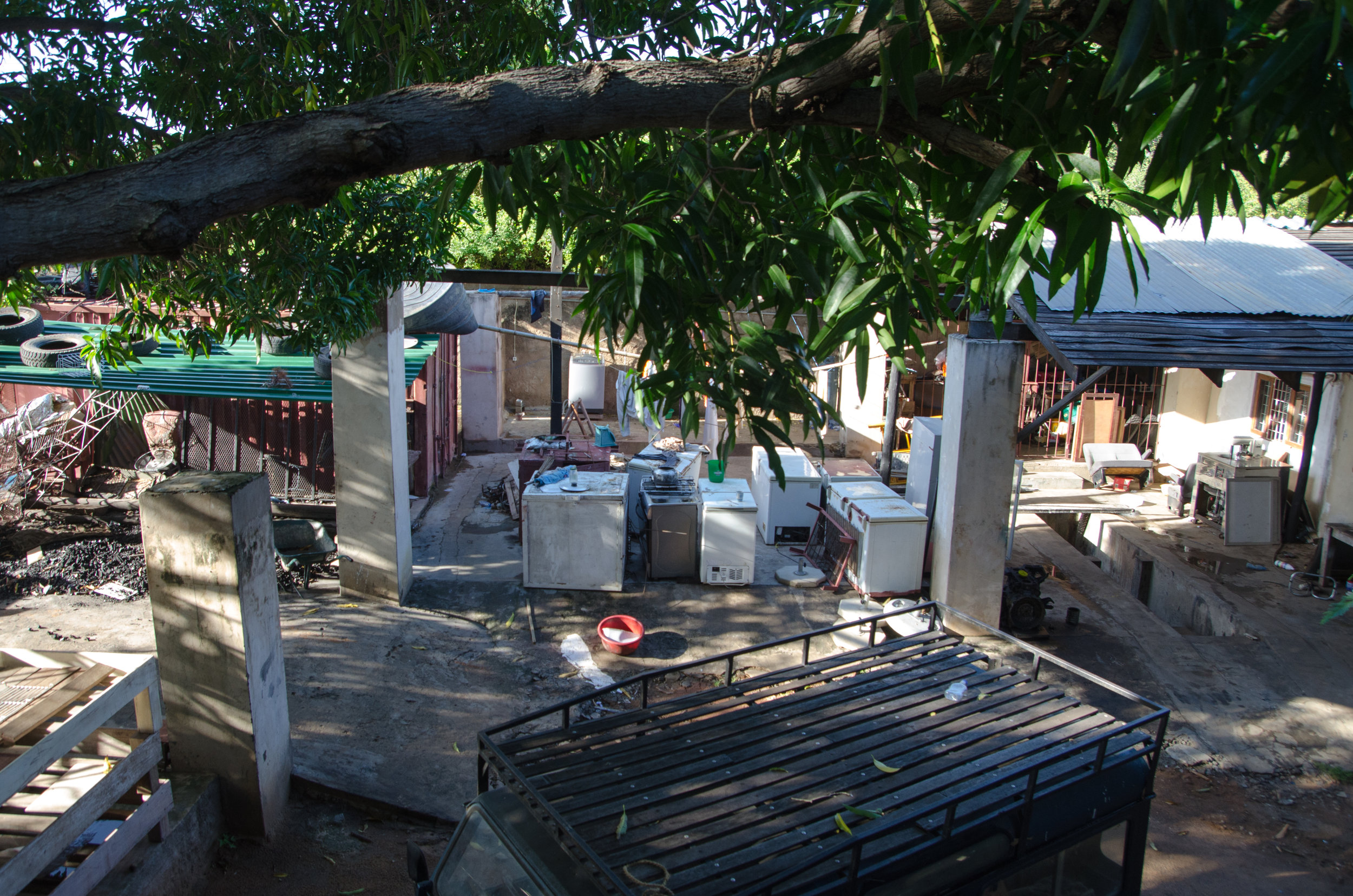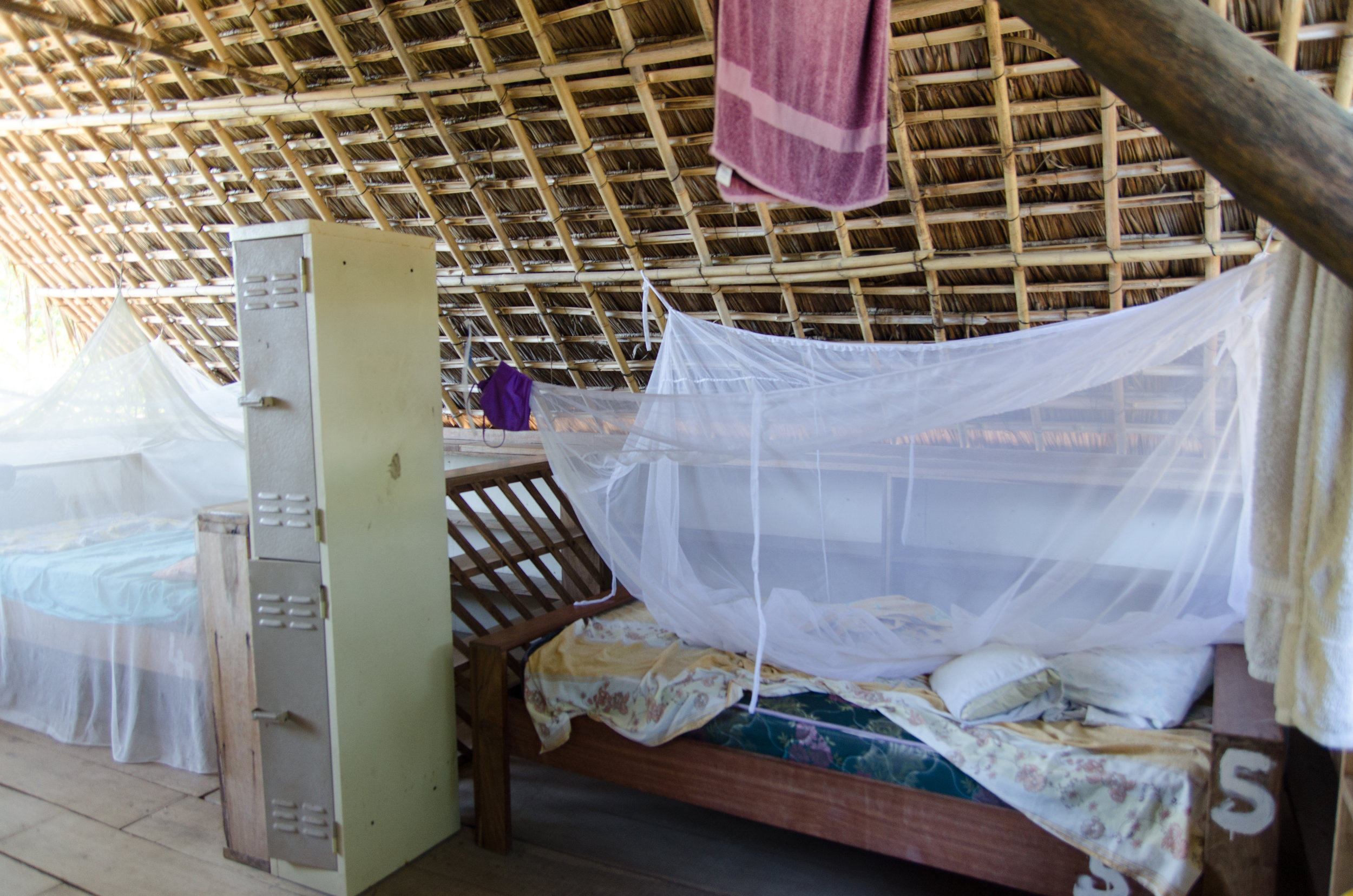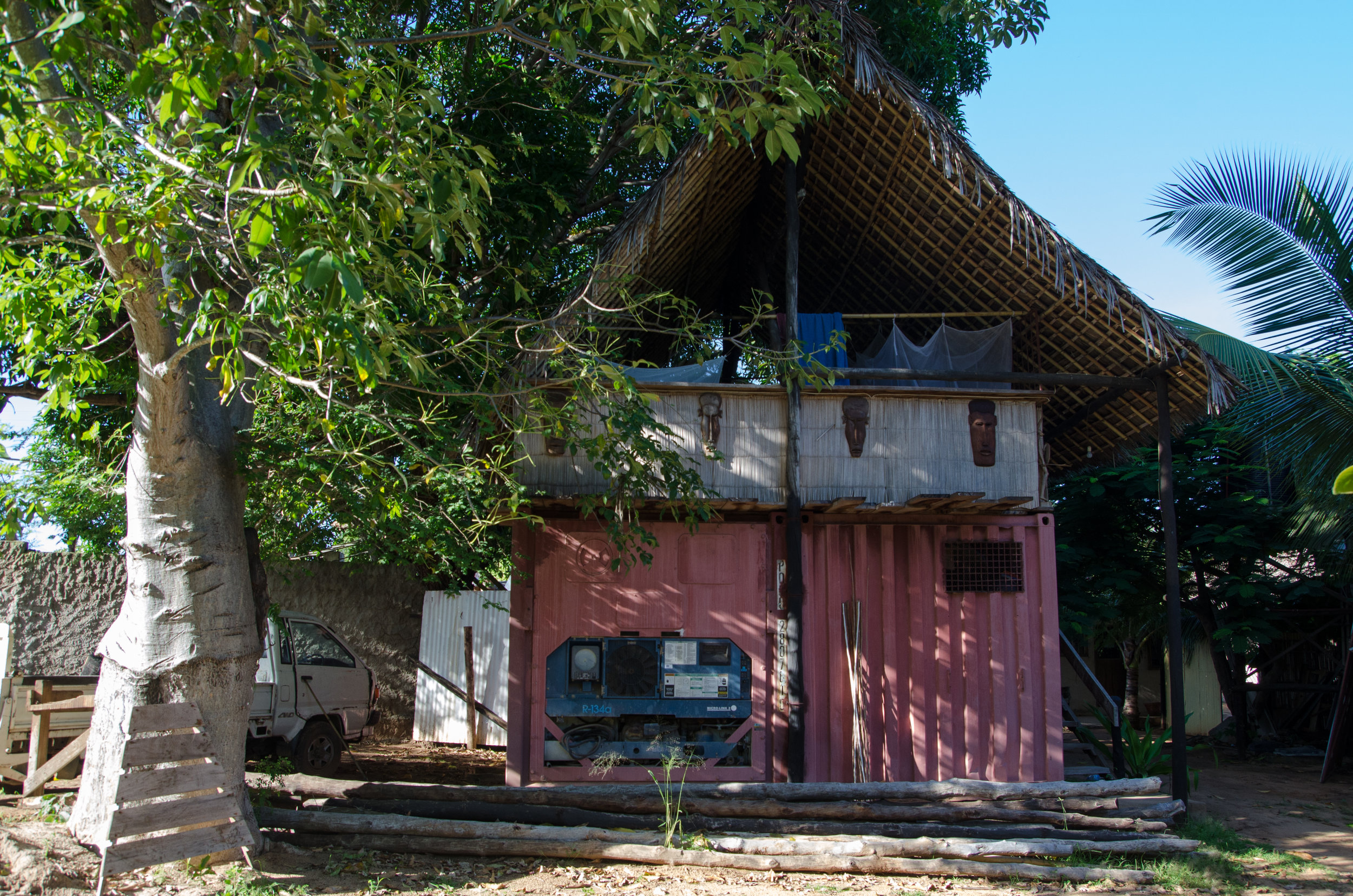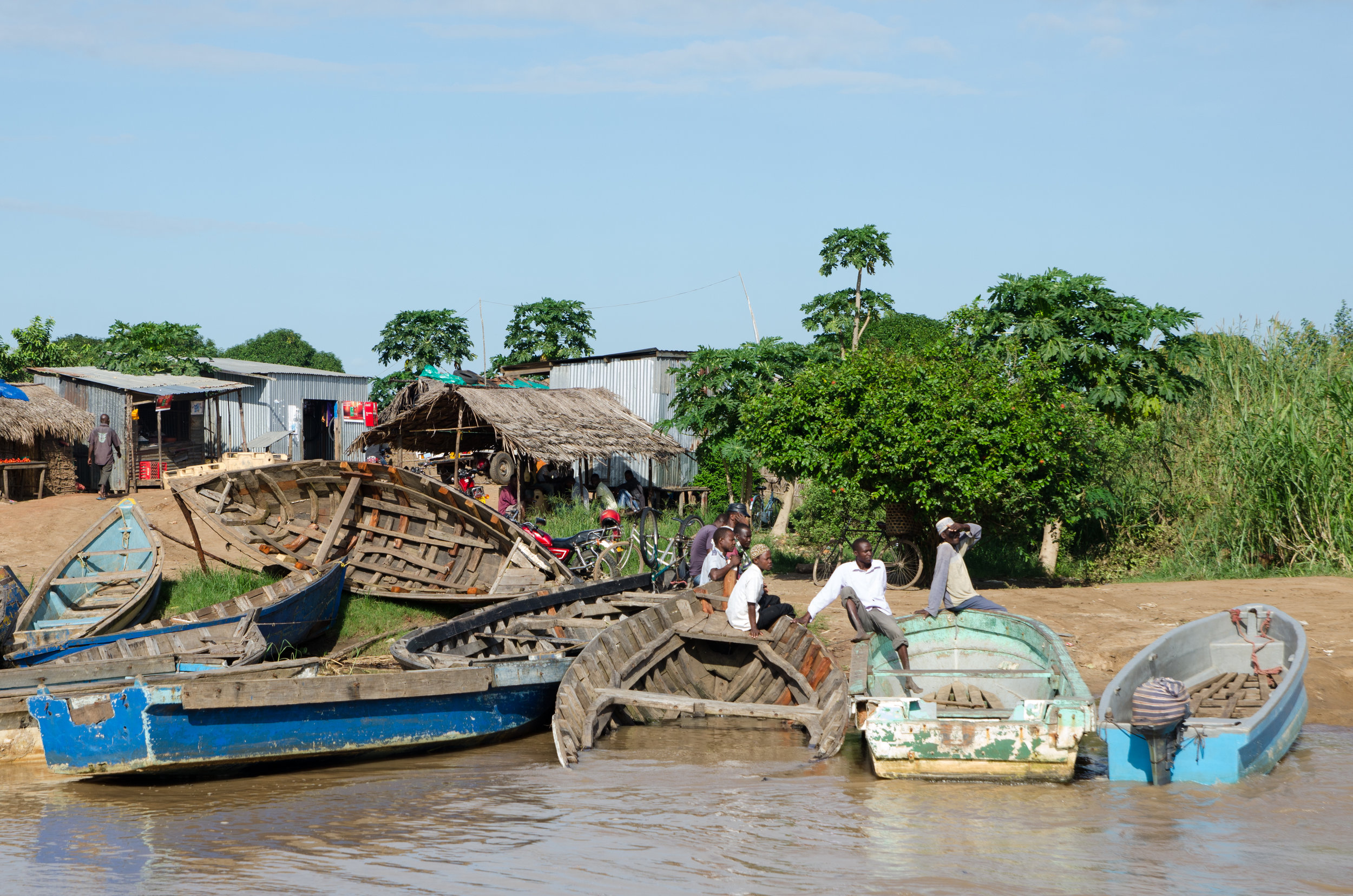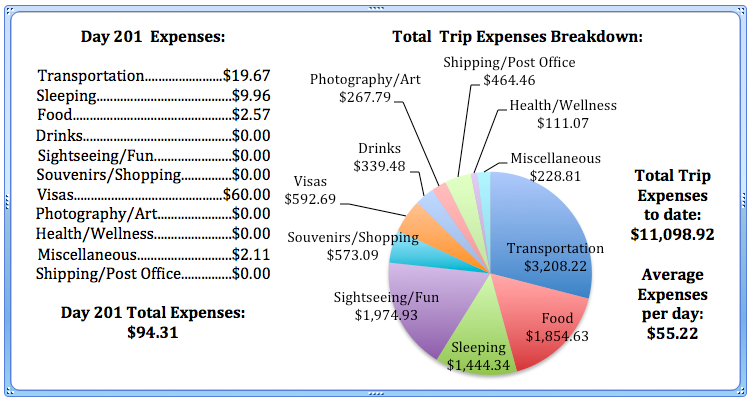I wanted to do two things in Maputo (aside from not getting held up at knifepoint):
1. I wanted to see Fiel dos Santos’ sculptures.
2. I wanted to magically come across the fabric I passed up on Mozambique Island or maybe (just maybe) find some fabric that was even more beautiful.
While we didn’t exactly get to see the Santos exhibition, we did see a few pieces and even better- got to see an entirely different (yet just as fabulous of an idea) traveling workshop known as The Life of a Dress. It definitely made up for not finding the fabric I was looking for. My bag is better off without anything else stuffed inside of it anyway…

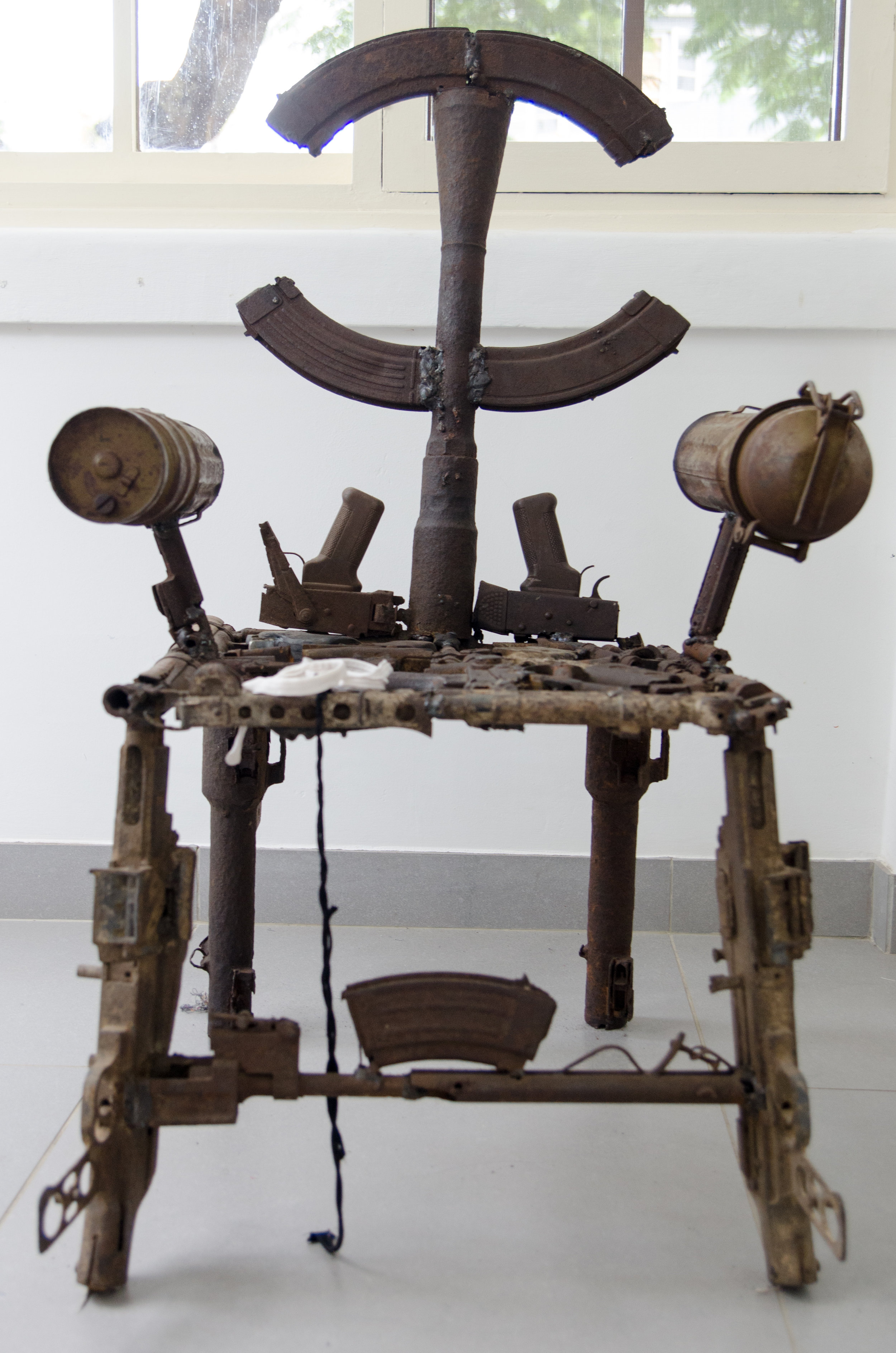
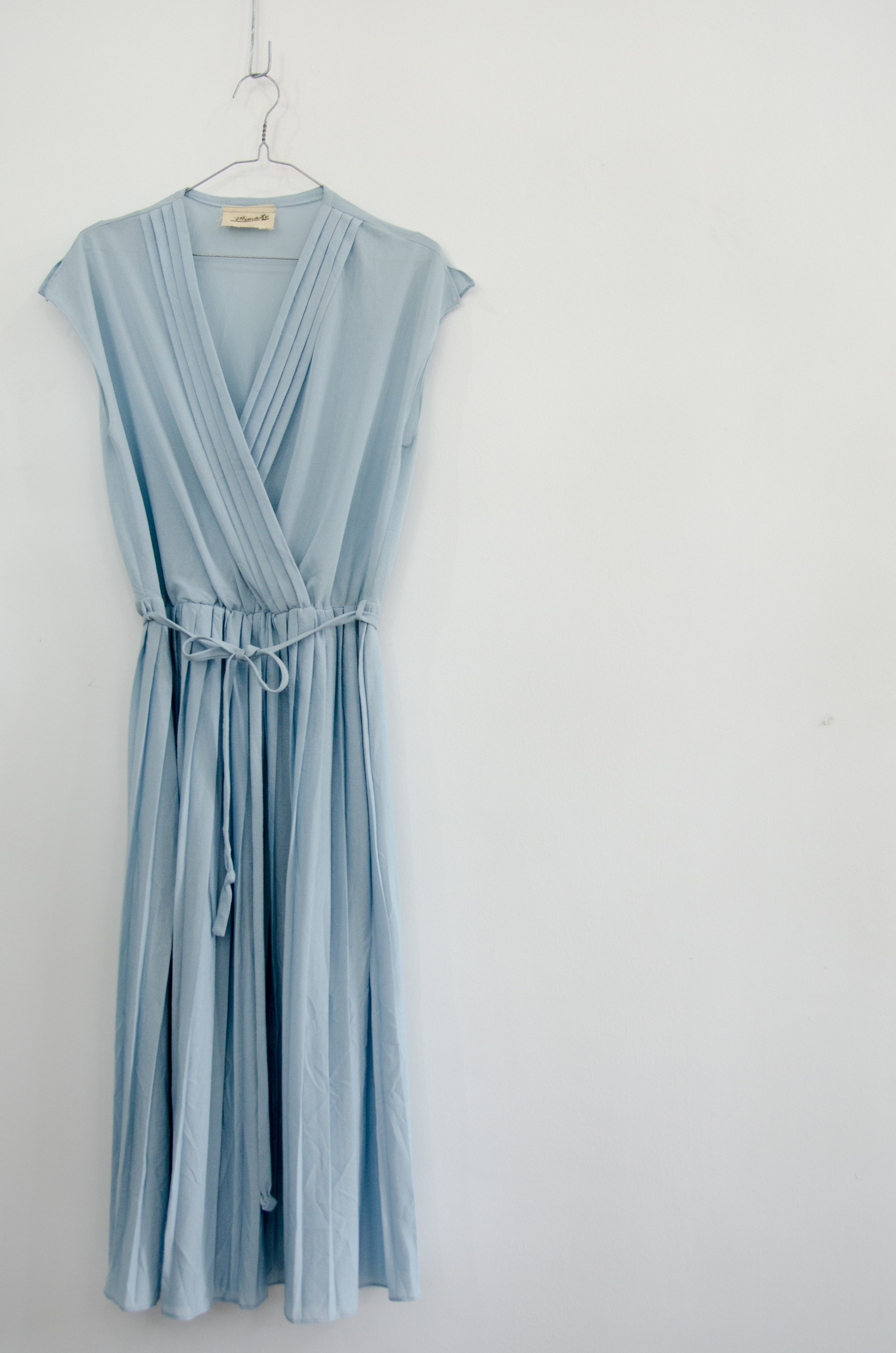

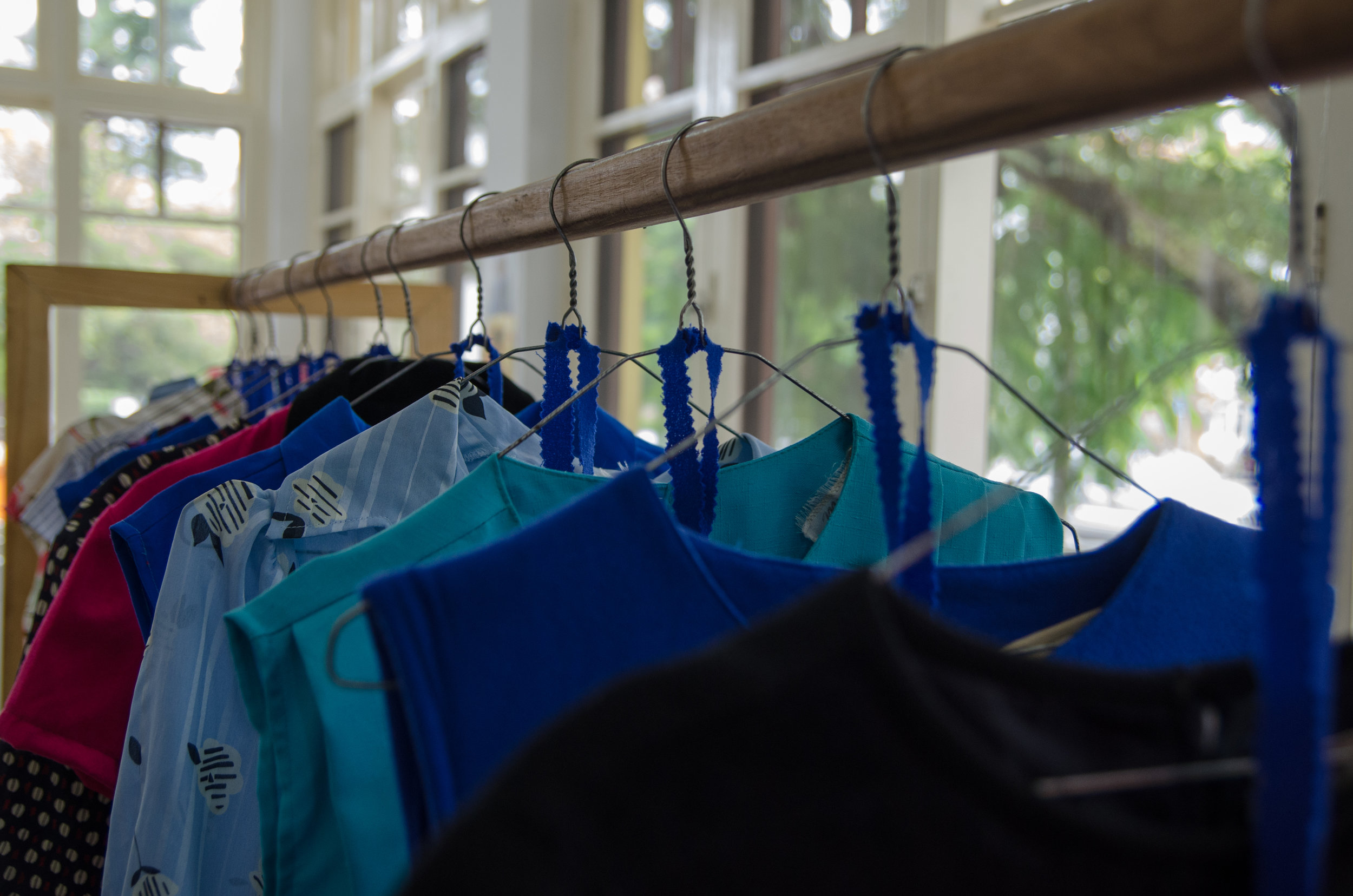
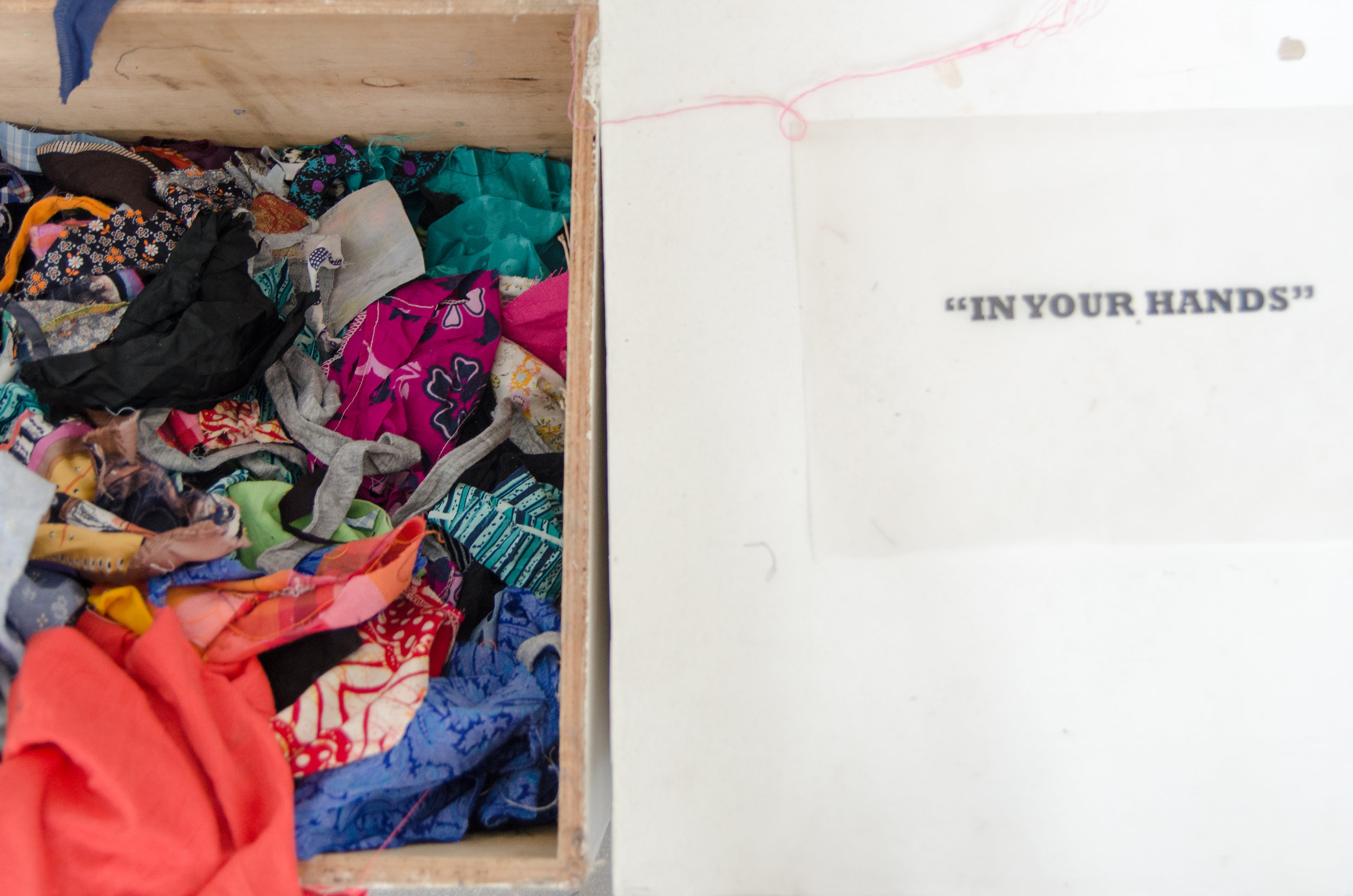
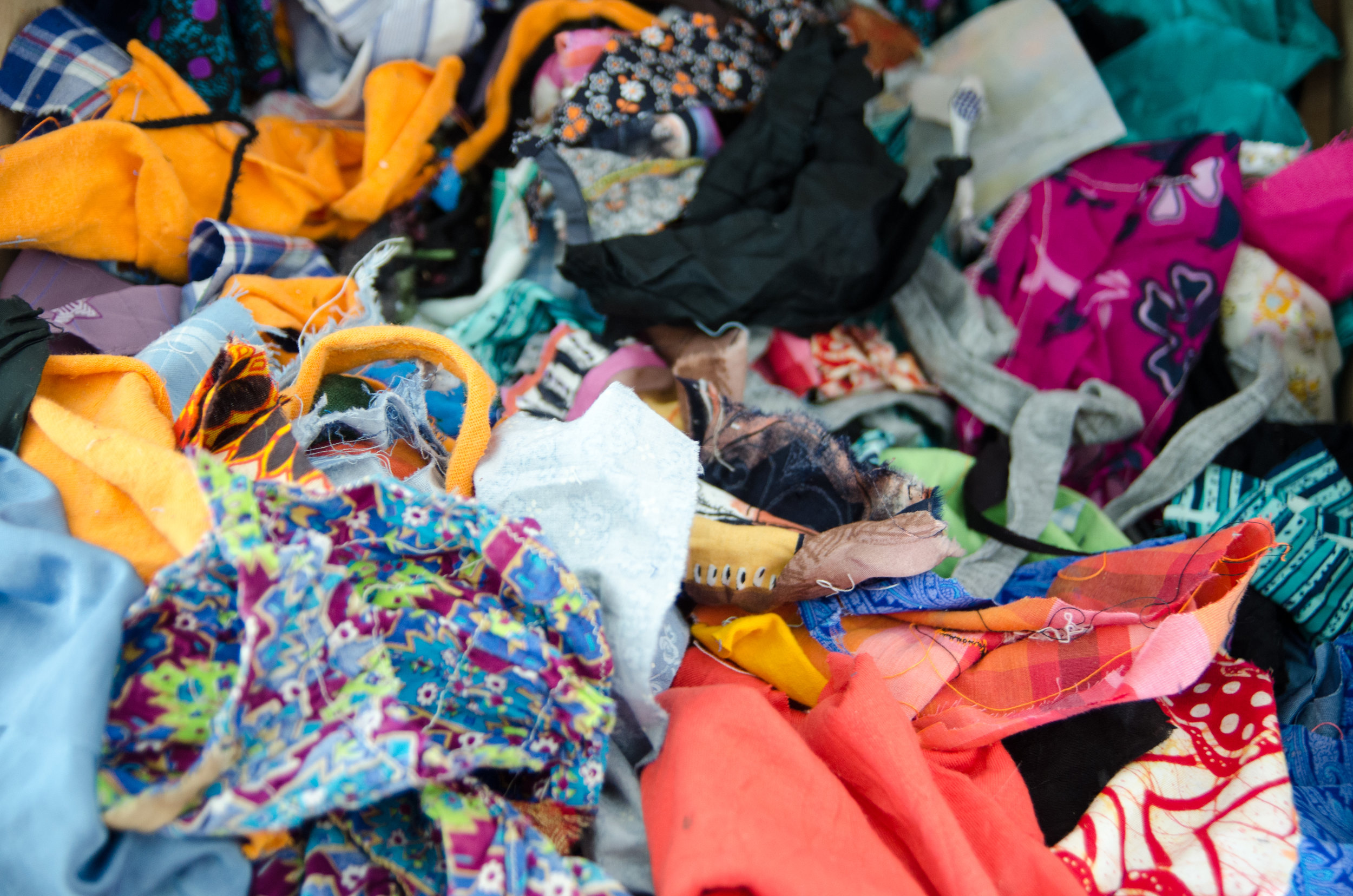

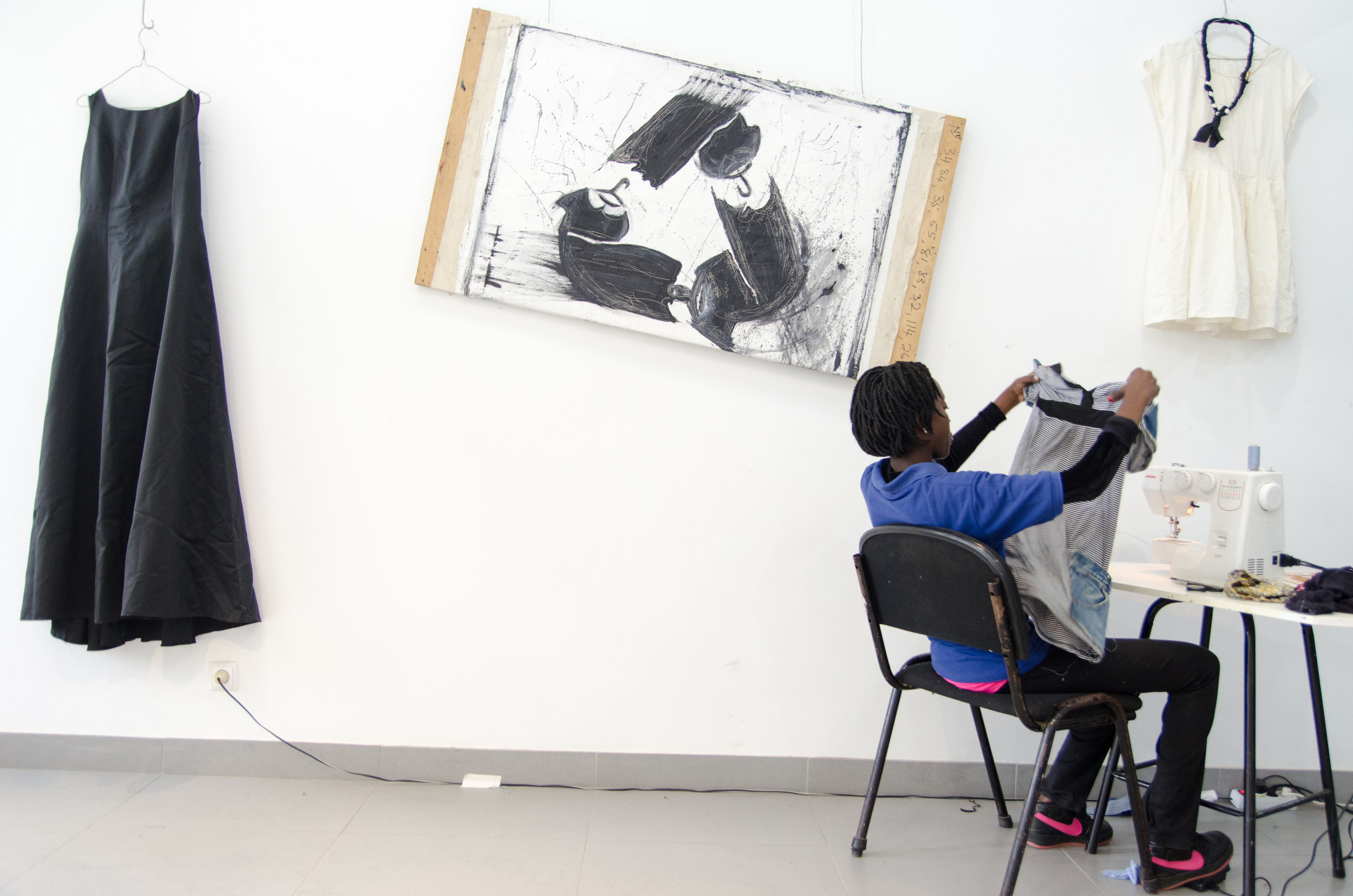
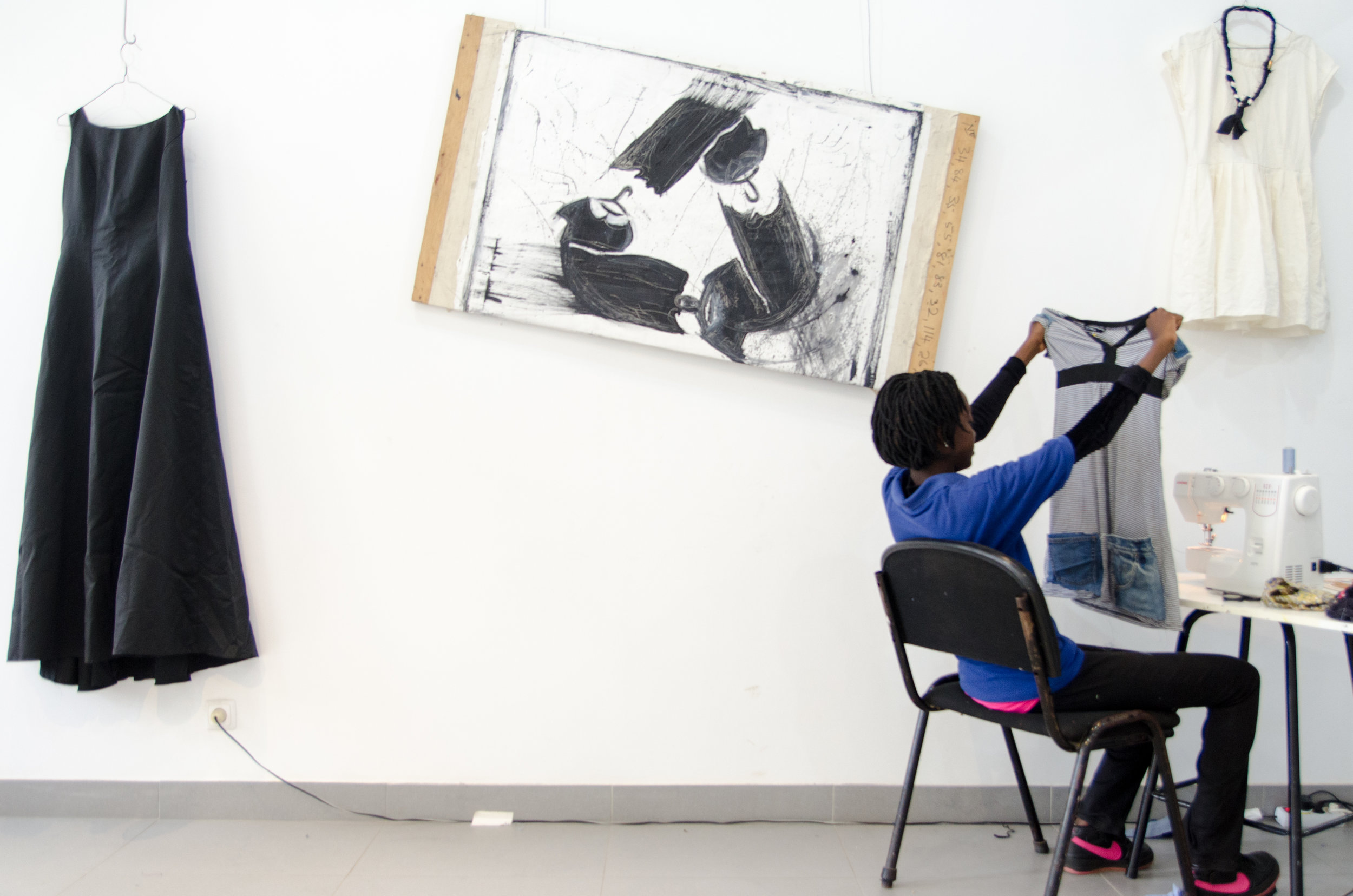
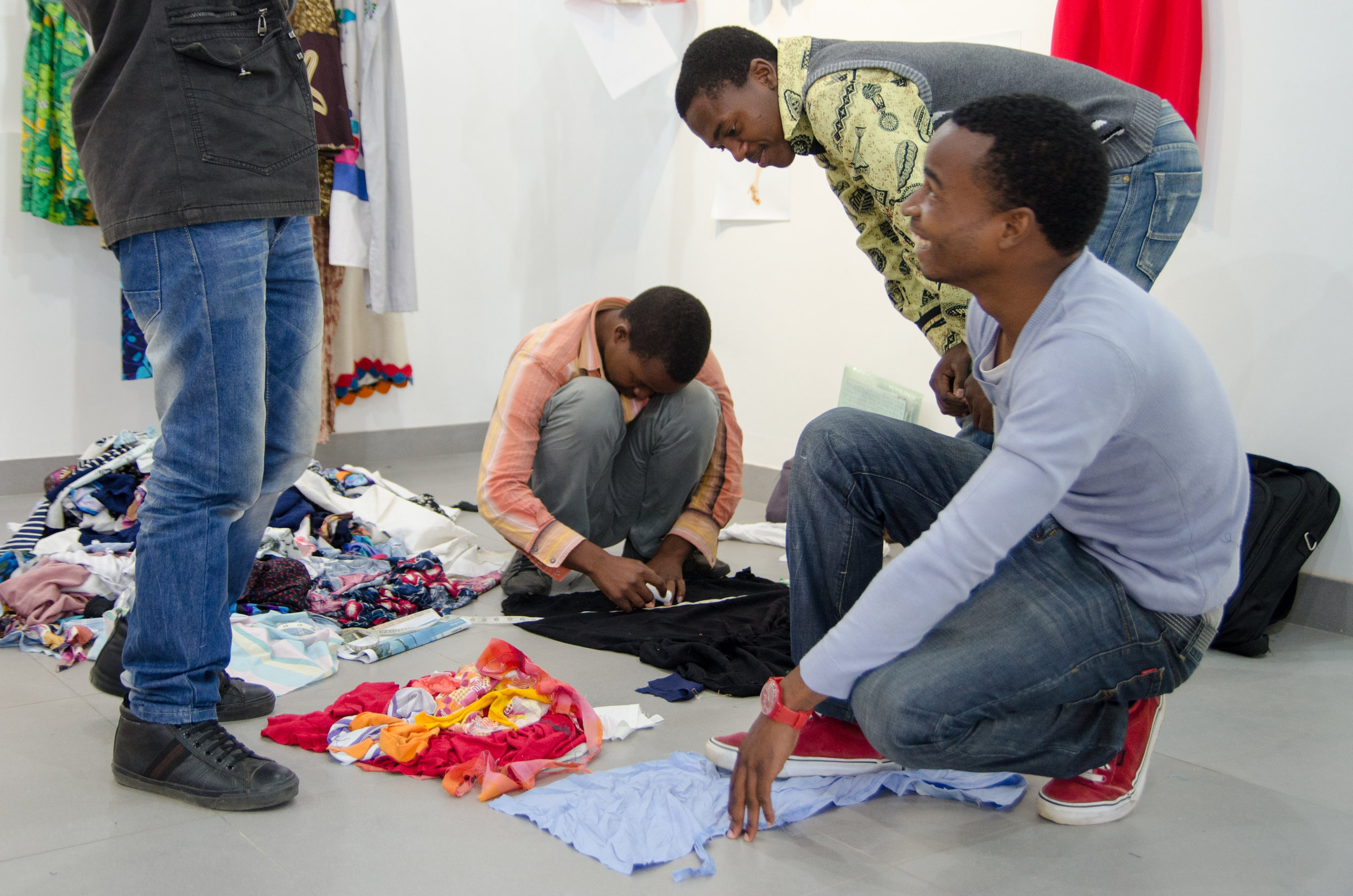
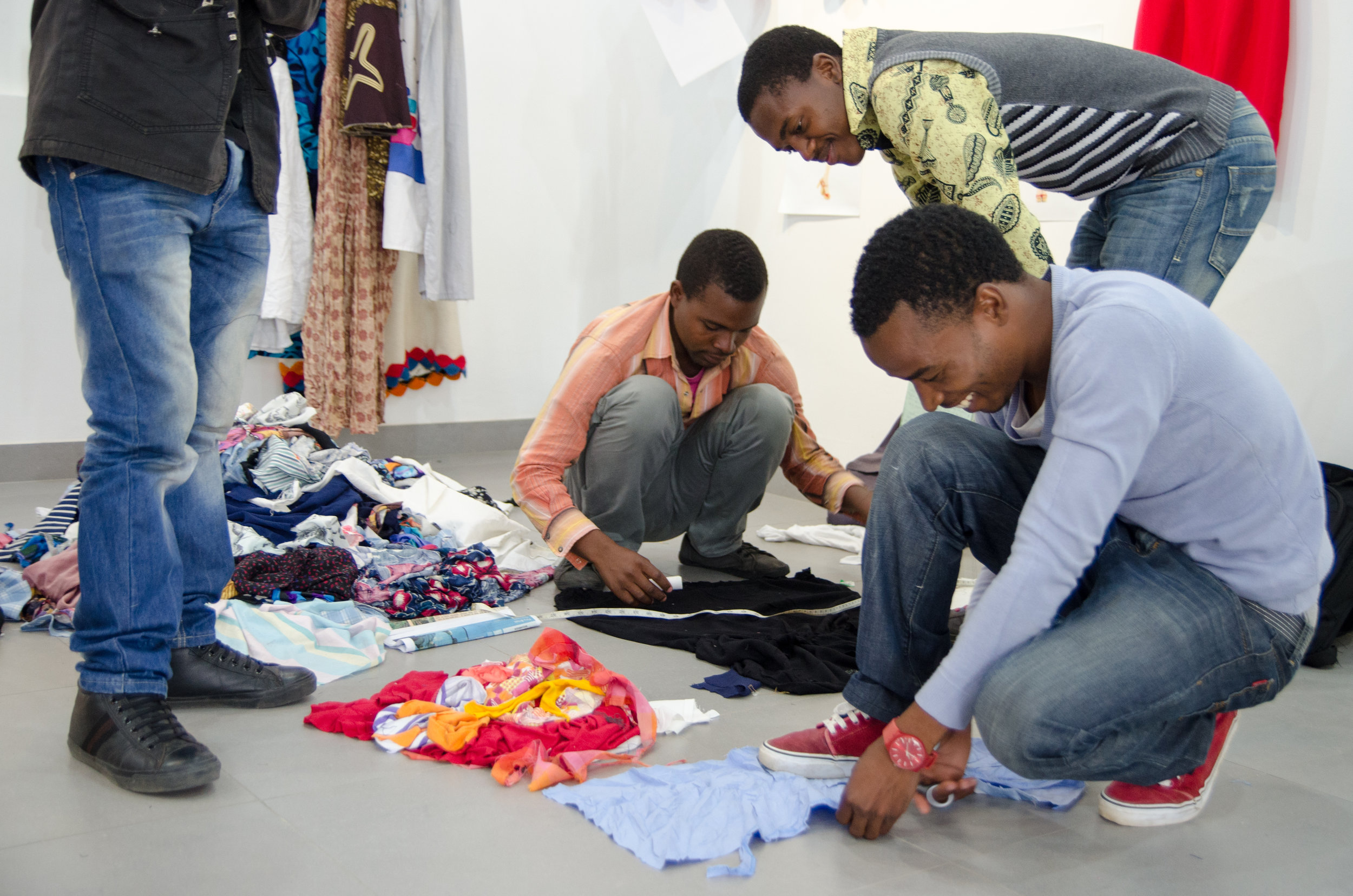
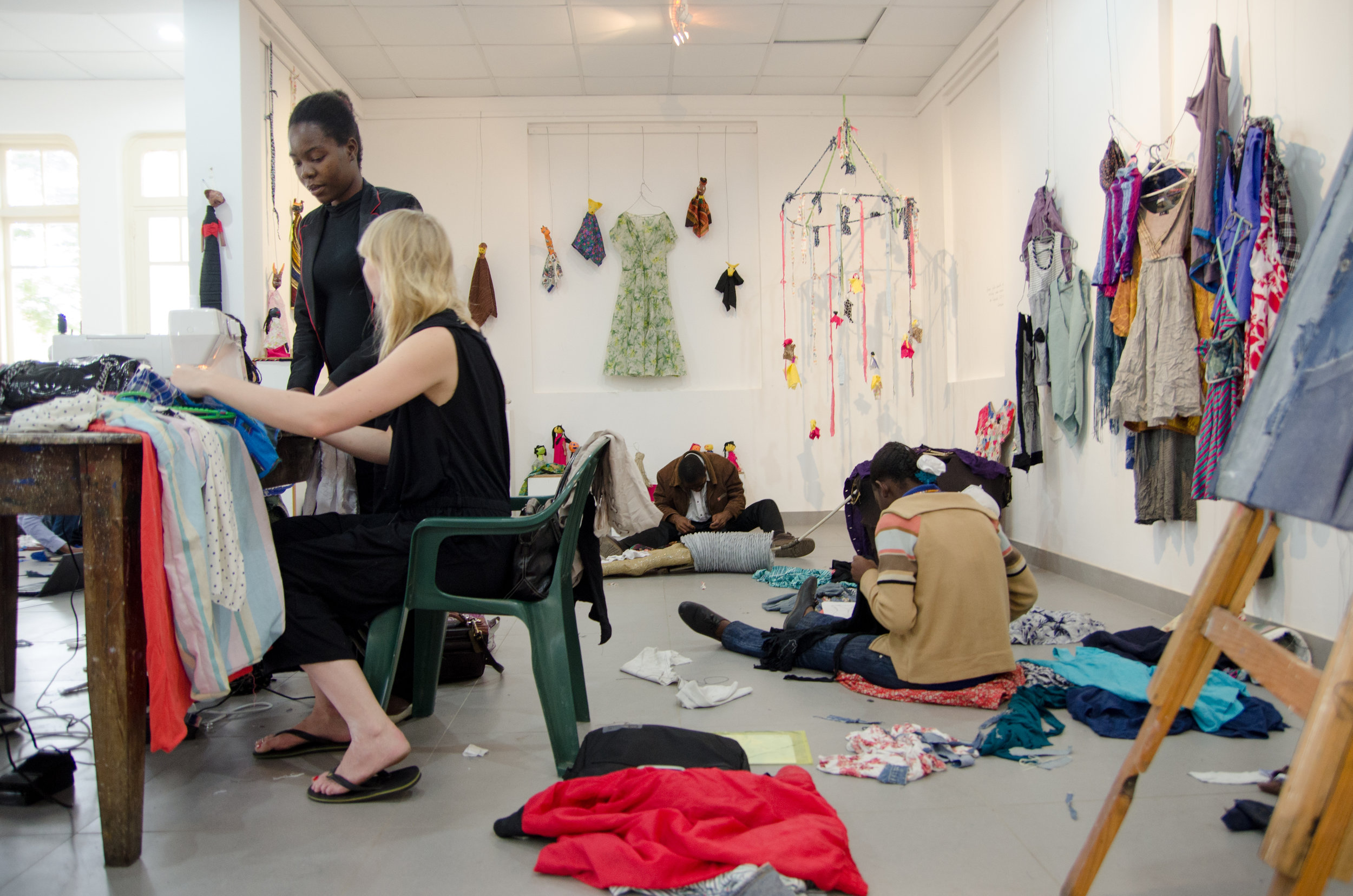
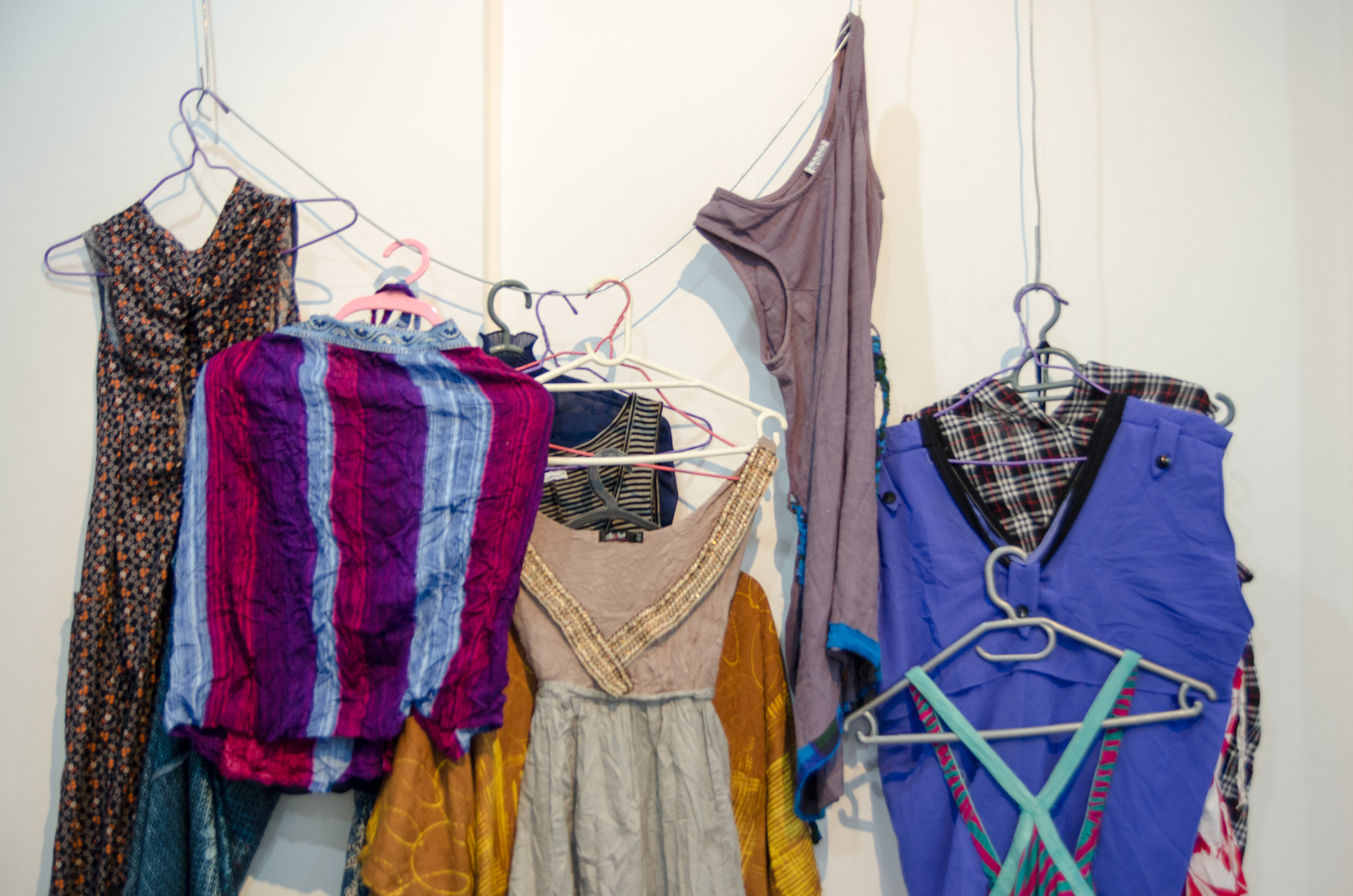
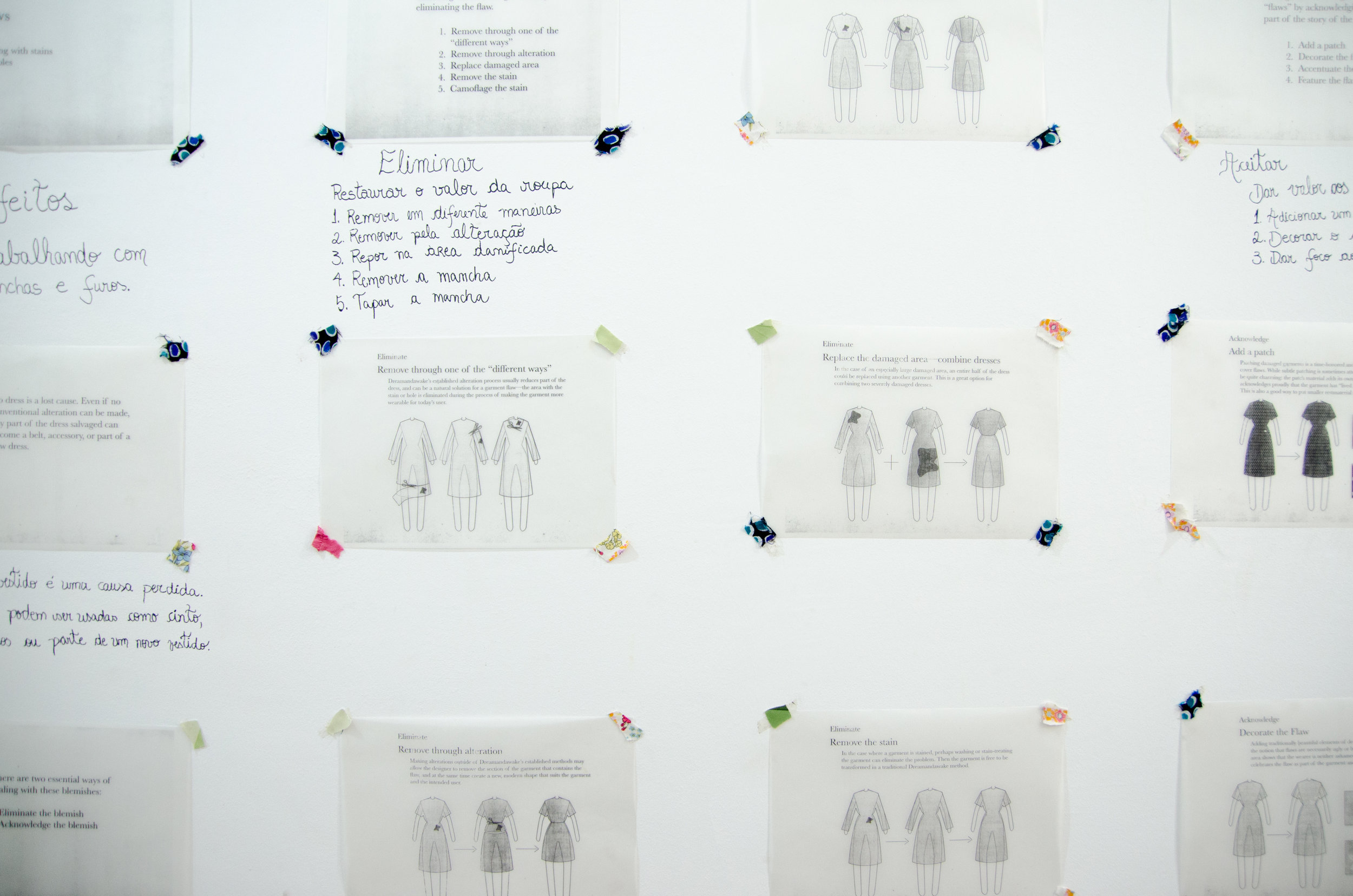
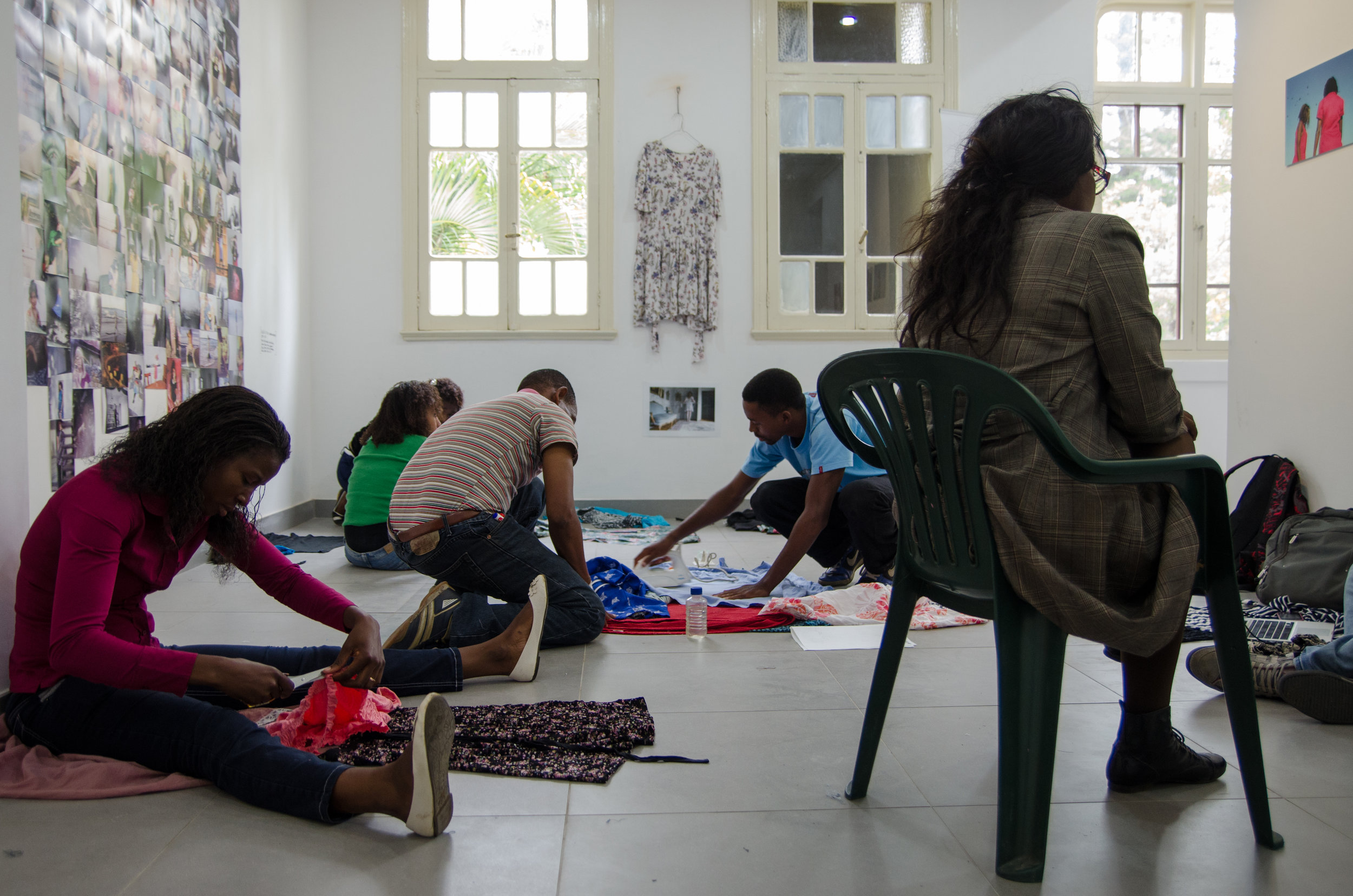
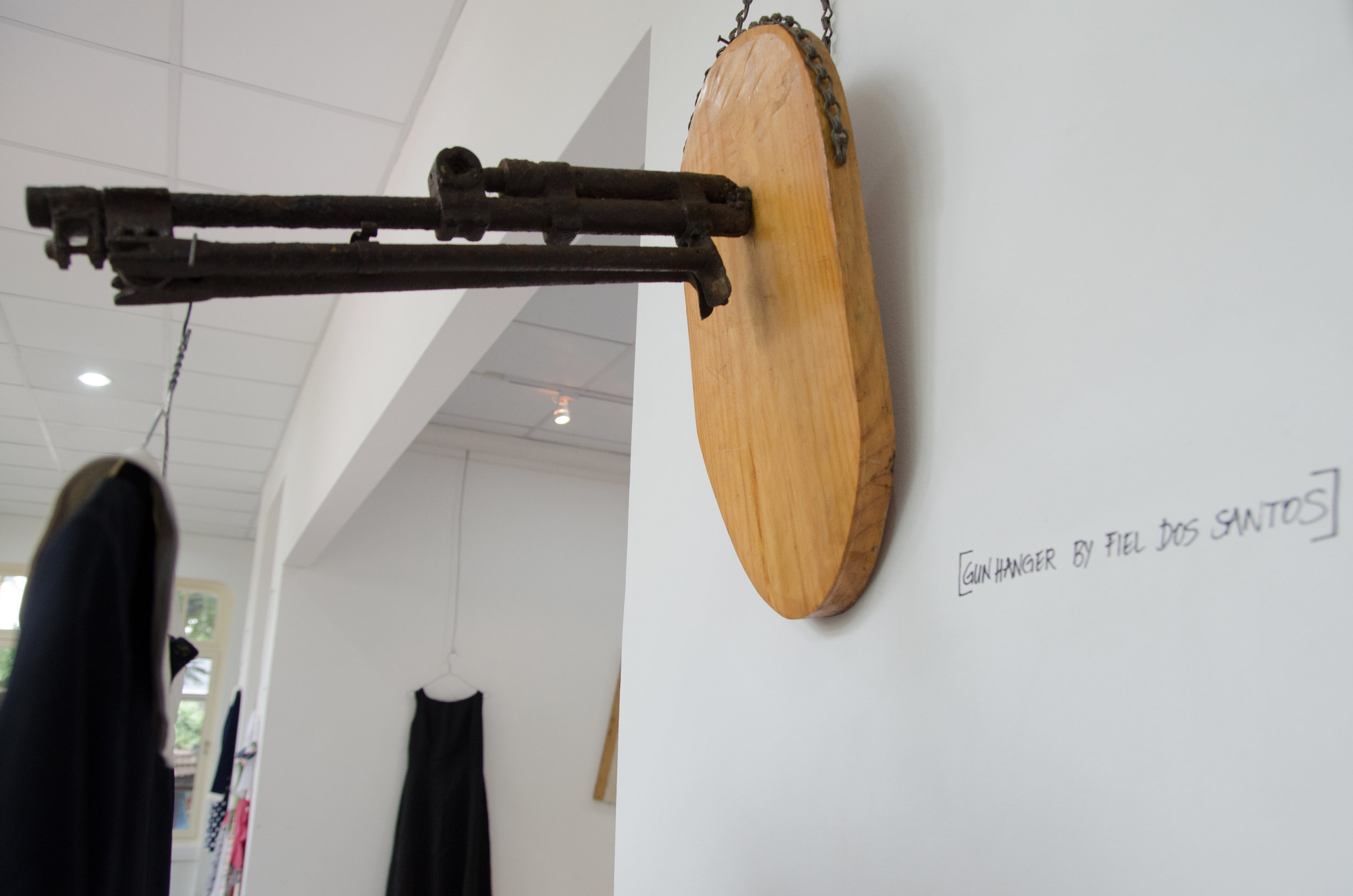
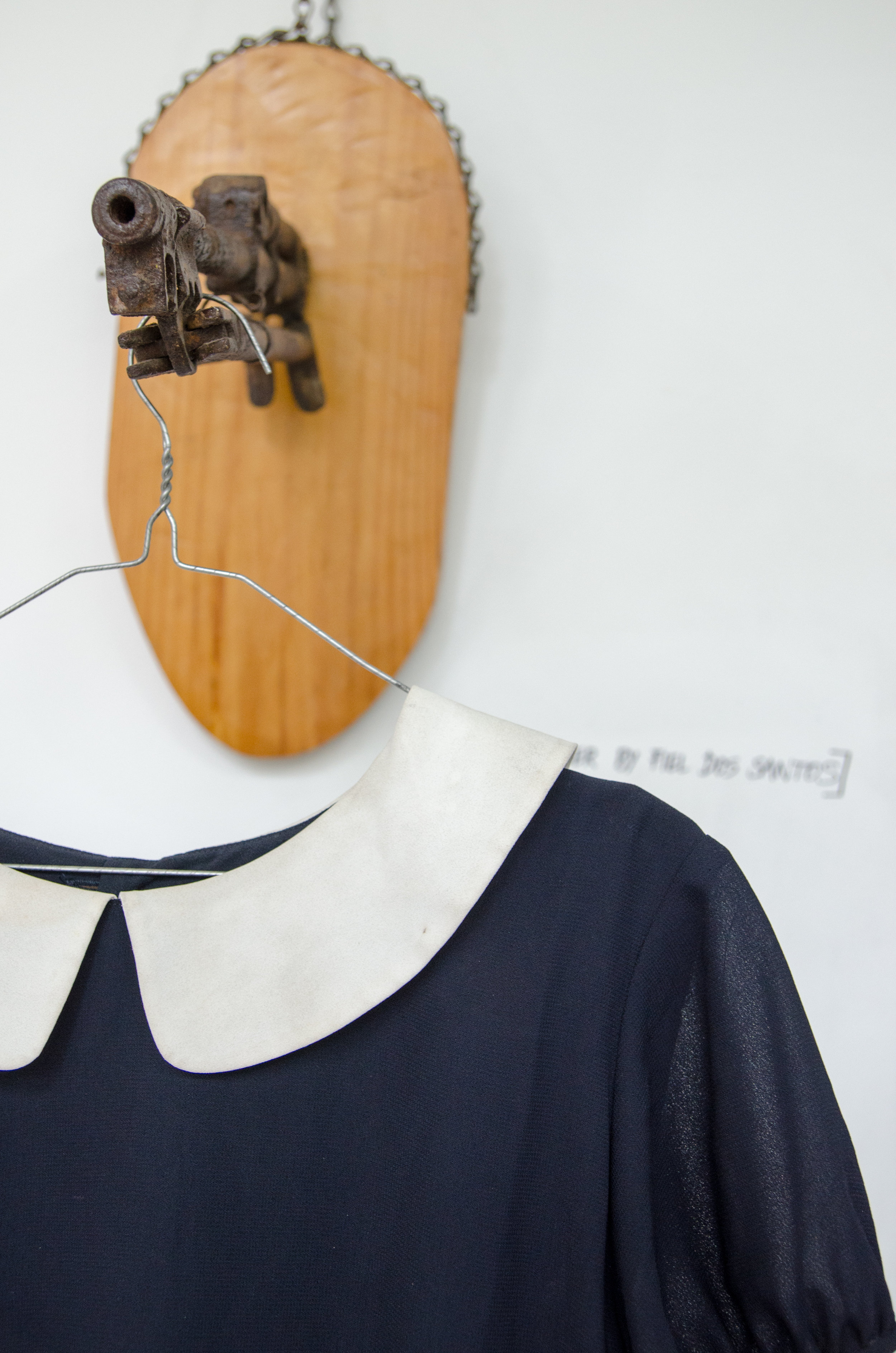
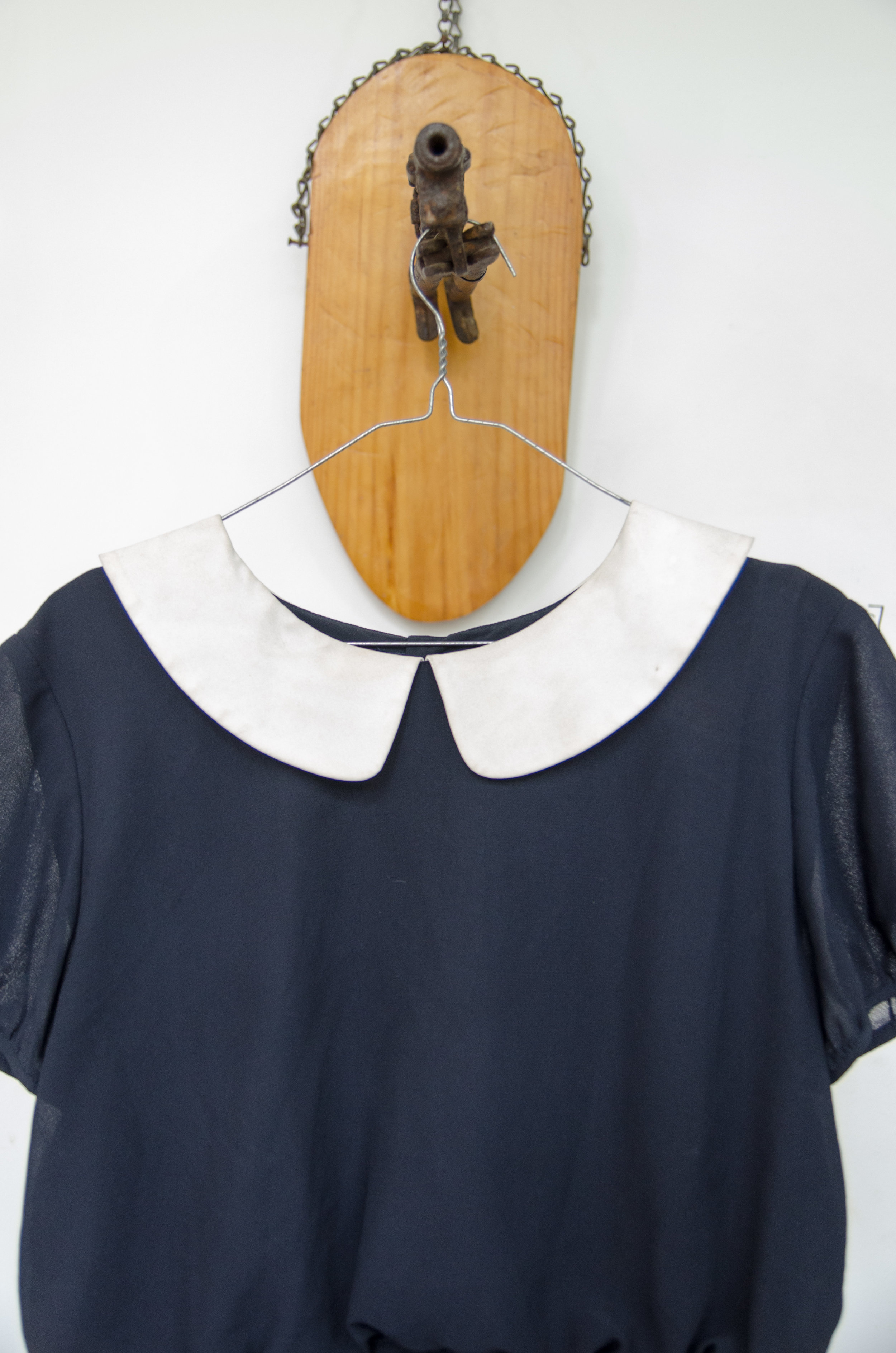
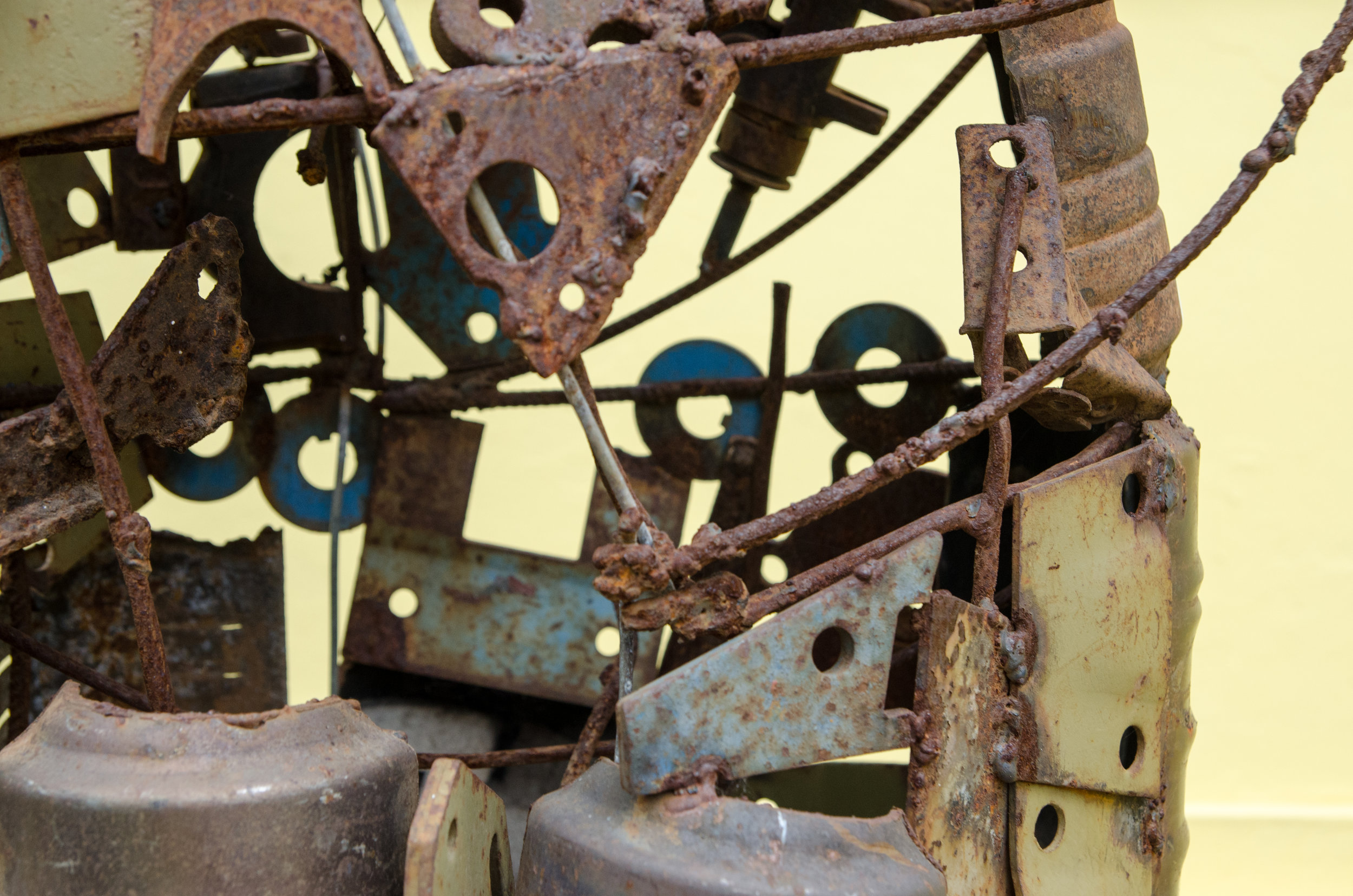
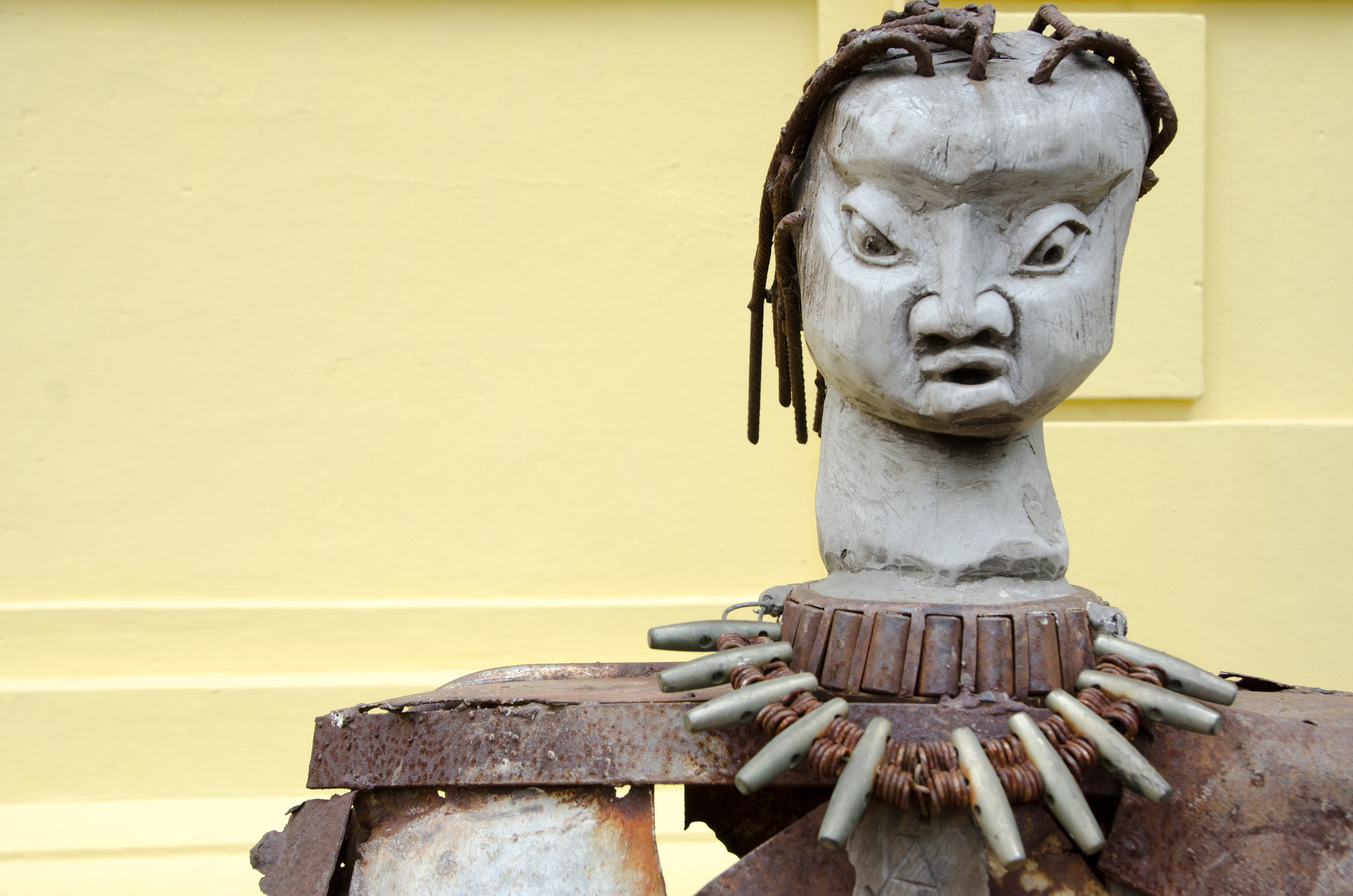
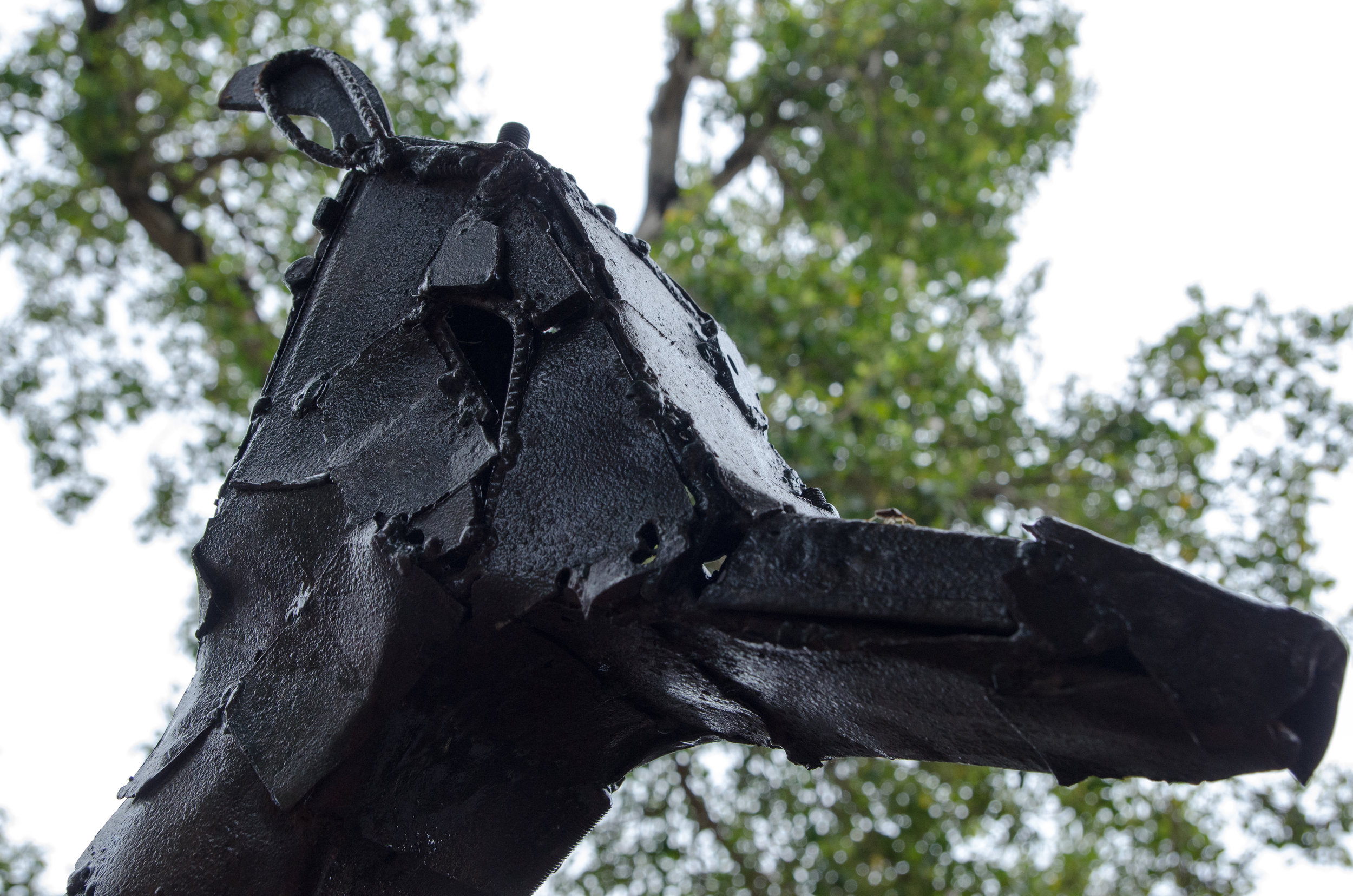
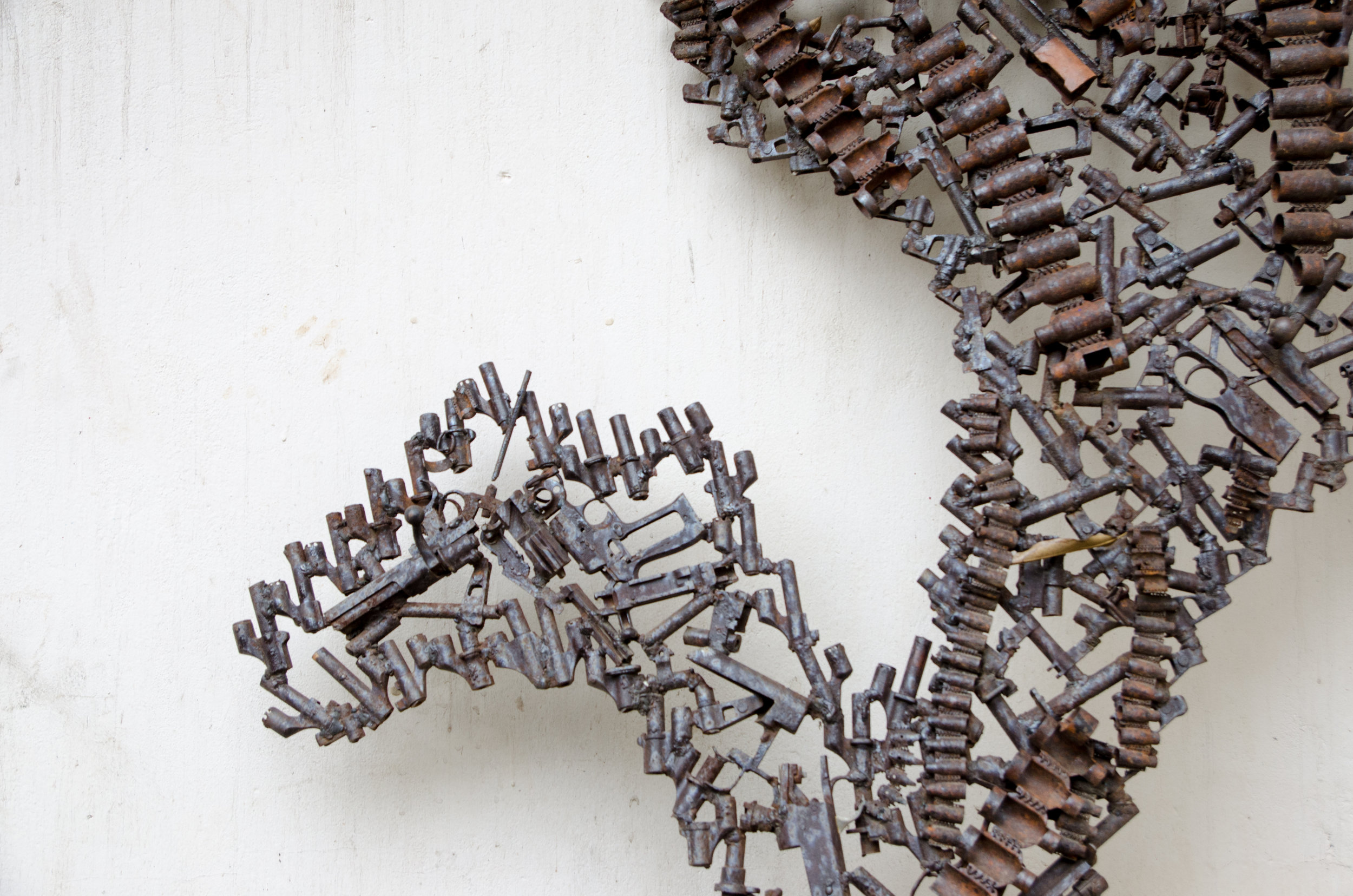
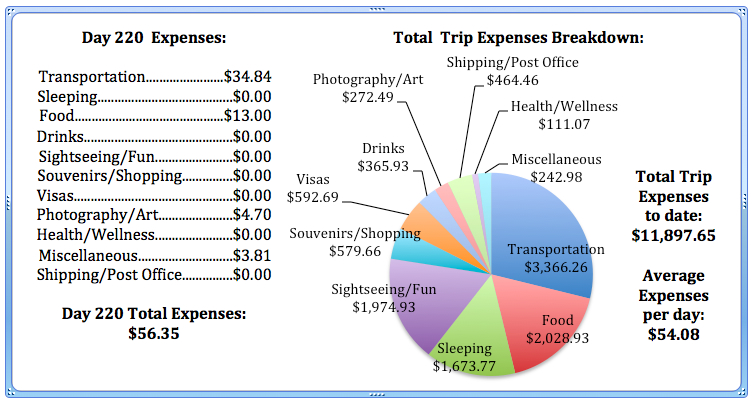
Fiel dos Santos is a Mozambican sculture artist who uses weapons from Mozambique’s 16-year civil war and welds them into the country, or a person, or a chair. The few pieces we were fortunate enough to see. According to this YouTube video I found all about him, “He is part of a group of artists practicing at a world-renowned space called Nucleo de Arte in Maputo.”
This is where we headed to see his work, but the main interior space had a jumble of activity going on inside. Enter: The Life of a Dress in Maputo. People were cutting fabric. Some were sewing. Some ironing. Some pulling clothes apart. It was chaotic and beautiful and I was jealous I wasn’t a part of it all. It was so totally different from everything else I felt in Maputo. It was collaborative. communal. open. an escape it seemed. I chatted with the Creative Director and tried to hide my disappointment that we will just miss her in NYC when she’ll be there in the Fall. Next time. In the meantime, check out her work! How much fun is it to have met another creative in Mozambique! Connecting with such fabulous artists and great projects (and Mozambique Island) has definitely been the silver lining to backpacking through this country.
The project (it’s second time in Mozambique, I think) has even fueled two local Mozambican girls to start their own line of clothing! Their pieces along with photos of them modeling their clothing was hung up throughout the space.
An excerpt from The Life of a Dress statement:
The Life of a Dress is a travelling exhibition based on the strong conviction that, where dresses are concerned, everything old may be reinvigorated into something new. The project is visiting Mozambique to share this content and learn from local projects and people about ways of how to rethink the use of materials. It is exploring how second-hand dresses found in local markets and streets may be used as a valuable asset for further transformations.
Cool, right? All I could think of walking into the workshop was how much my Mom would have loved to not only see it, but to help as well, and maybe it would be motivation for her to get her own thing going in NKY. (Do it, Momma) I also thought of how my sewing skills have deteriorated since my days in 4-H (Head, heart, hands, health, baby. I’m from Kentucky, remember? Don’t judge). I have machines at “home” now I just need to be able to squeeze in the time to reacquaint myself with the needle and thread when we get back.
After the exhibition, we wandered around in what we thought (and hoped) were the “go” areas of Maputo before gathering our things for an overnight bus to Joburg, South Africa. Have you ever flown First Class before? If yes, that’s what it’s like getting on a bus that isn’t typical to Mozambique. I had a reclining seat all to myself. We scored seats with extra legroom. There were signs that no one was allowed to stand in the aisle. There was a bathroom. WITH TISSUE. And we even had reading lights THAT WORKED.
It was the most beautiful bus we had been on since… maybe, Israel.
And then we blew a tire.
But the bus wasn’t fifty years old and our driver pulled over (safely) to the side of the road, repaired it, and an hour later, we were on our way. Oh First World, how lovely it is to see you again!



